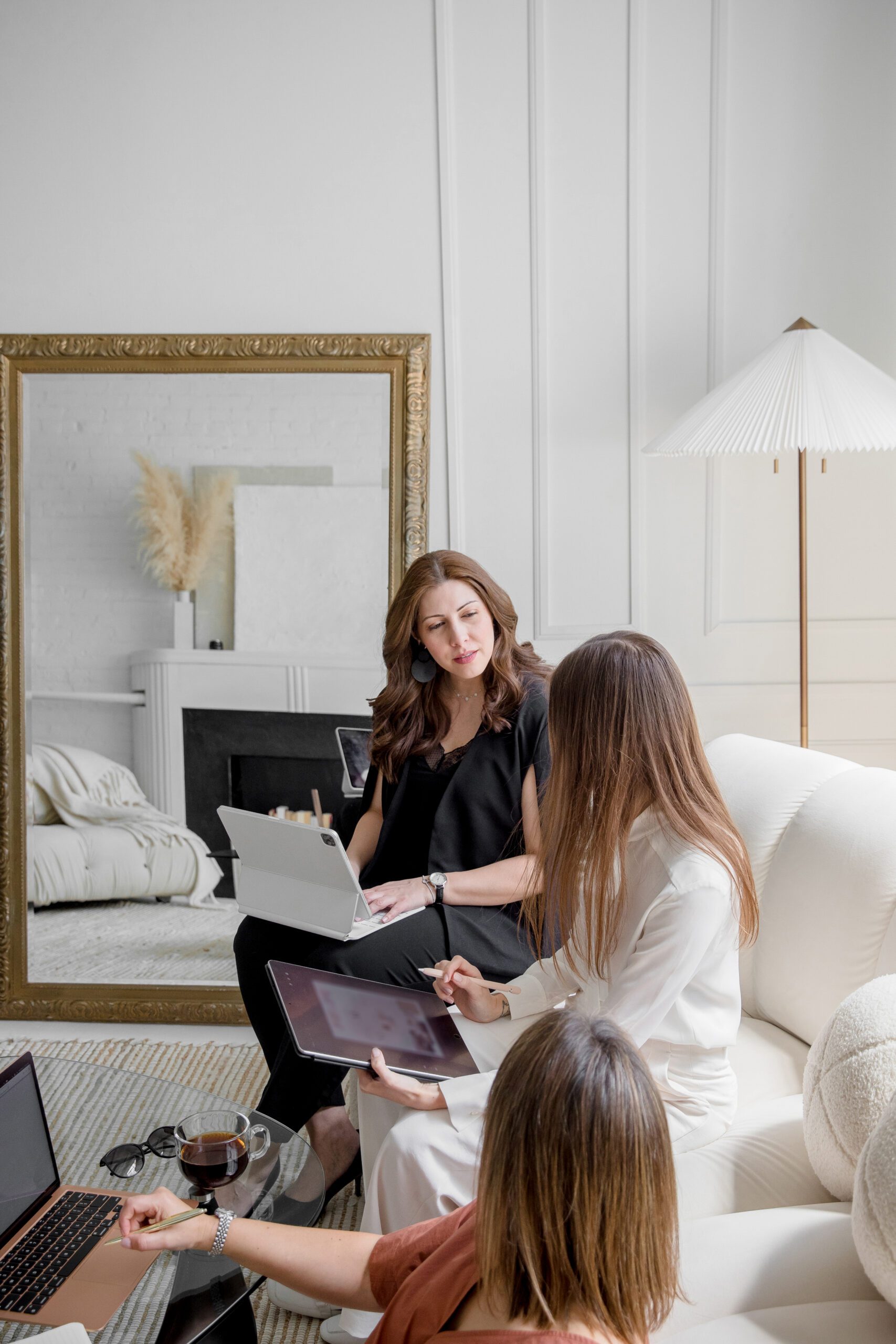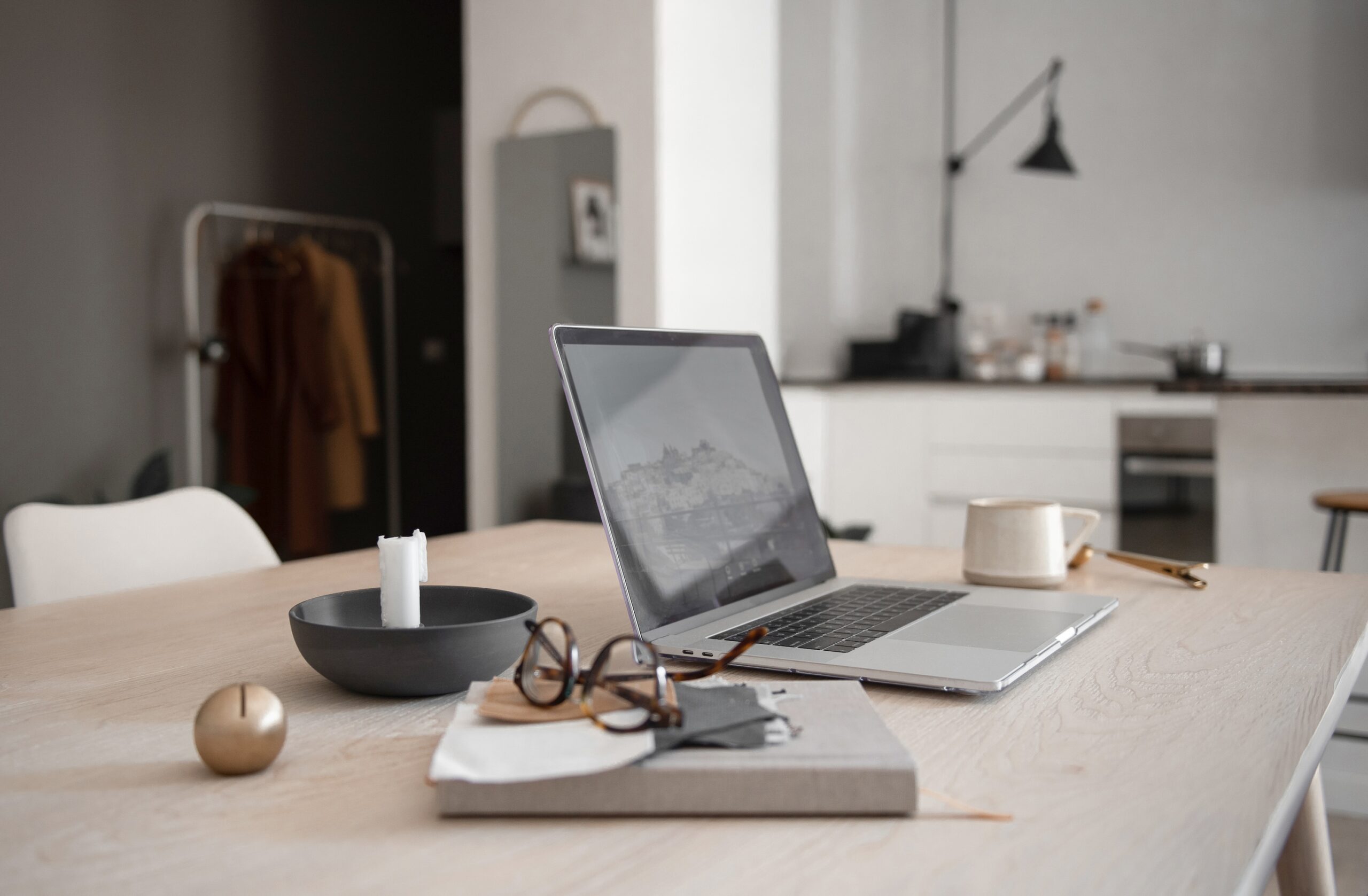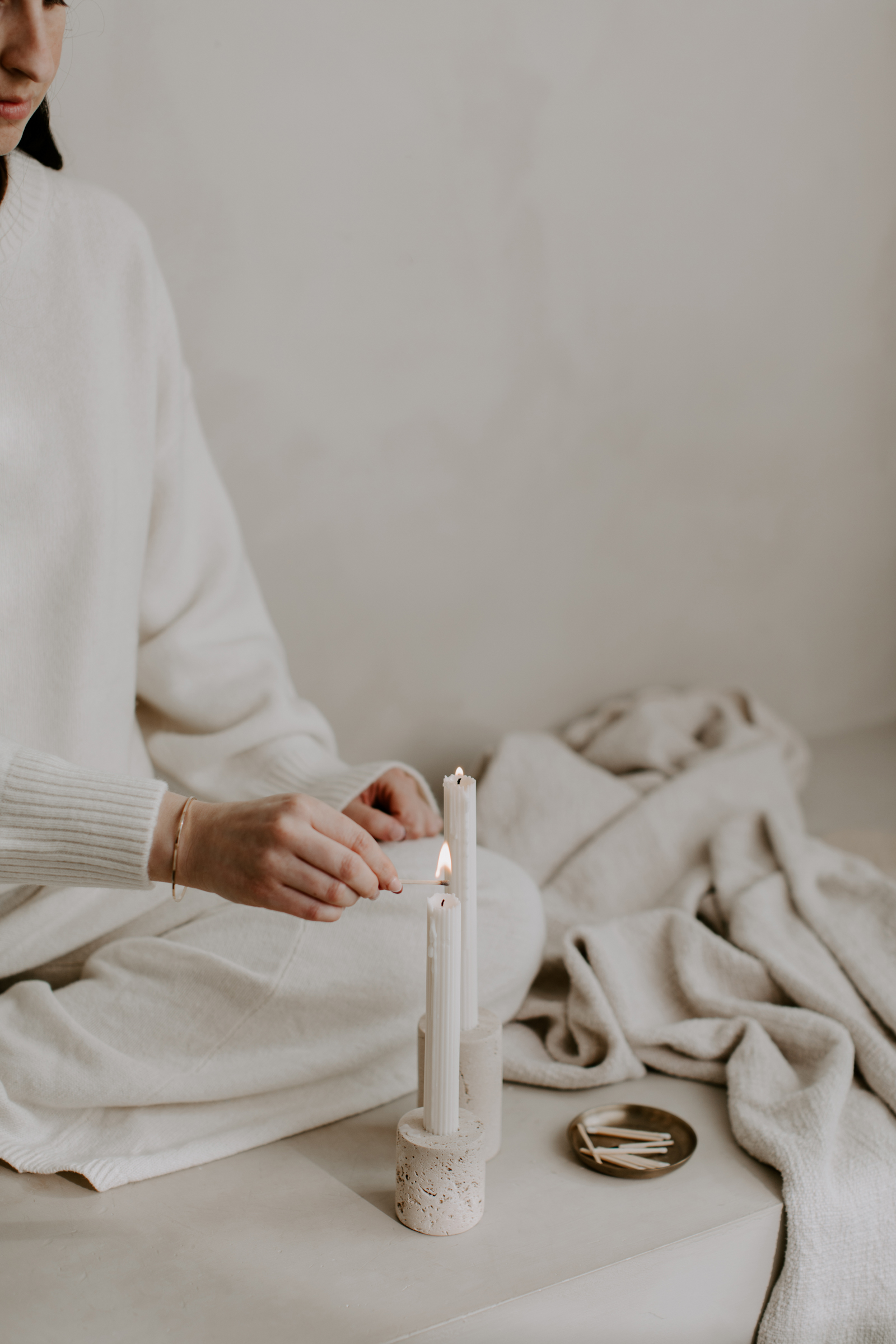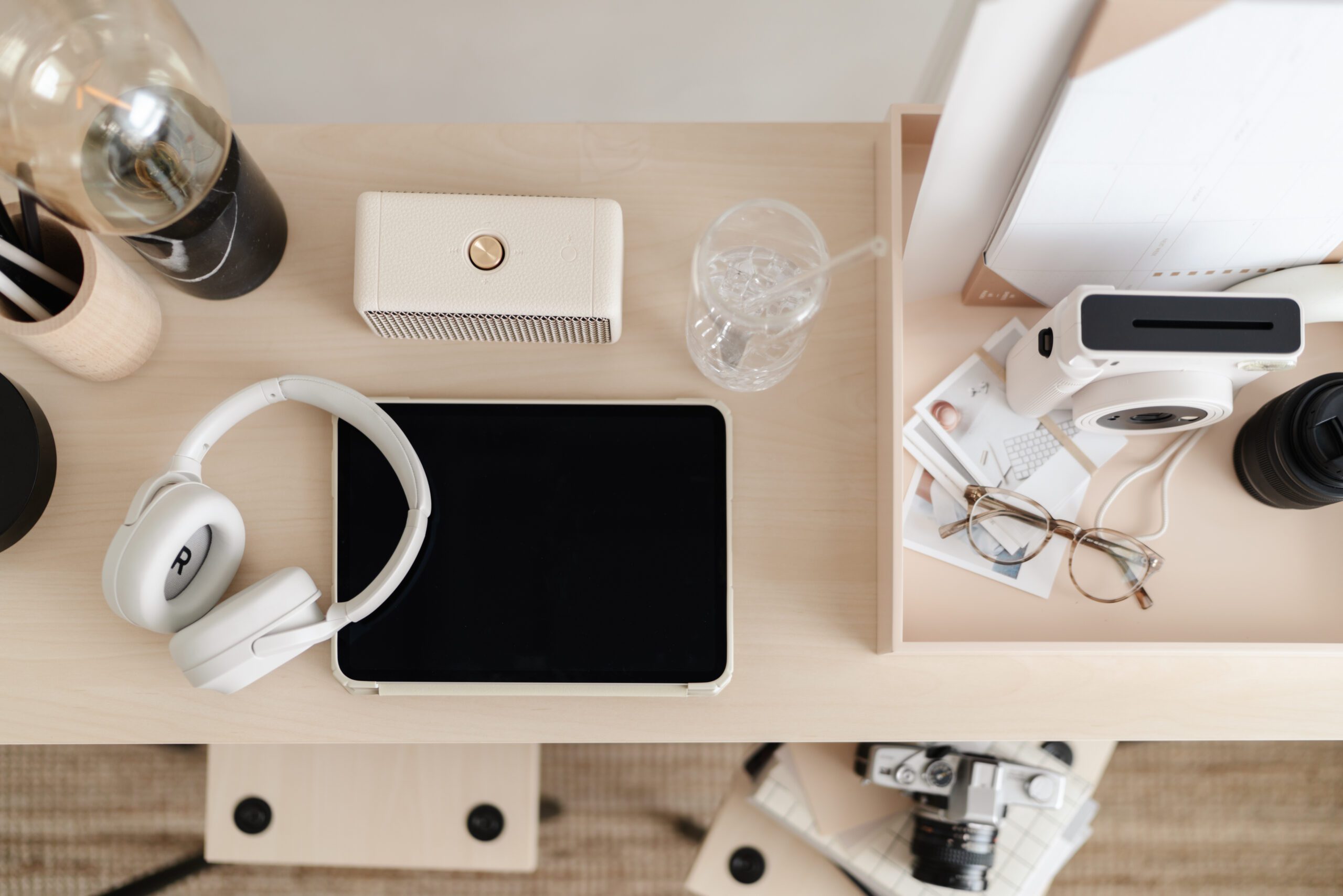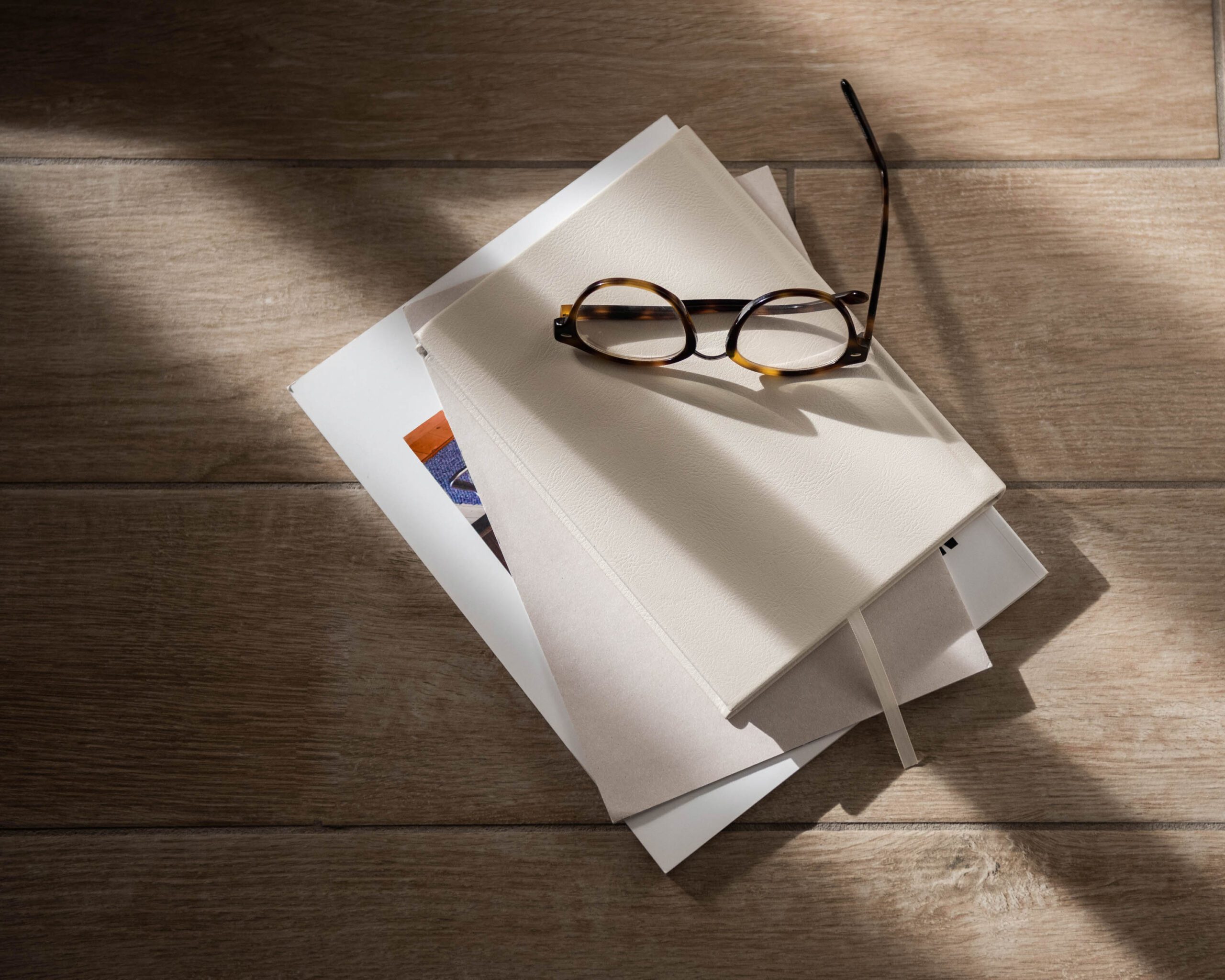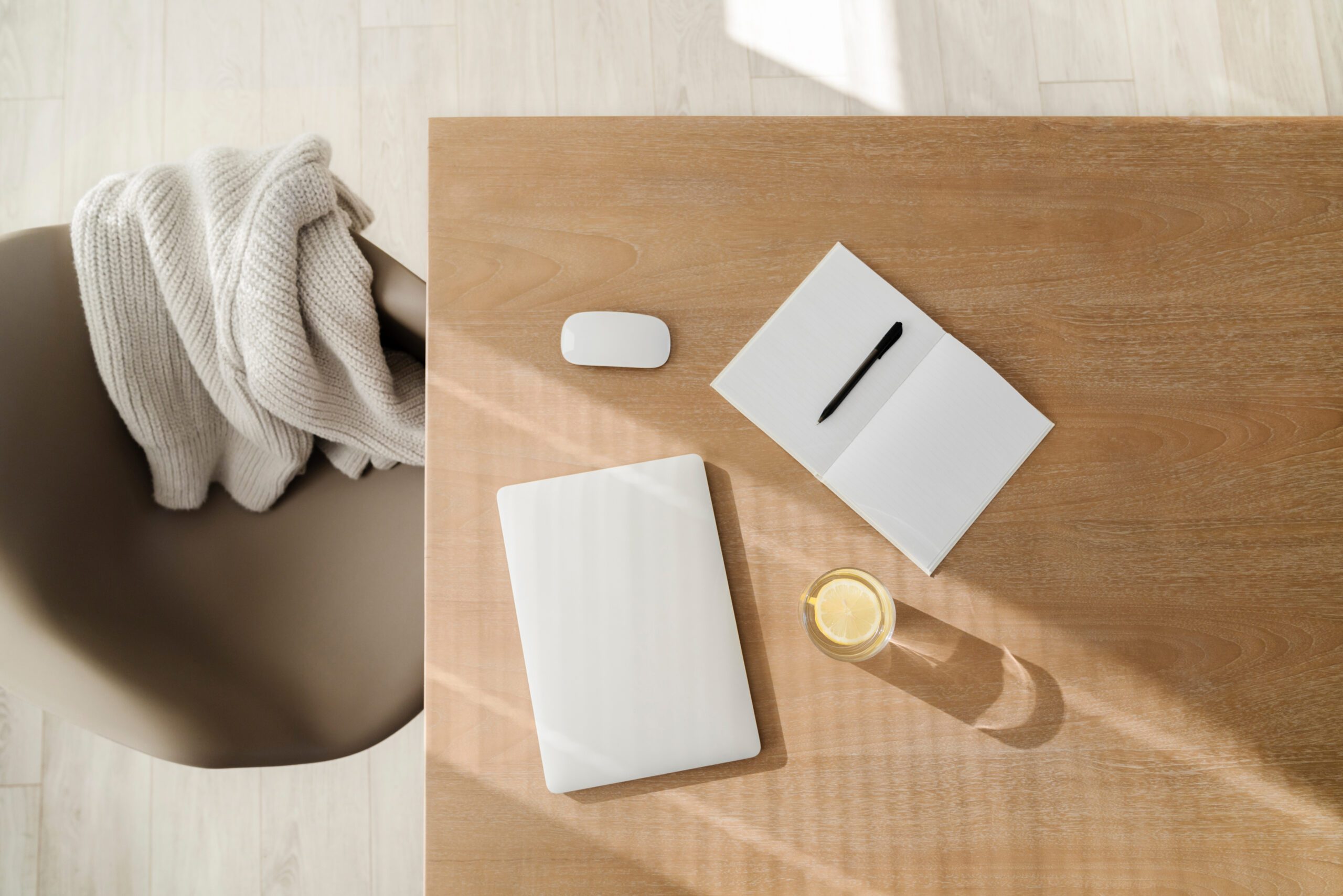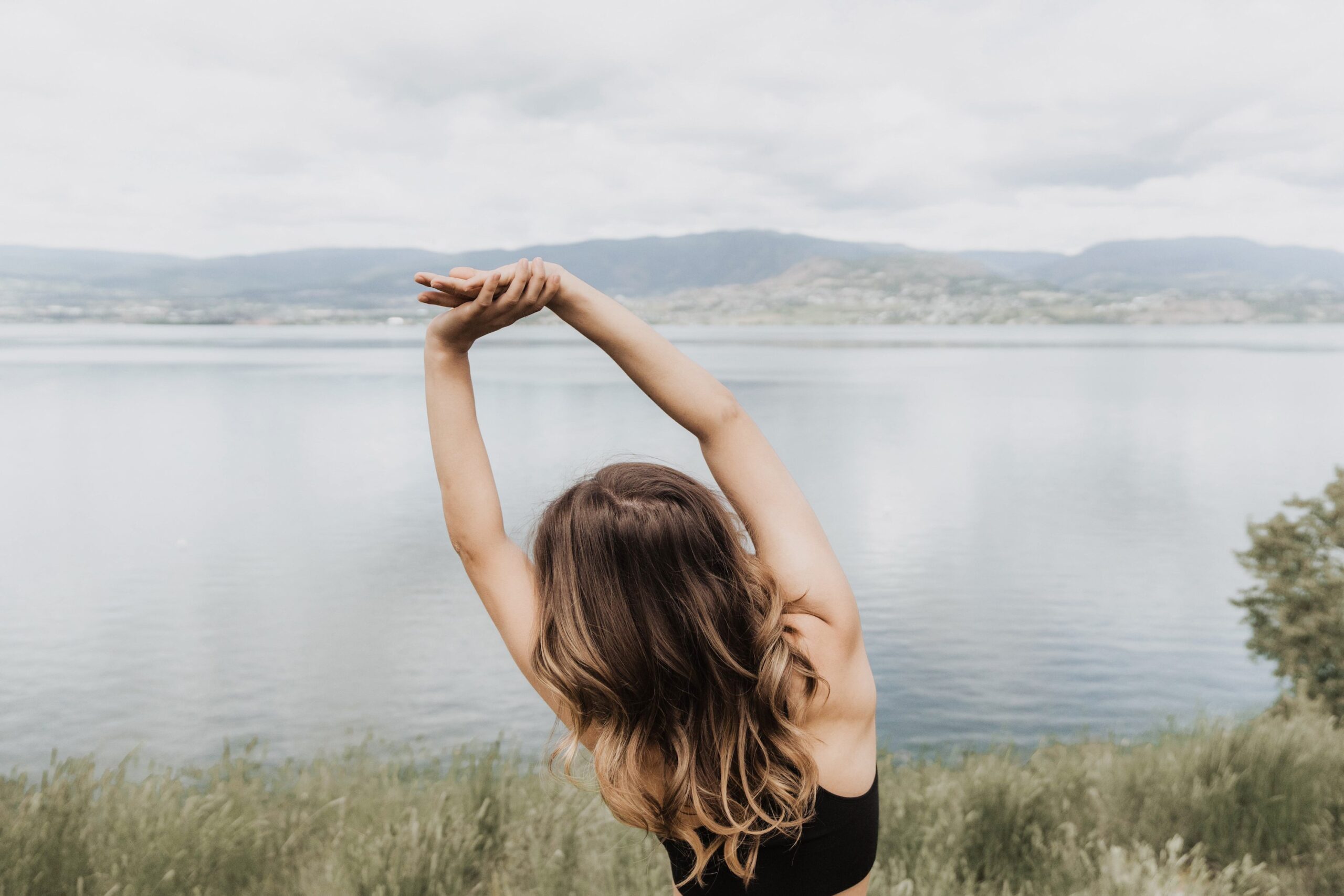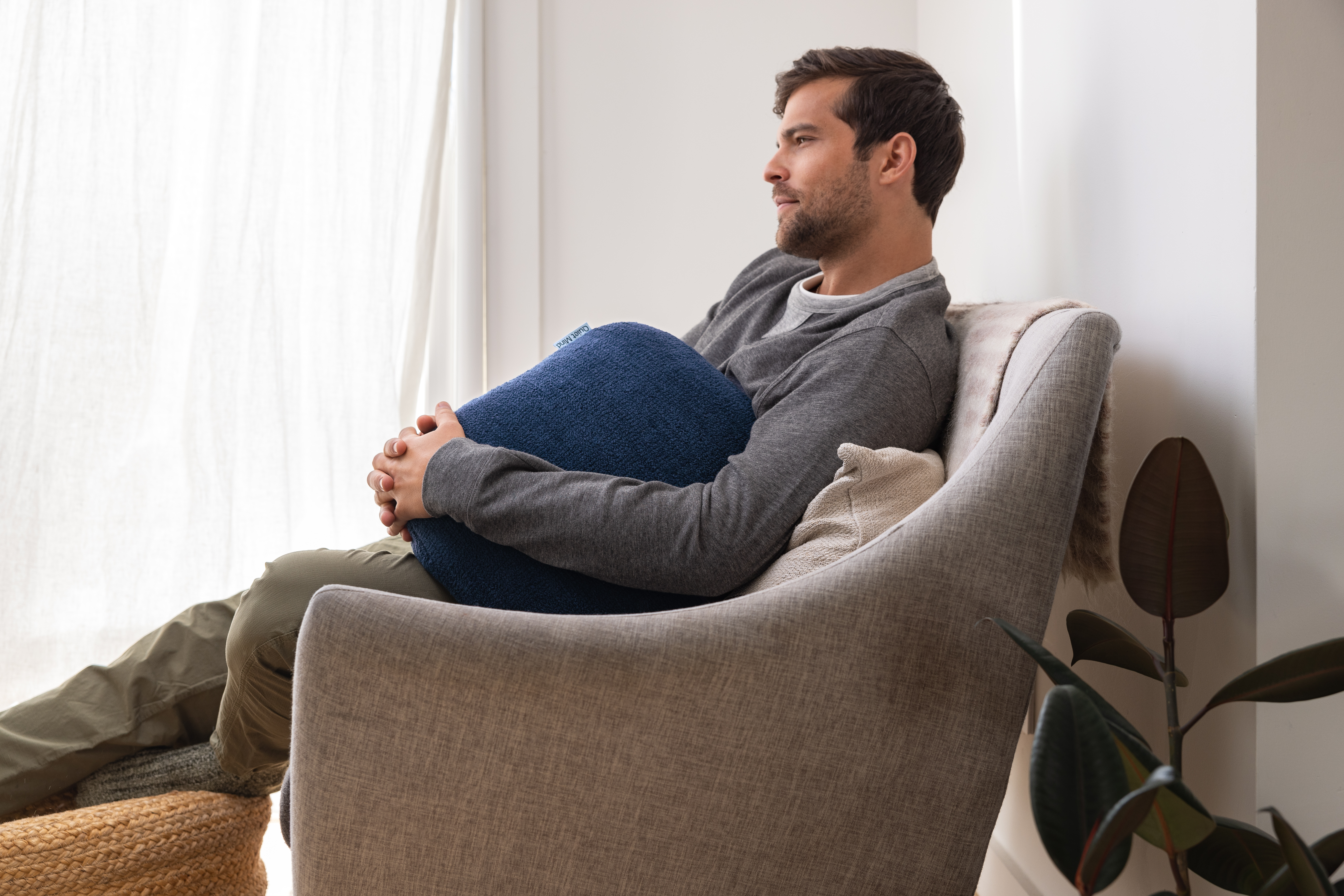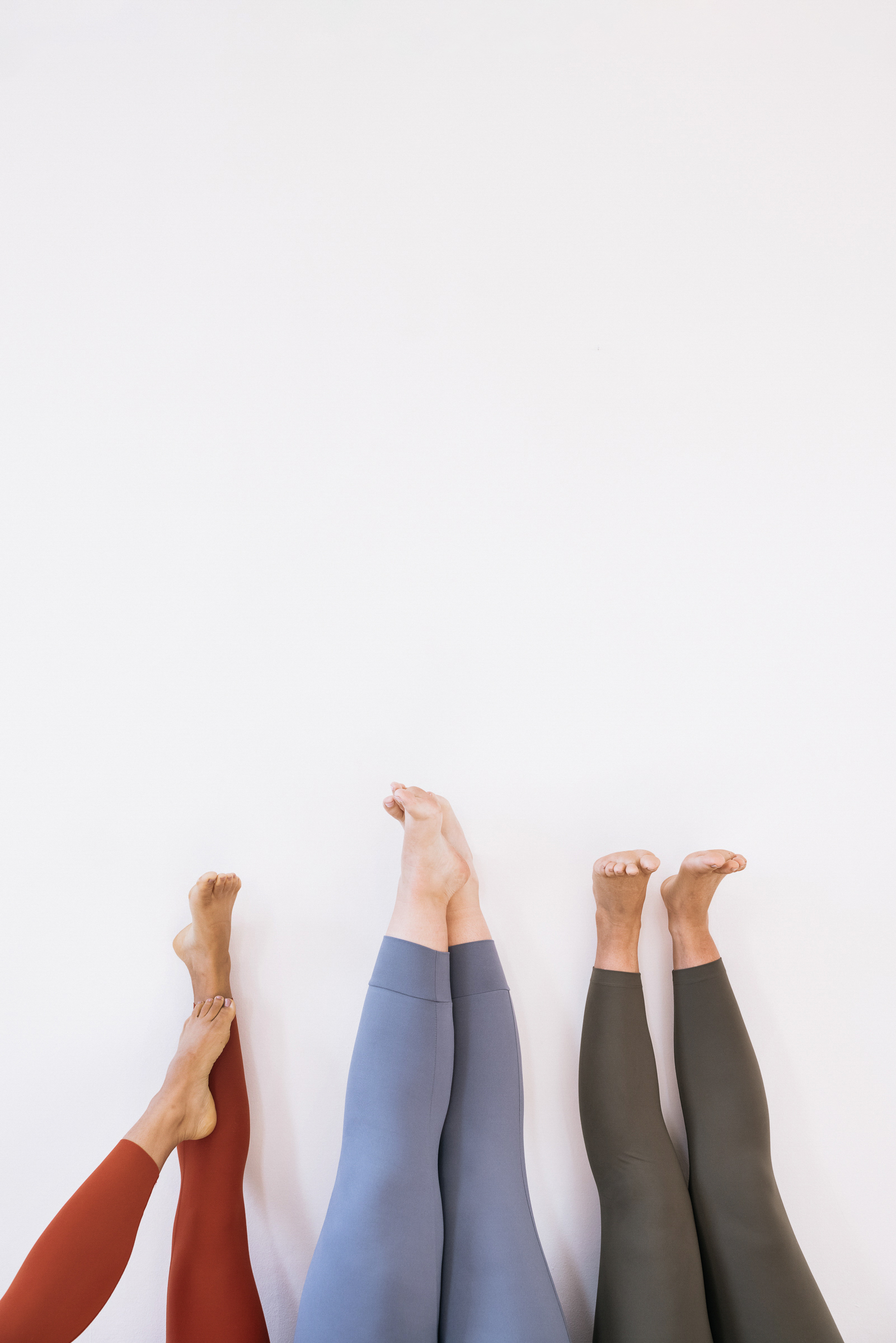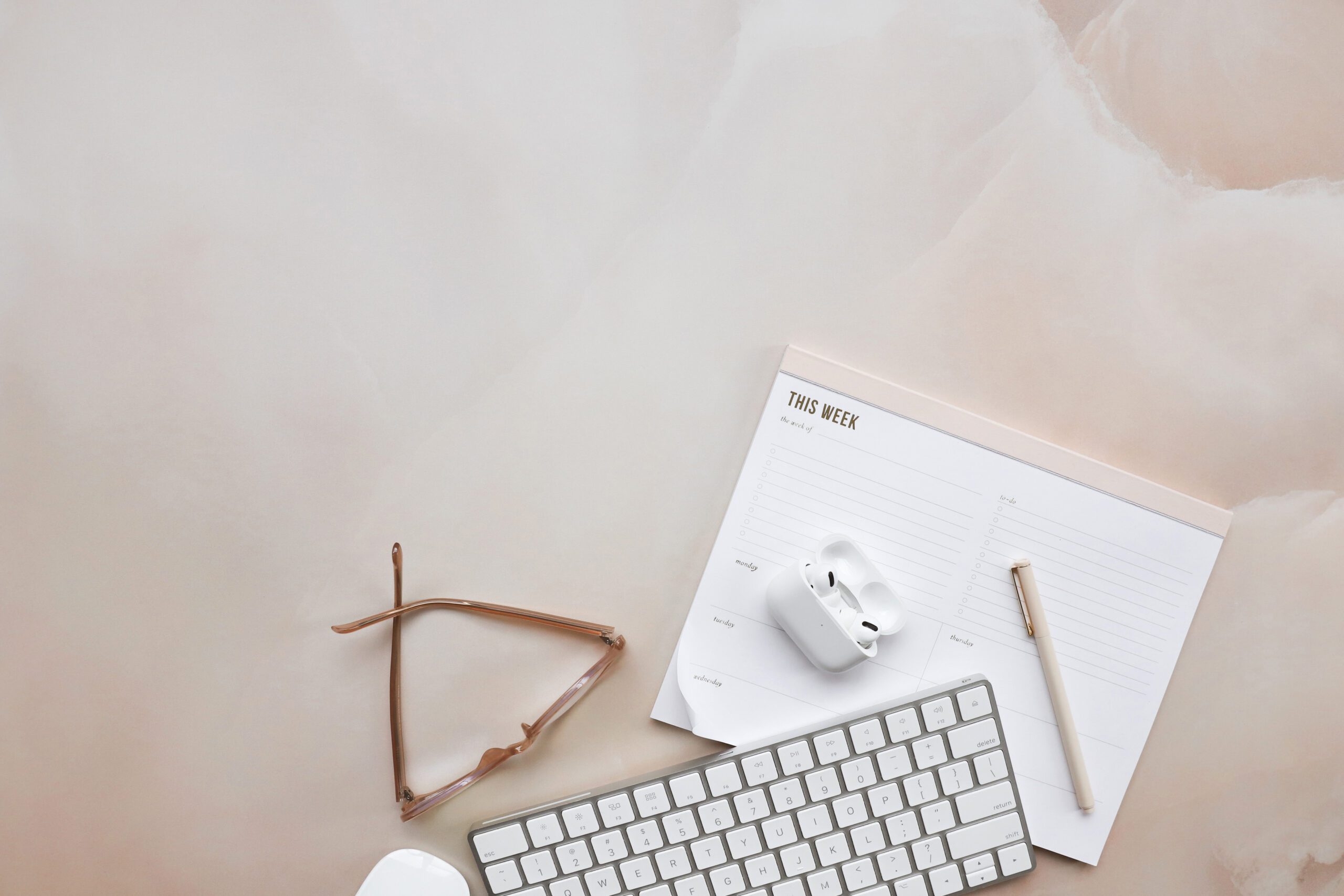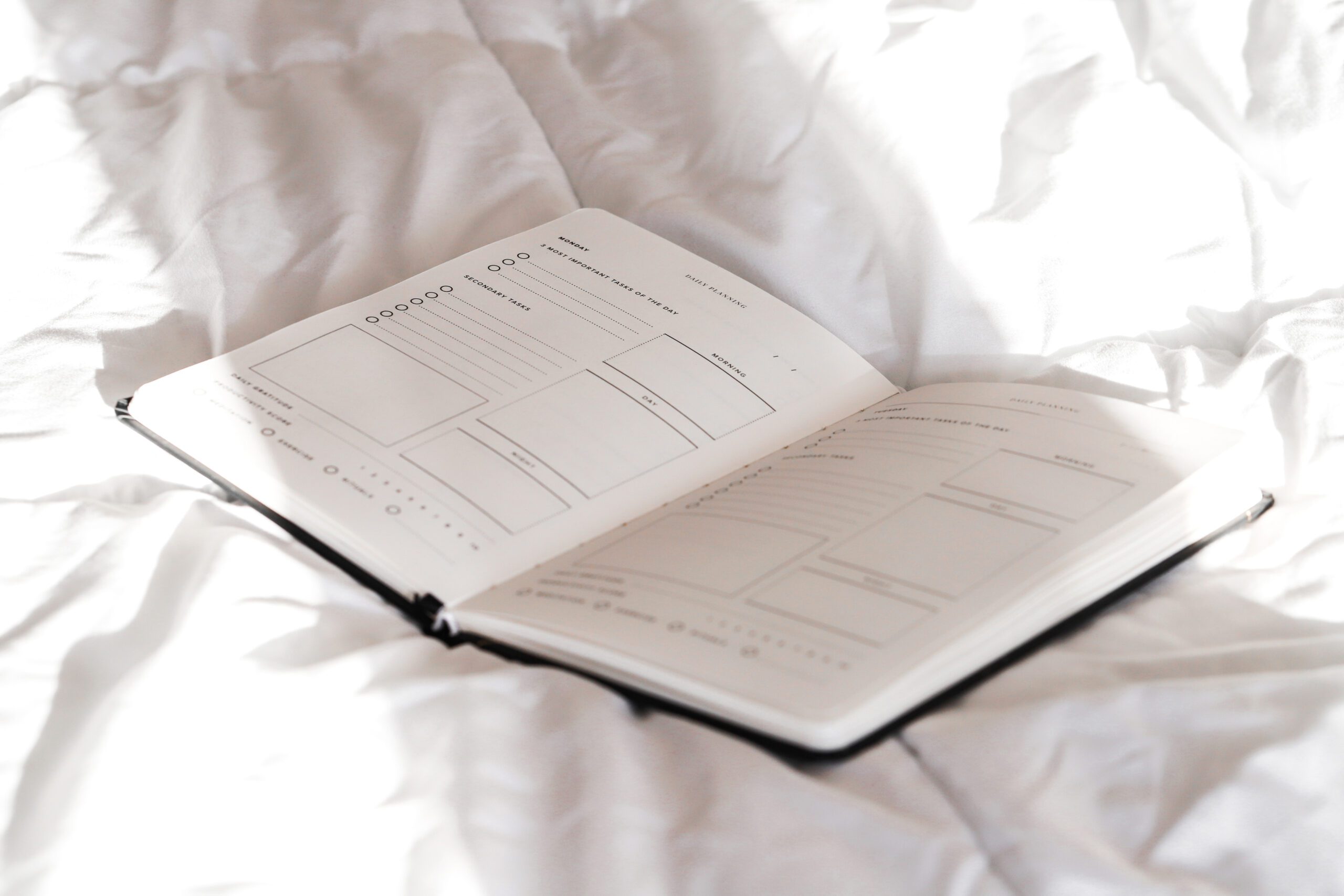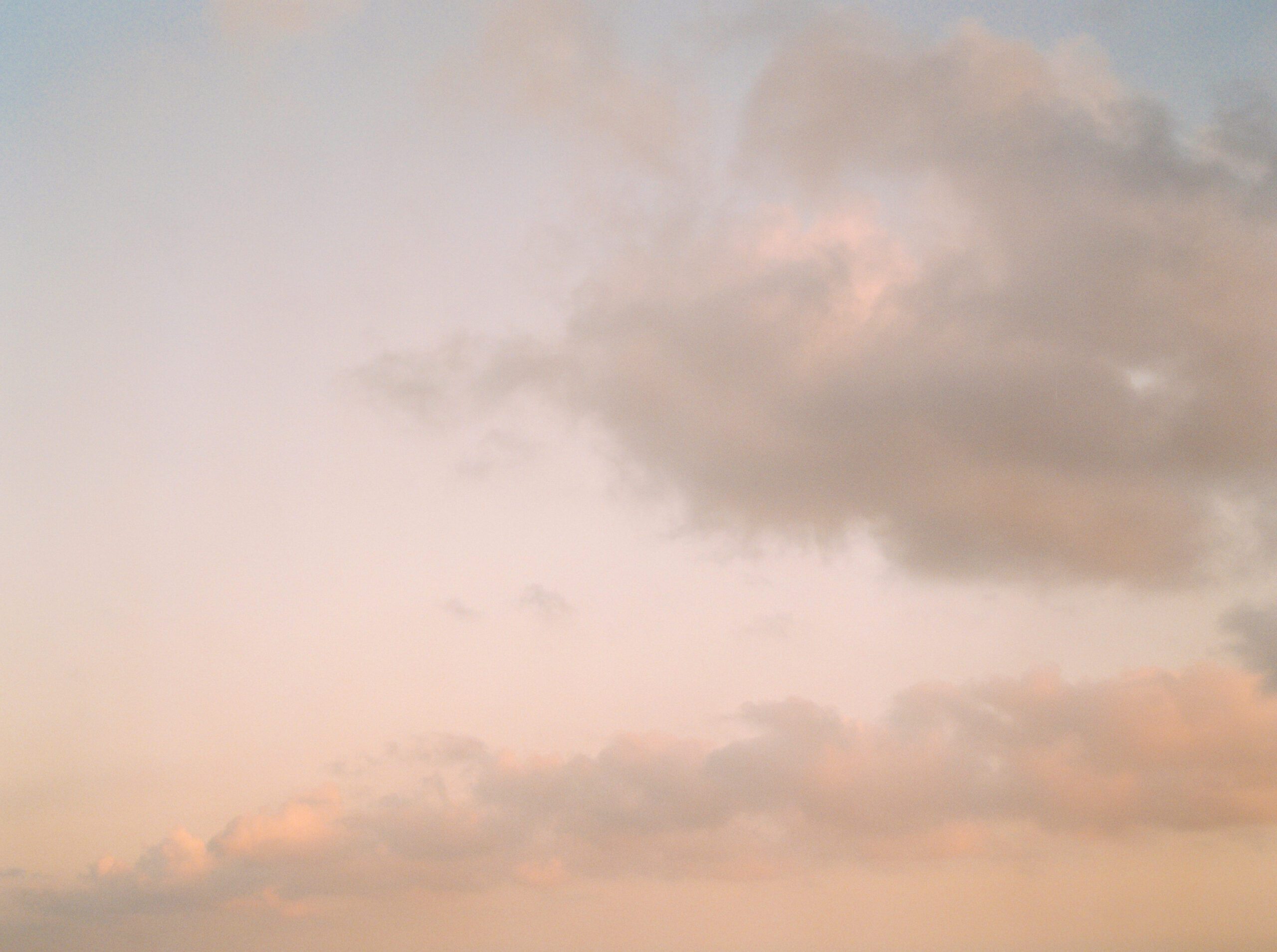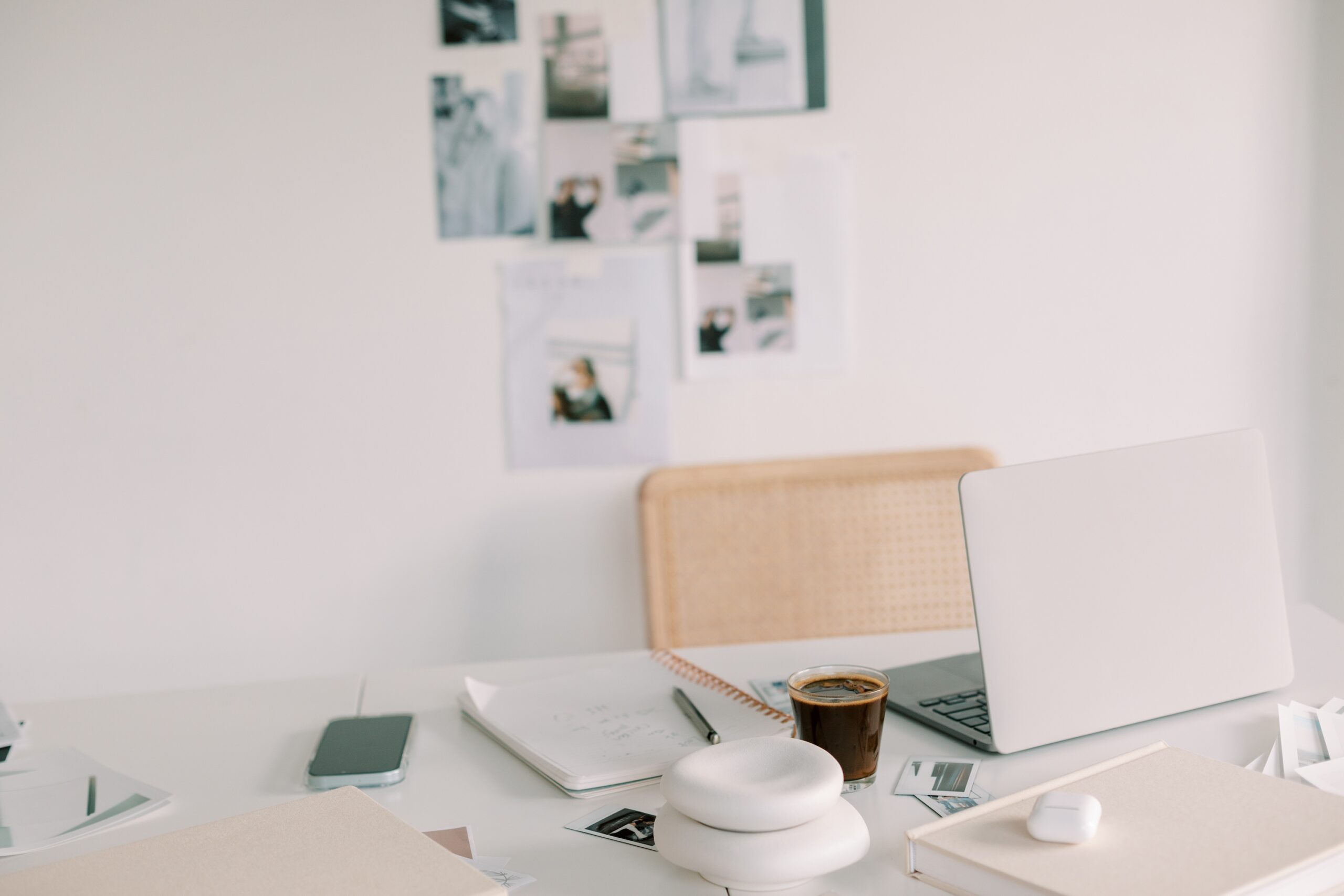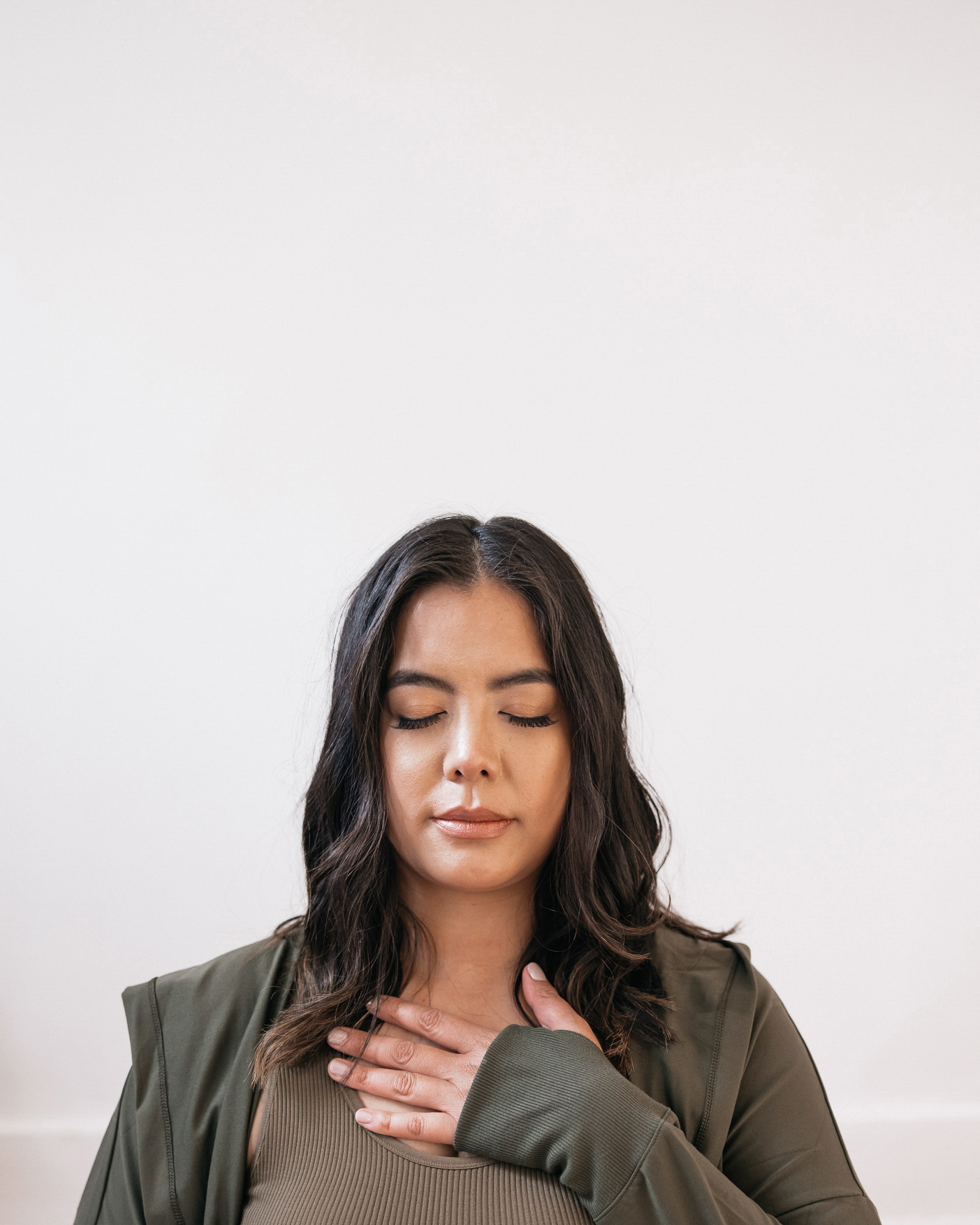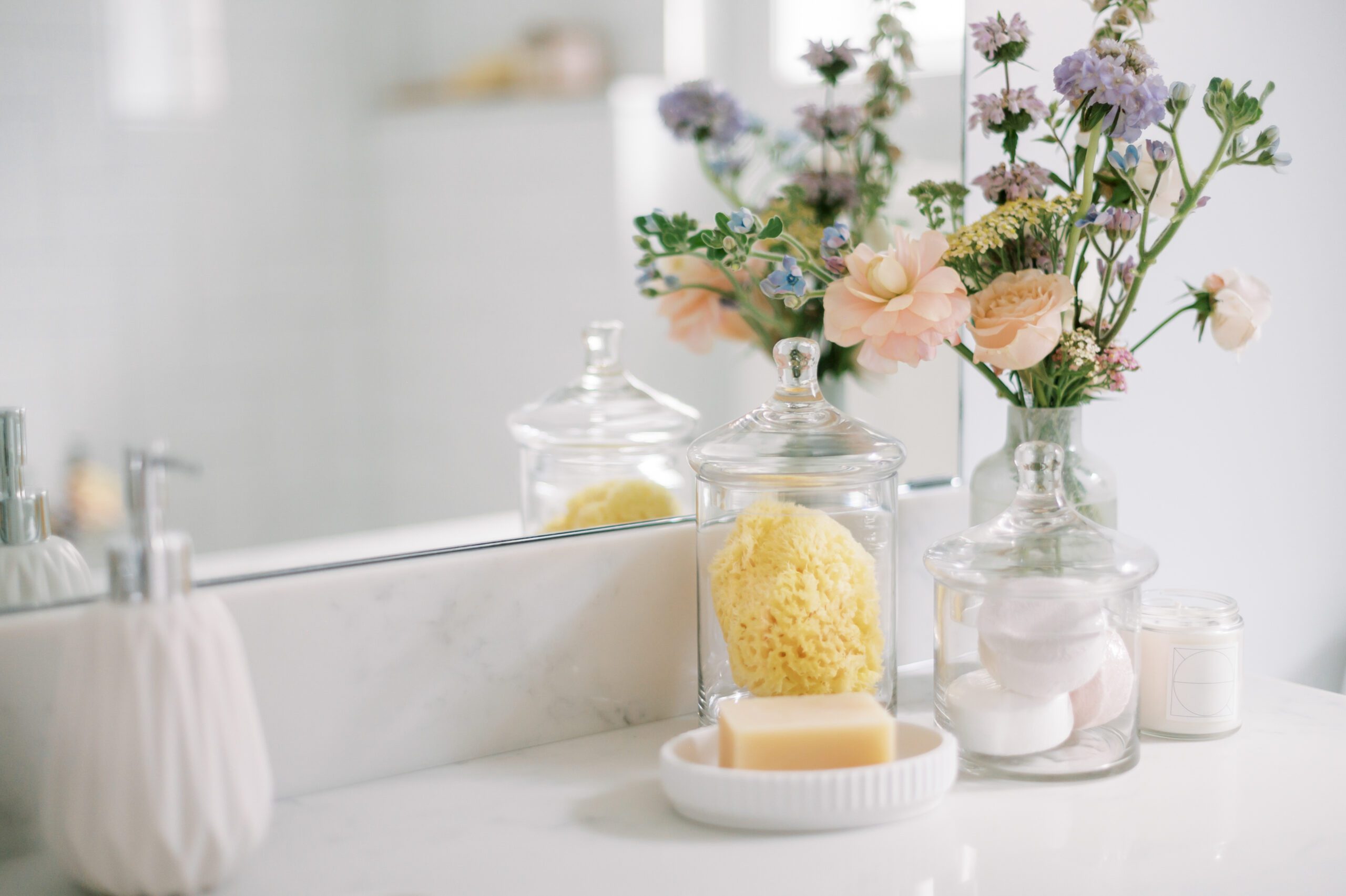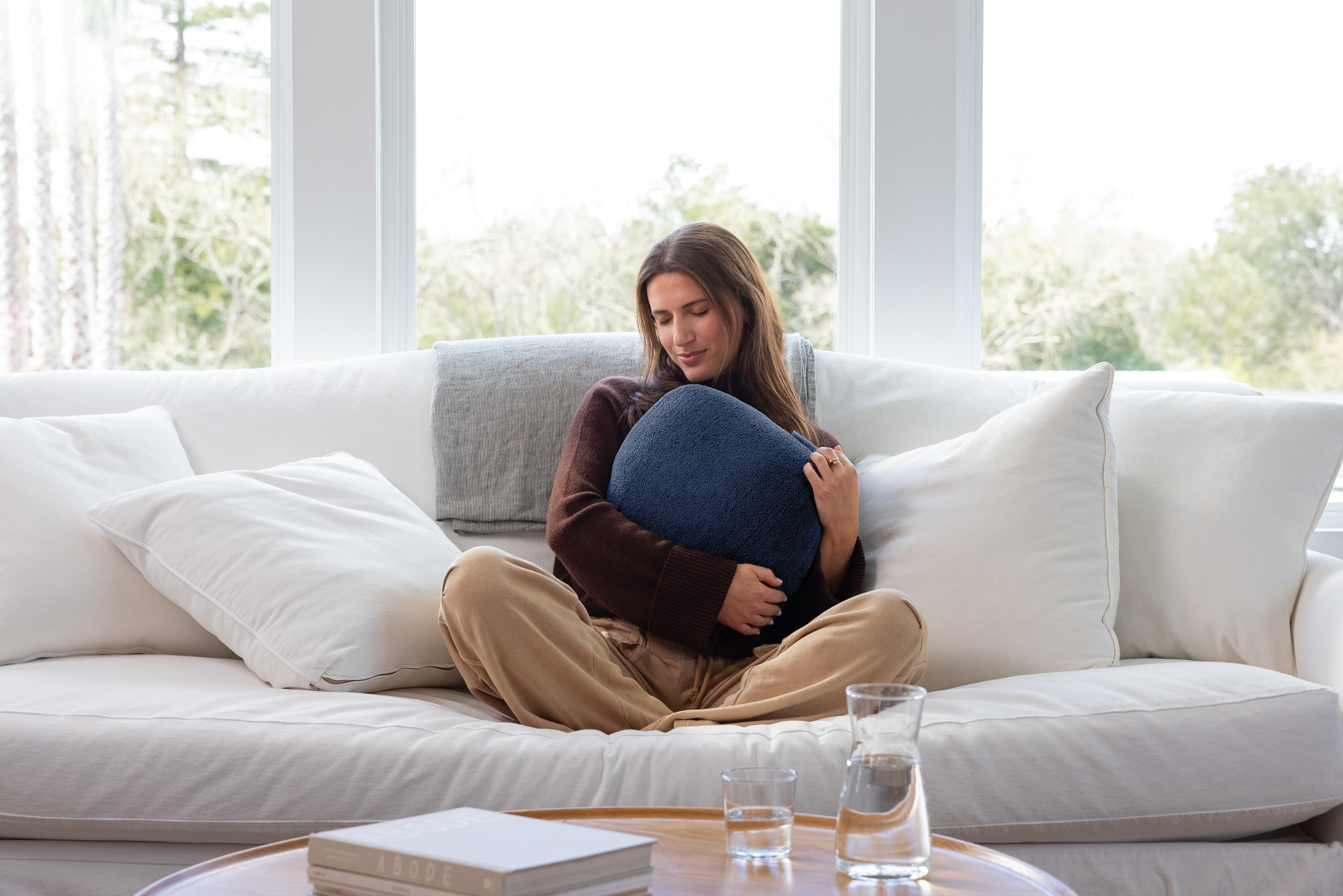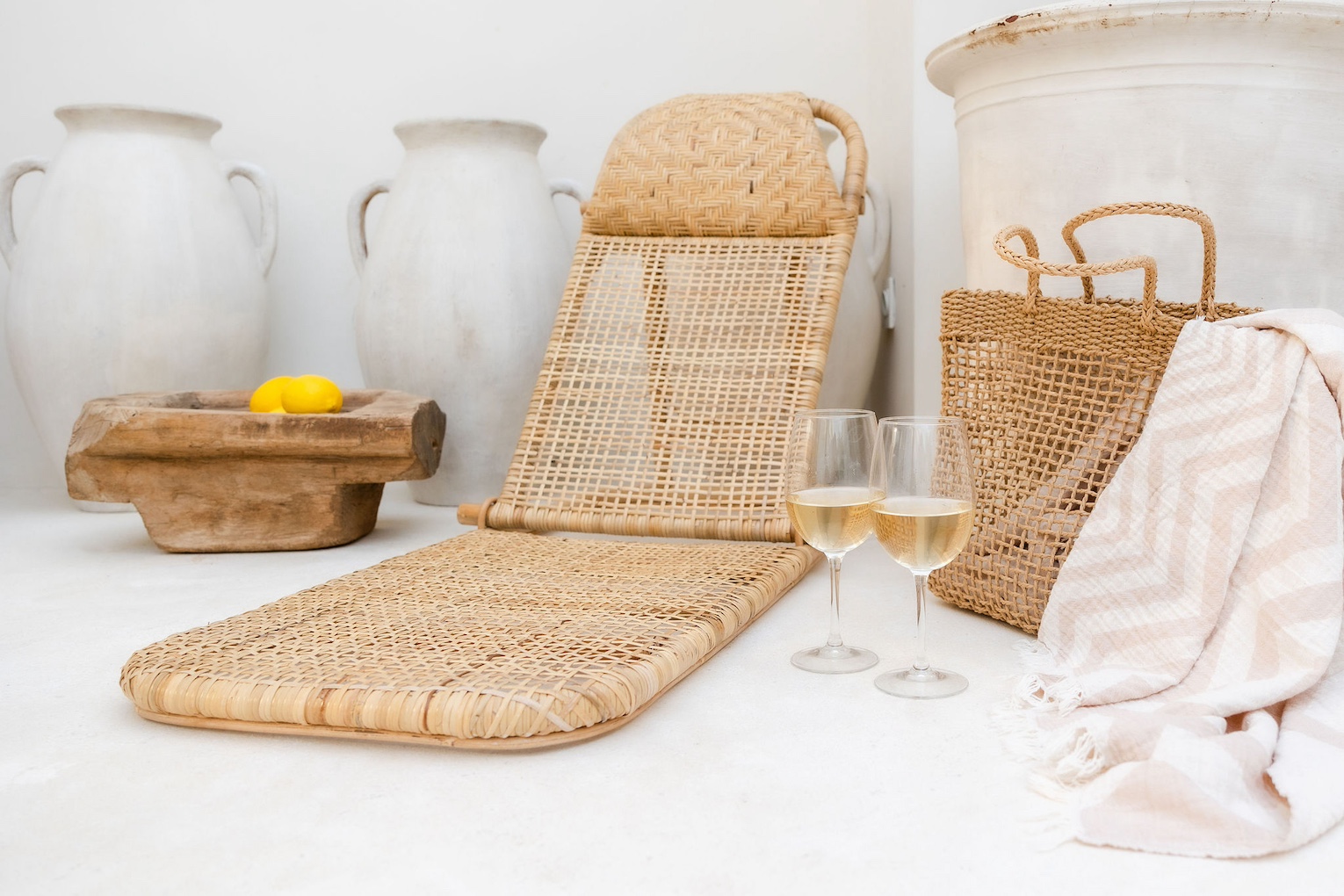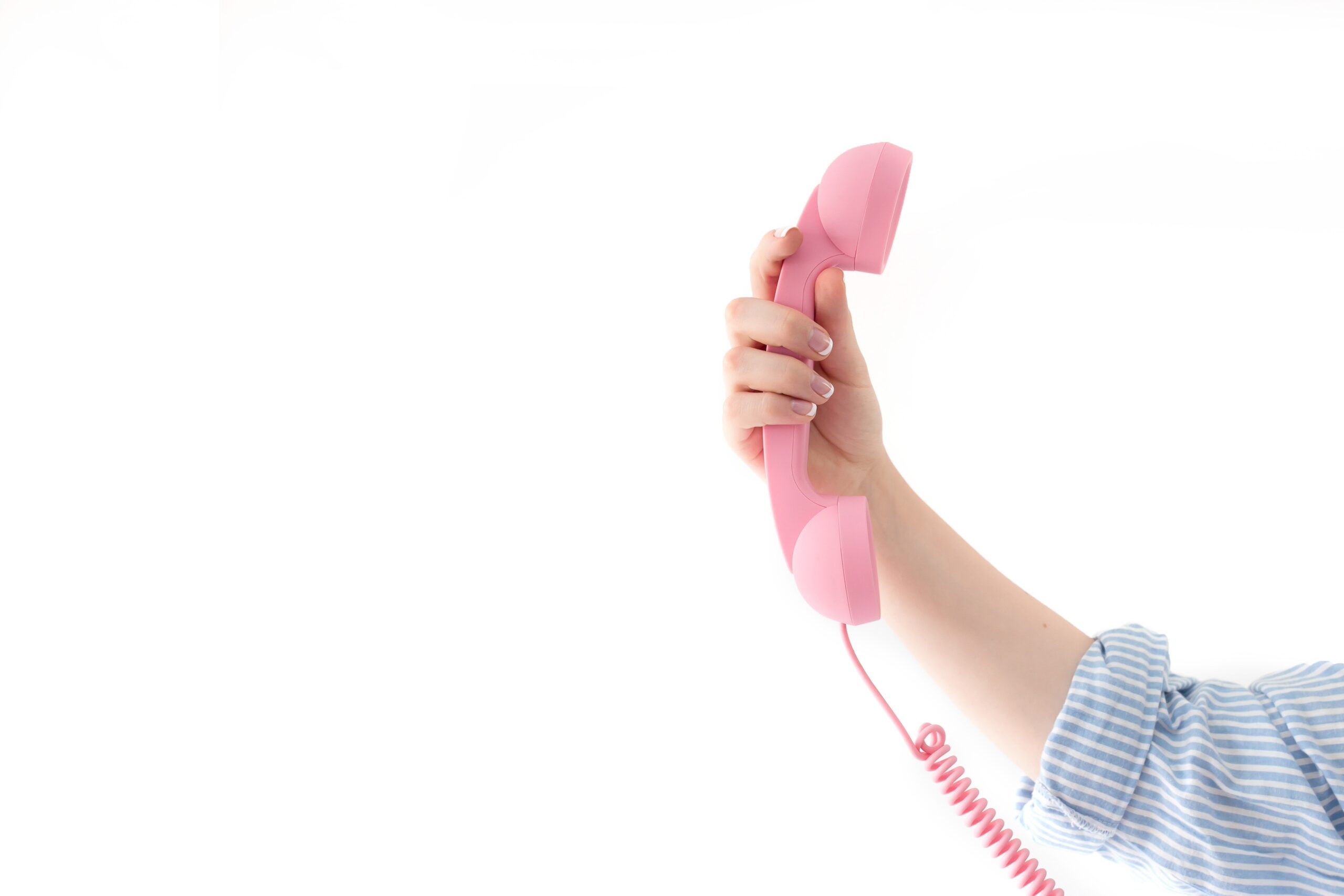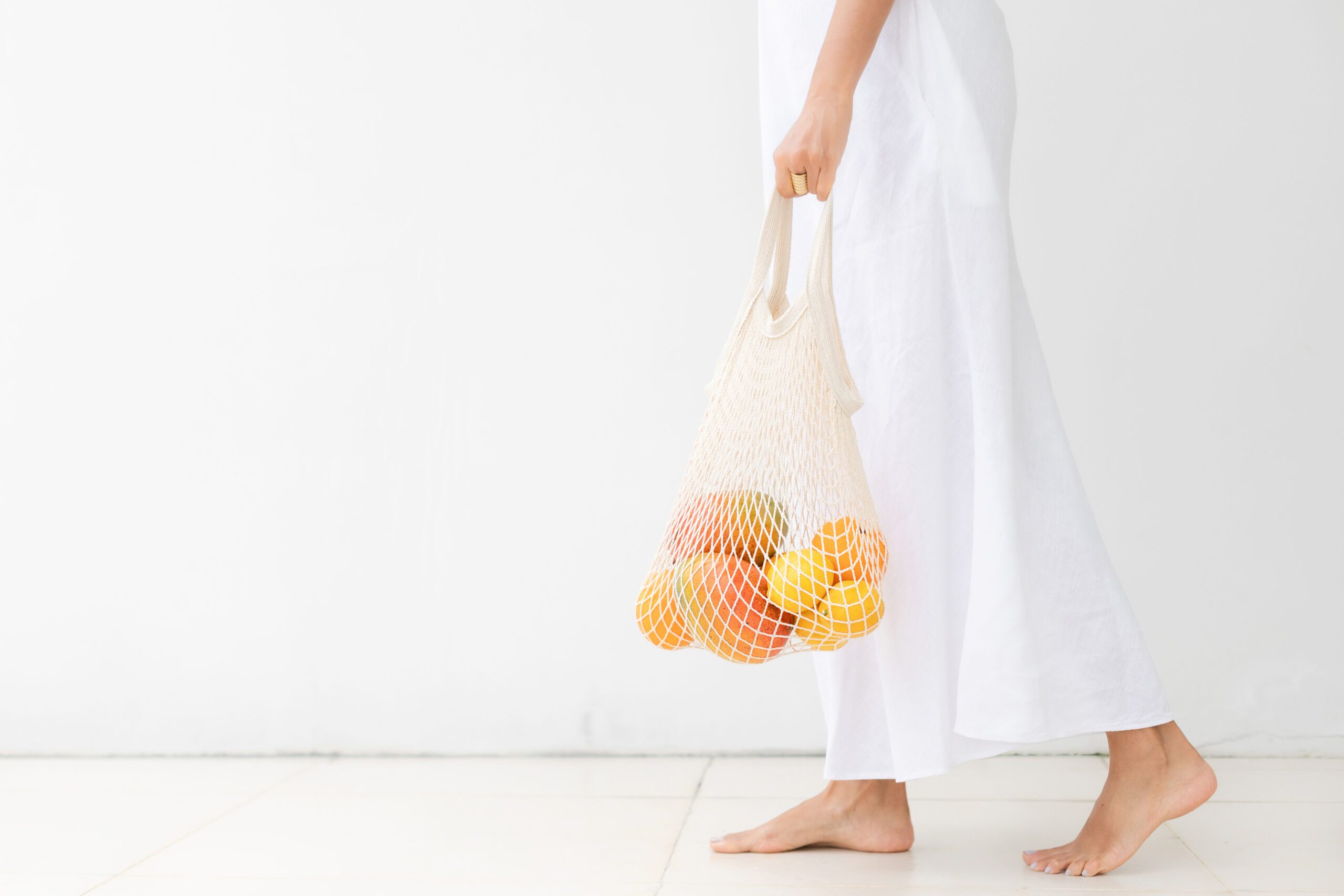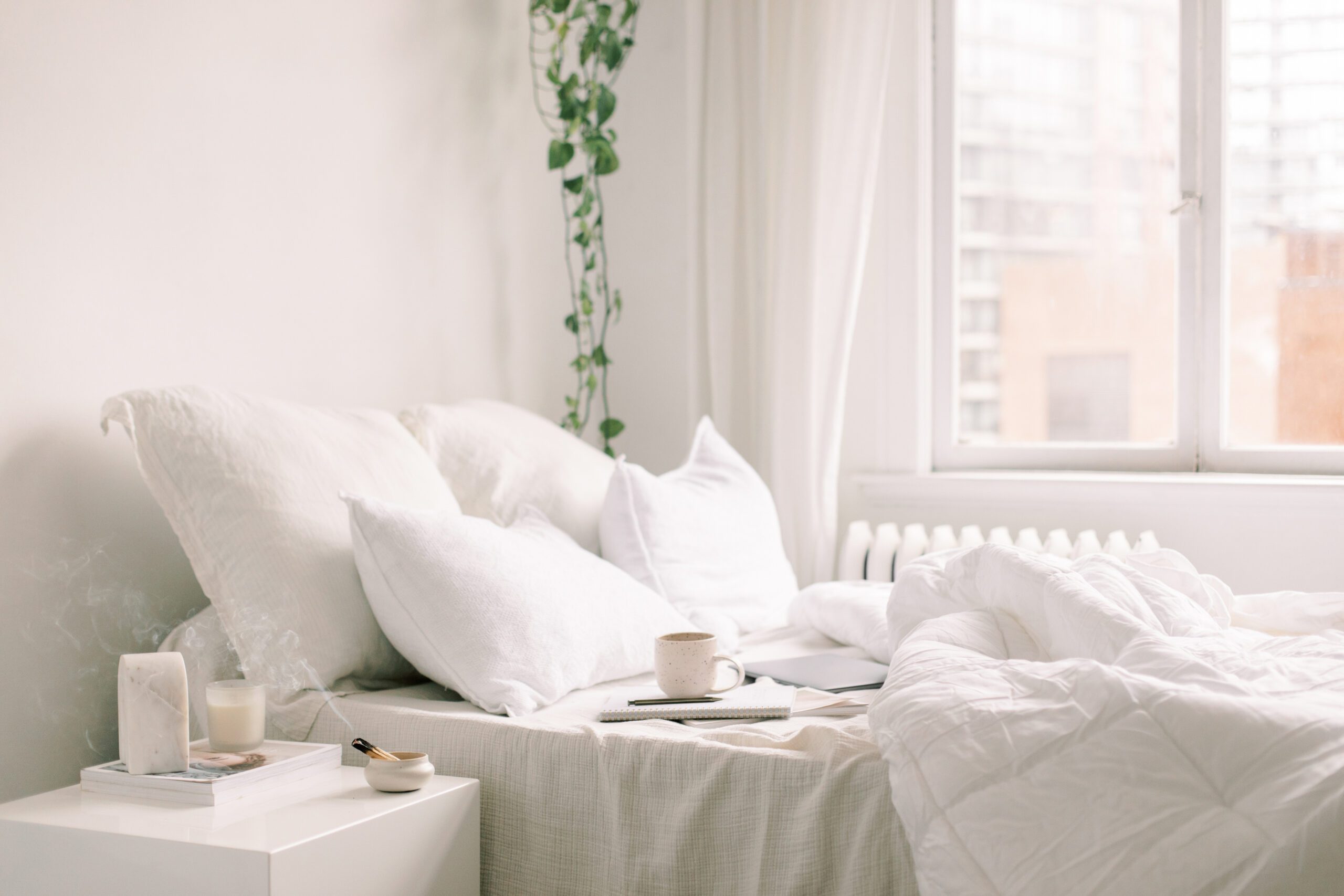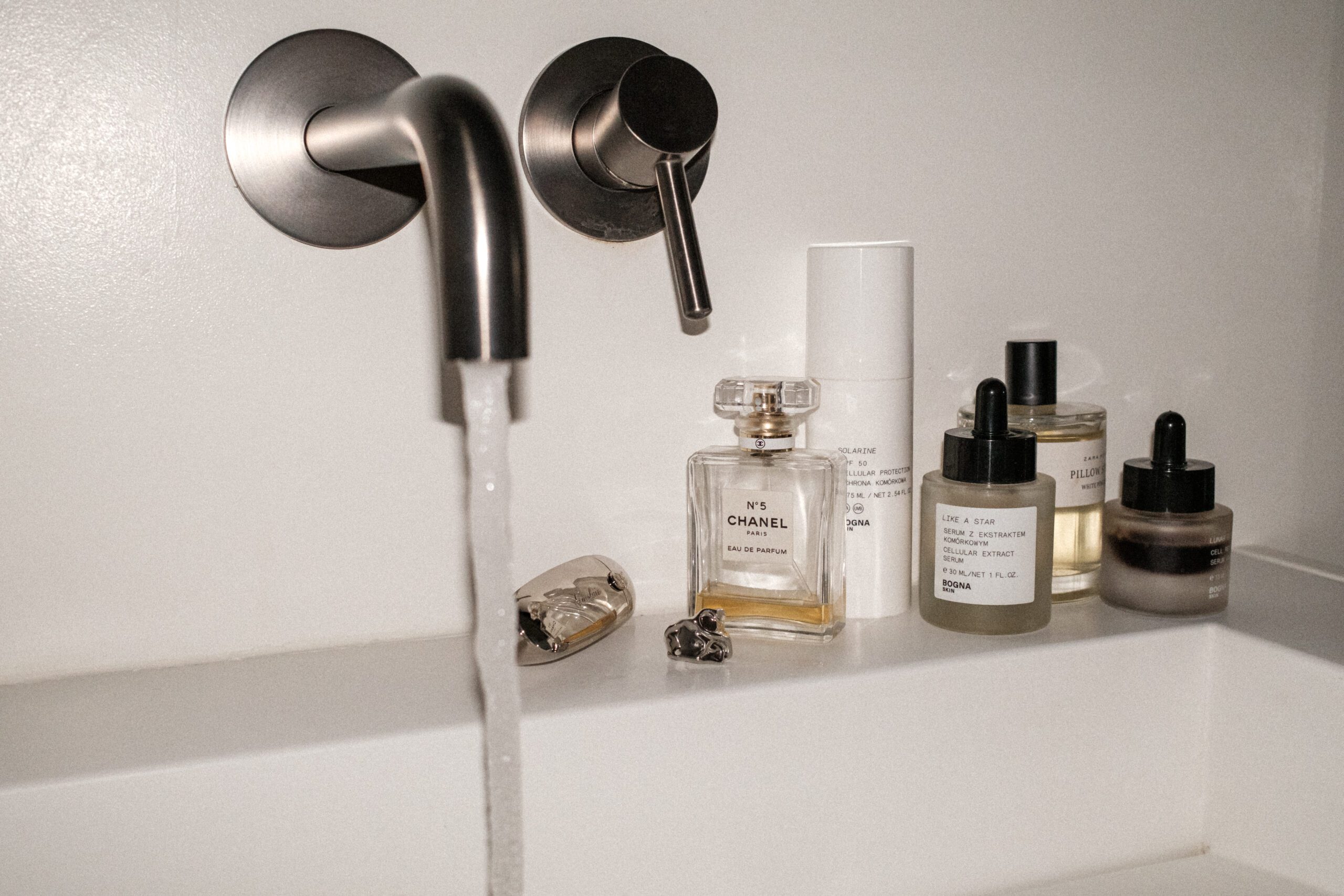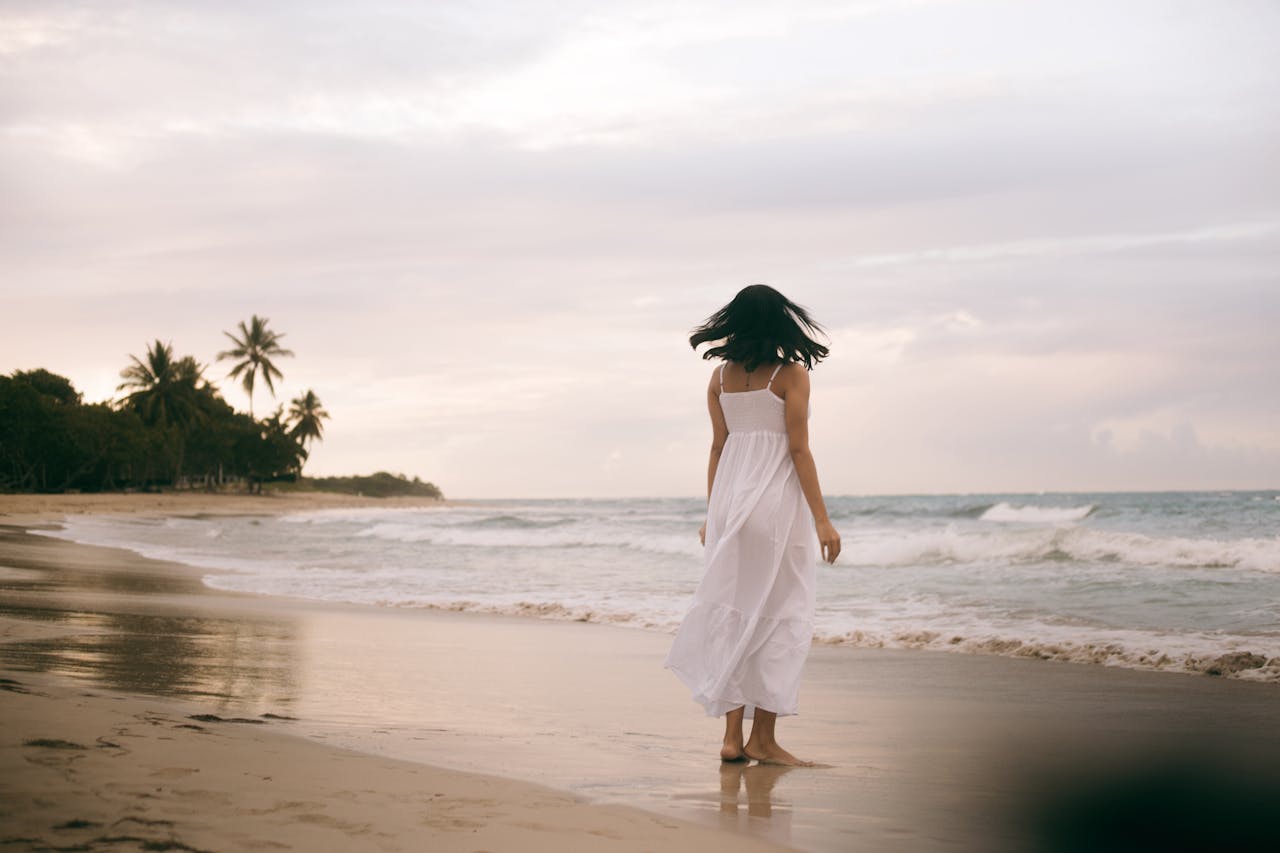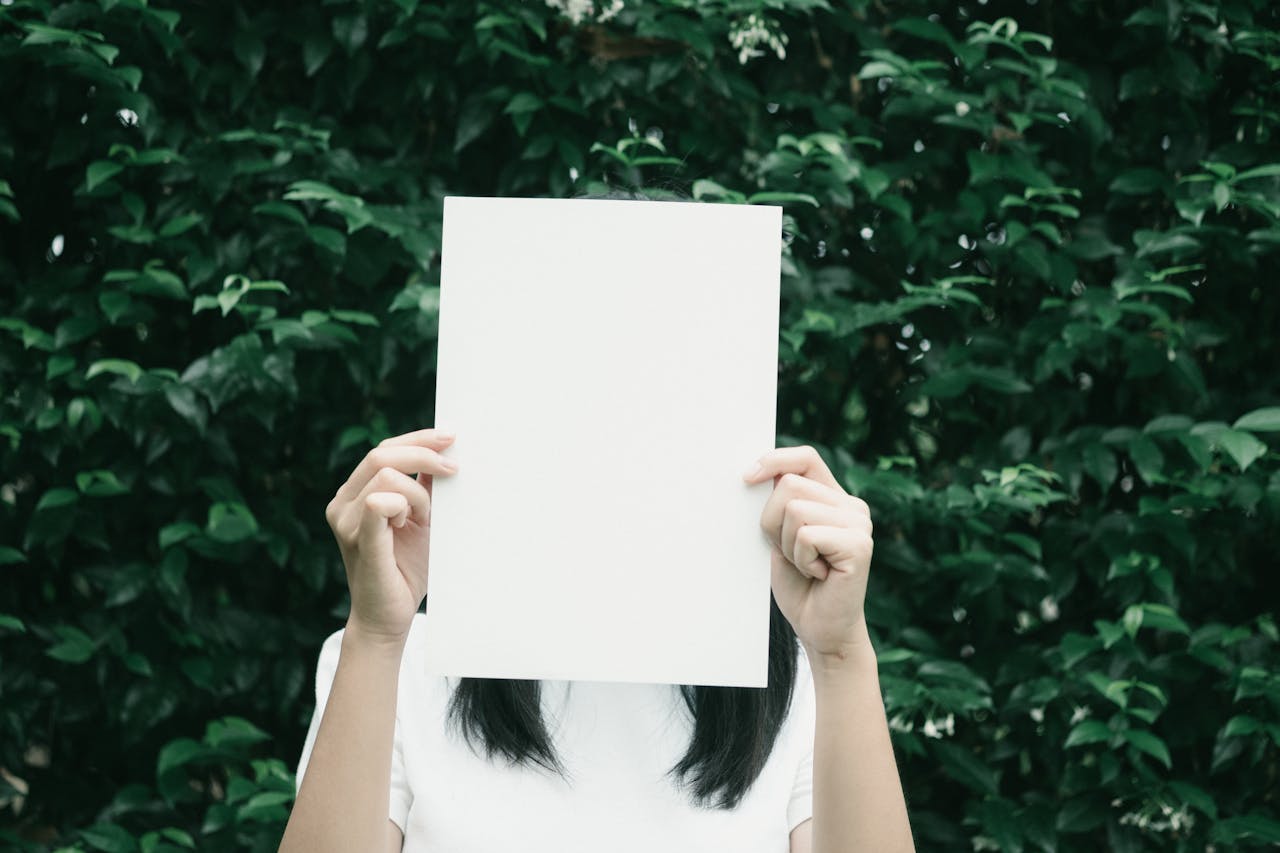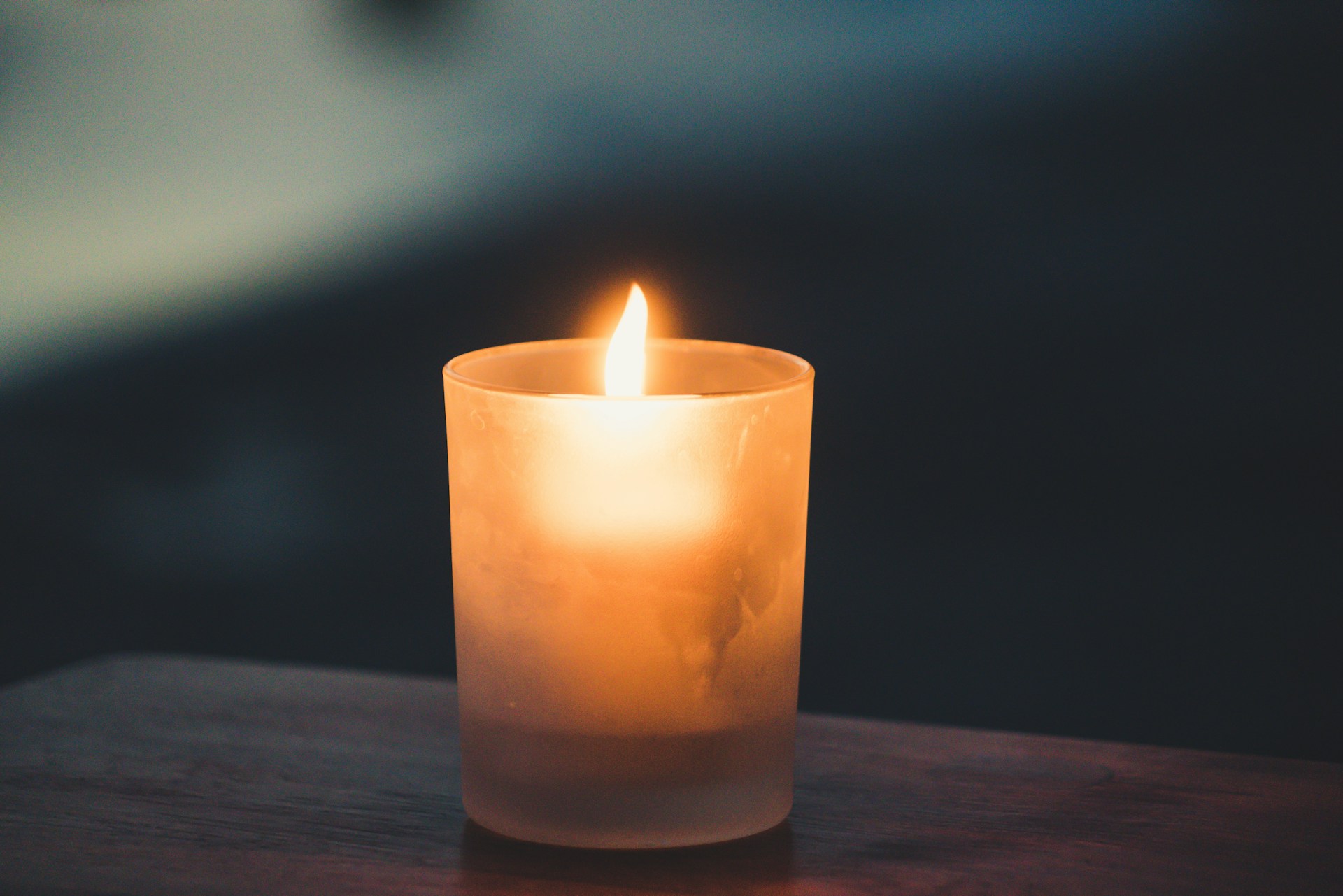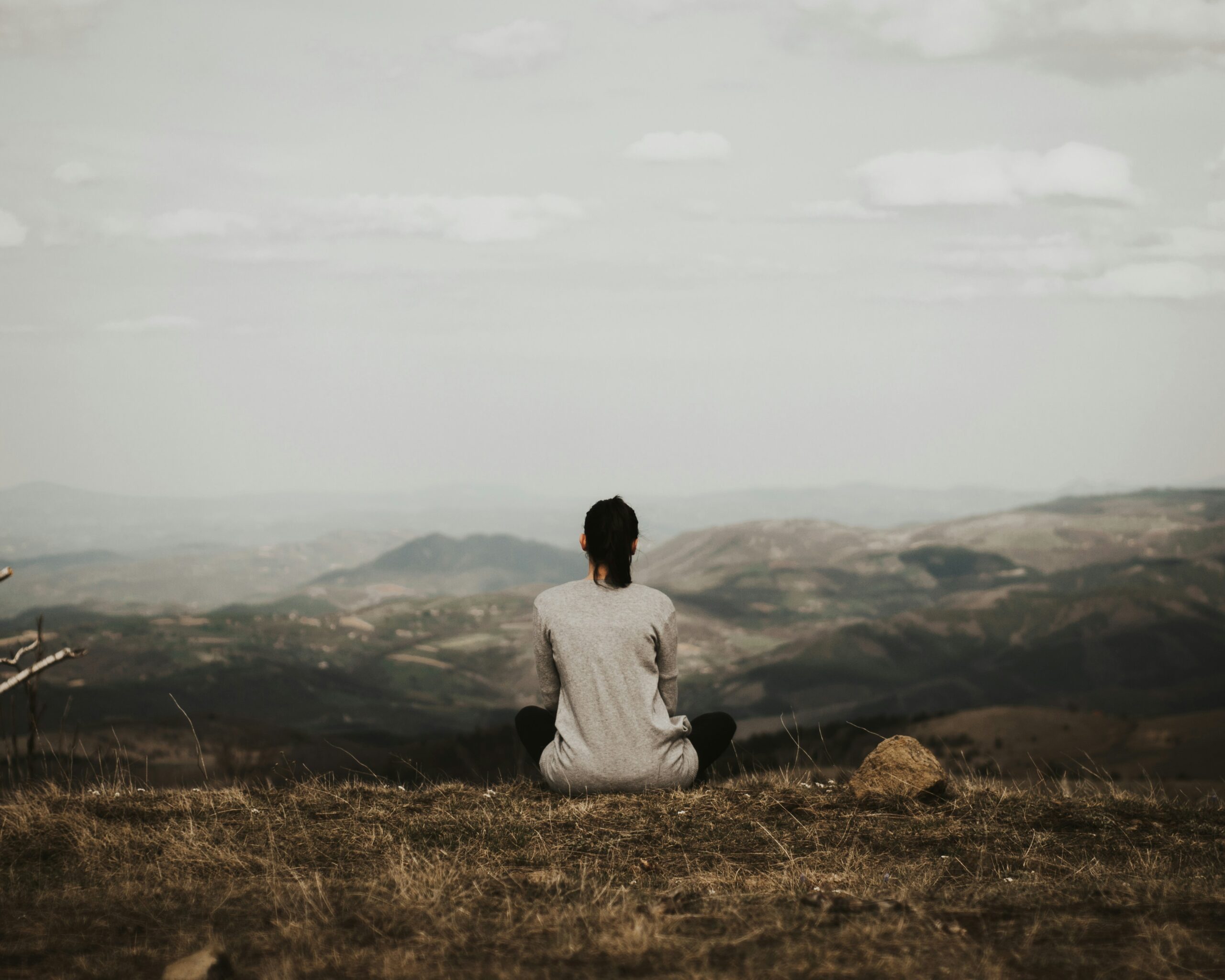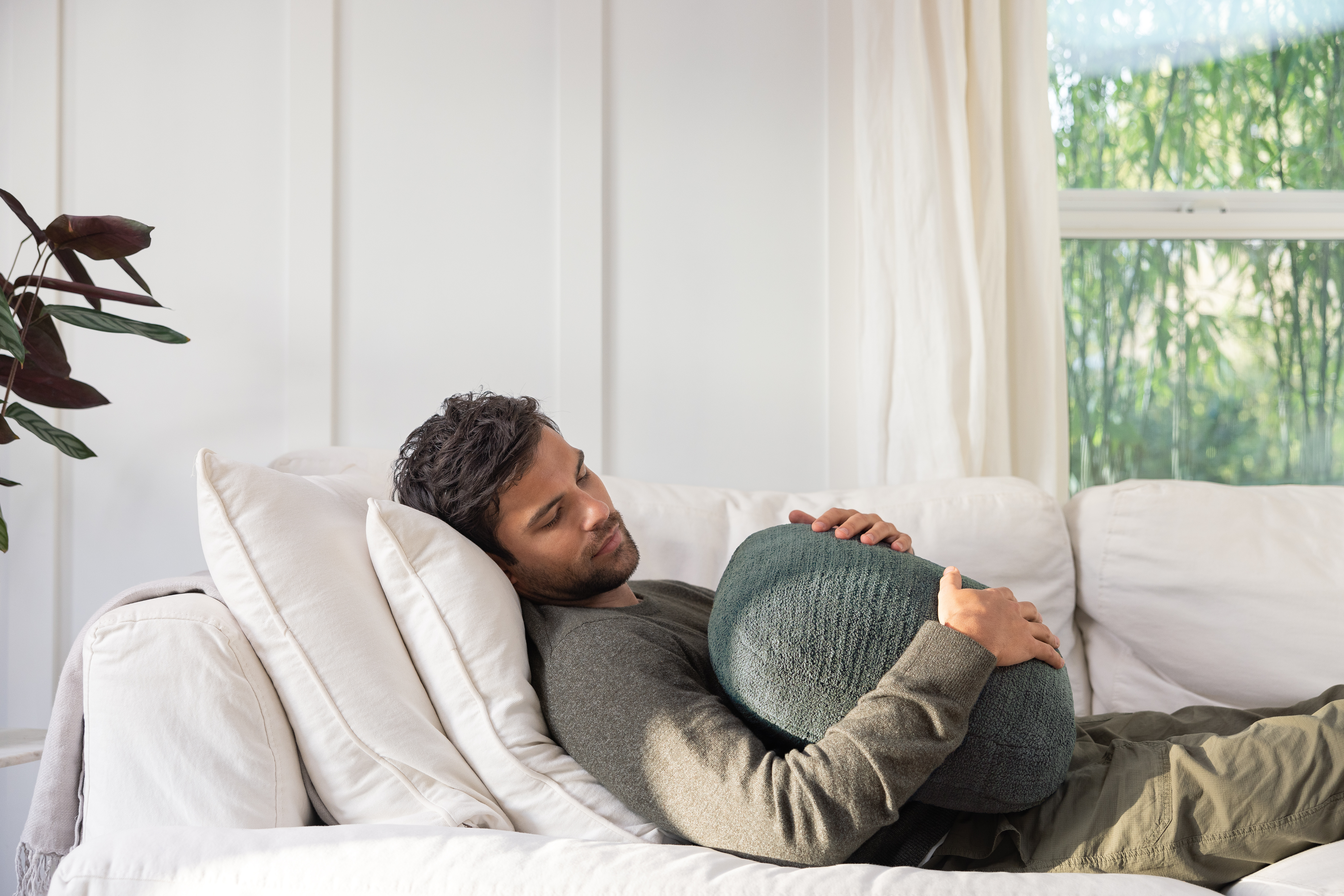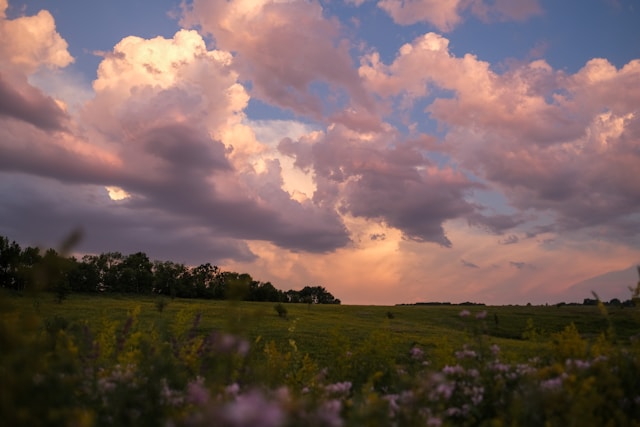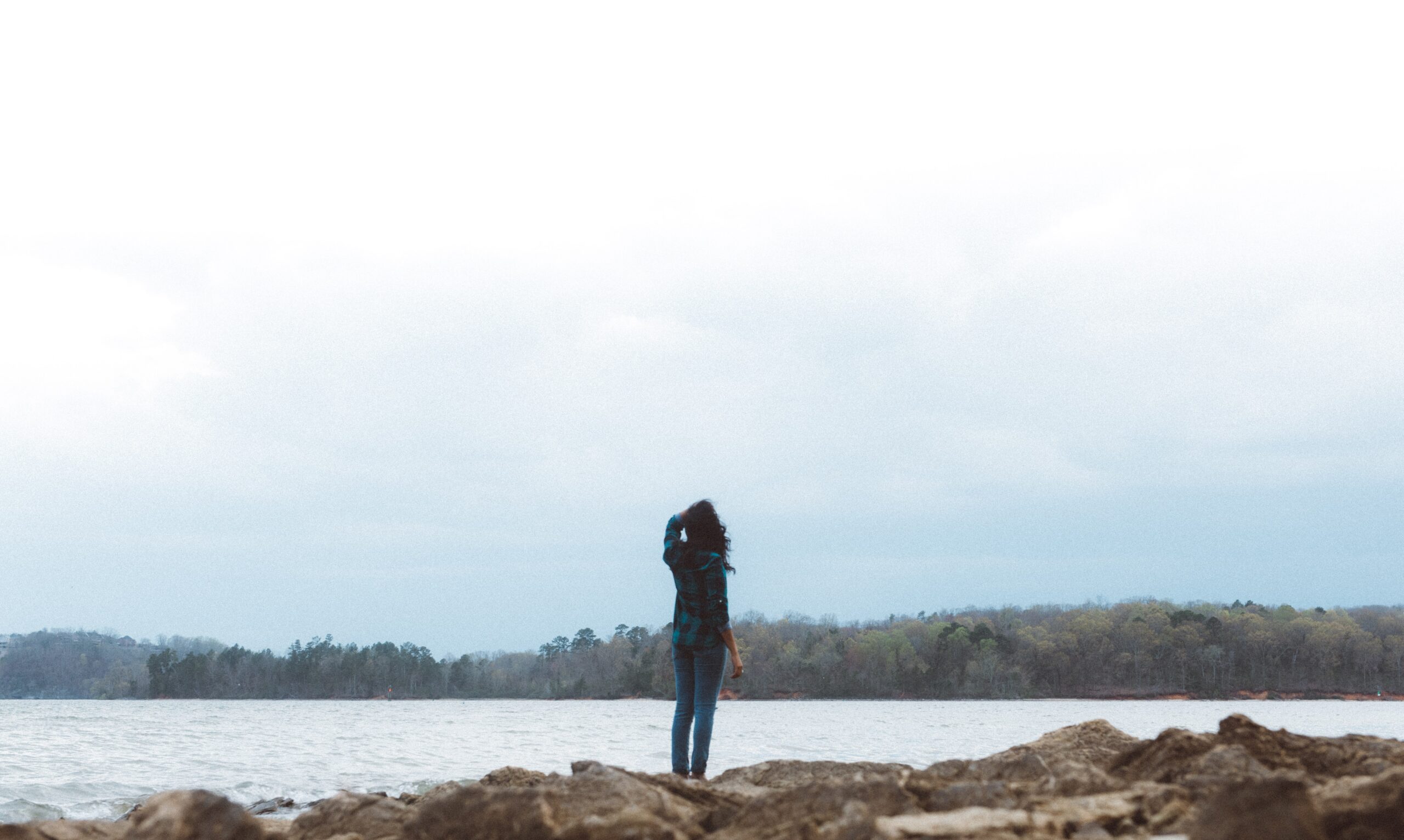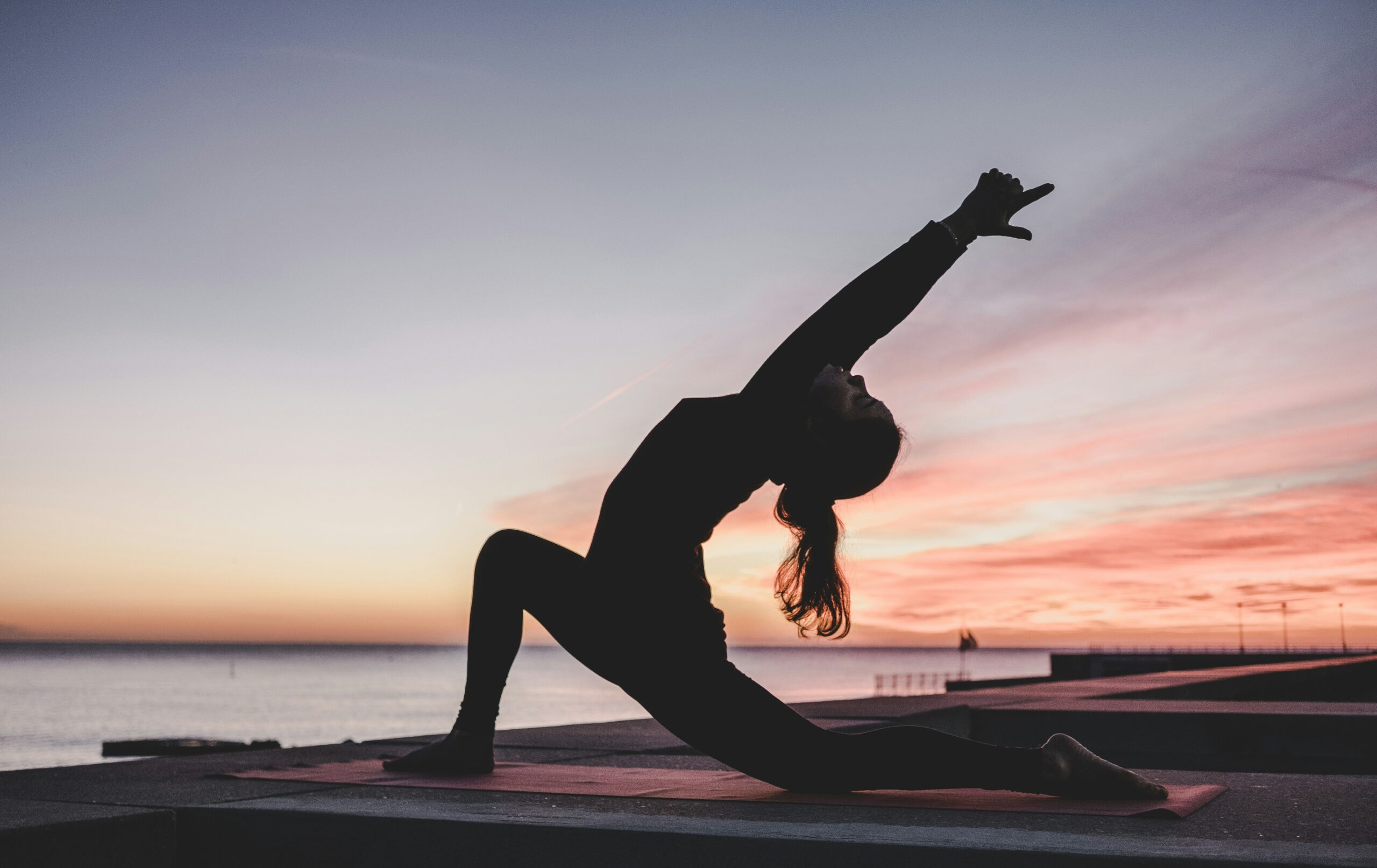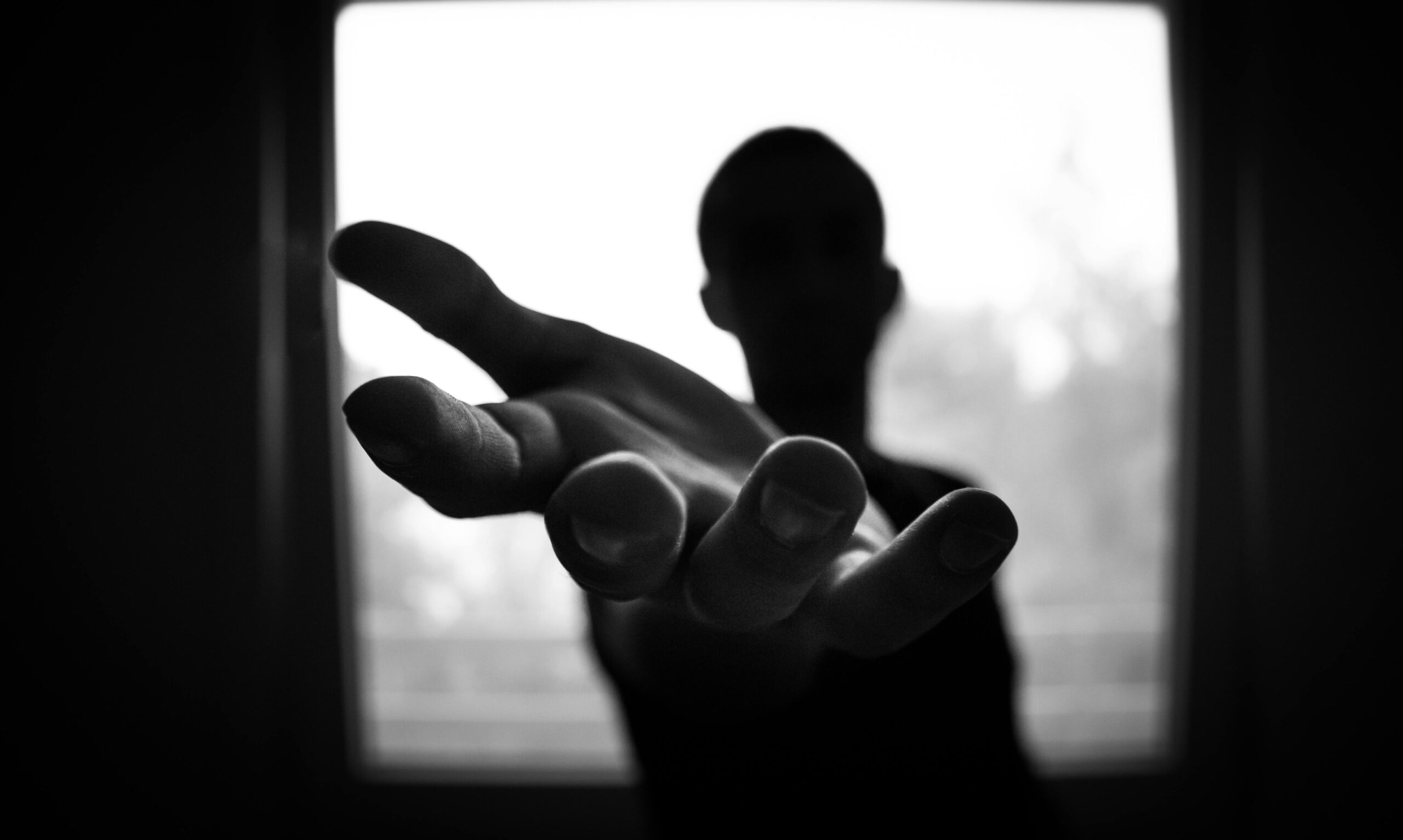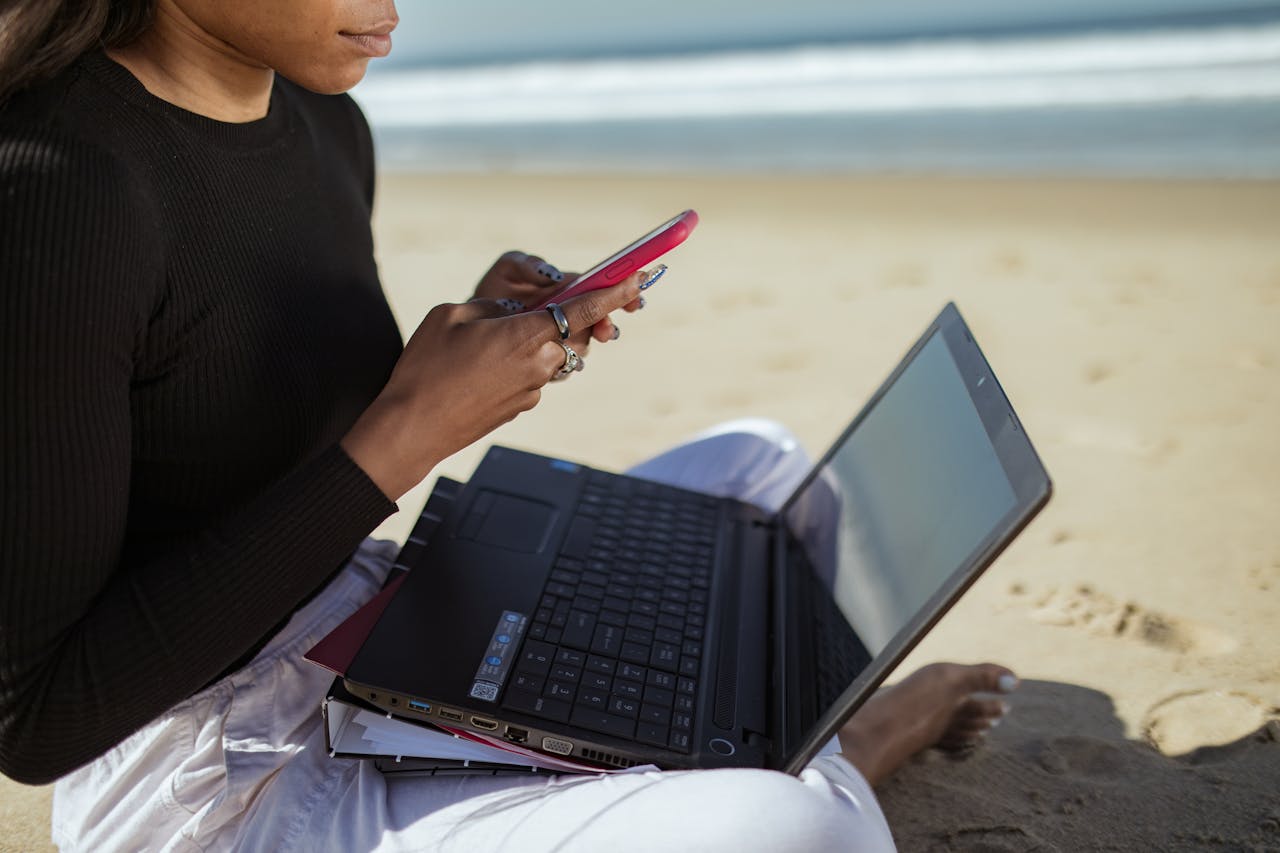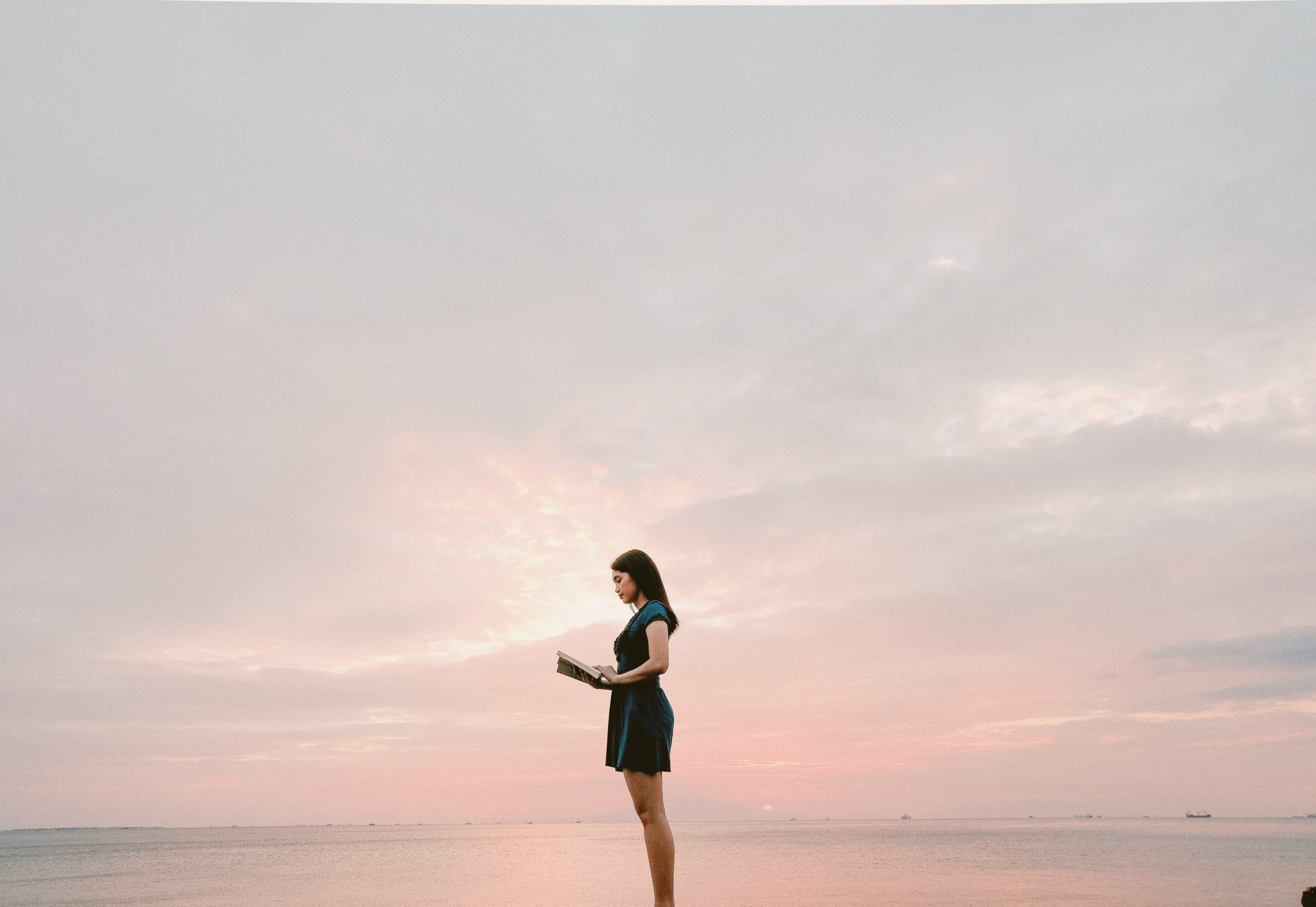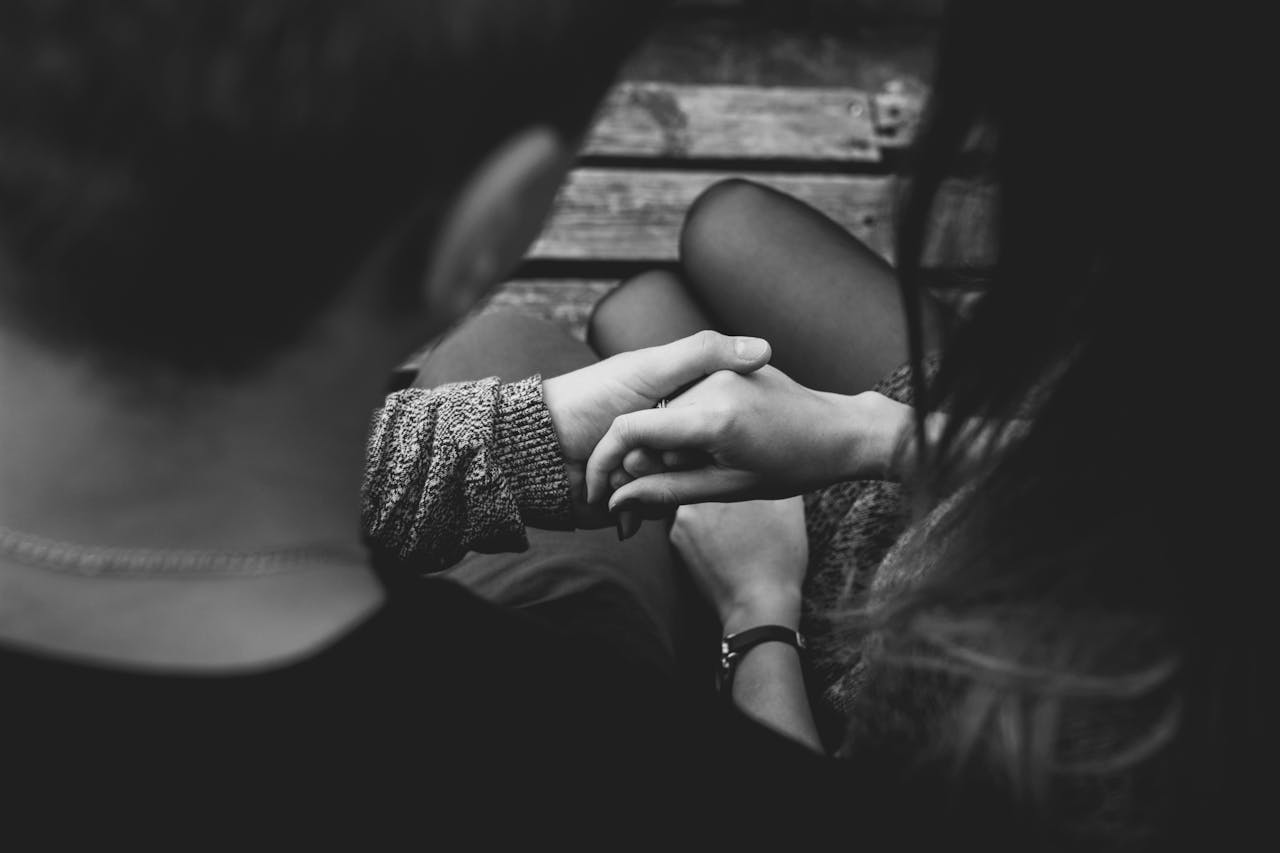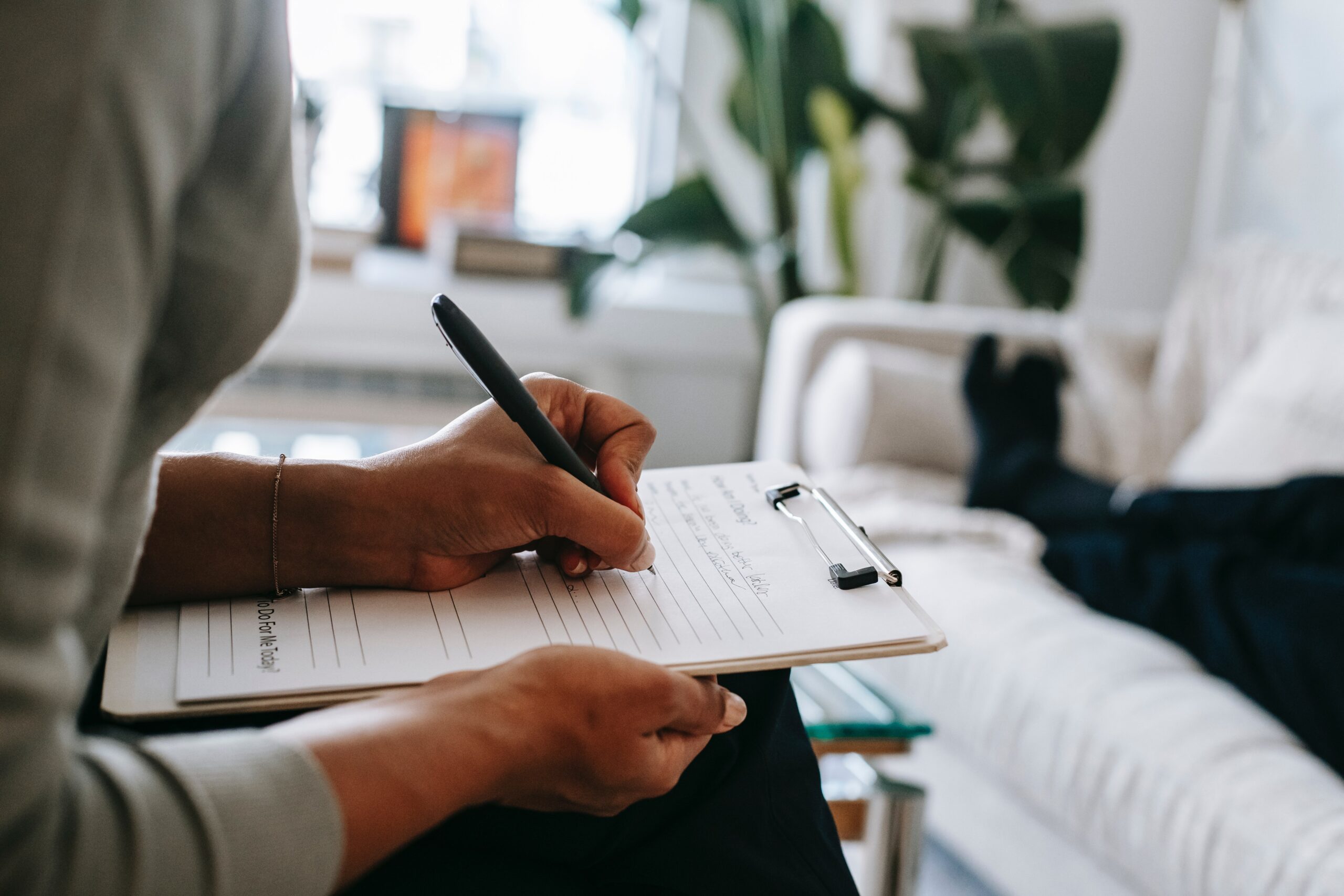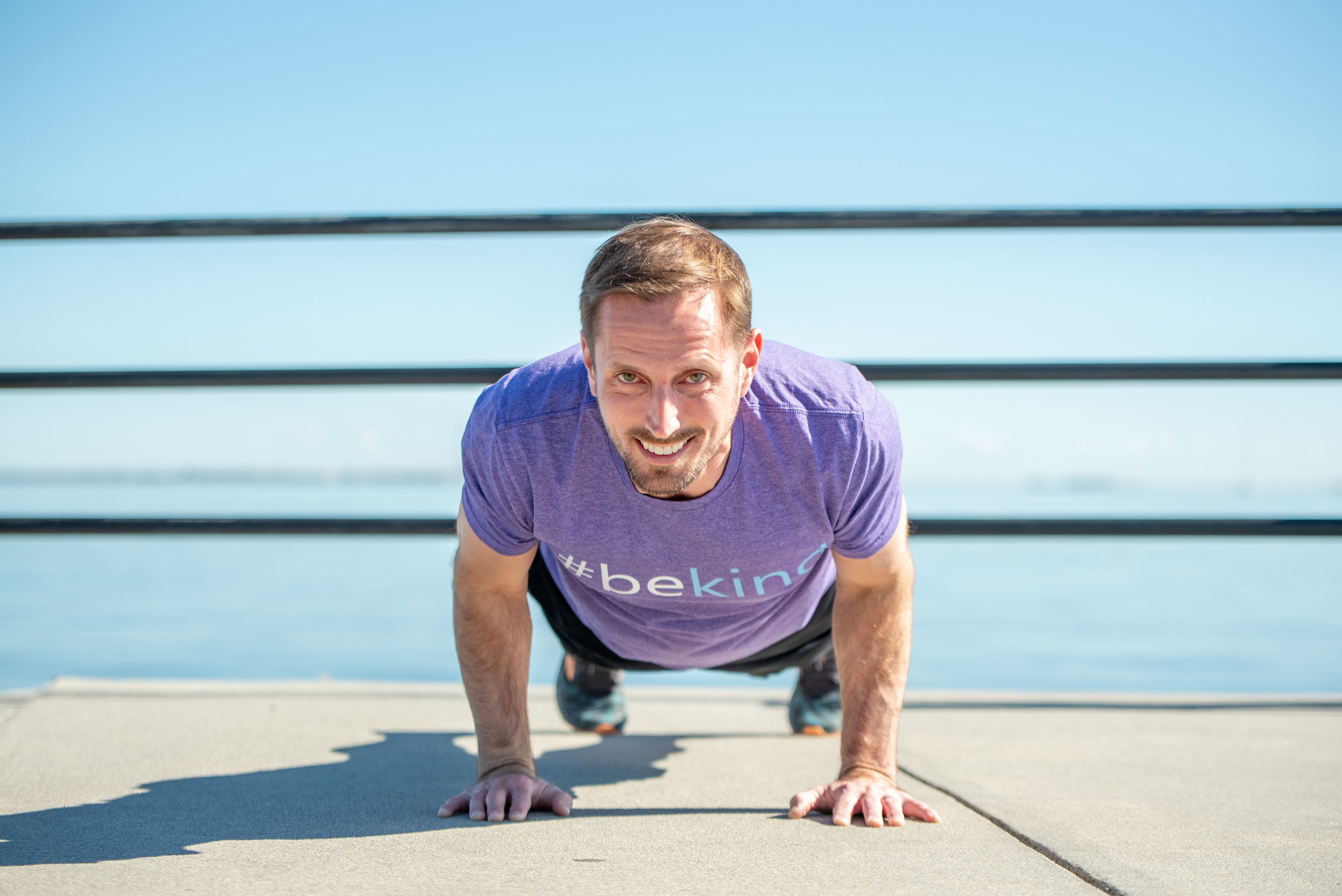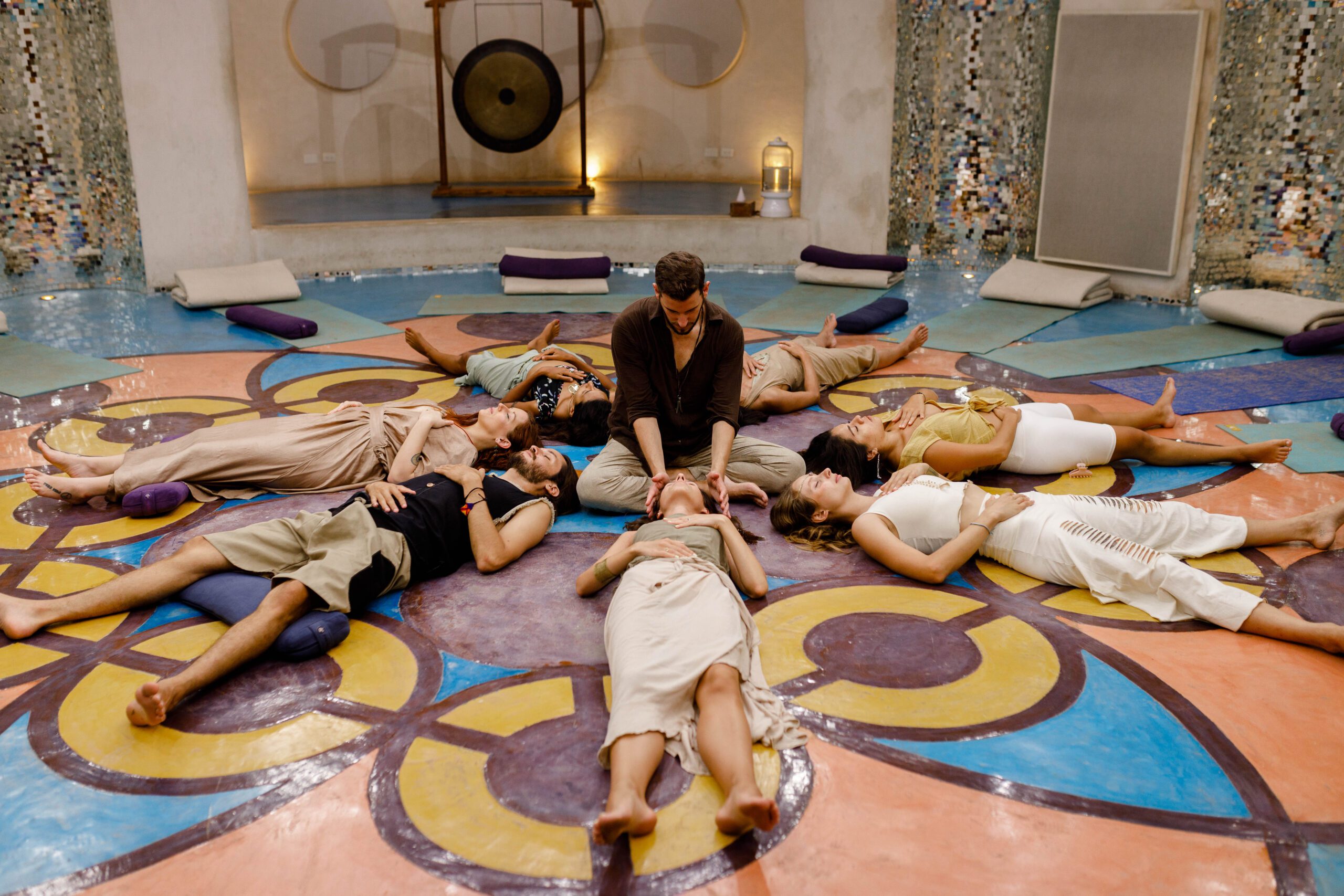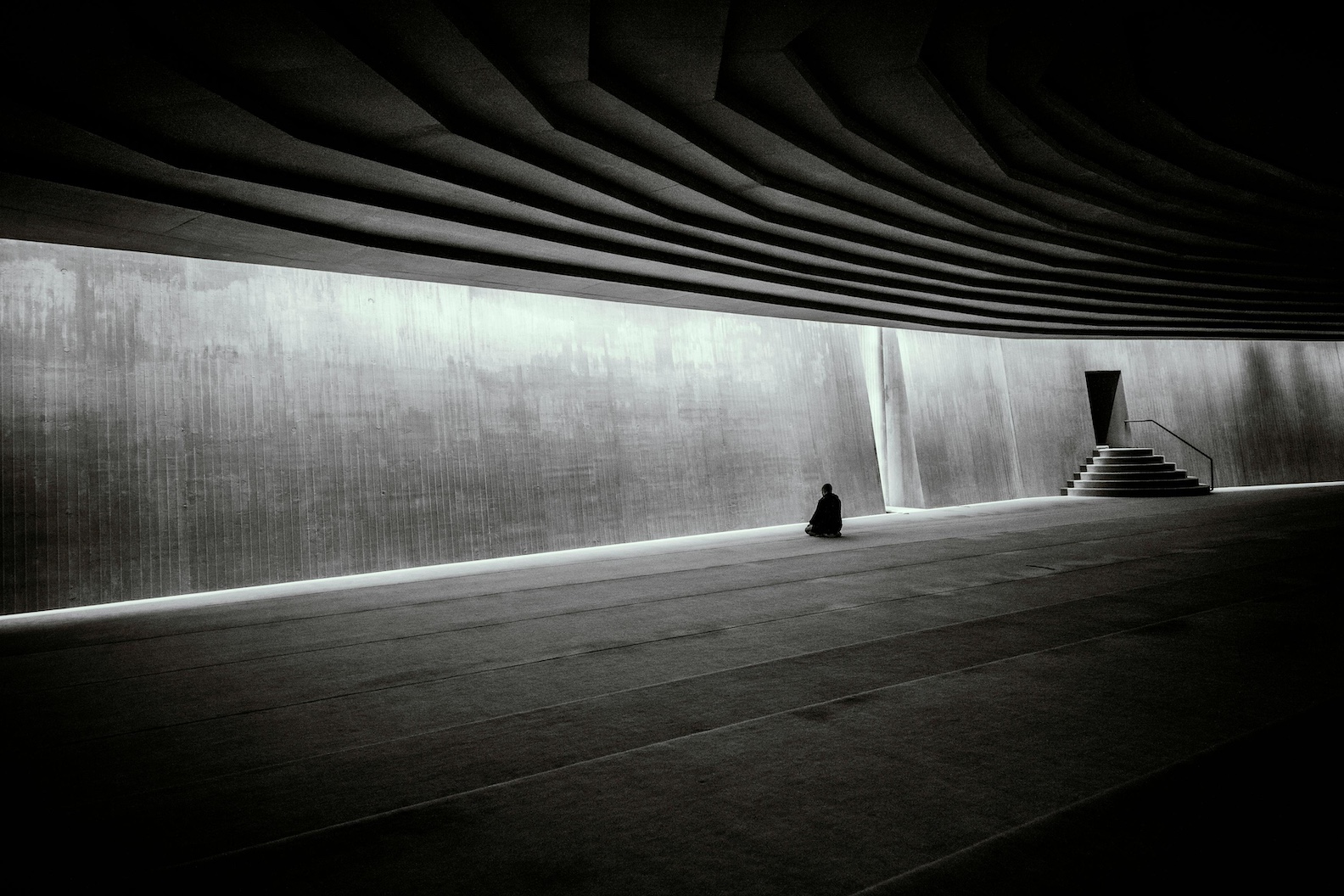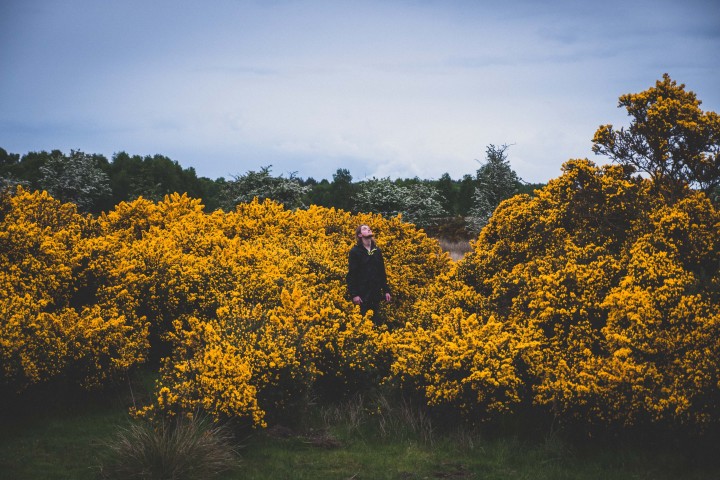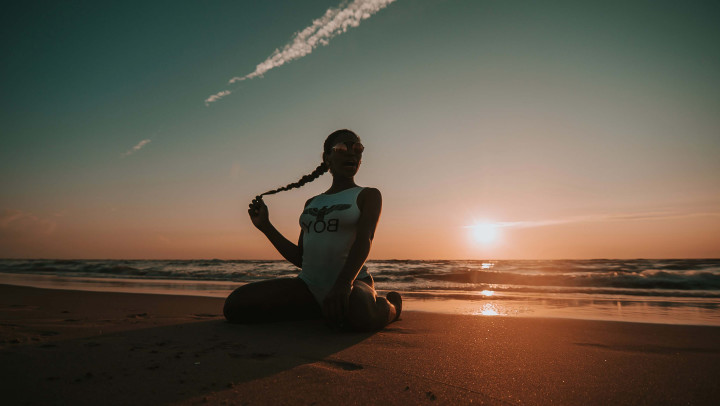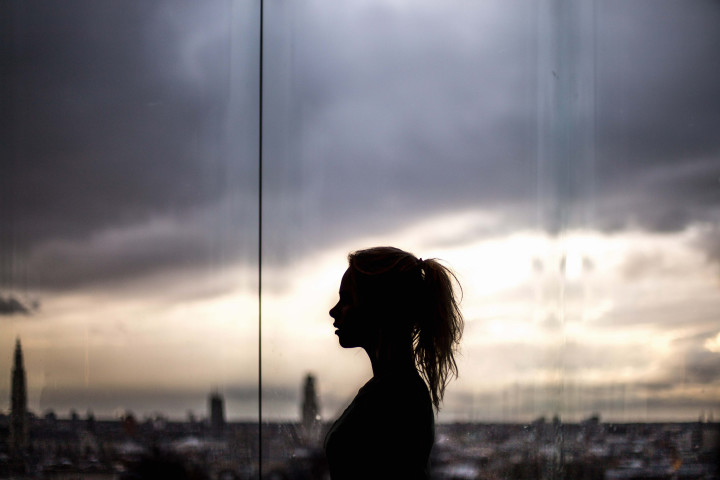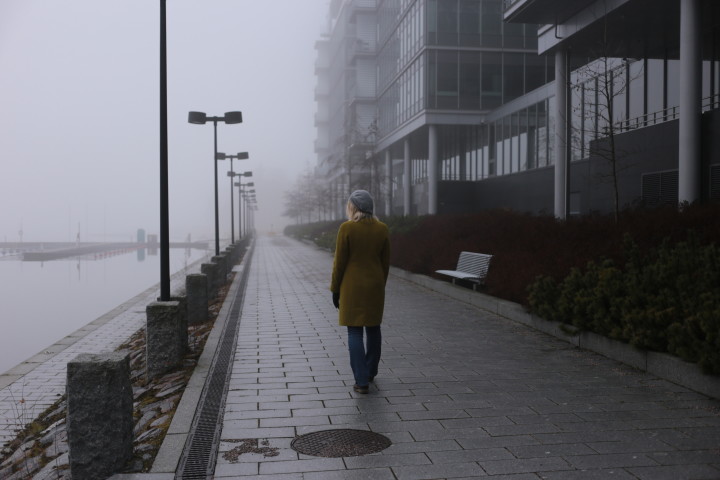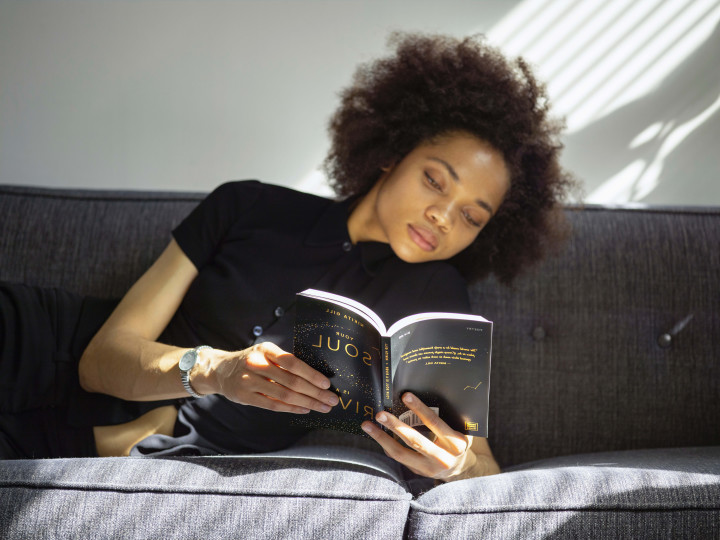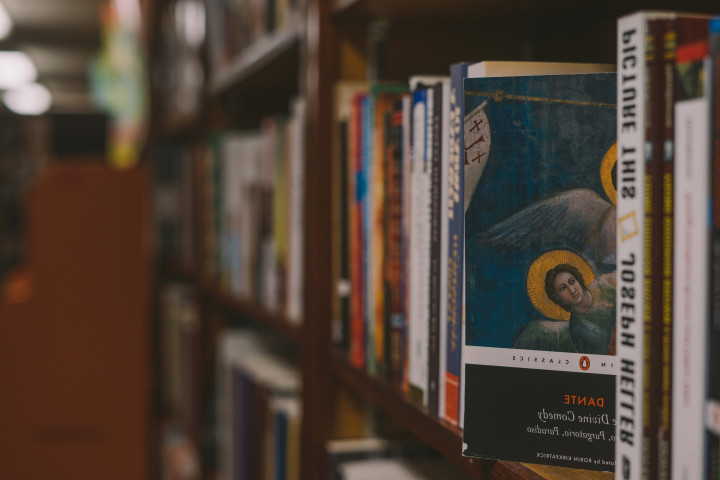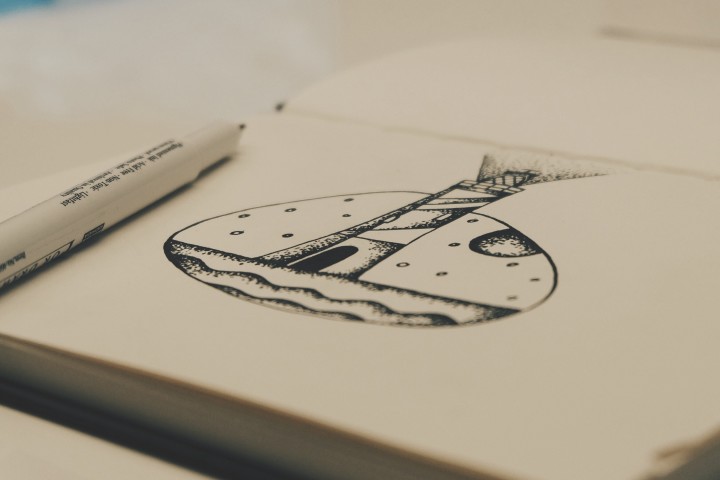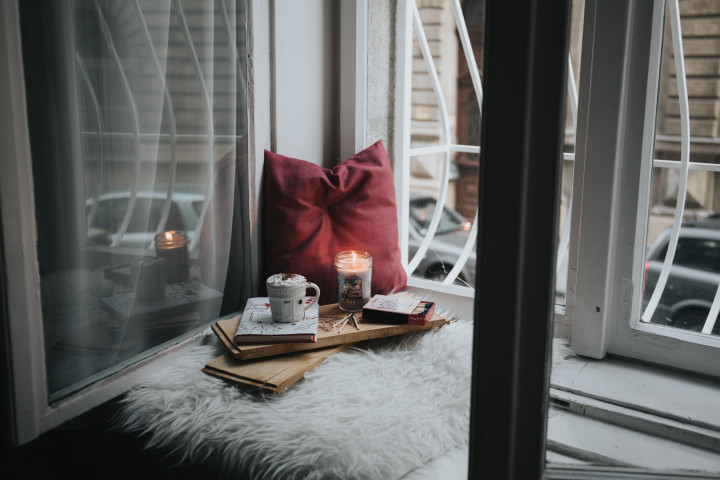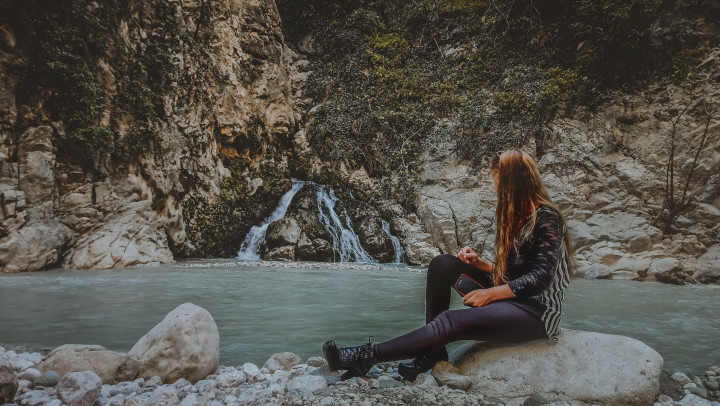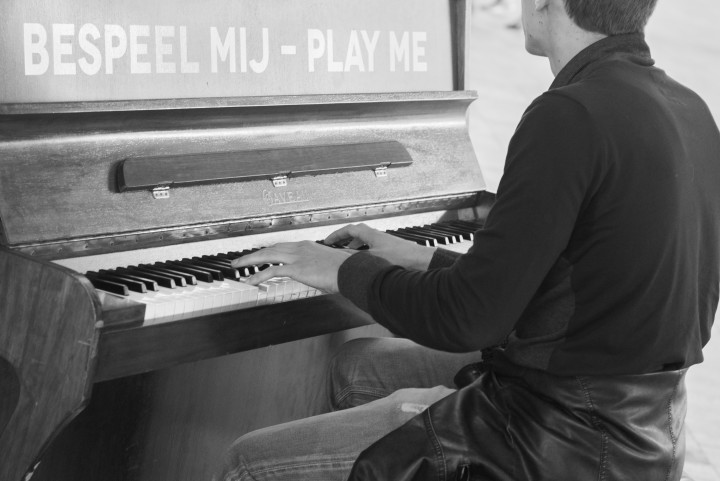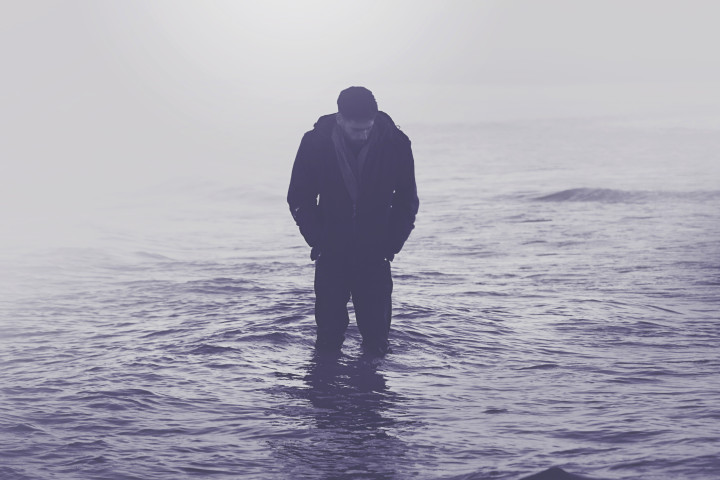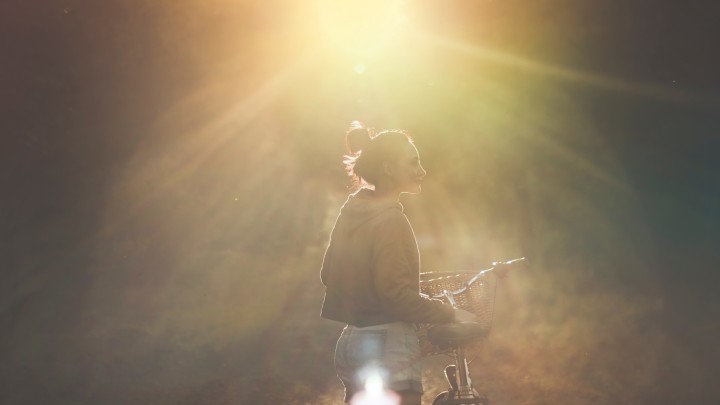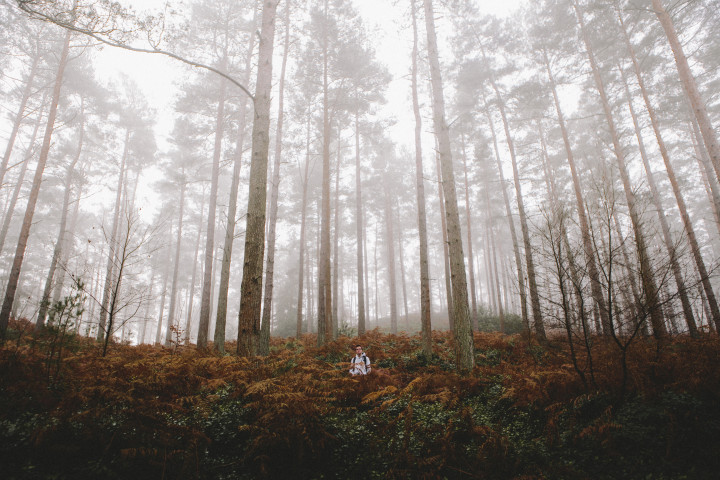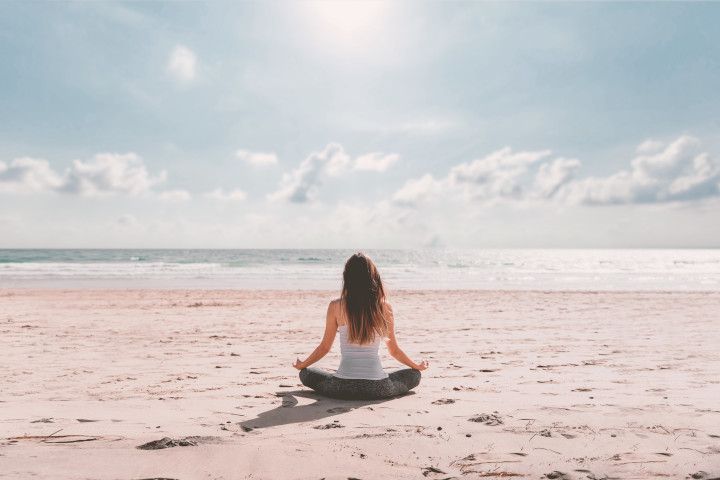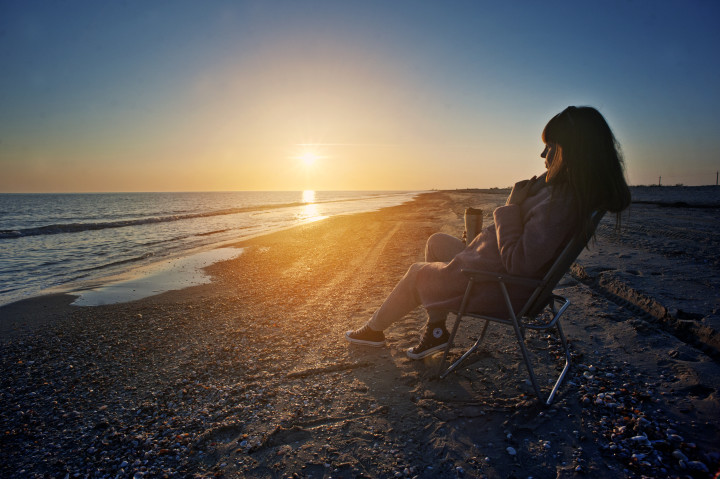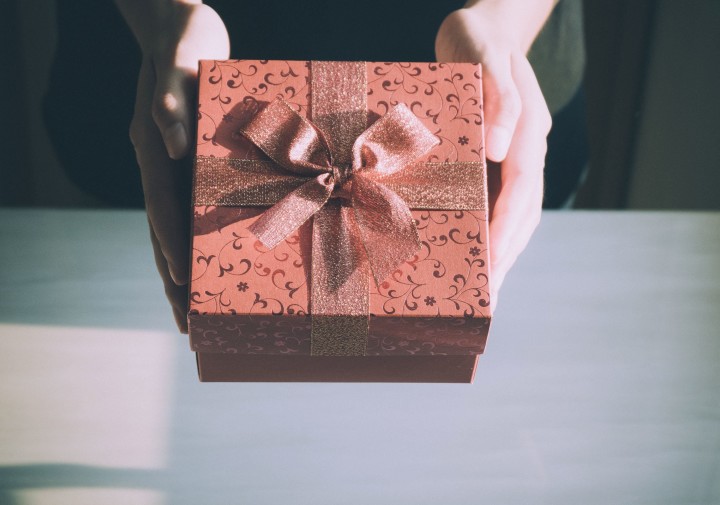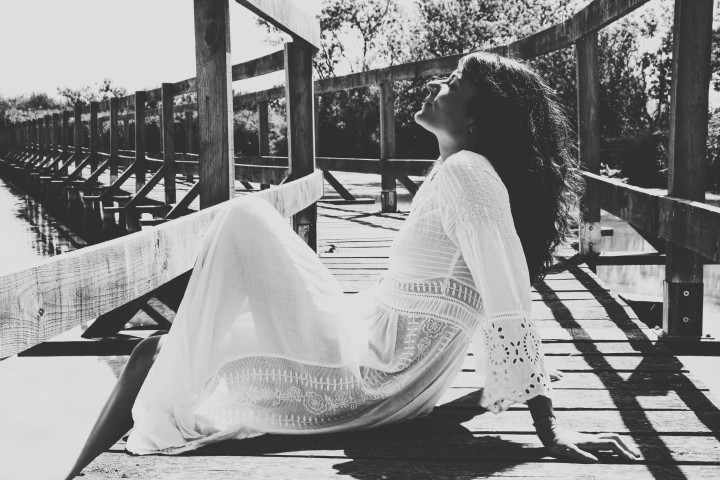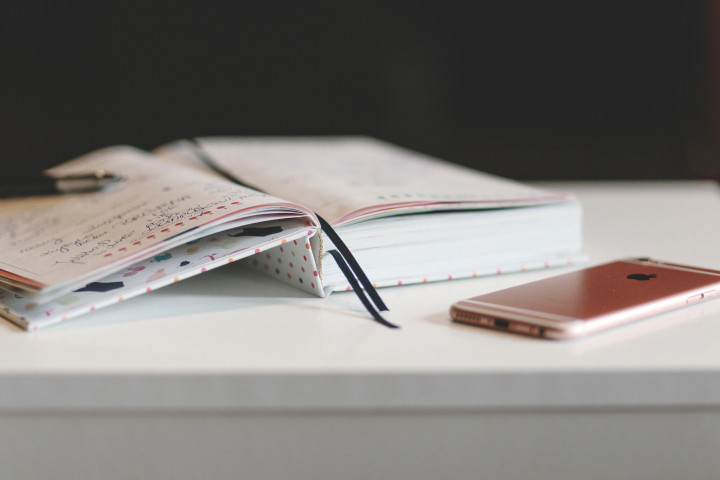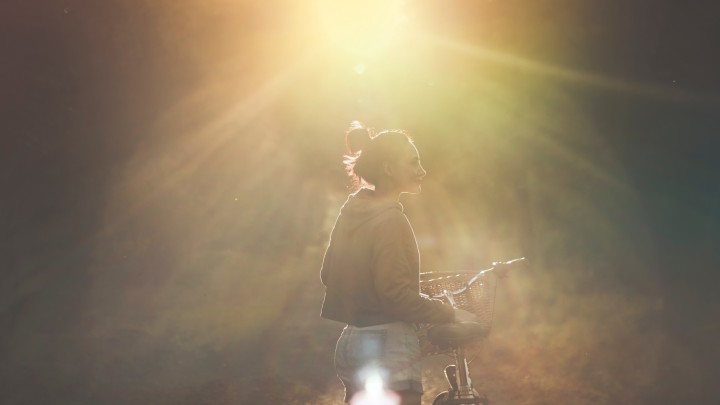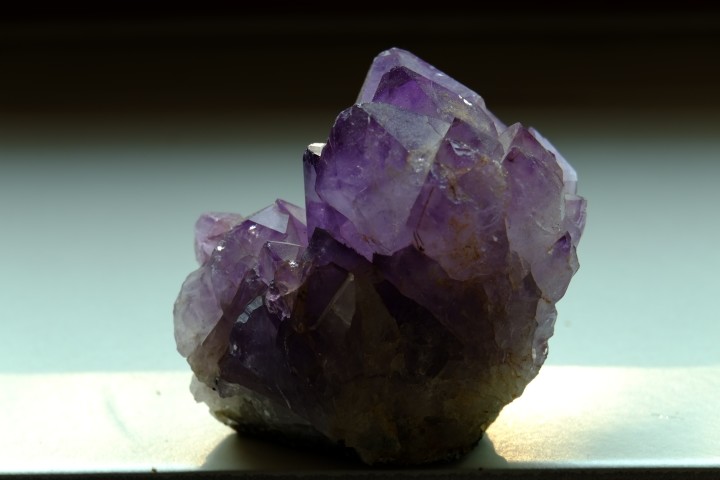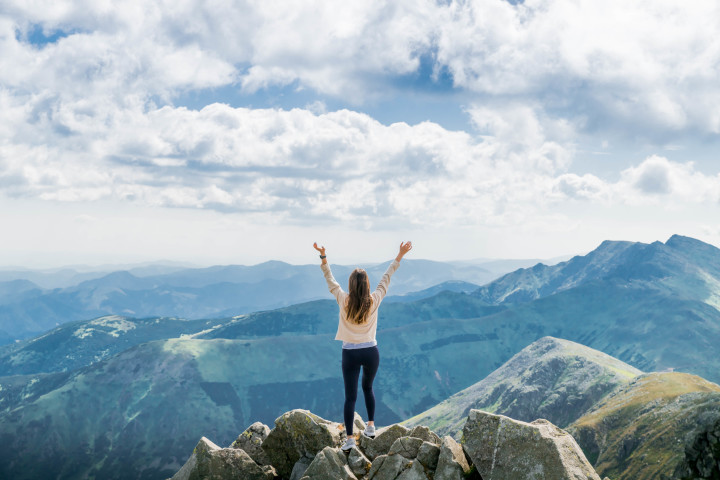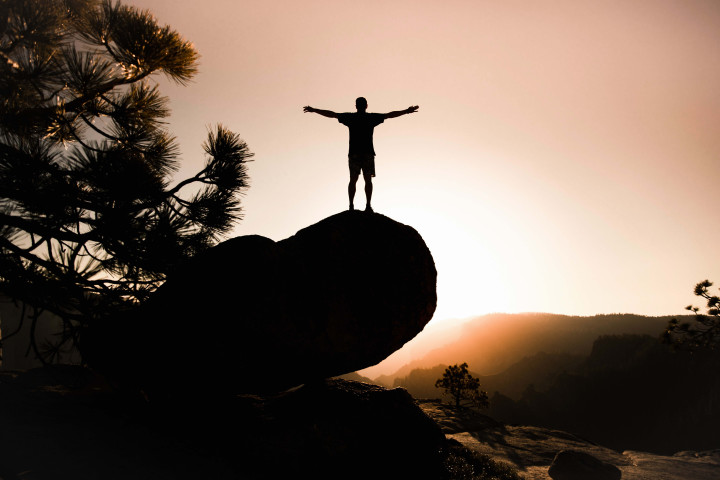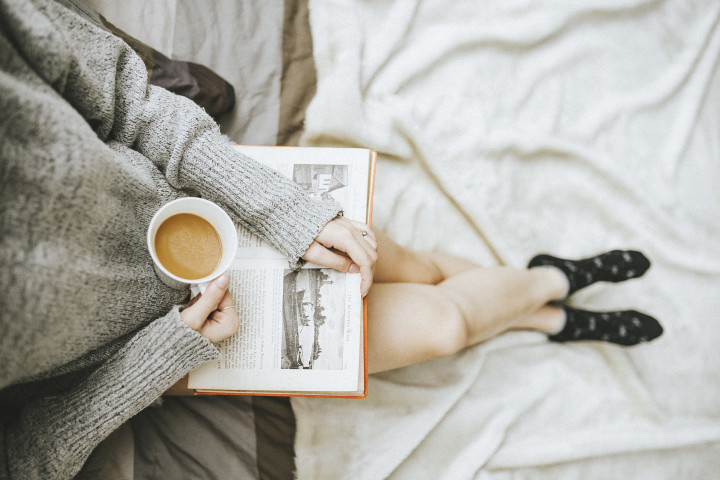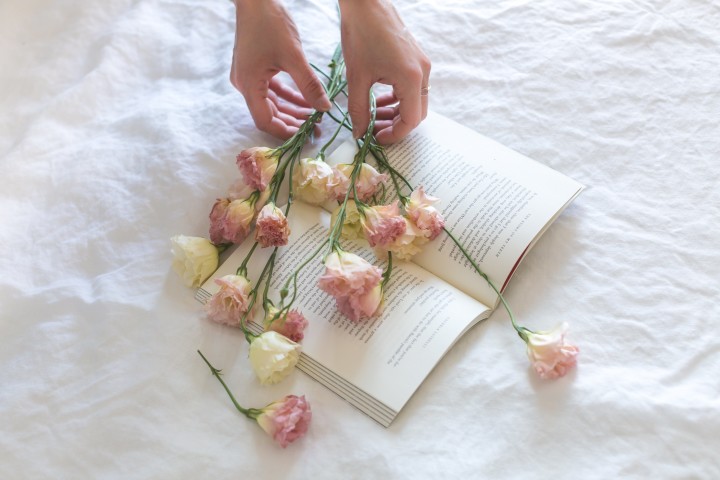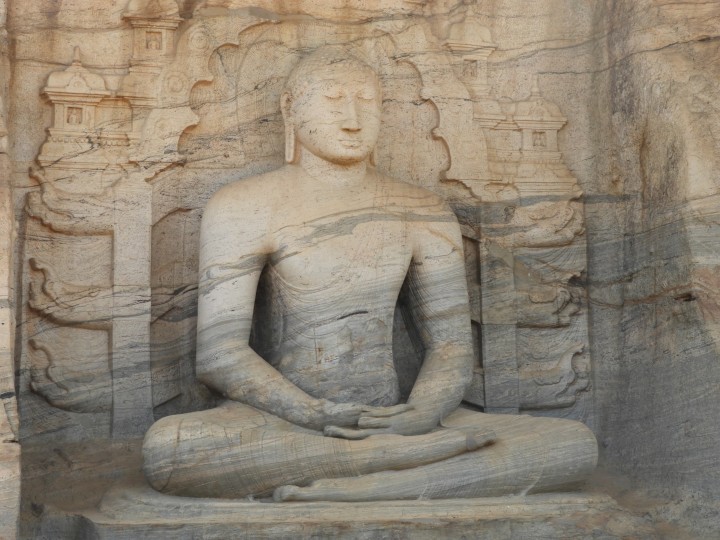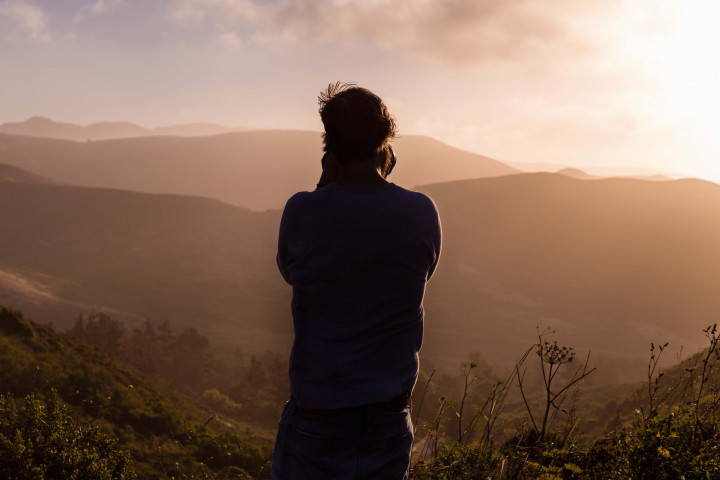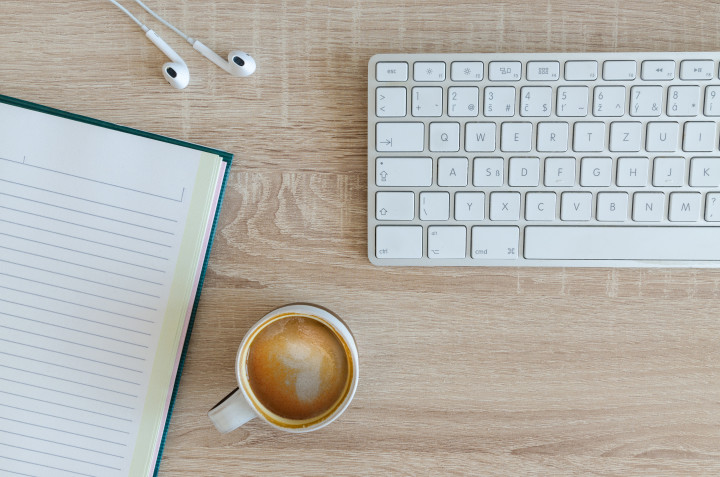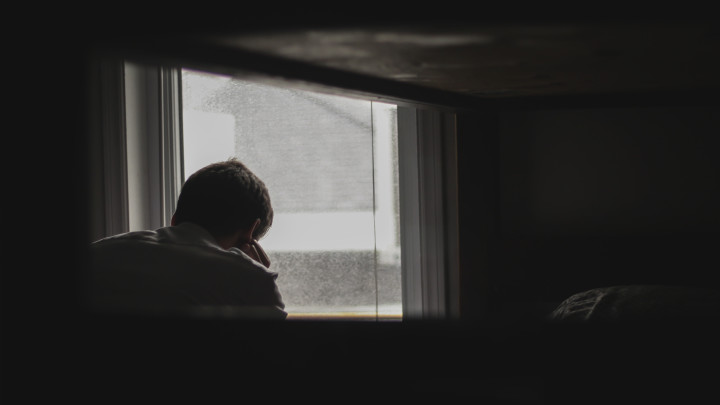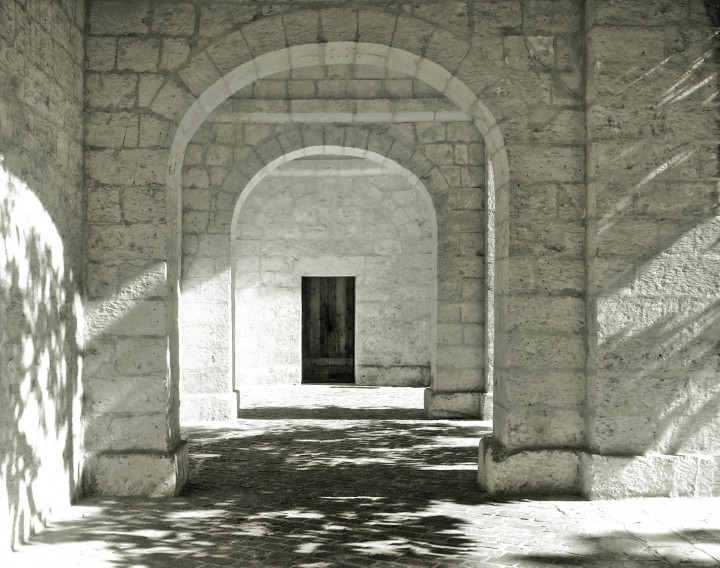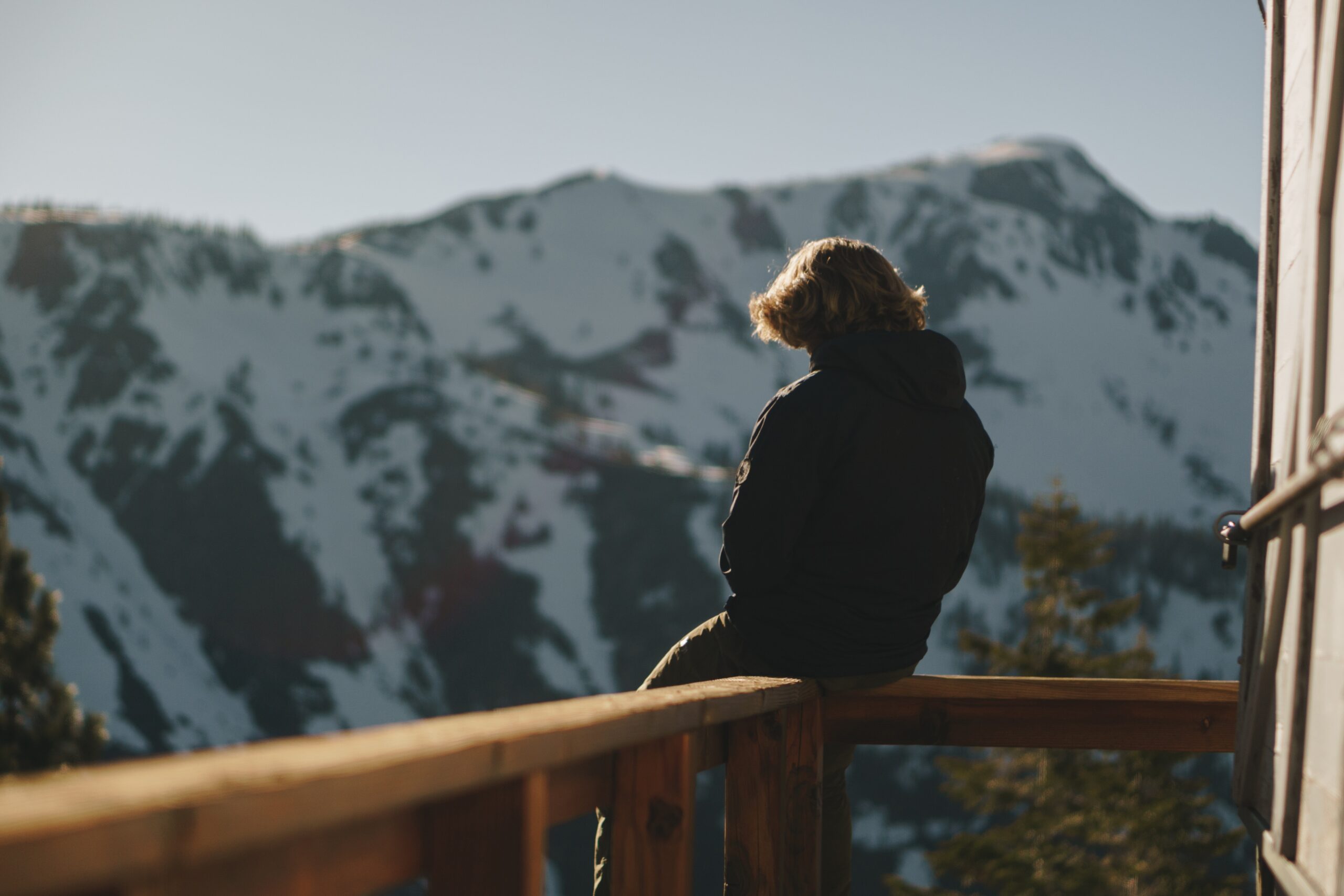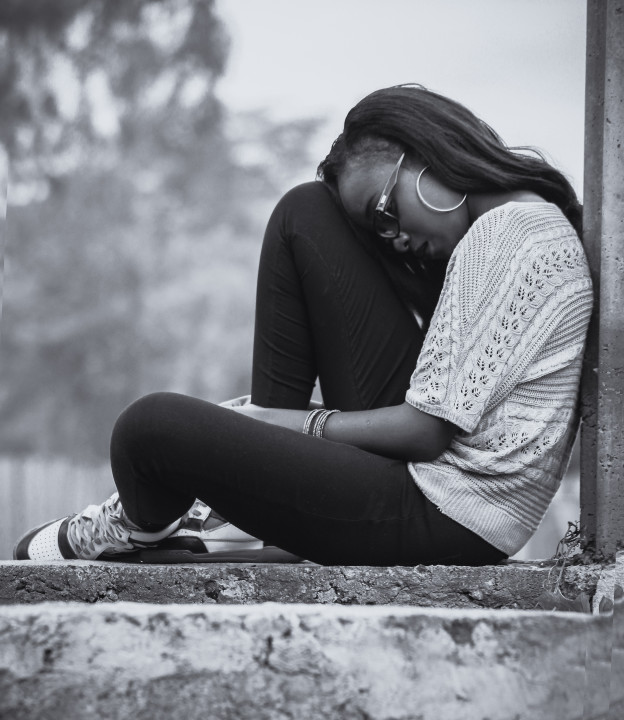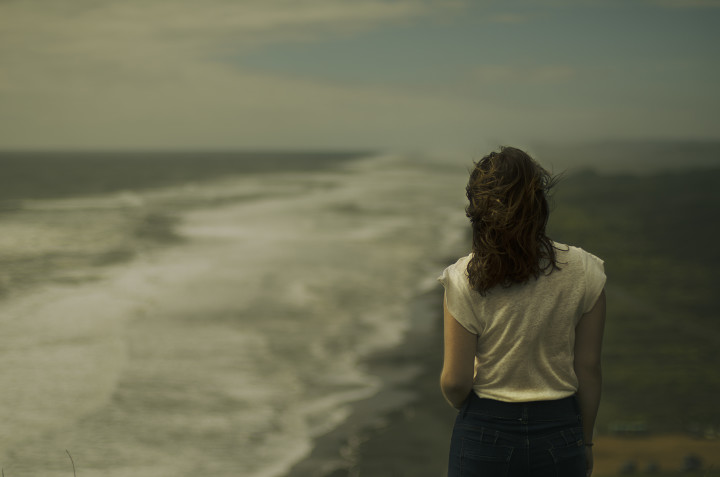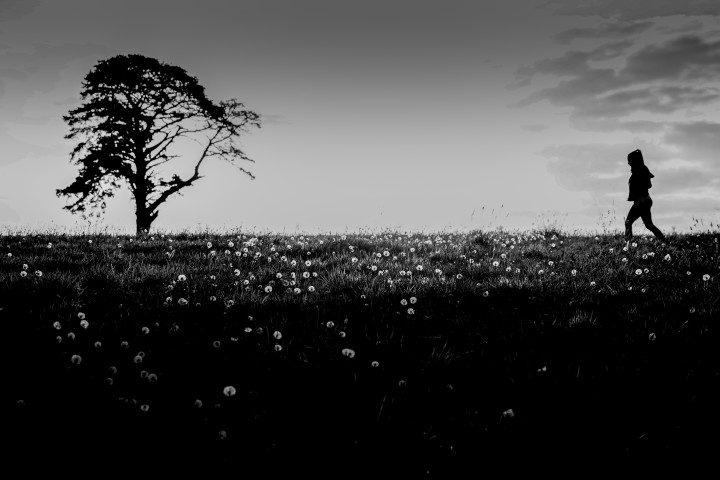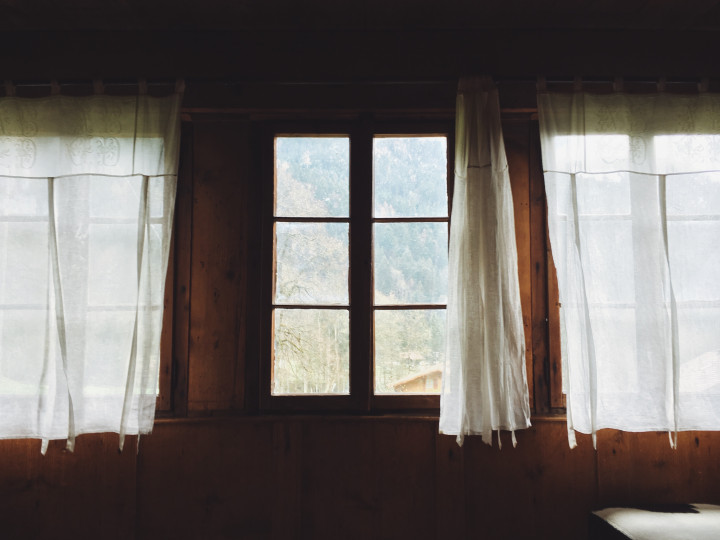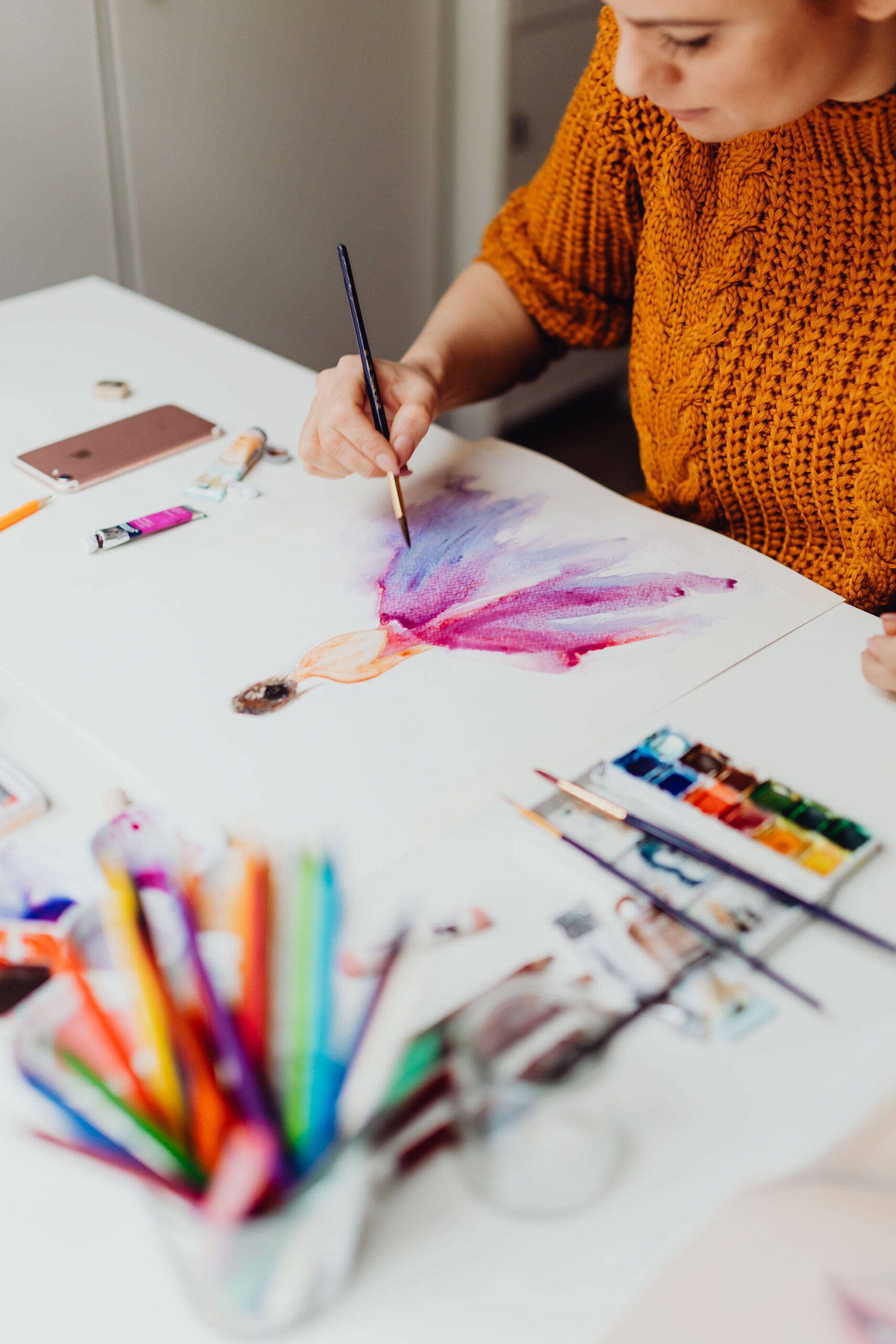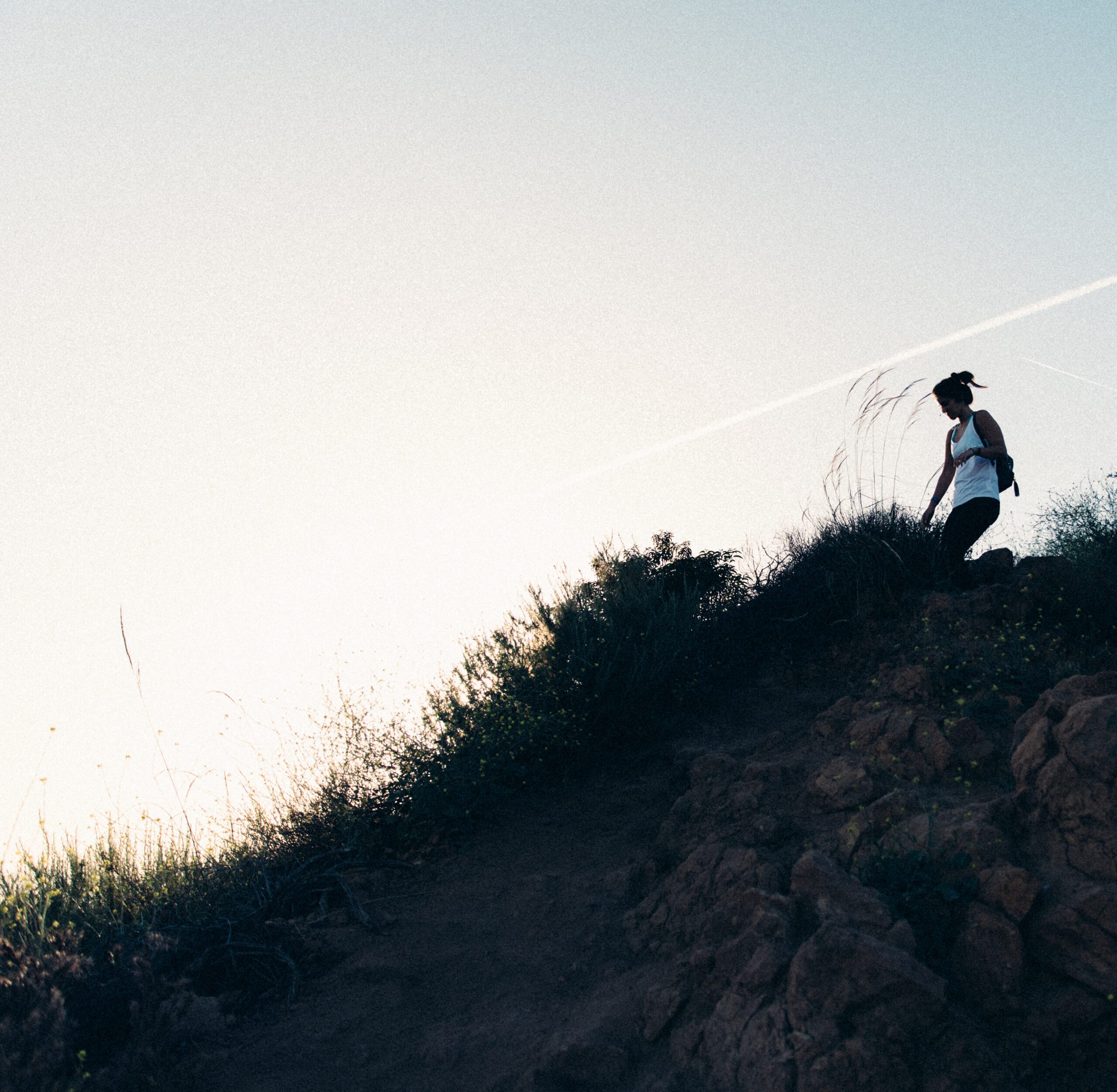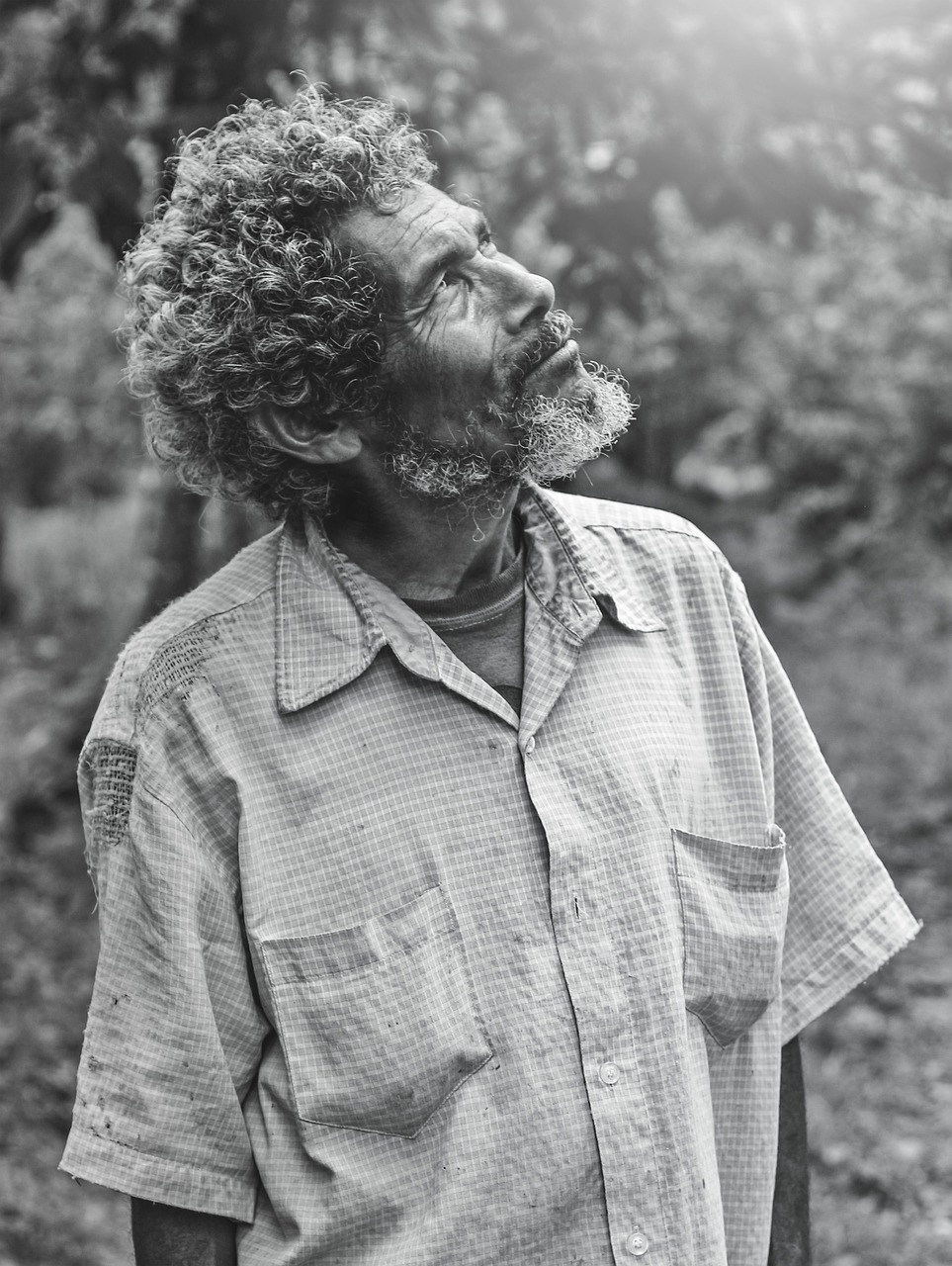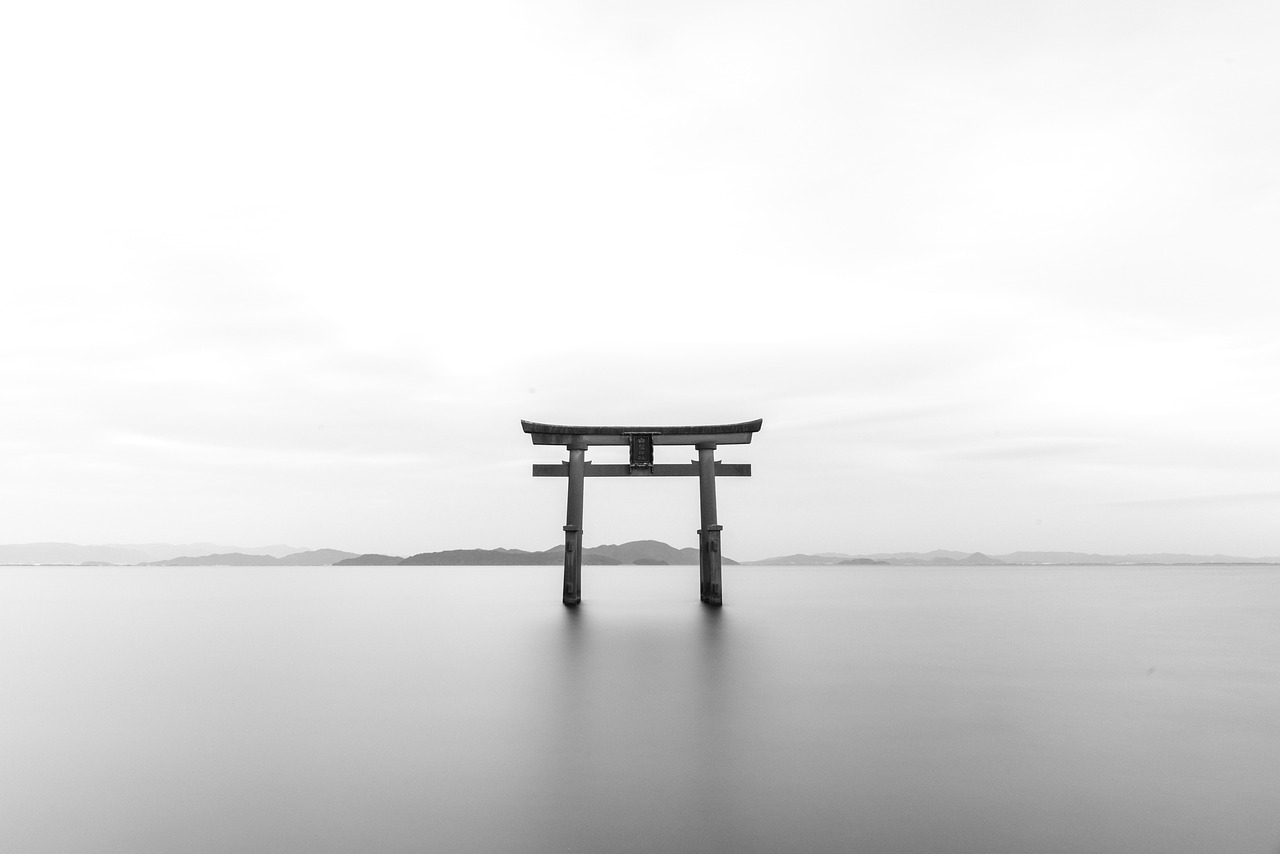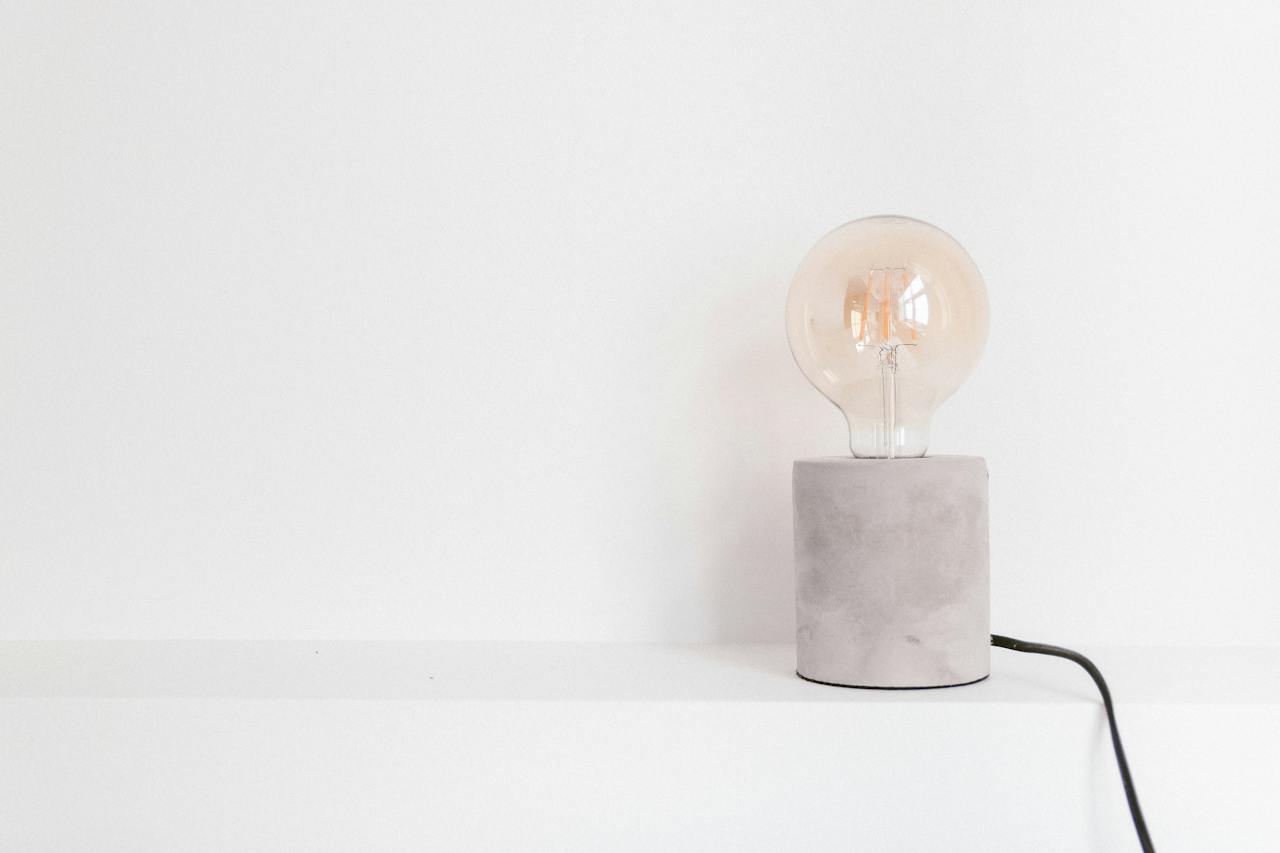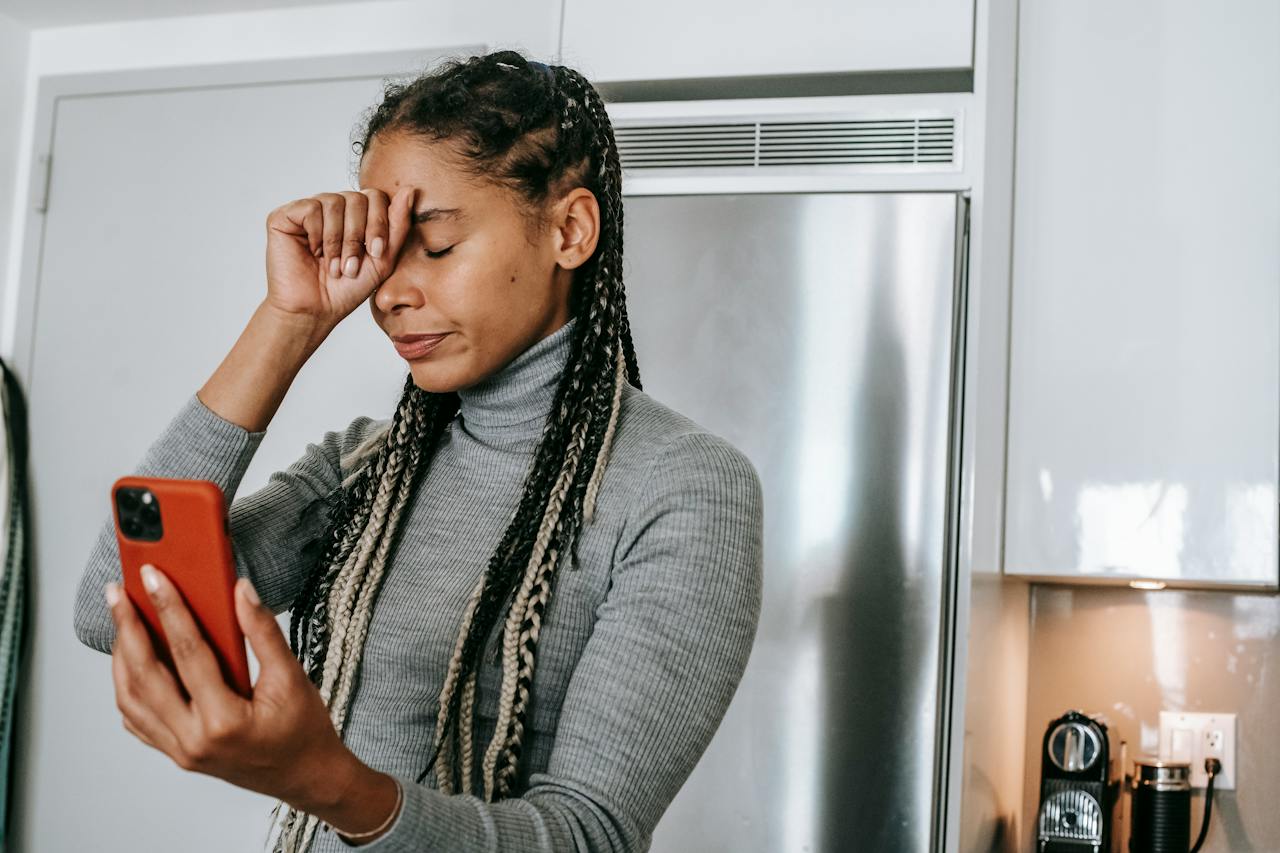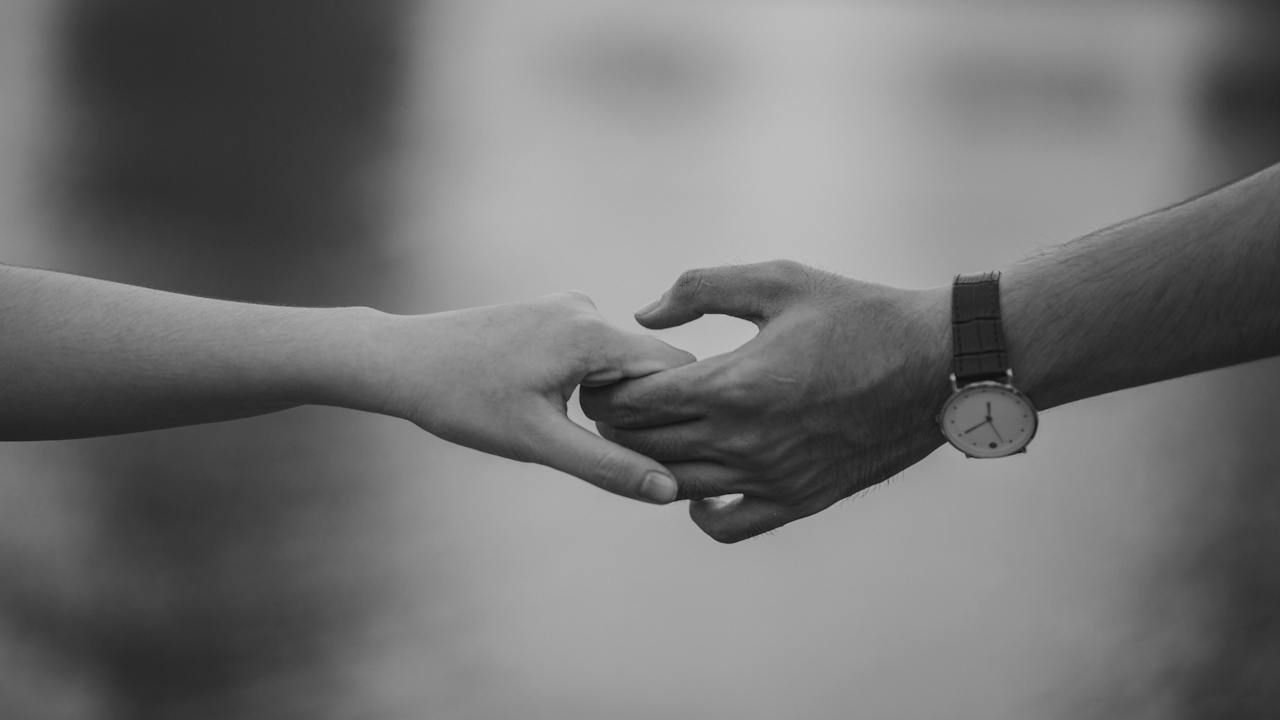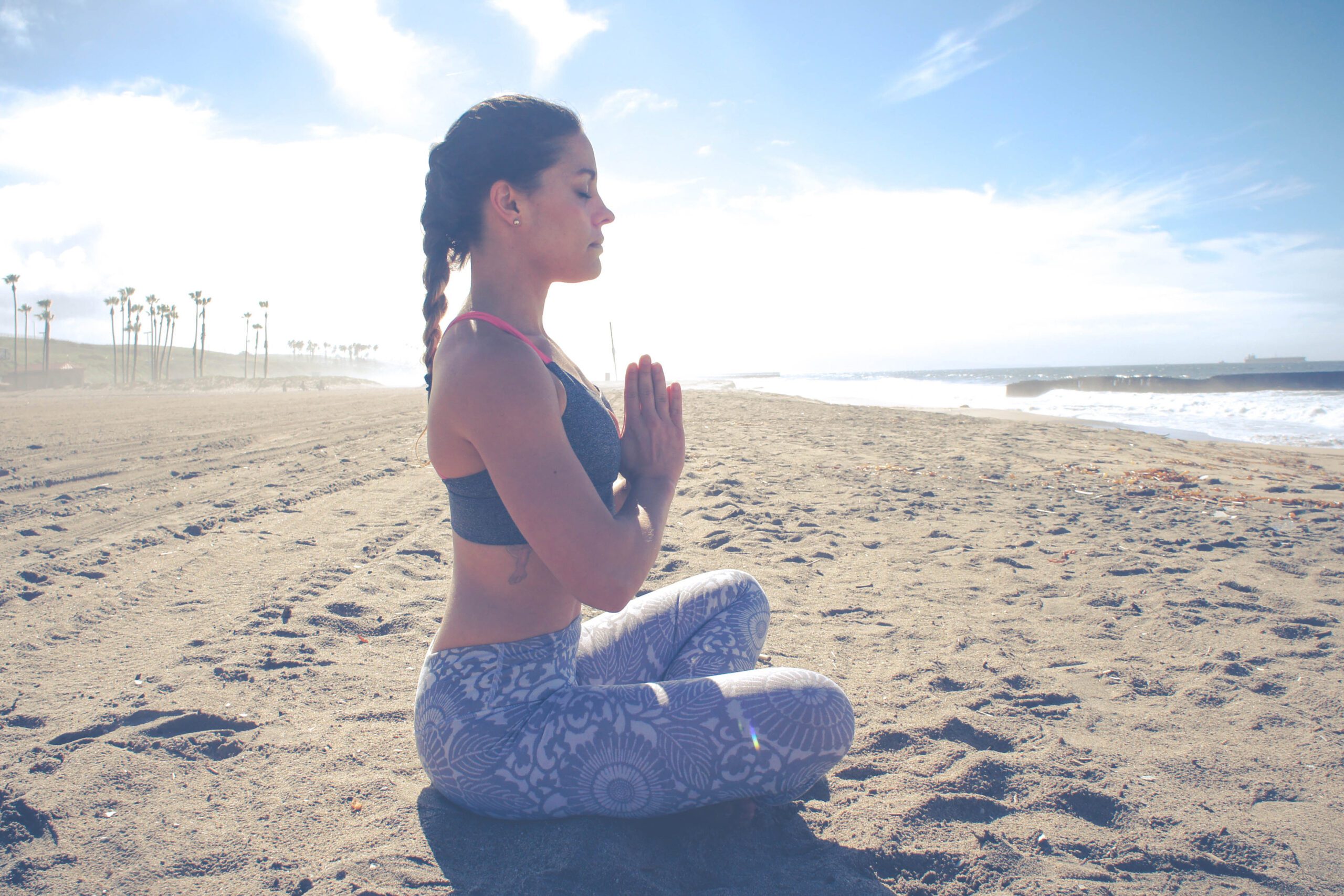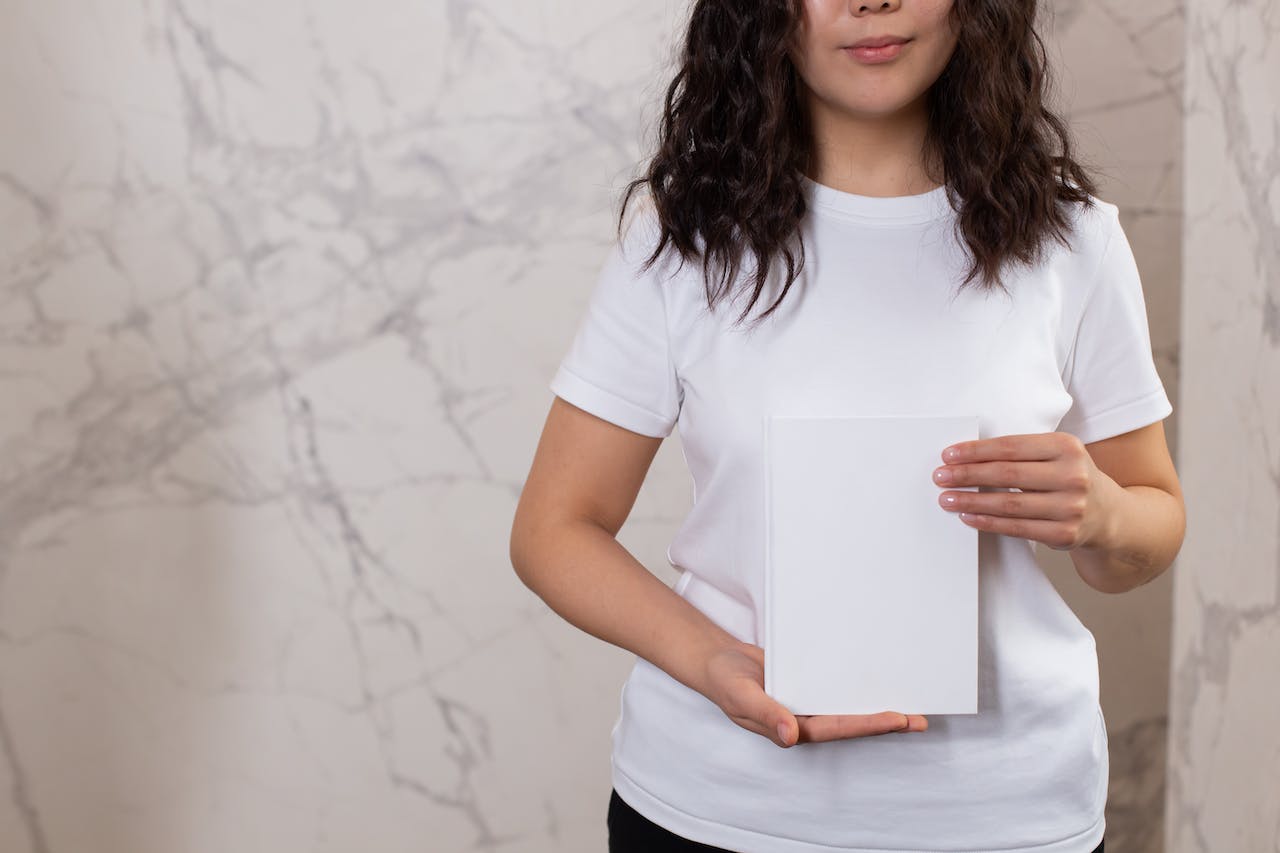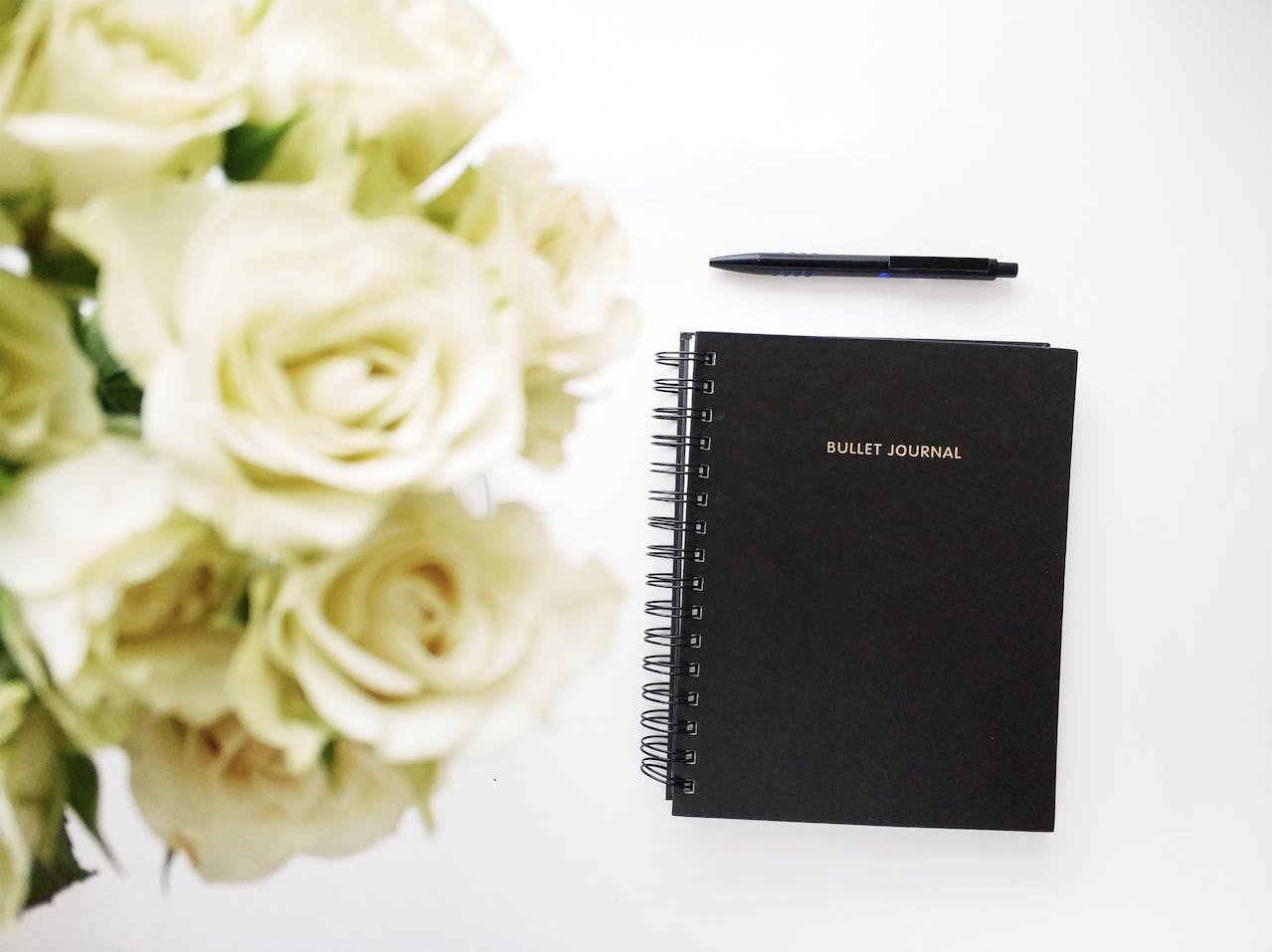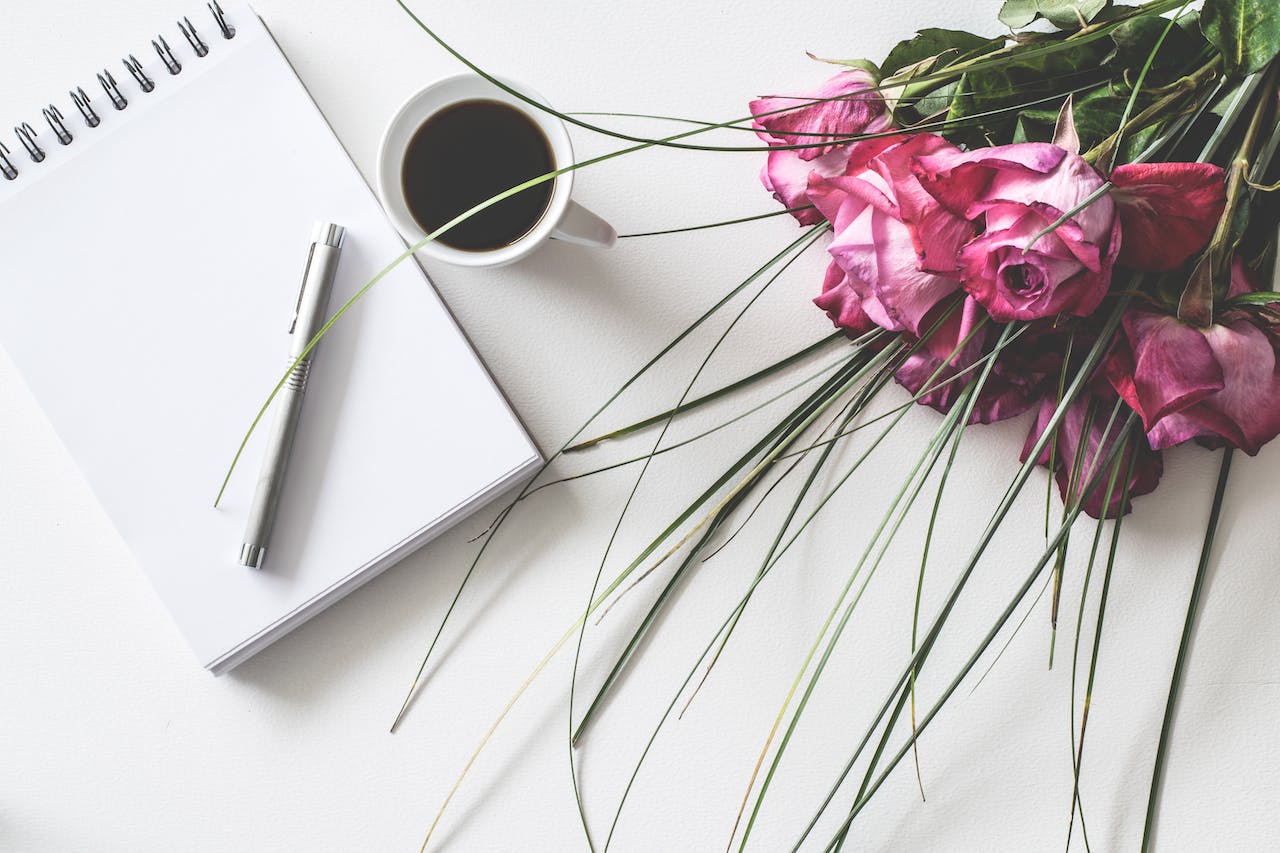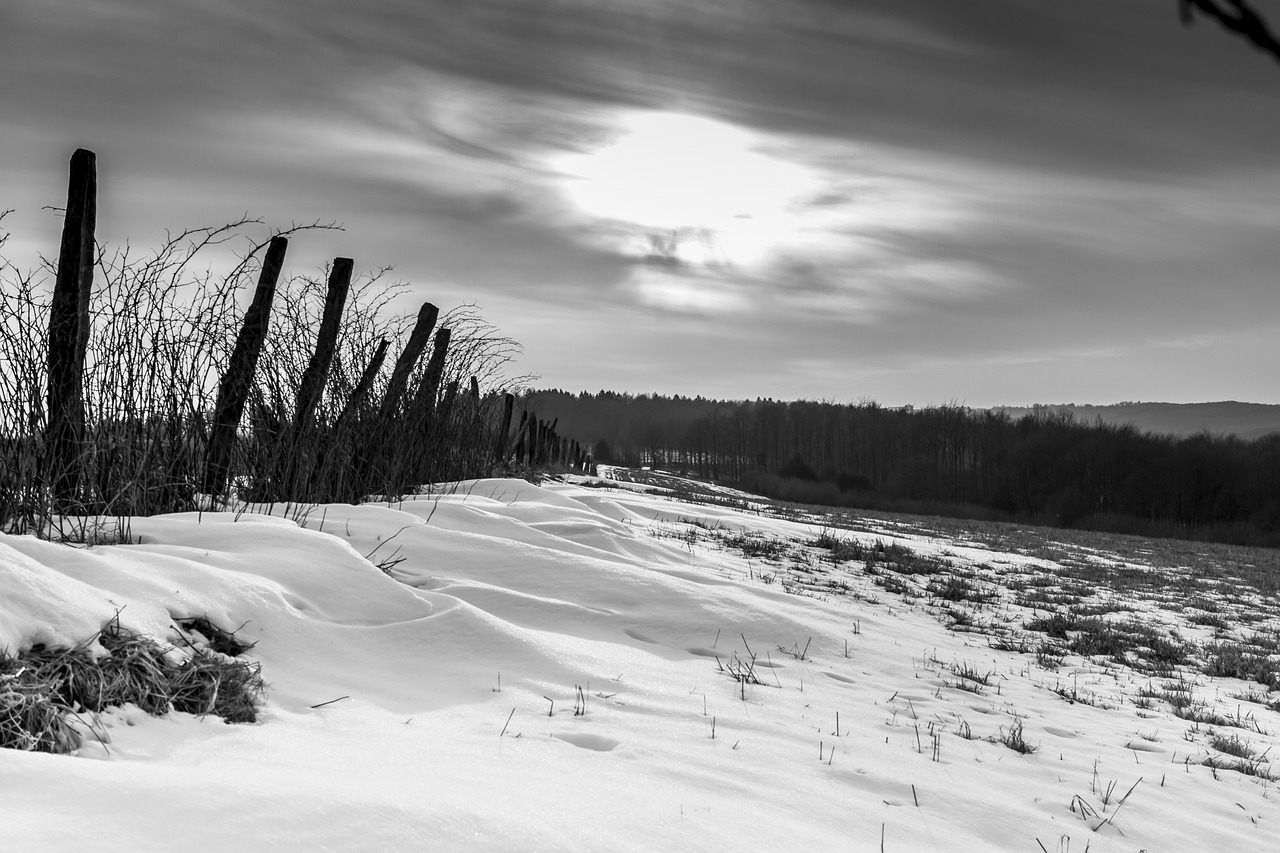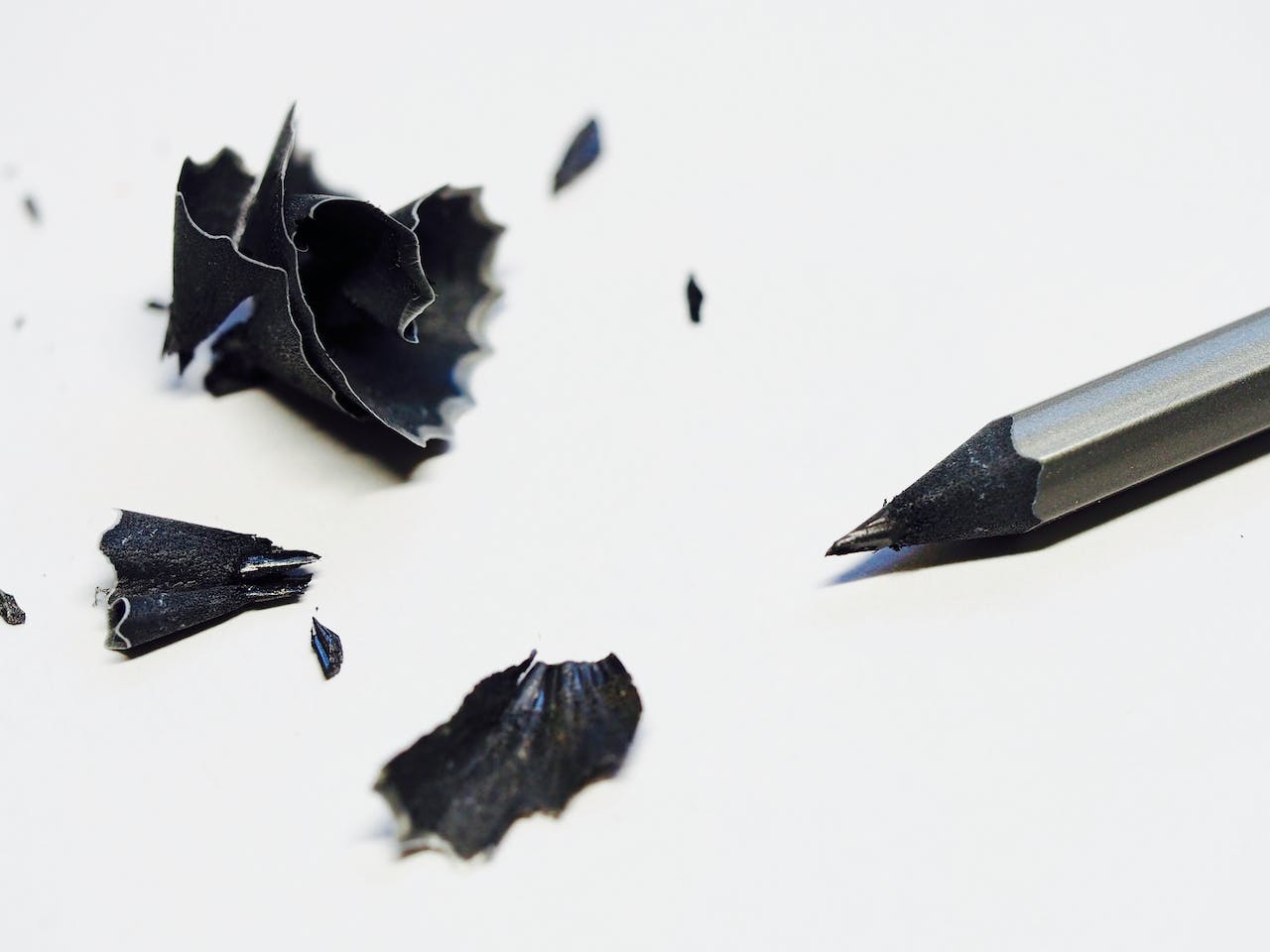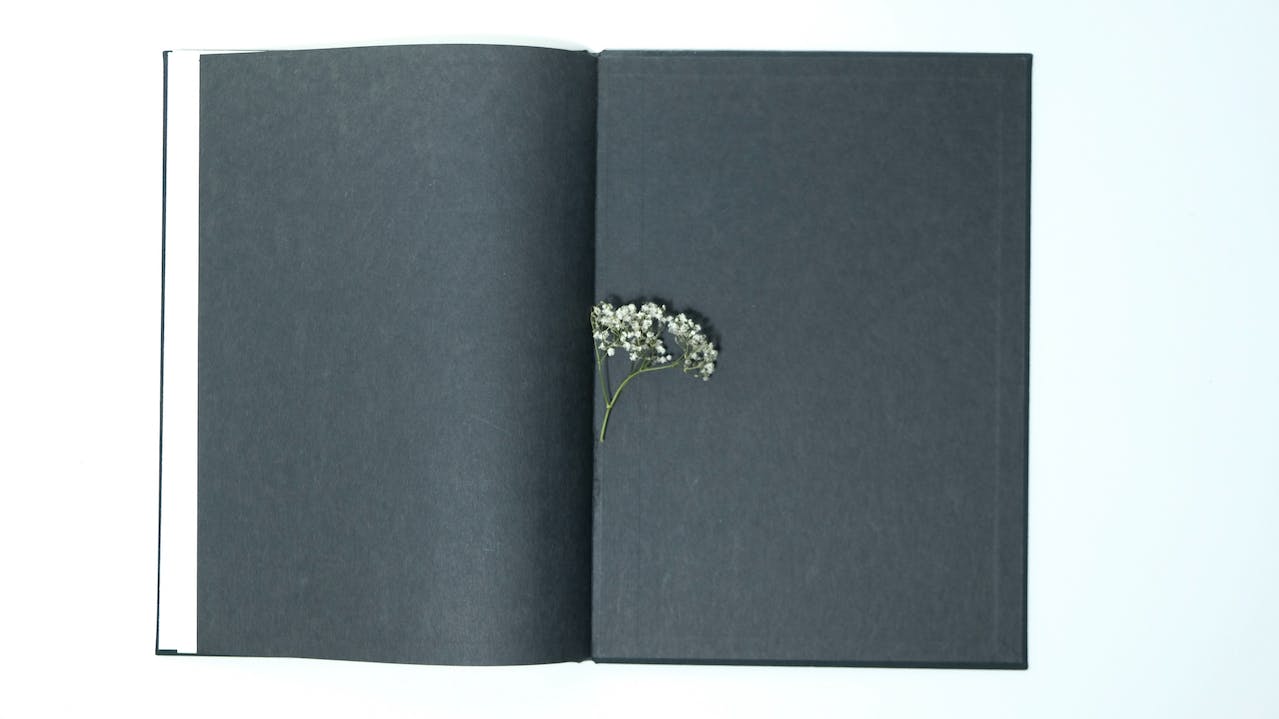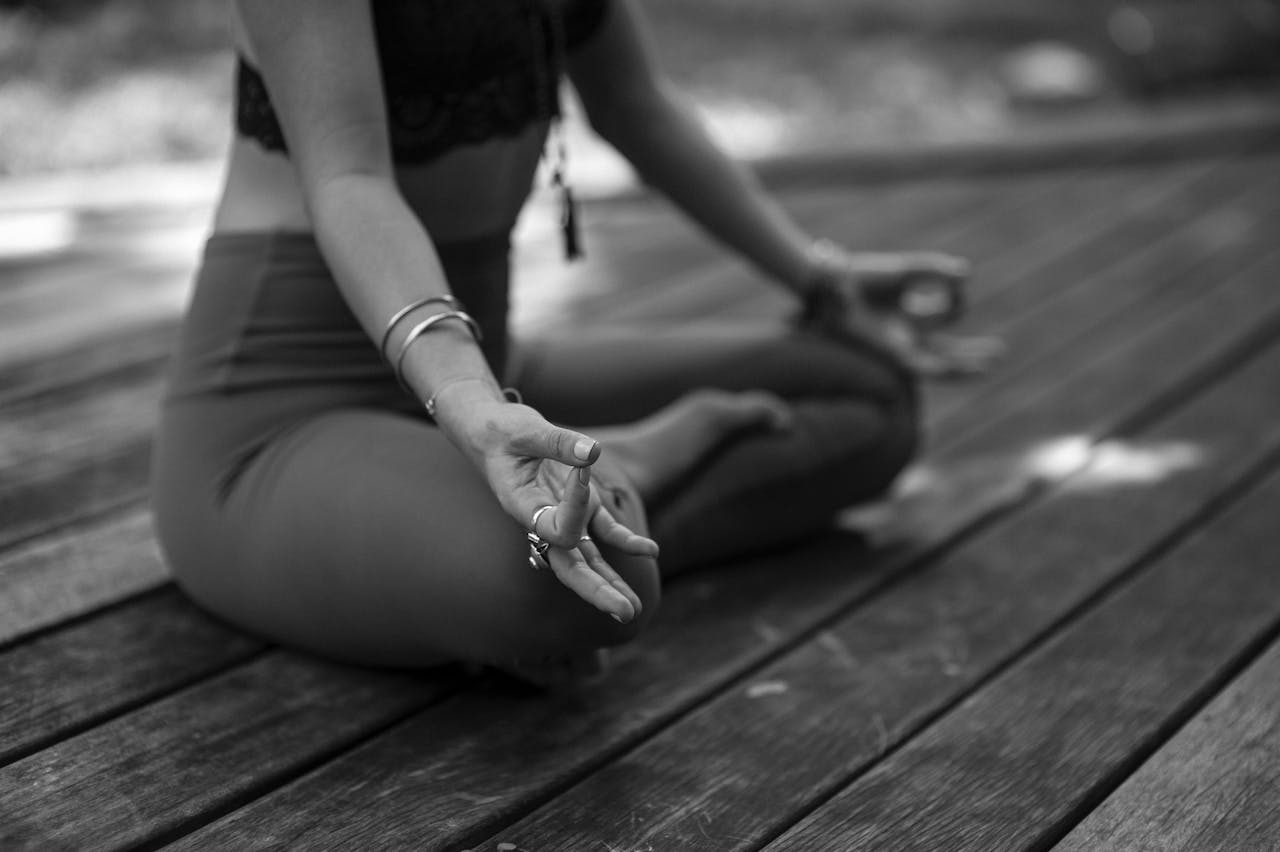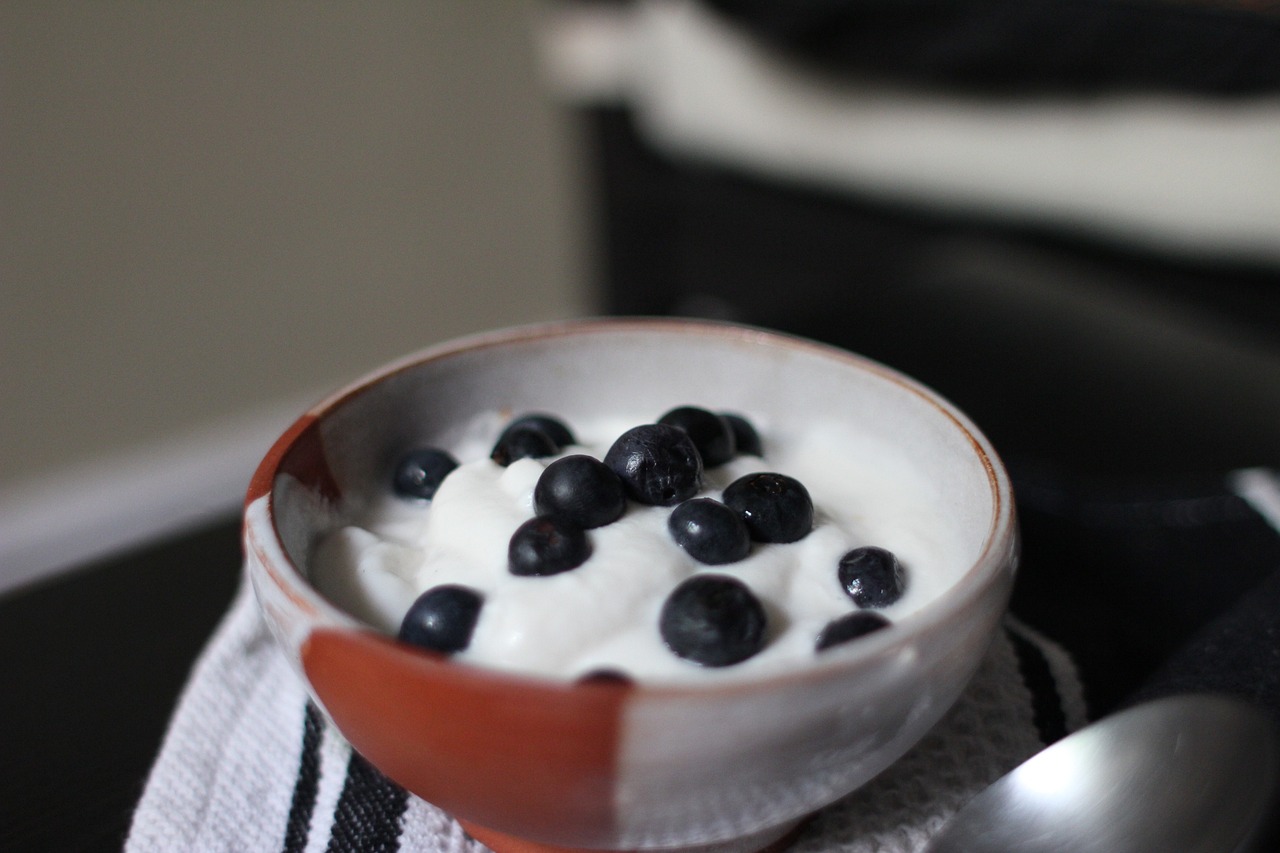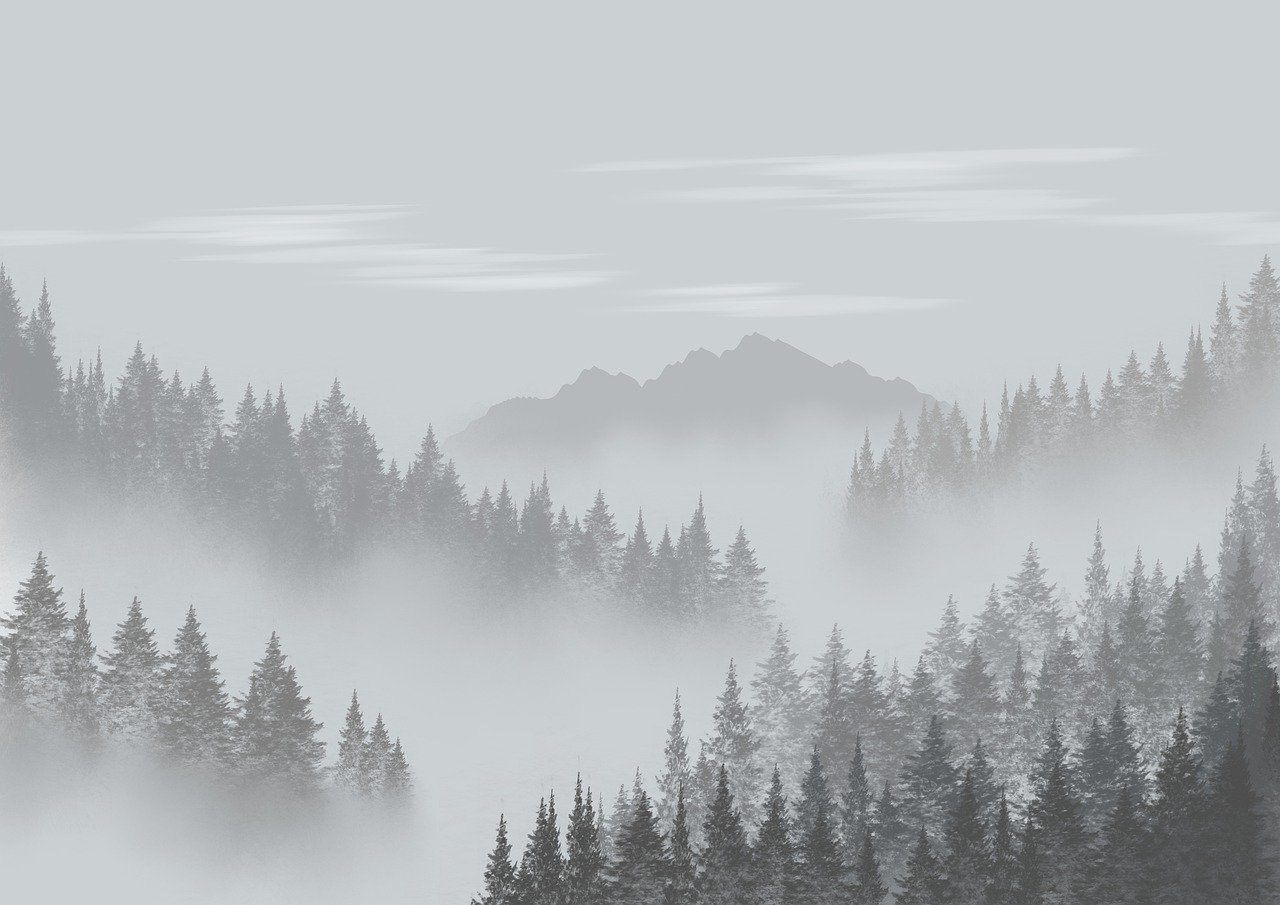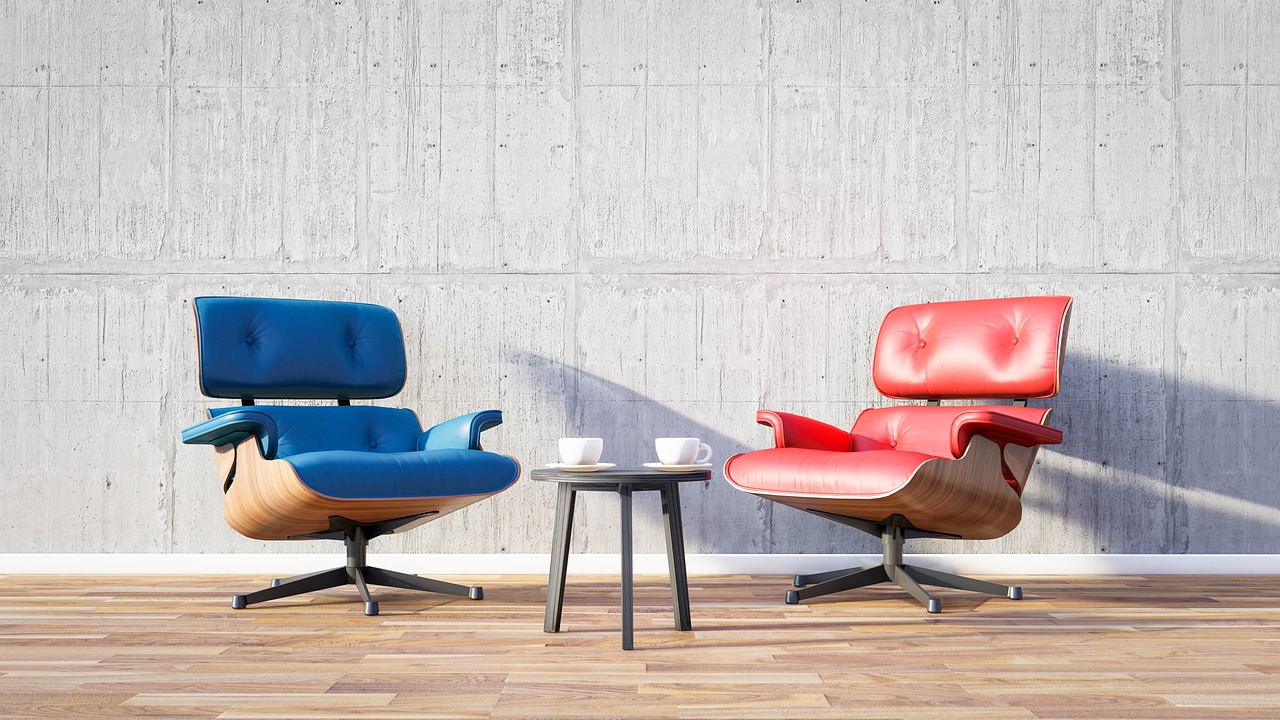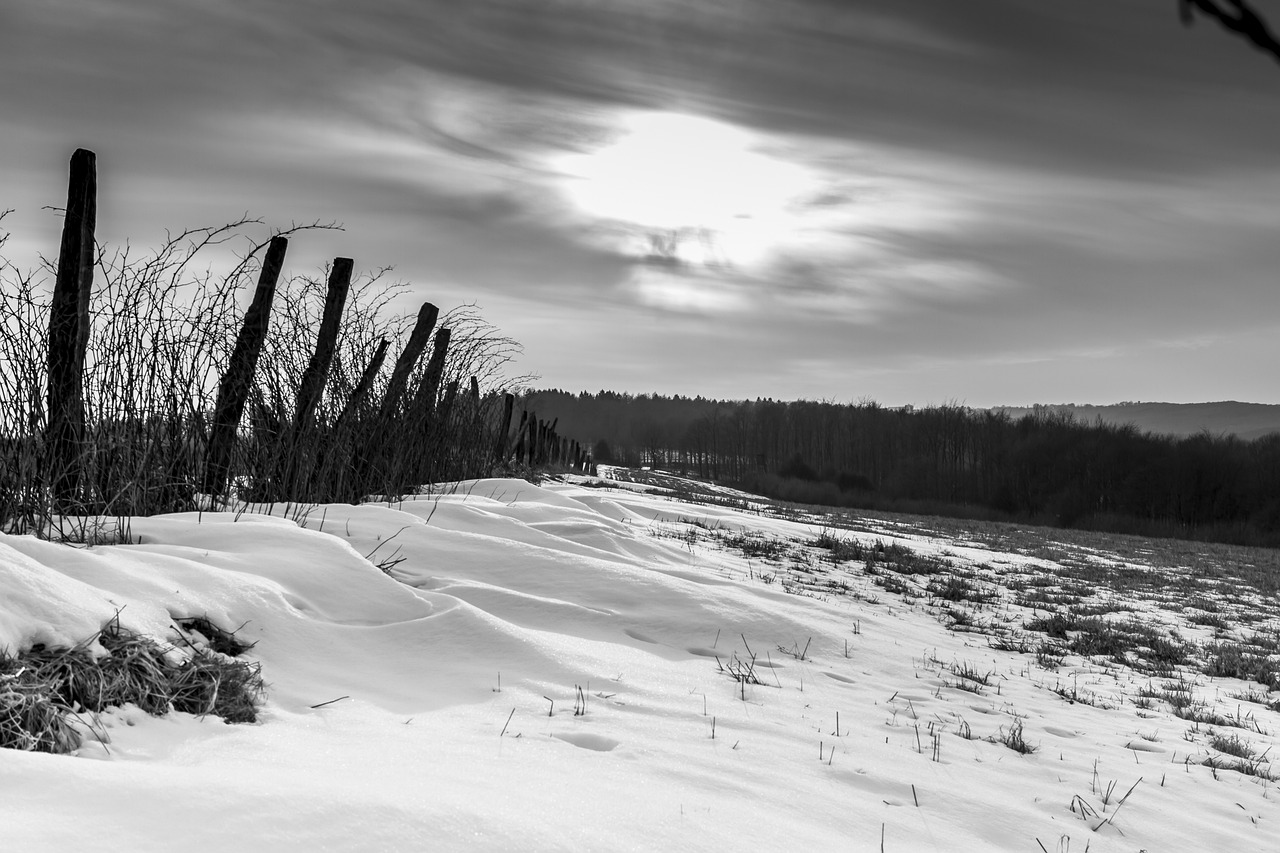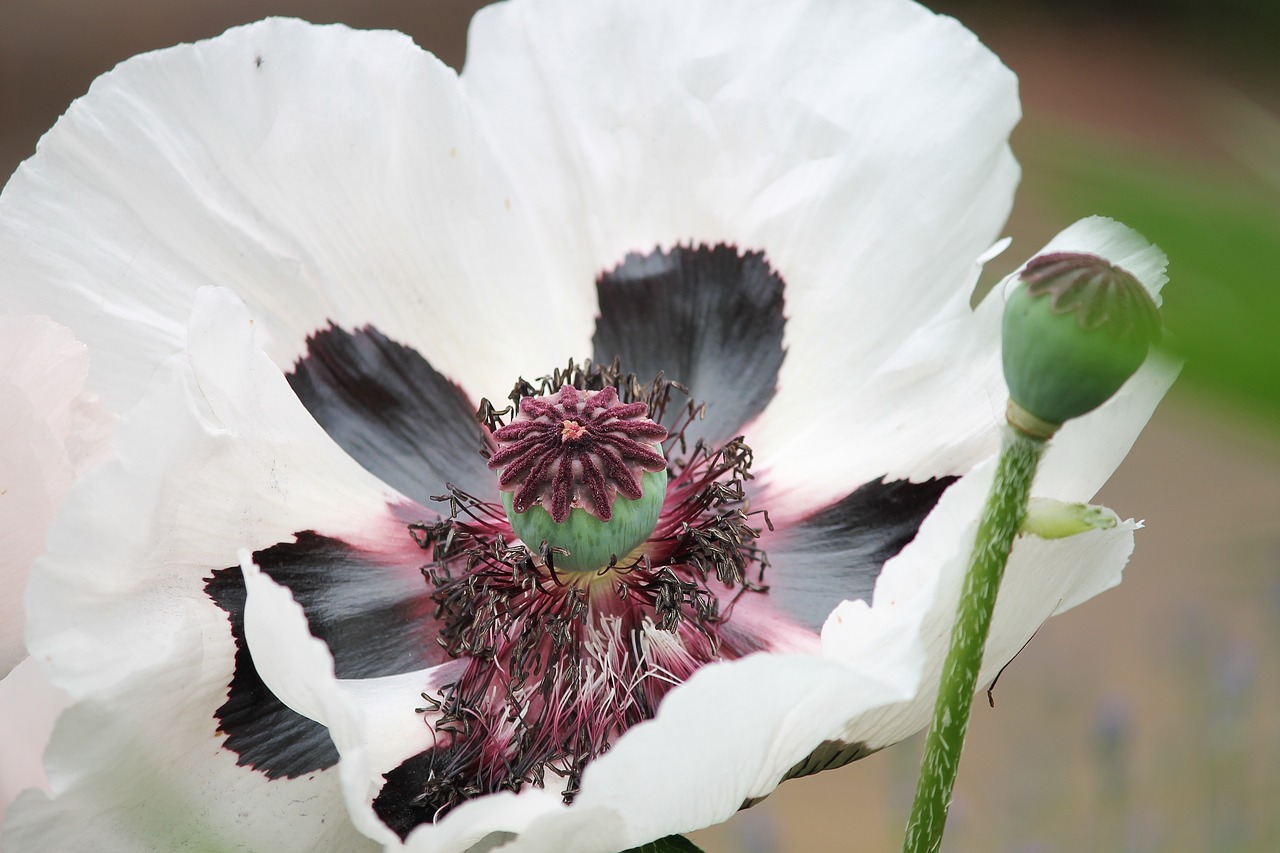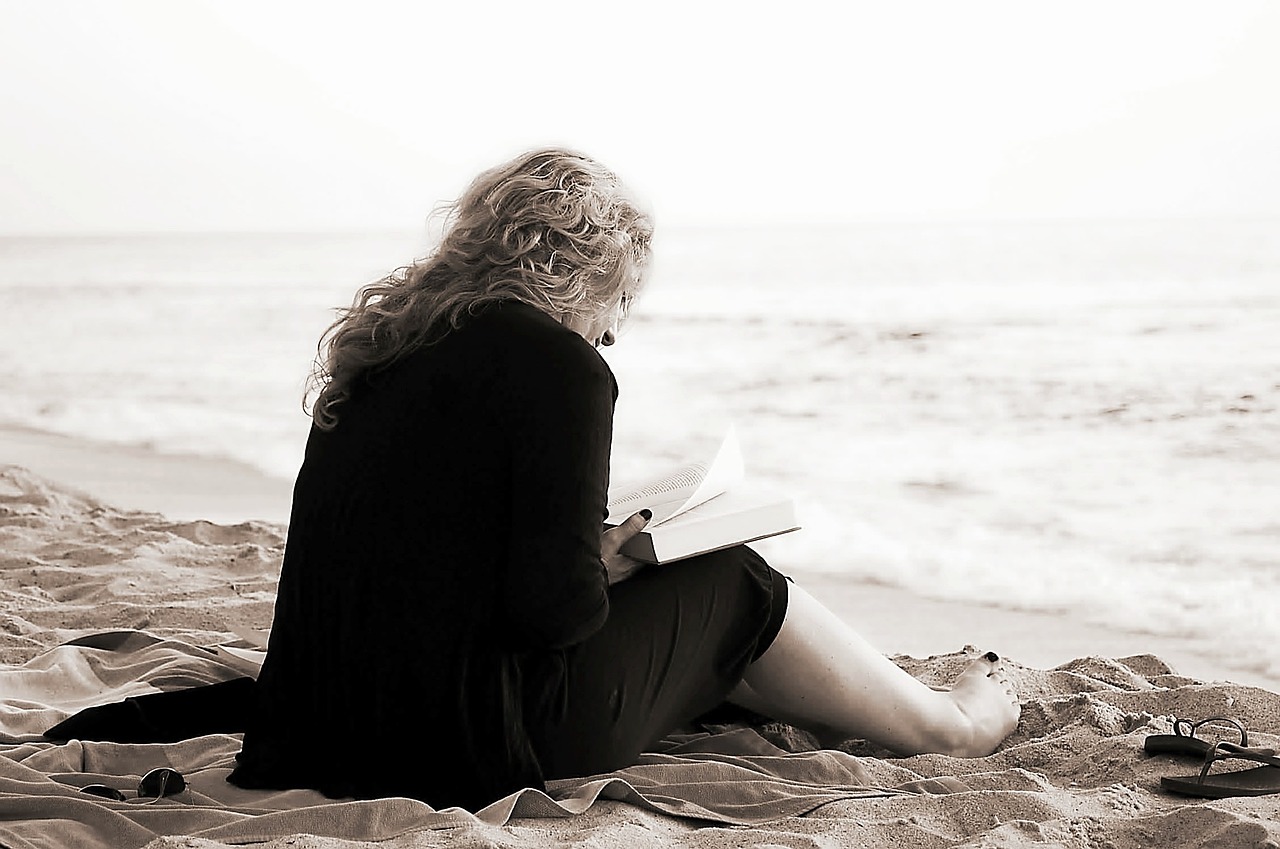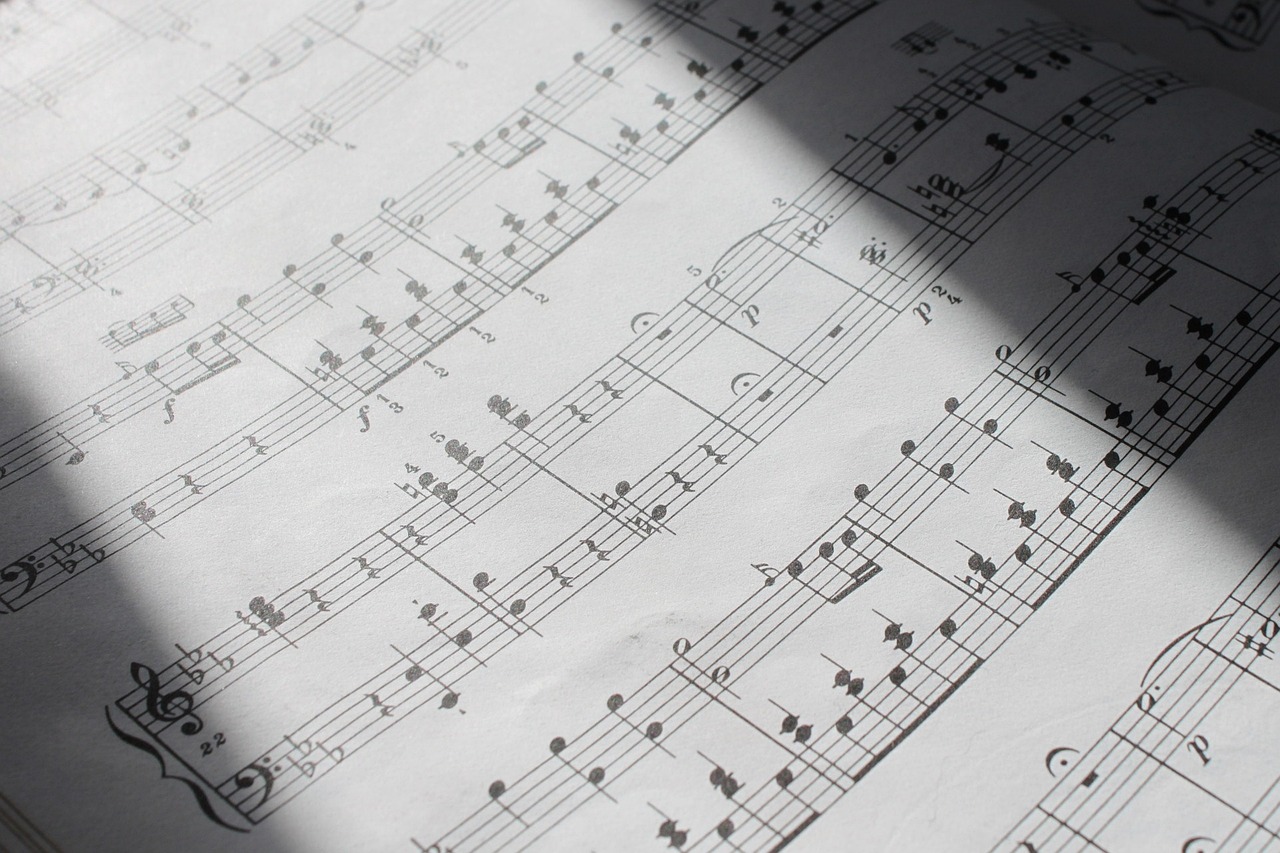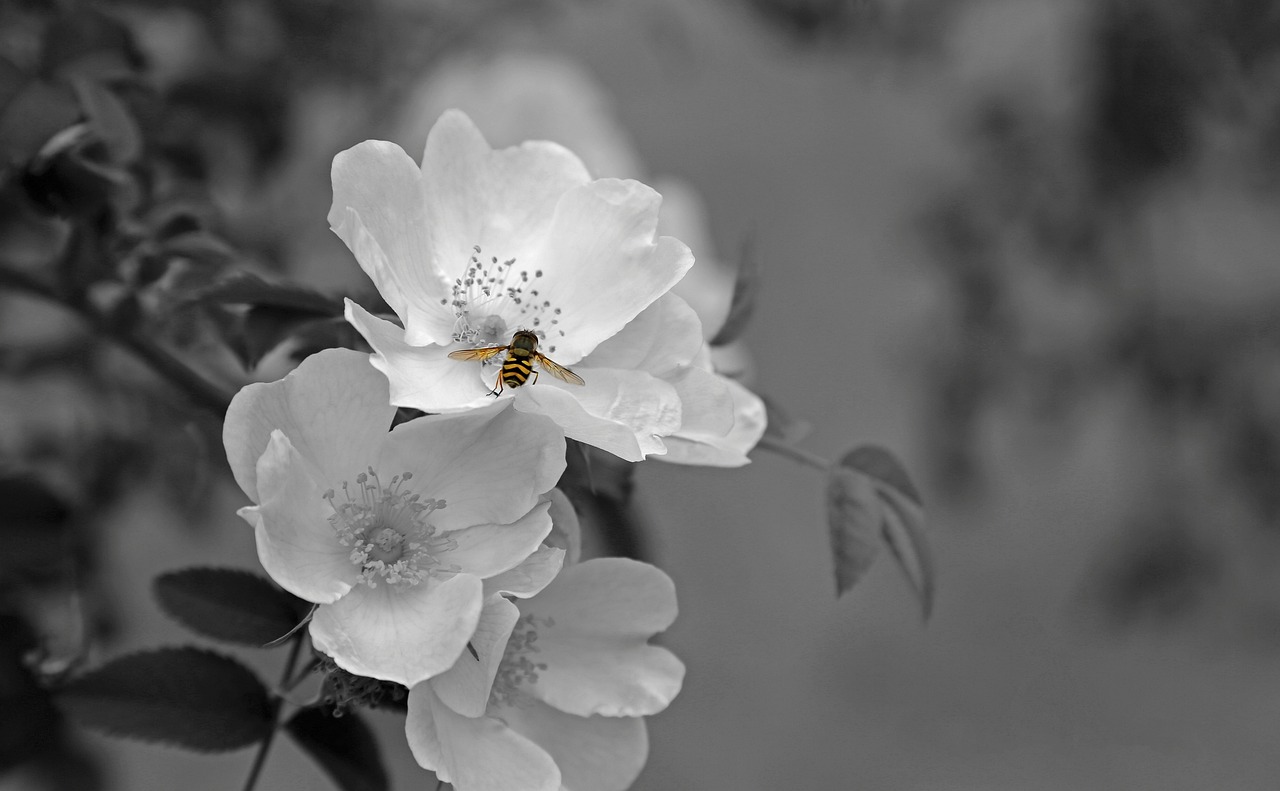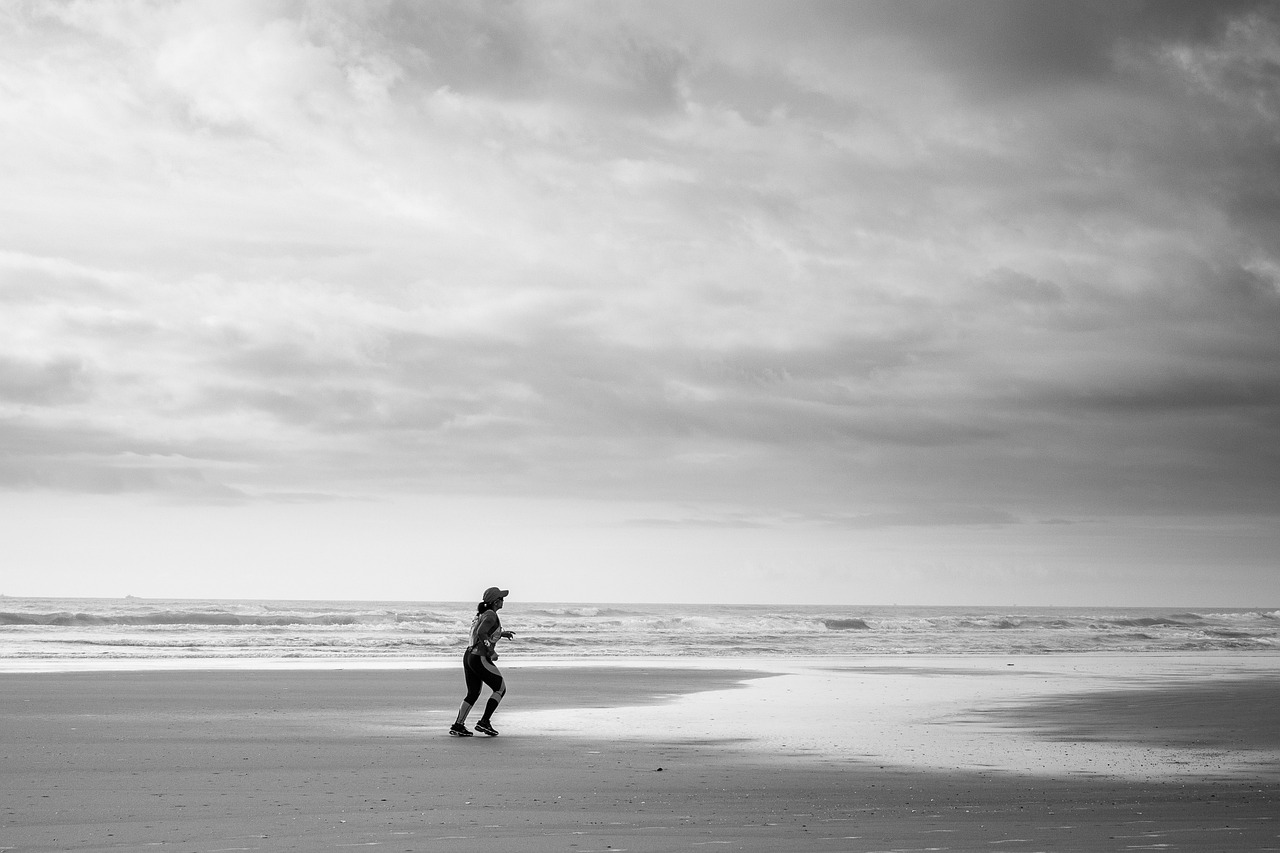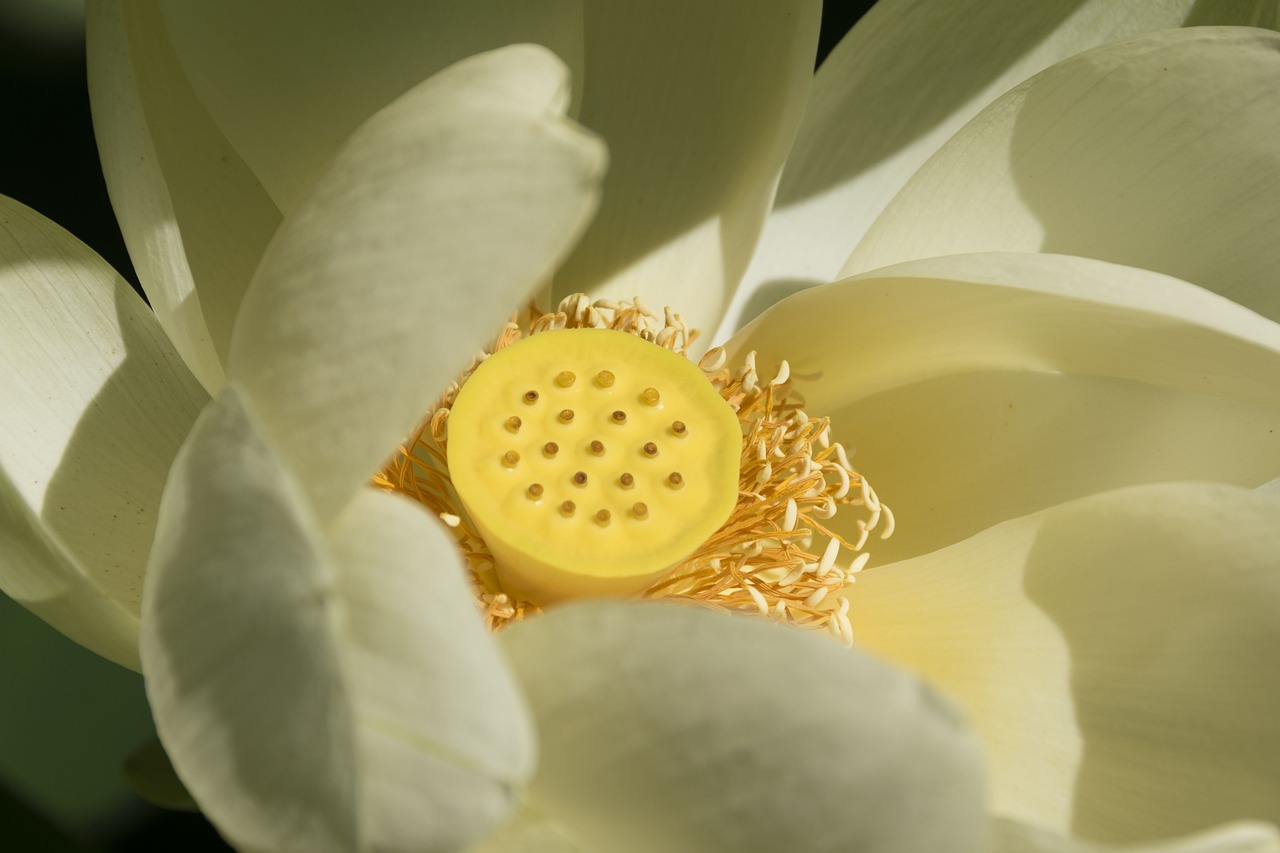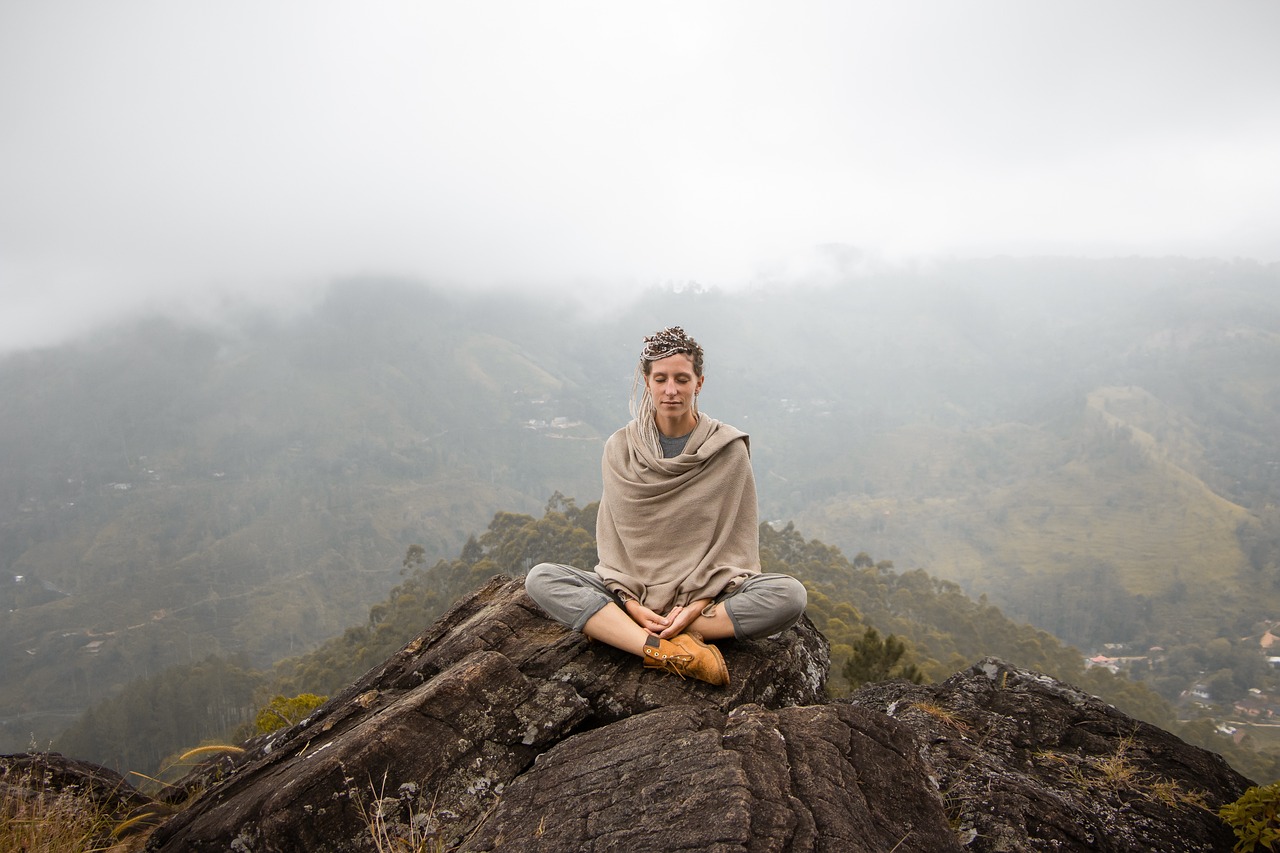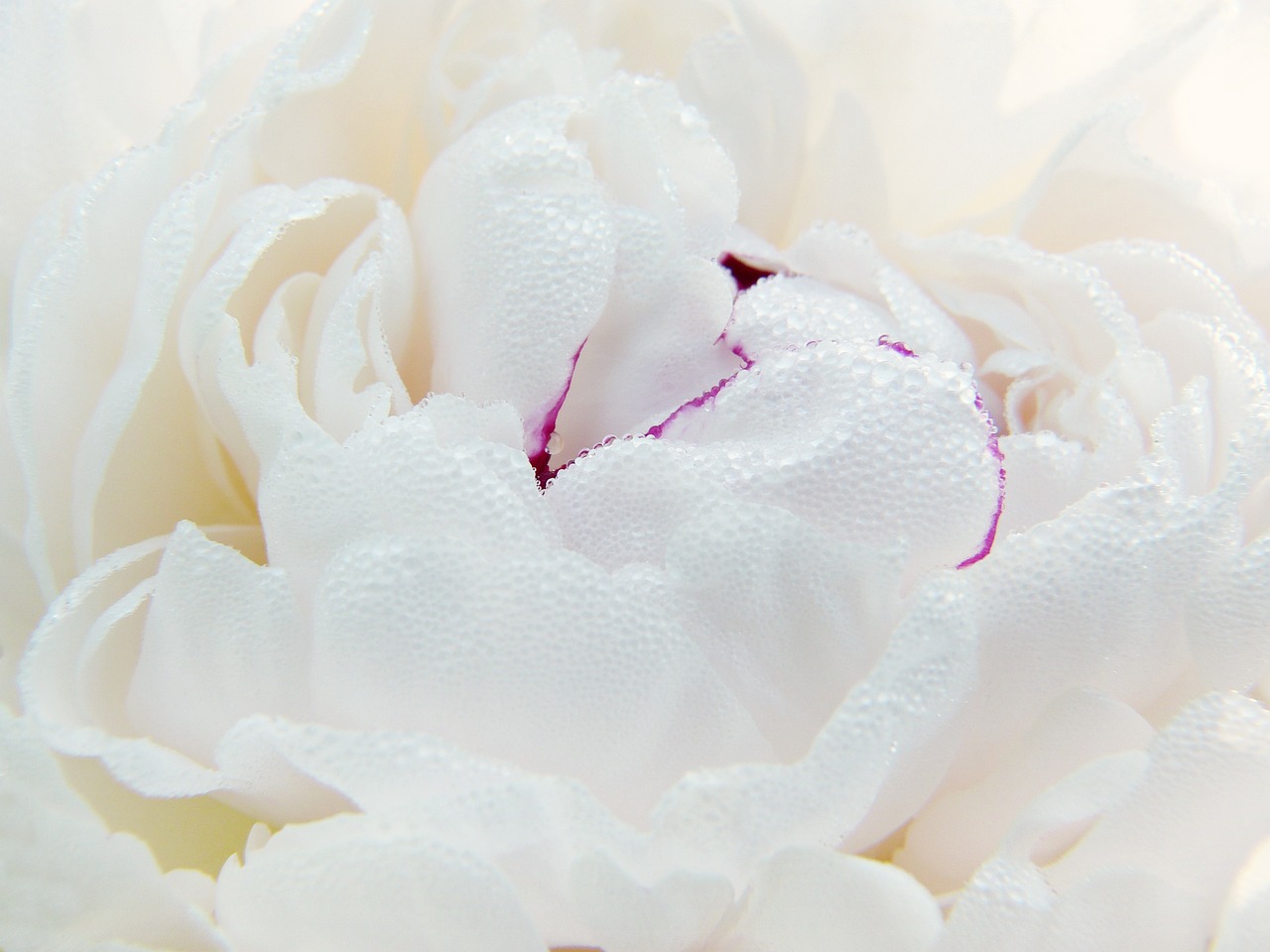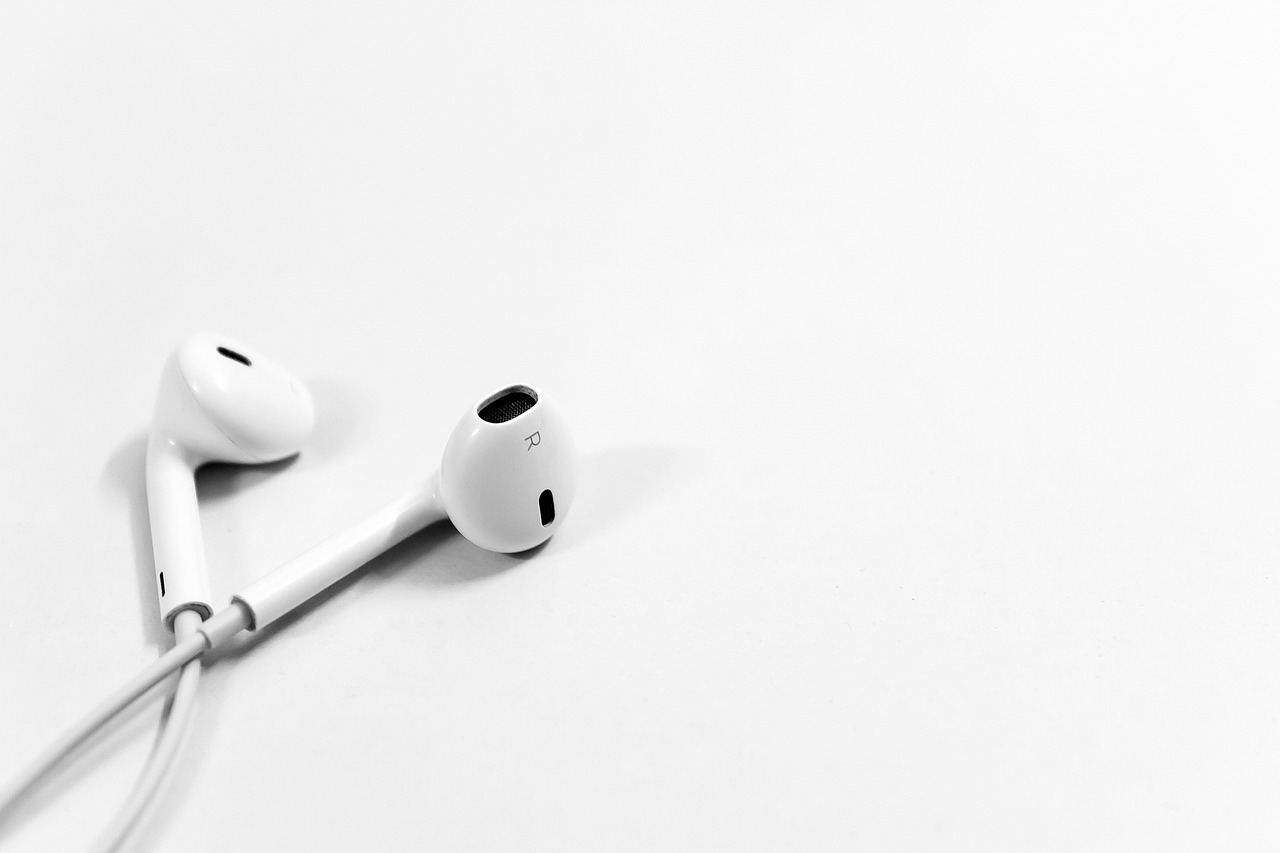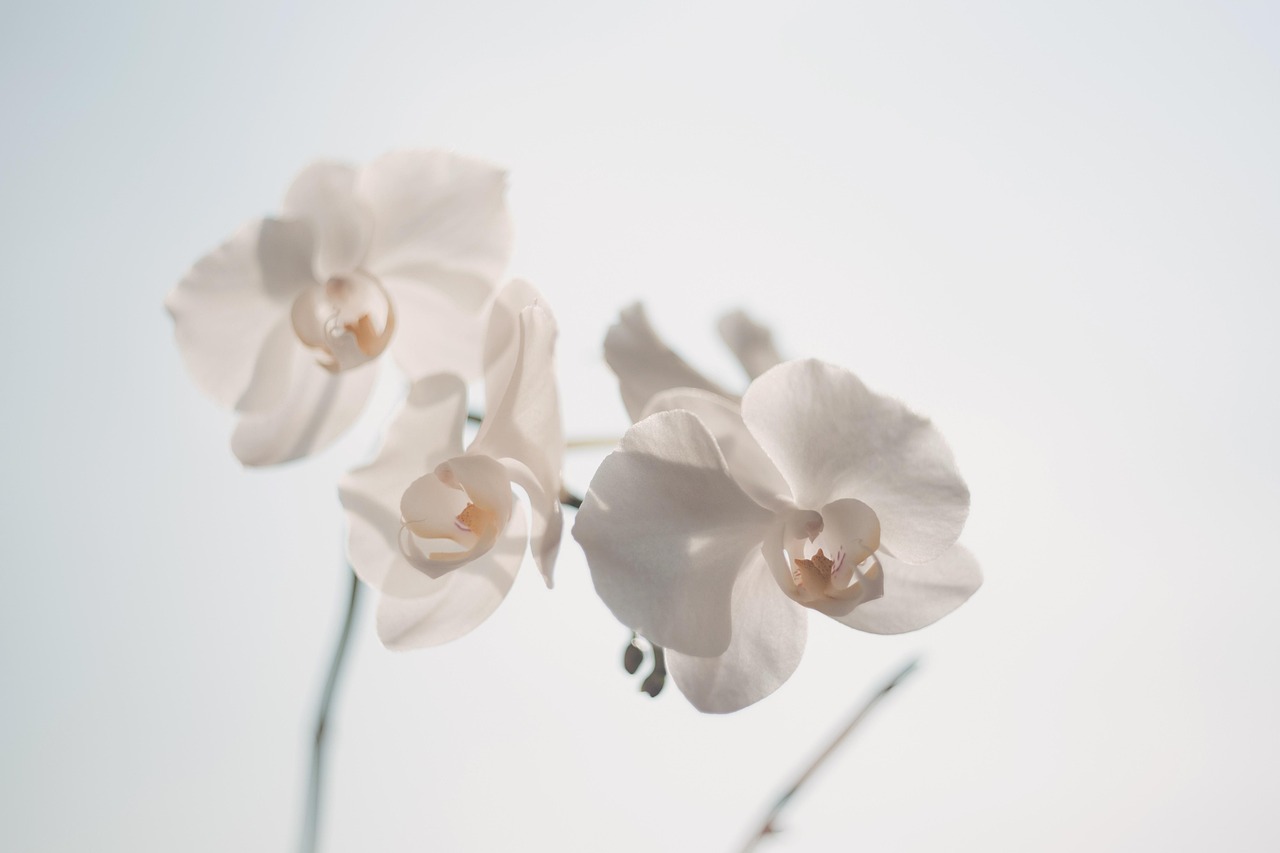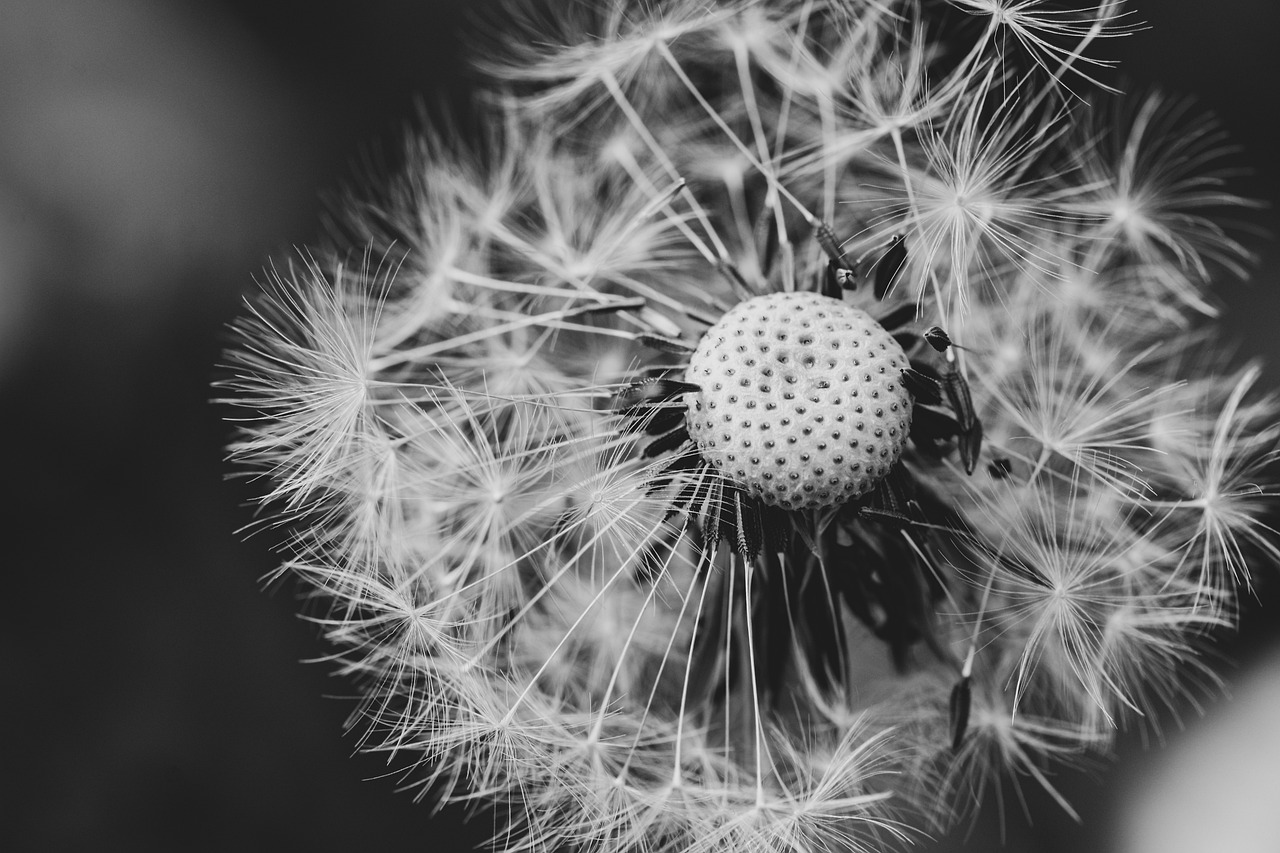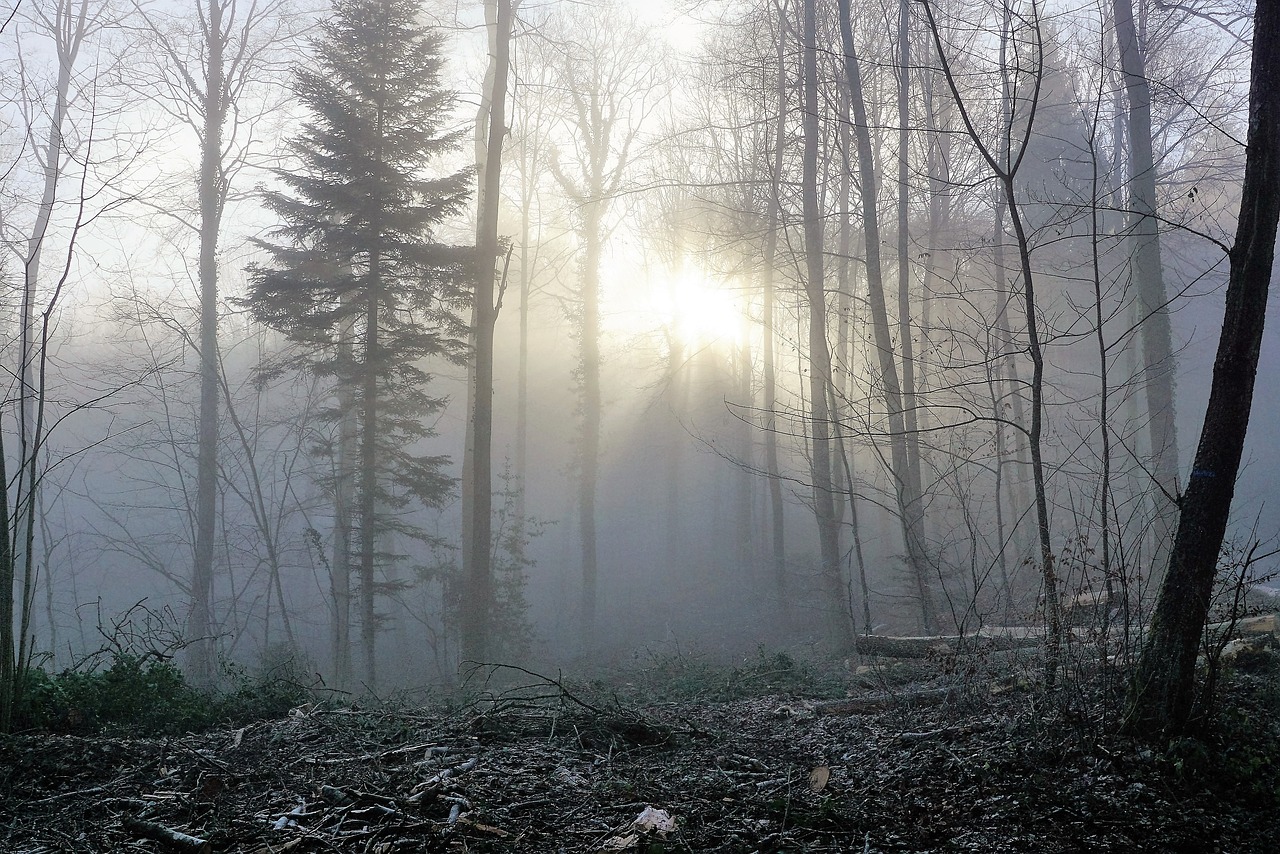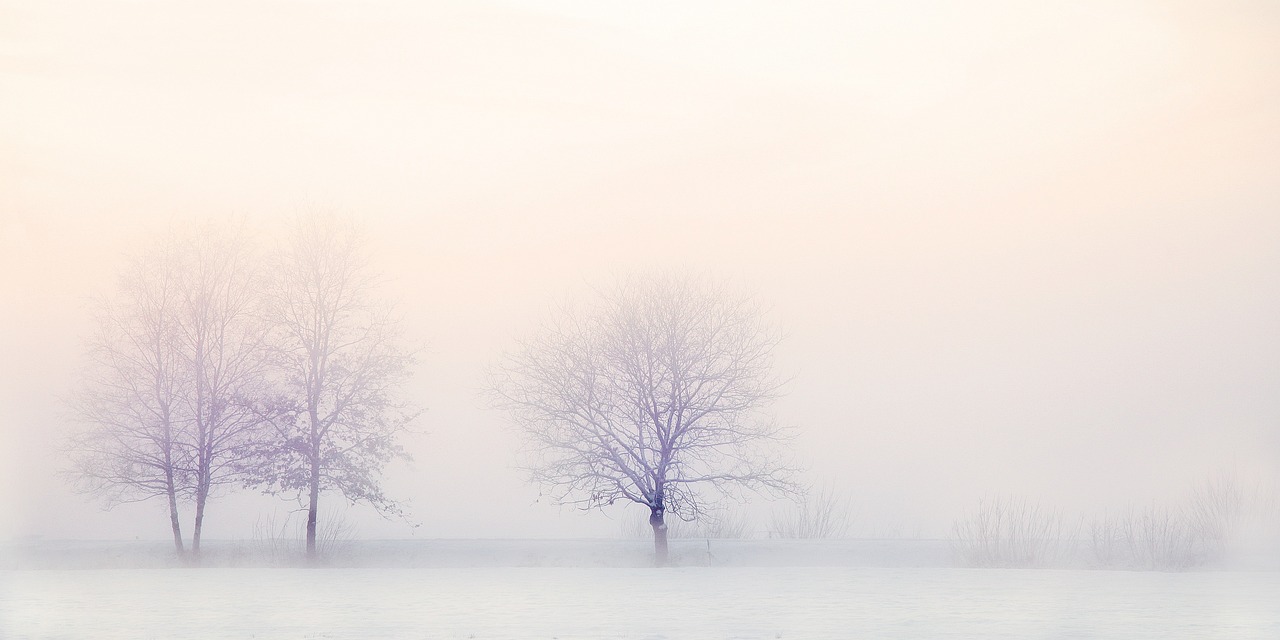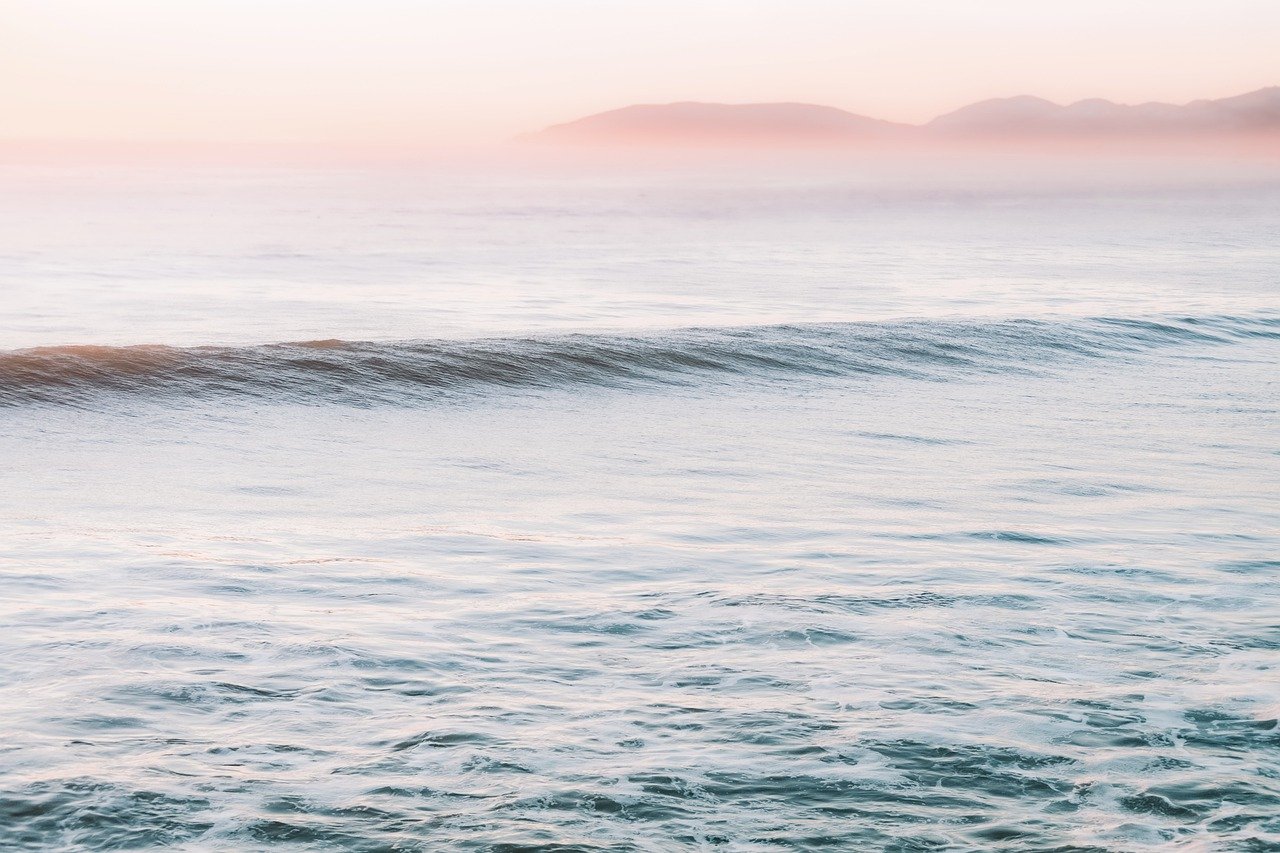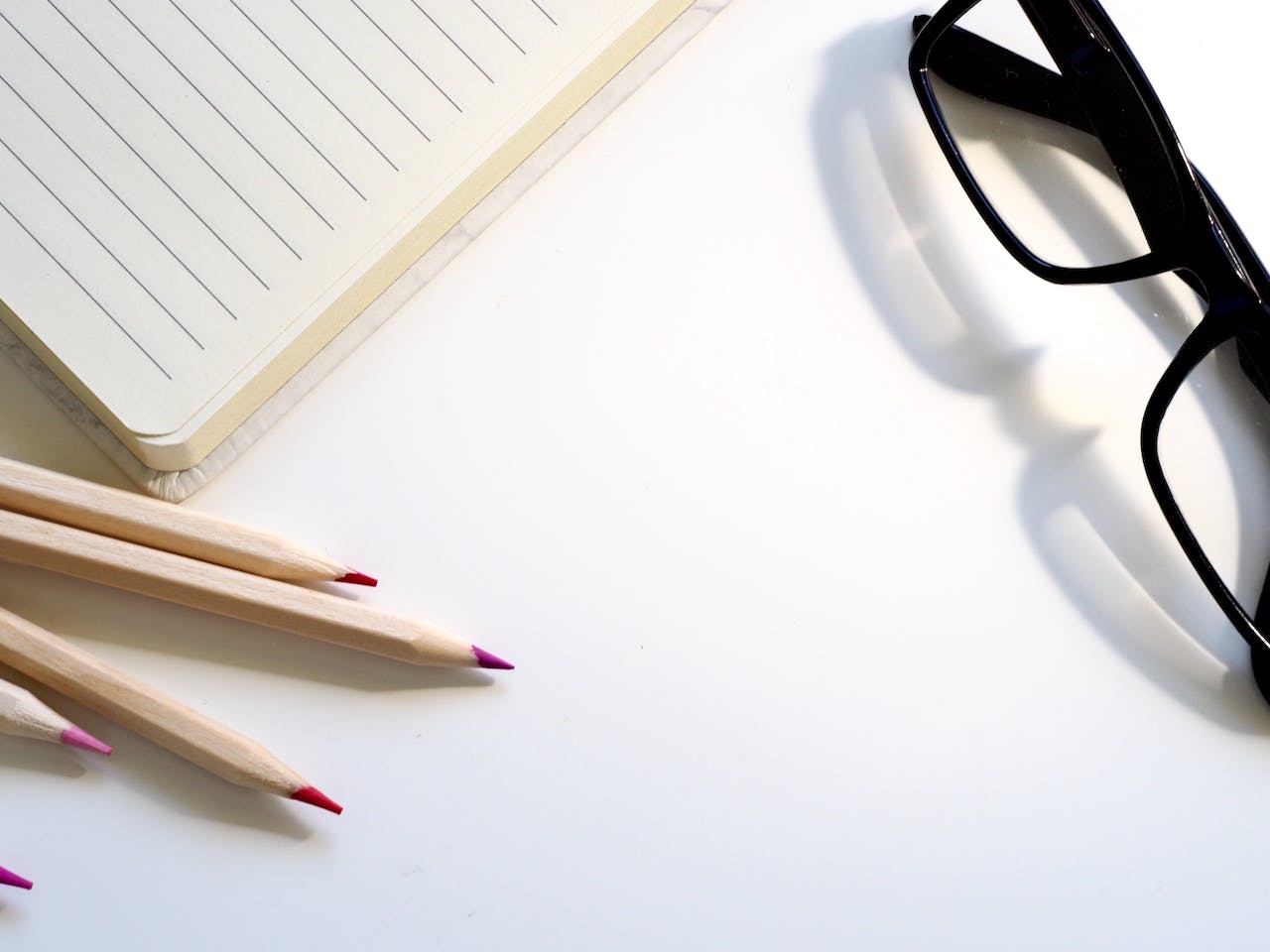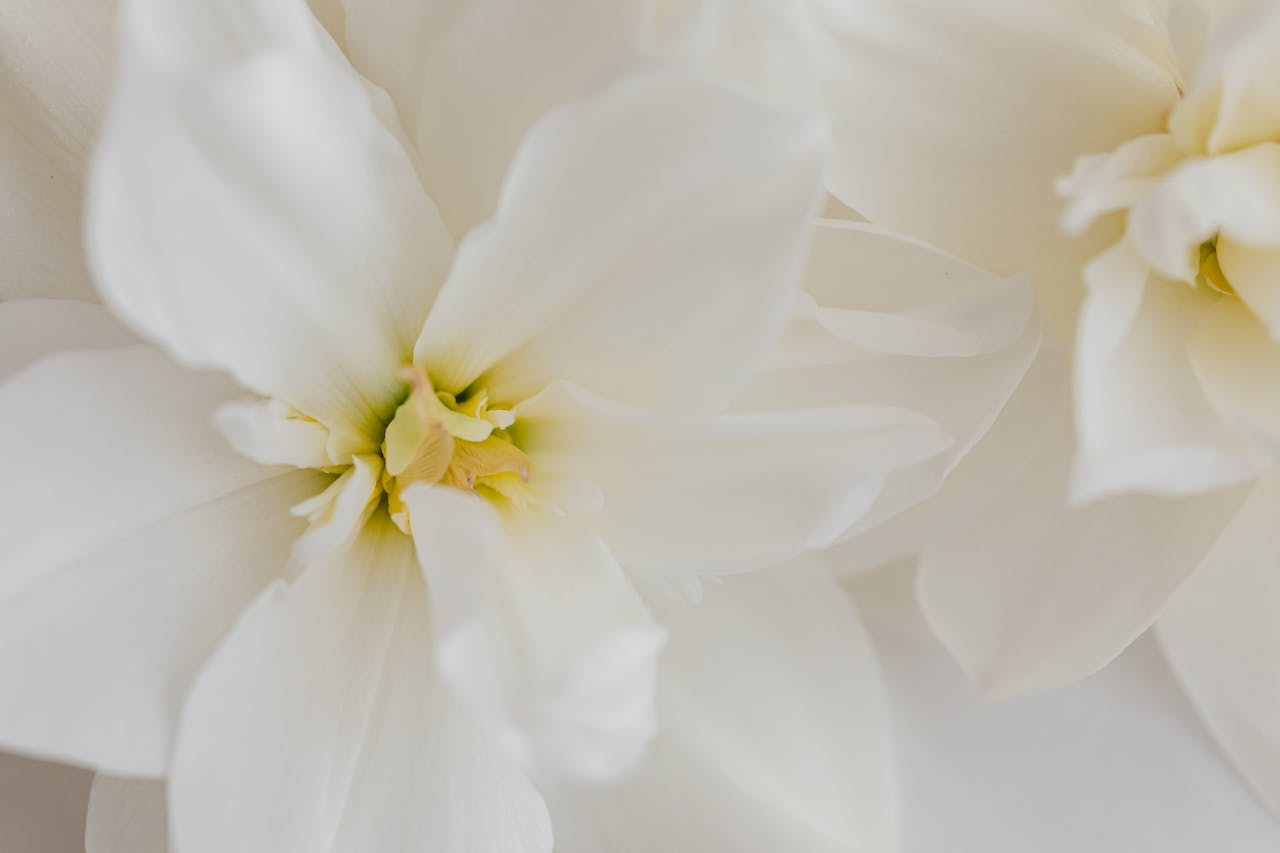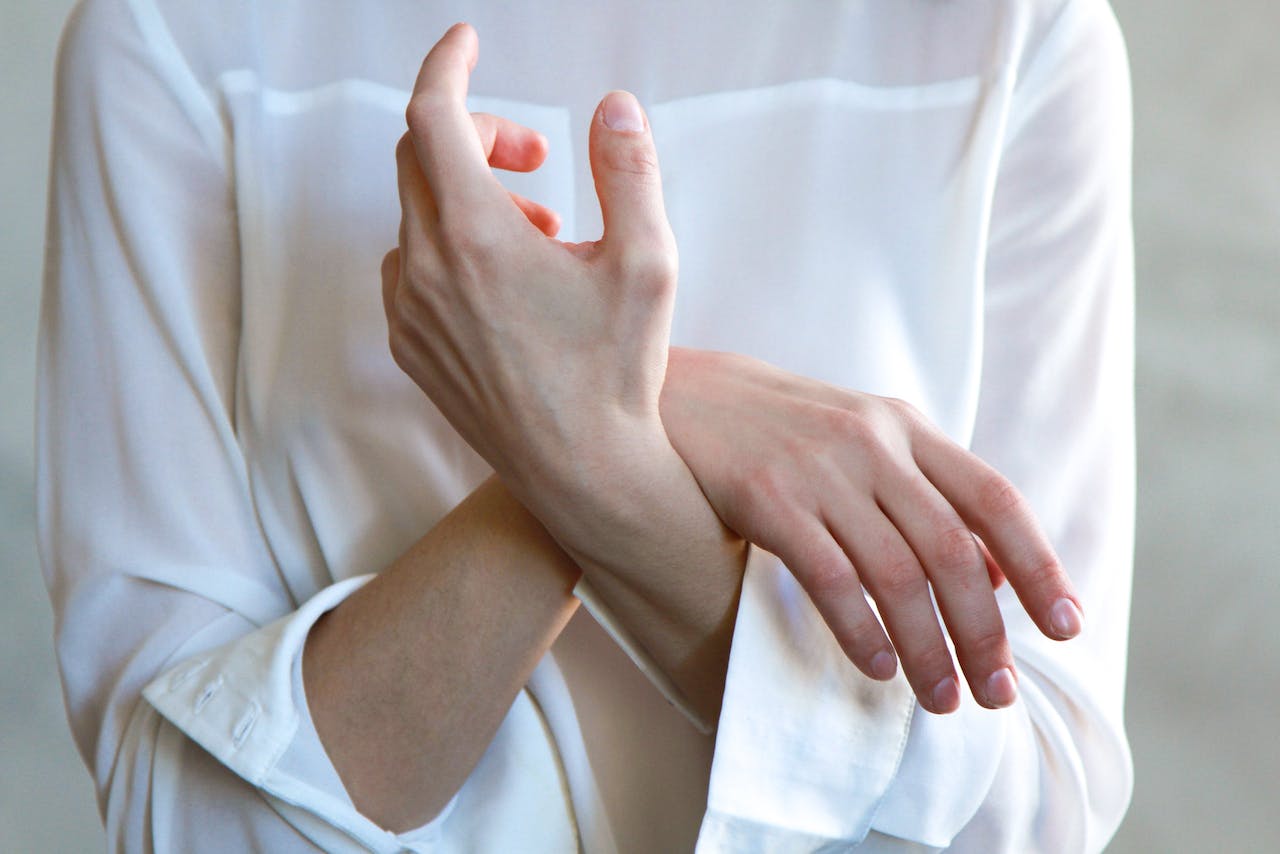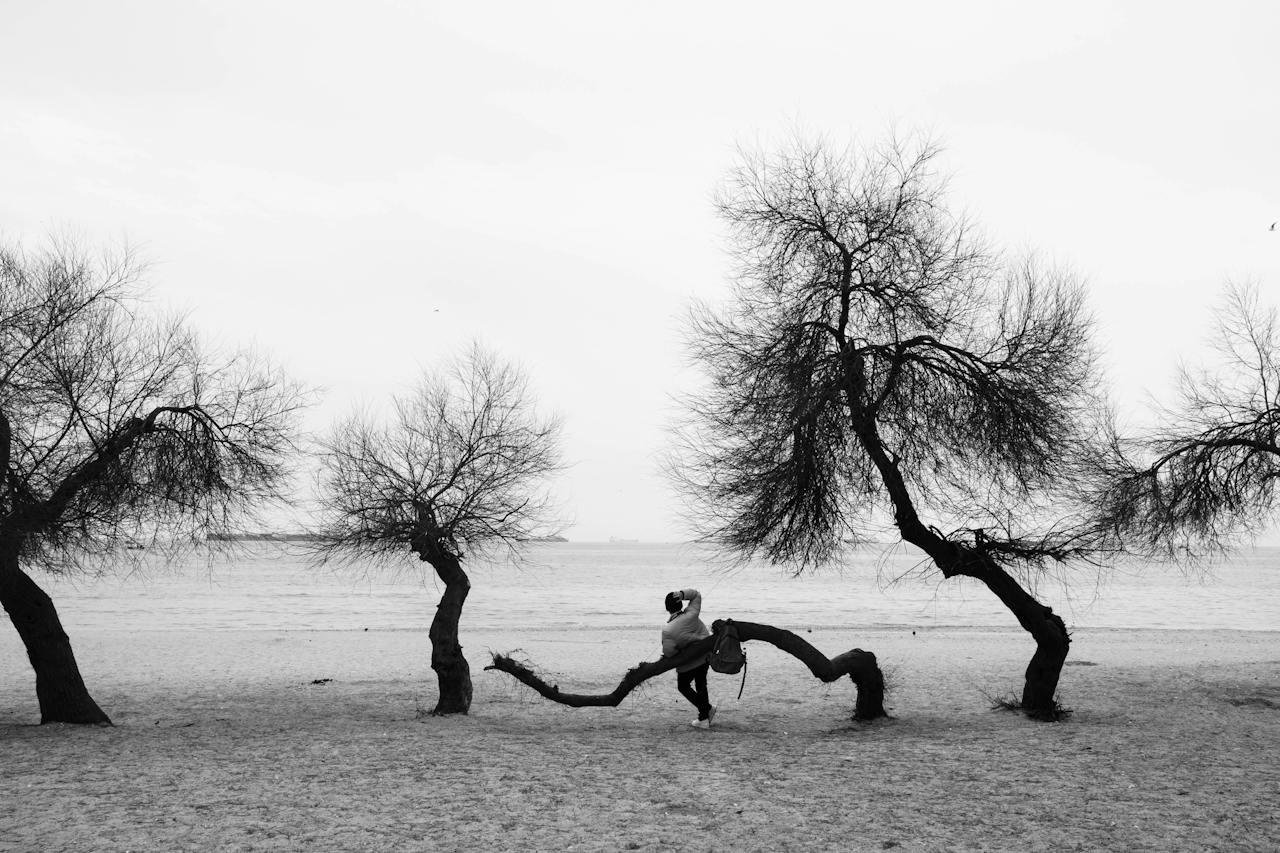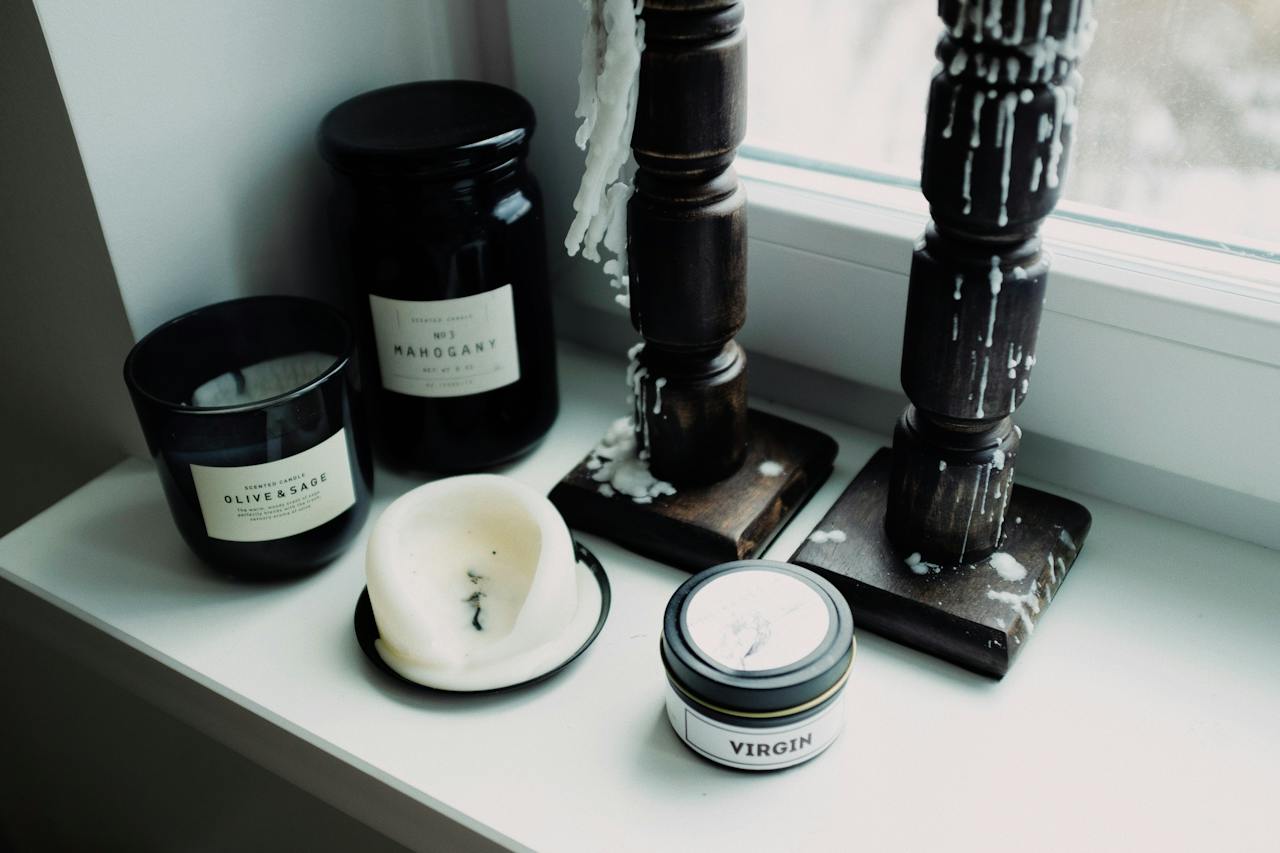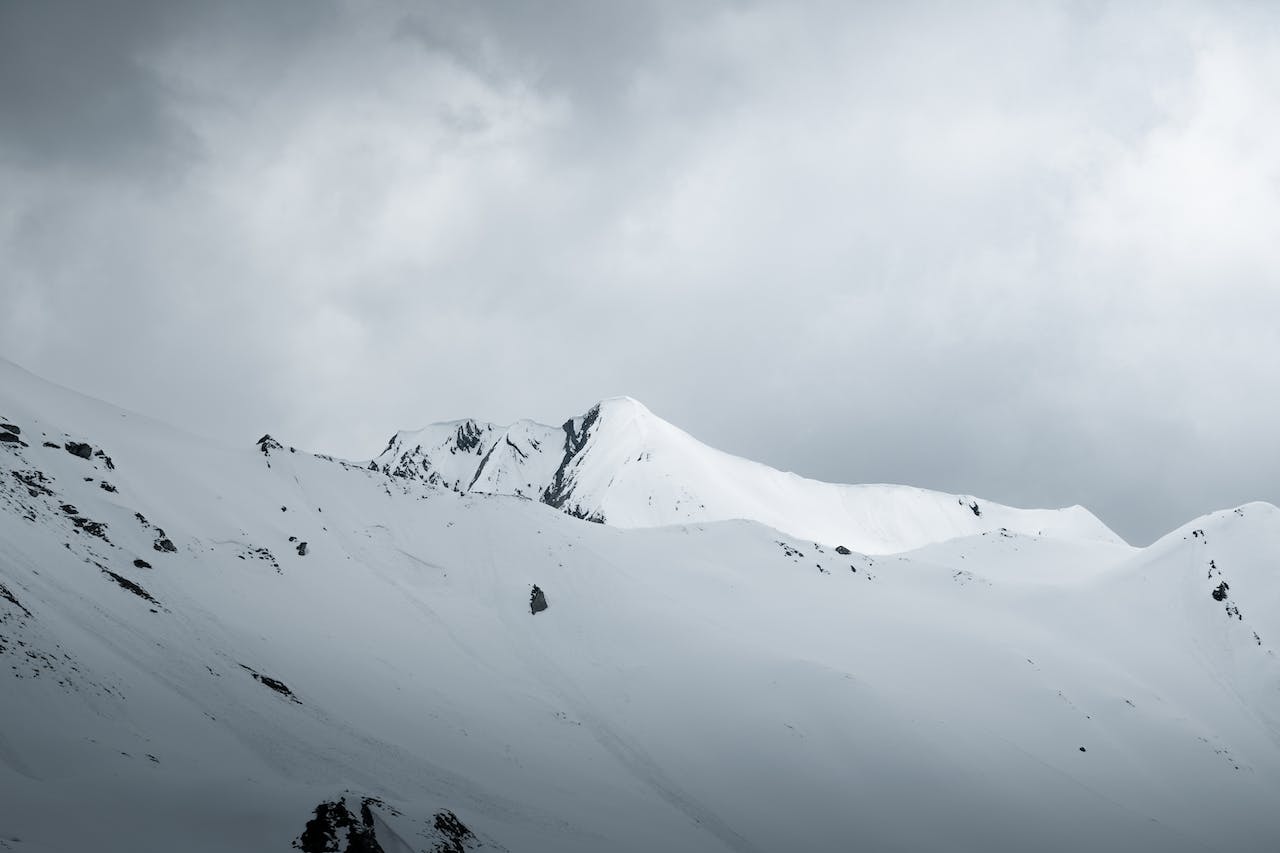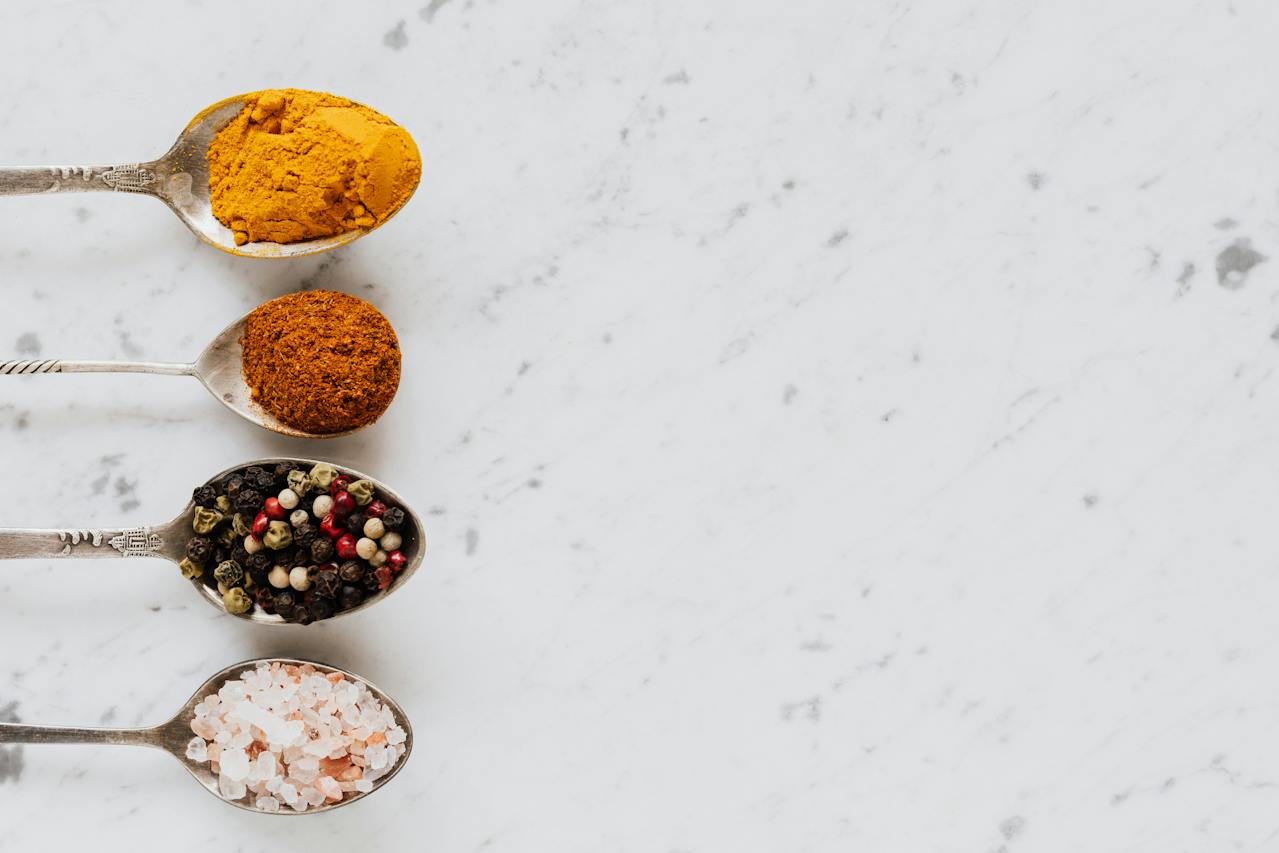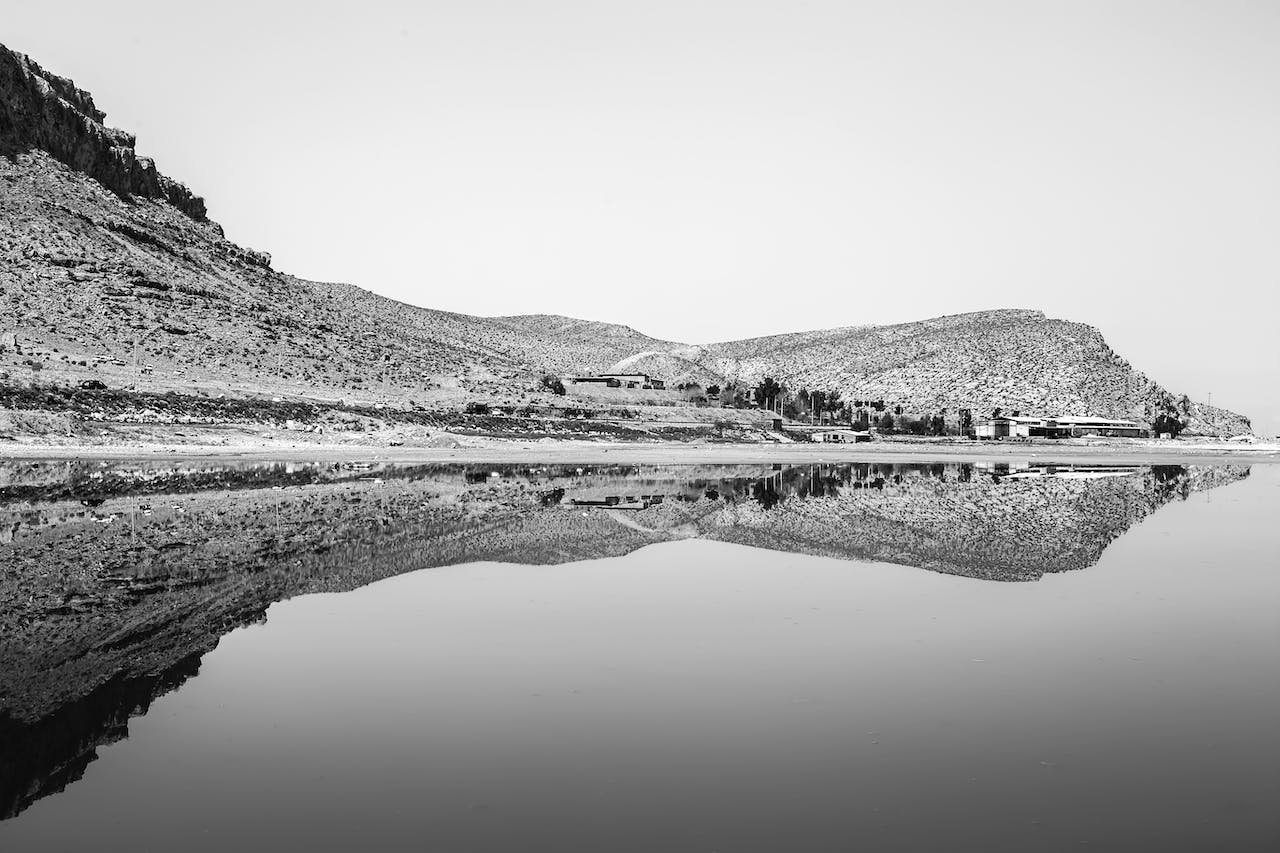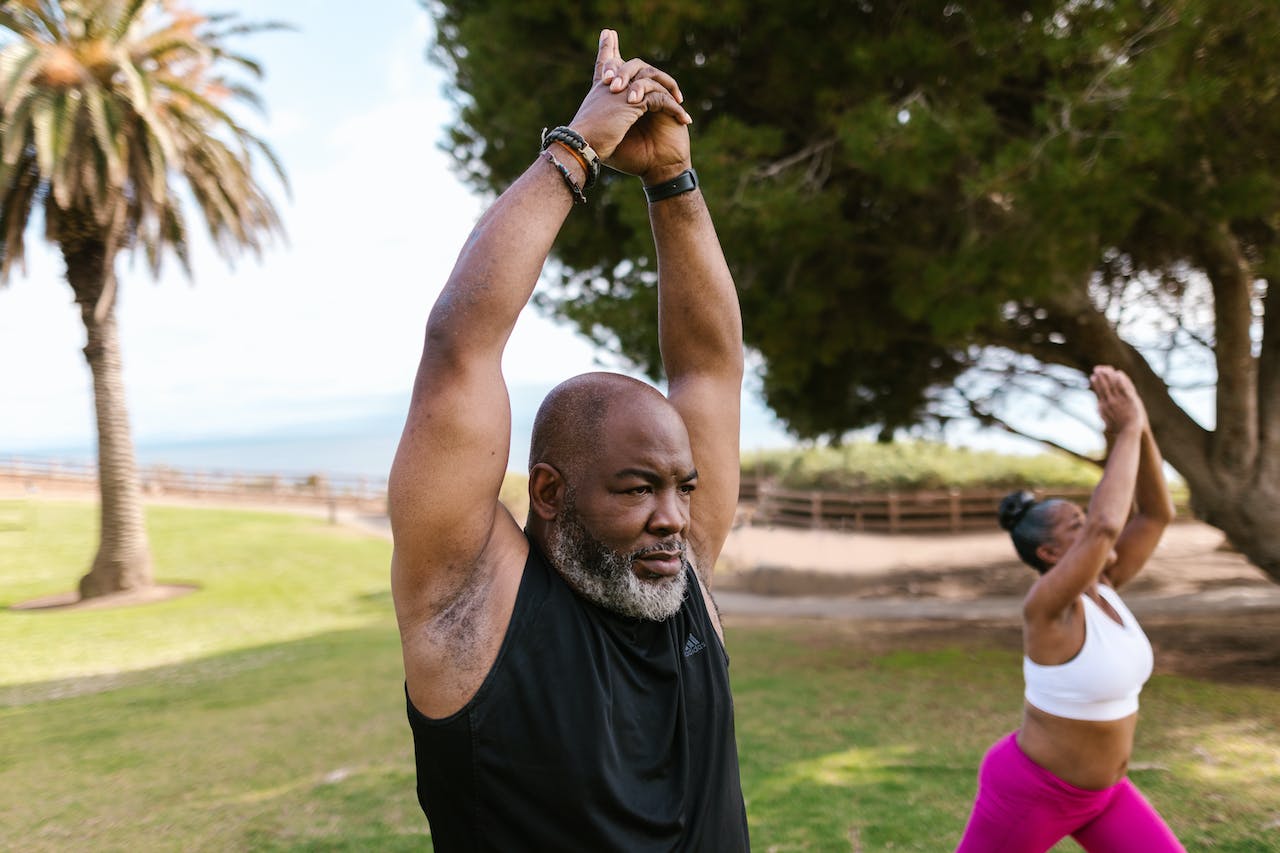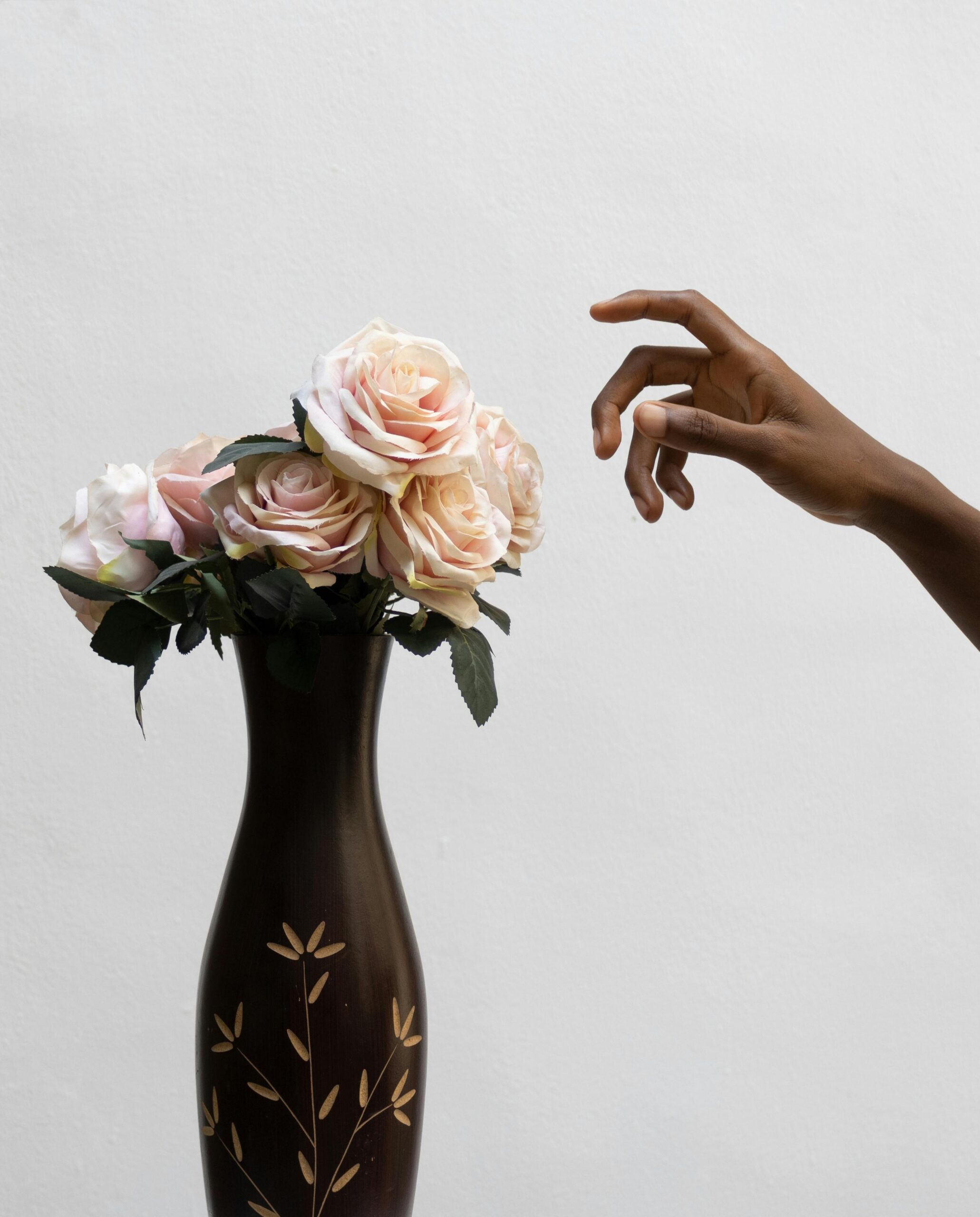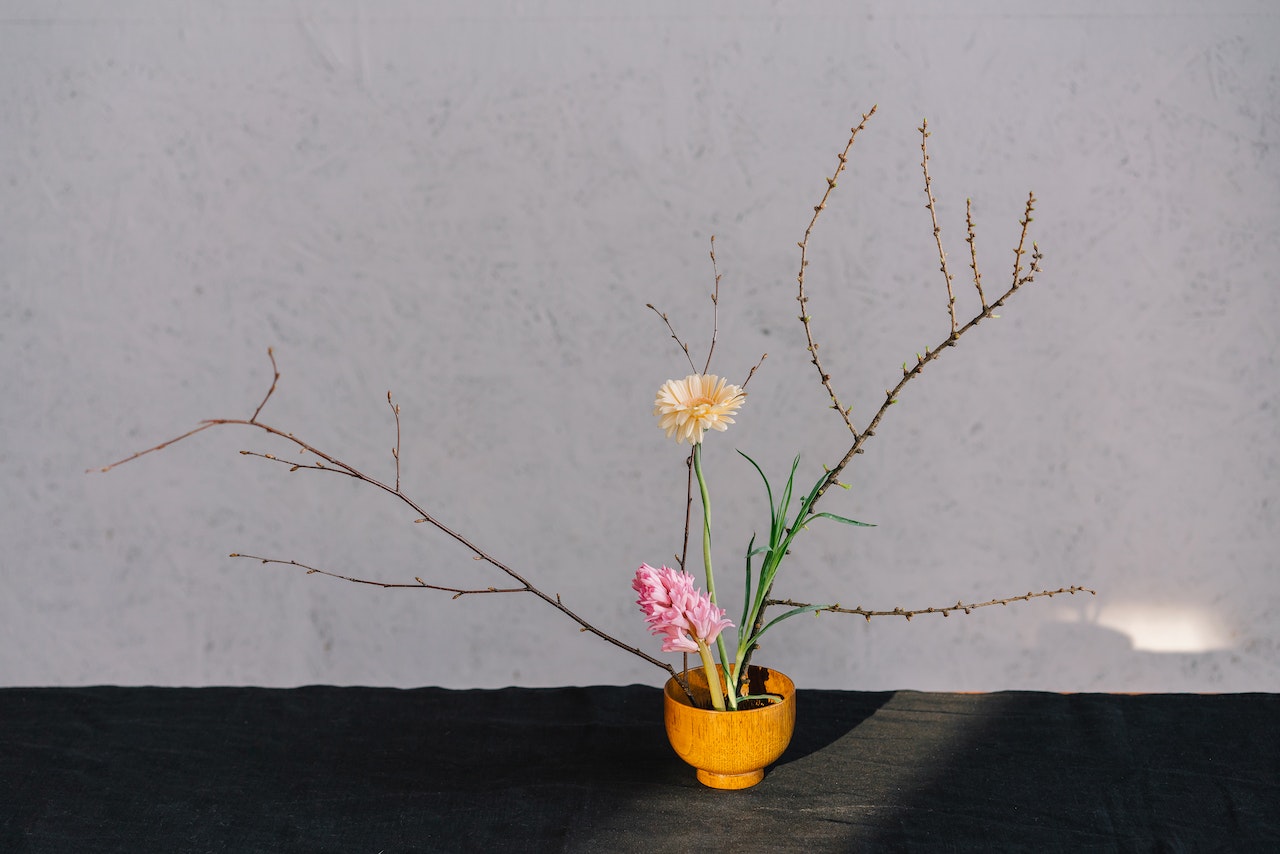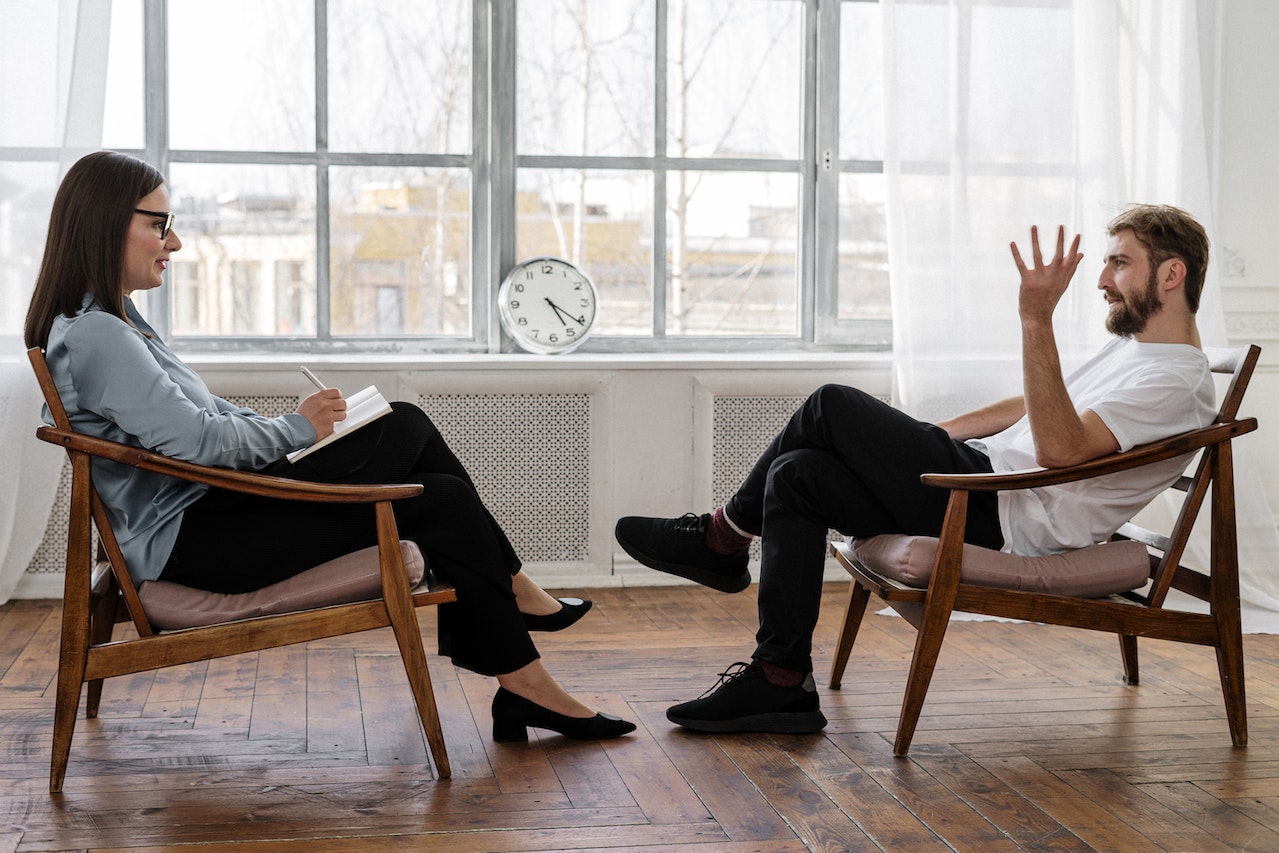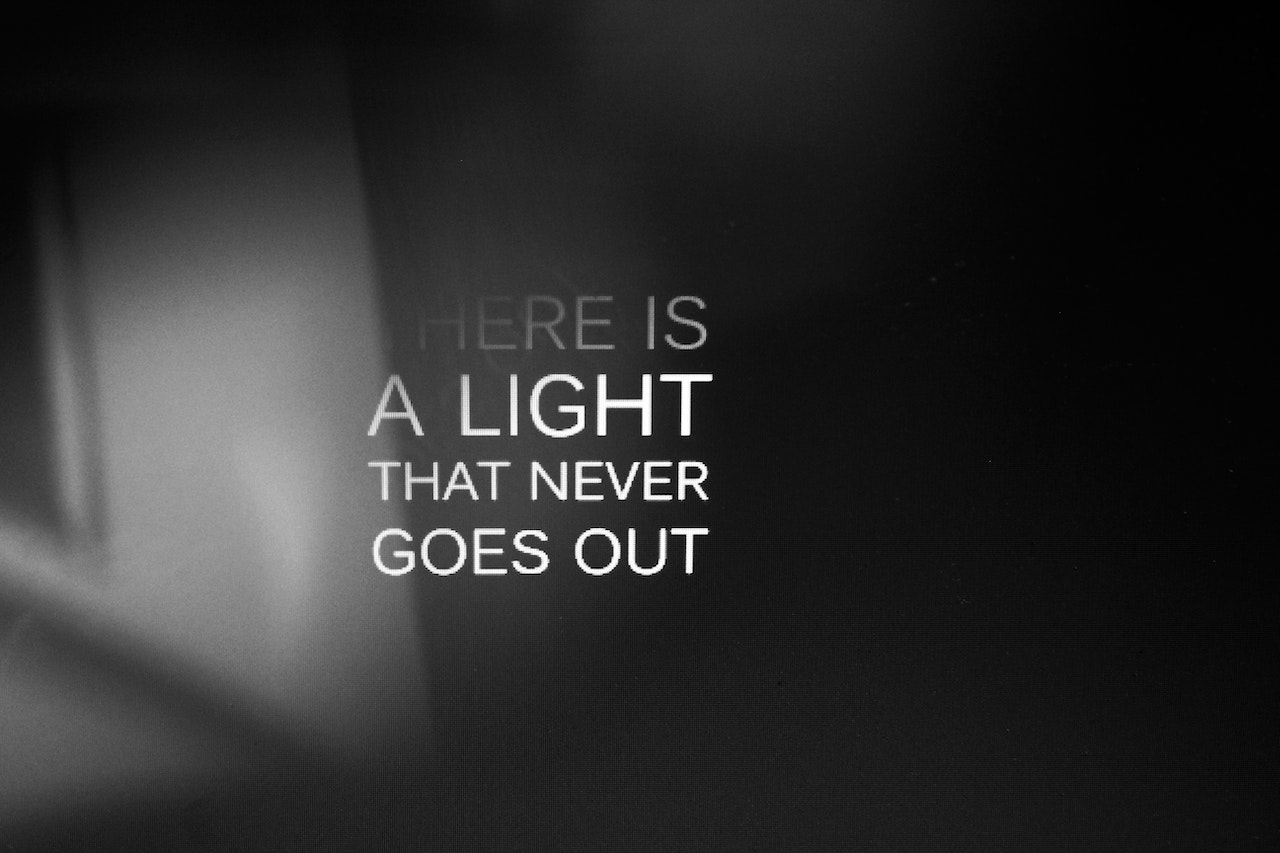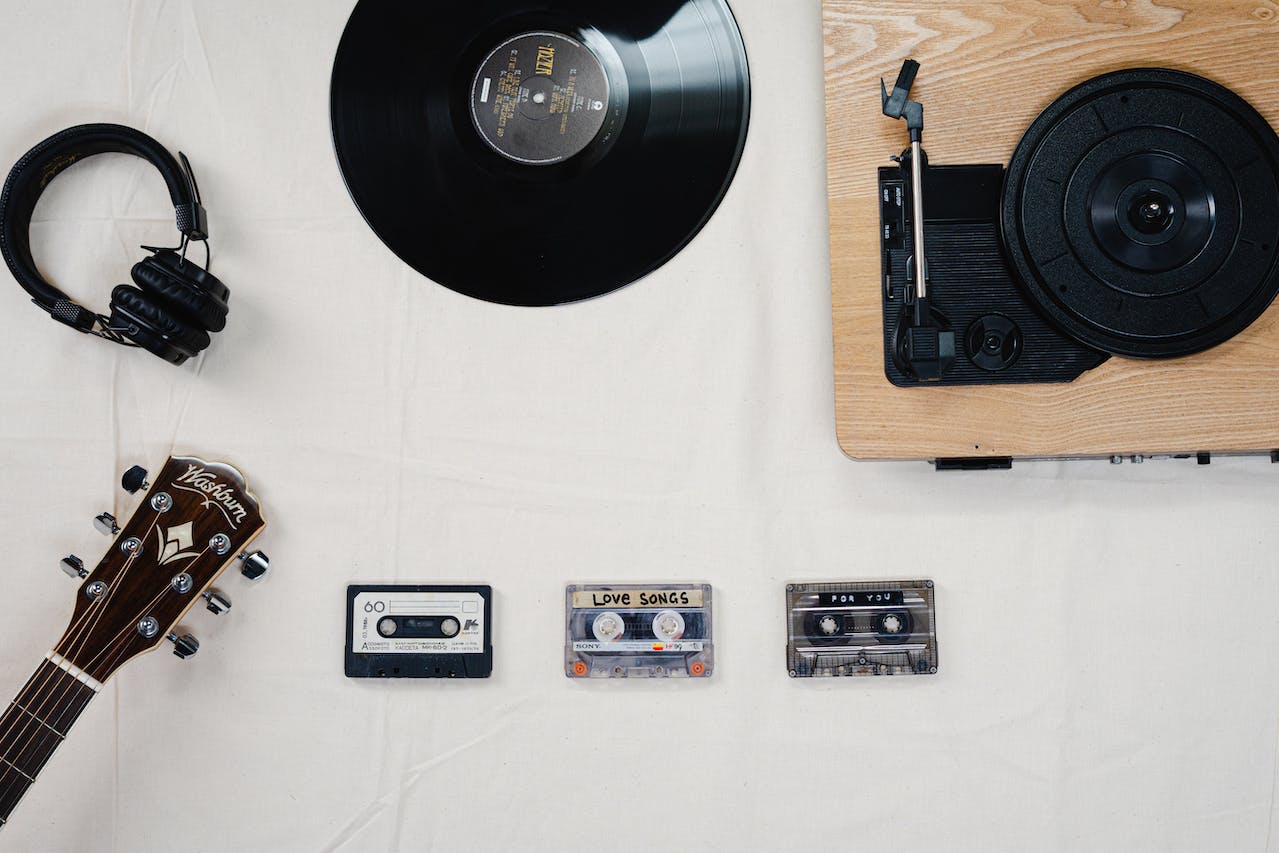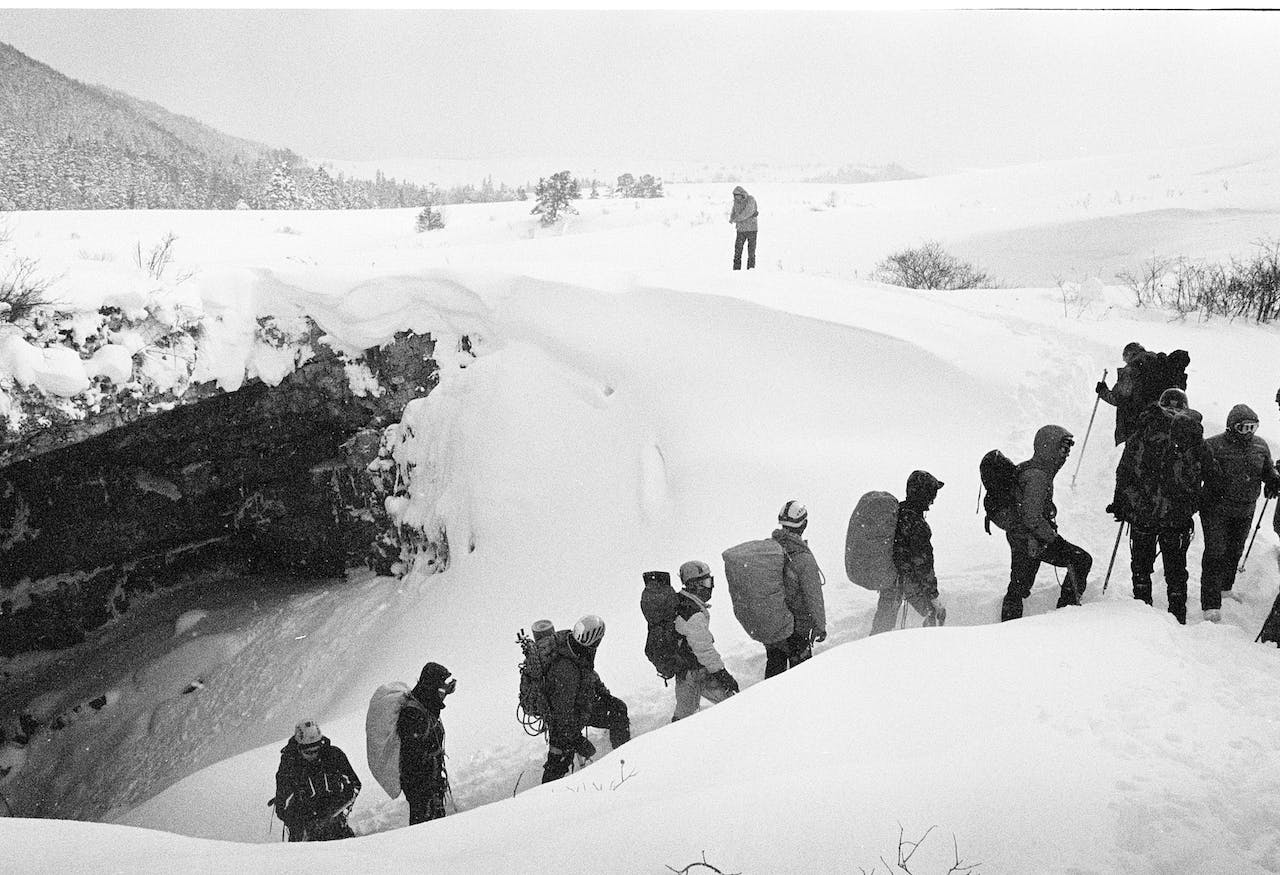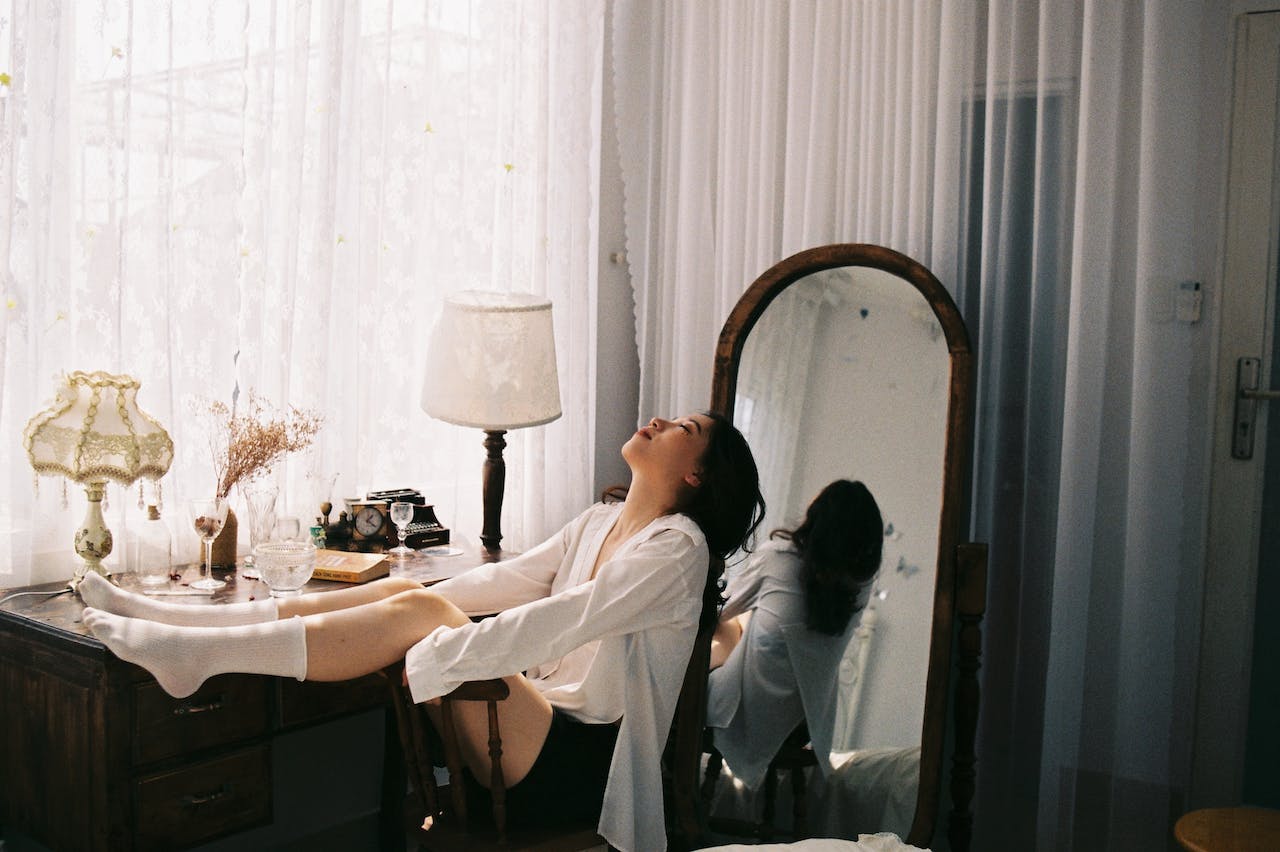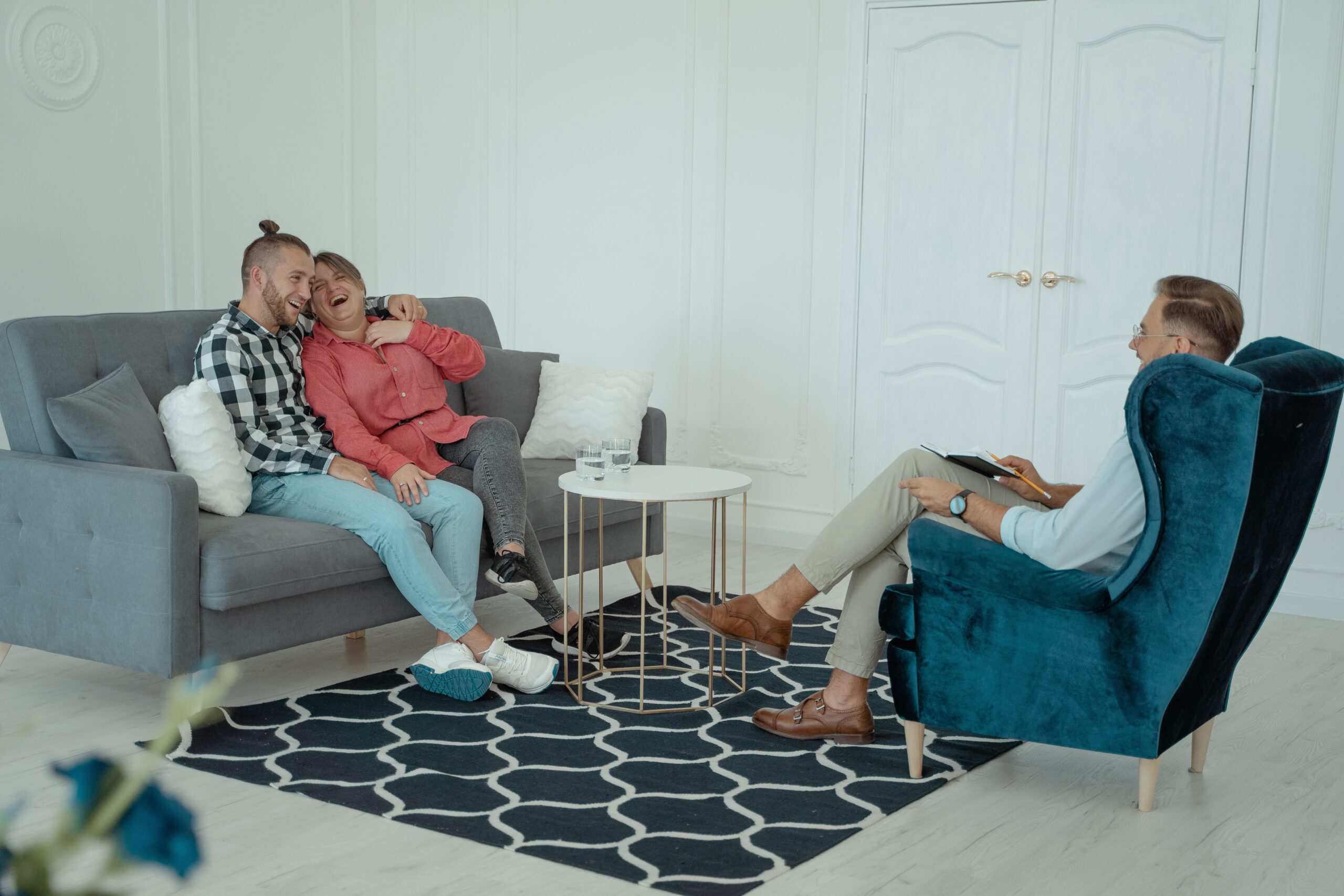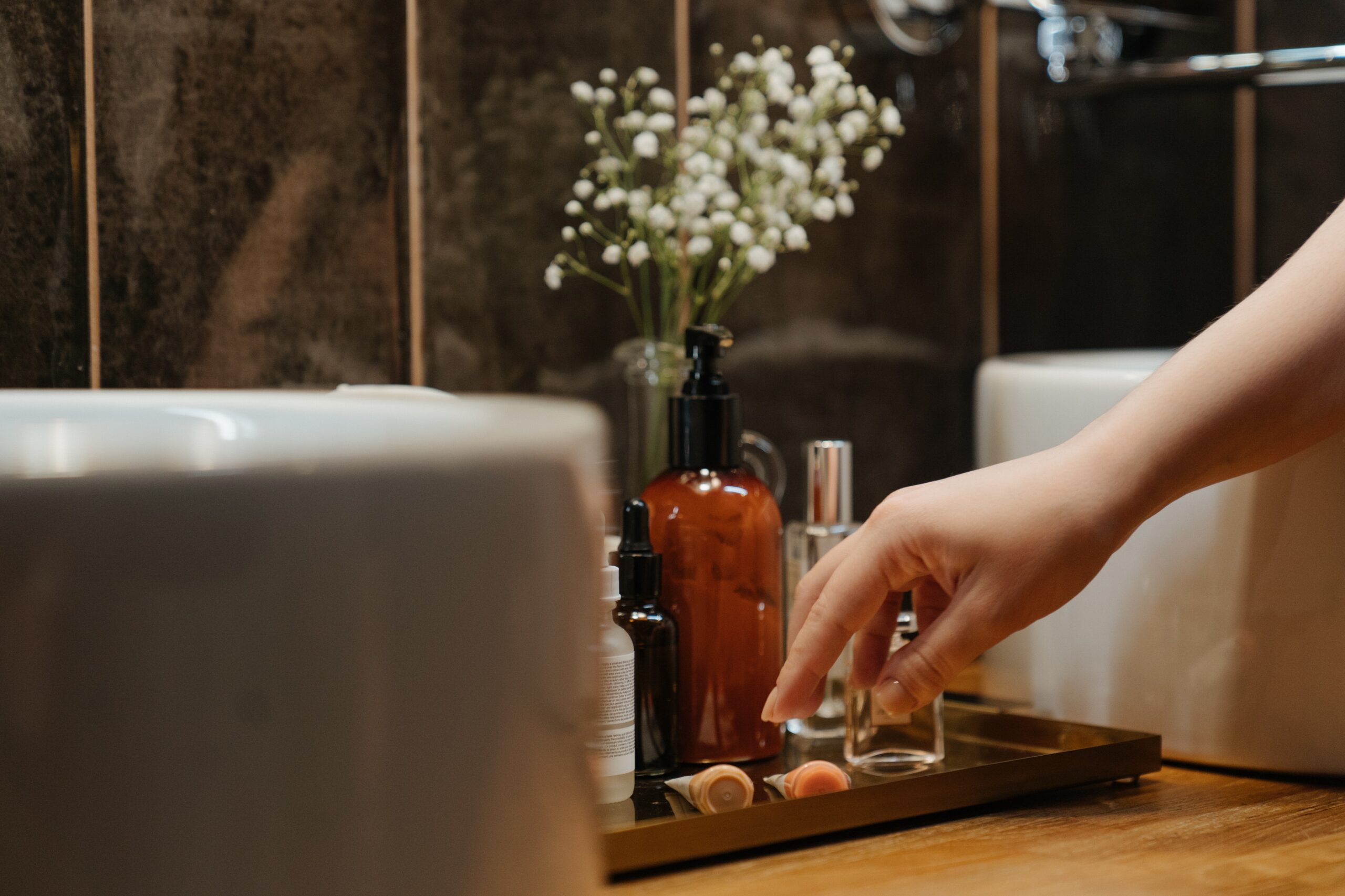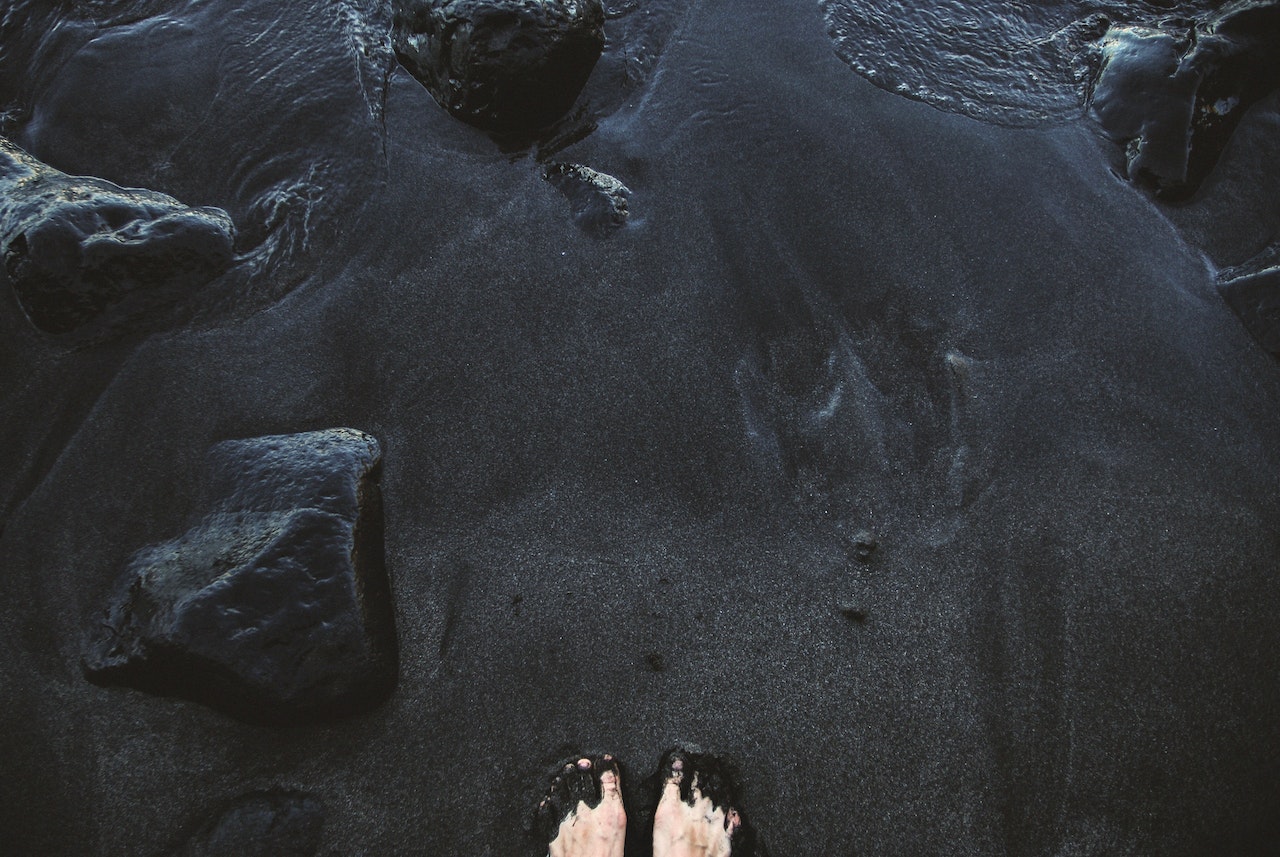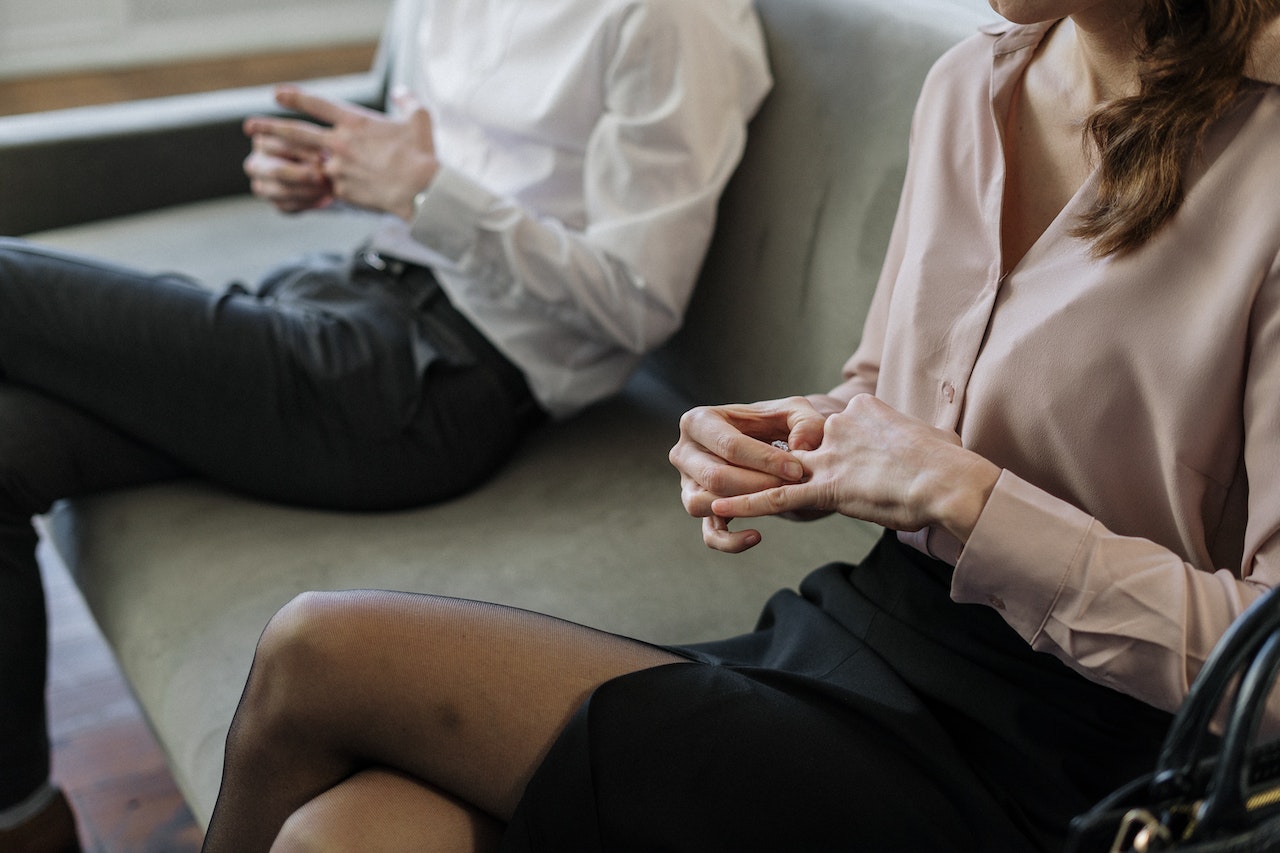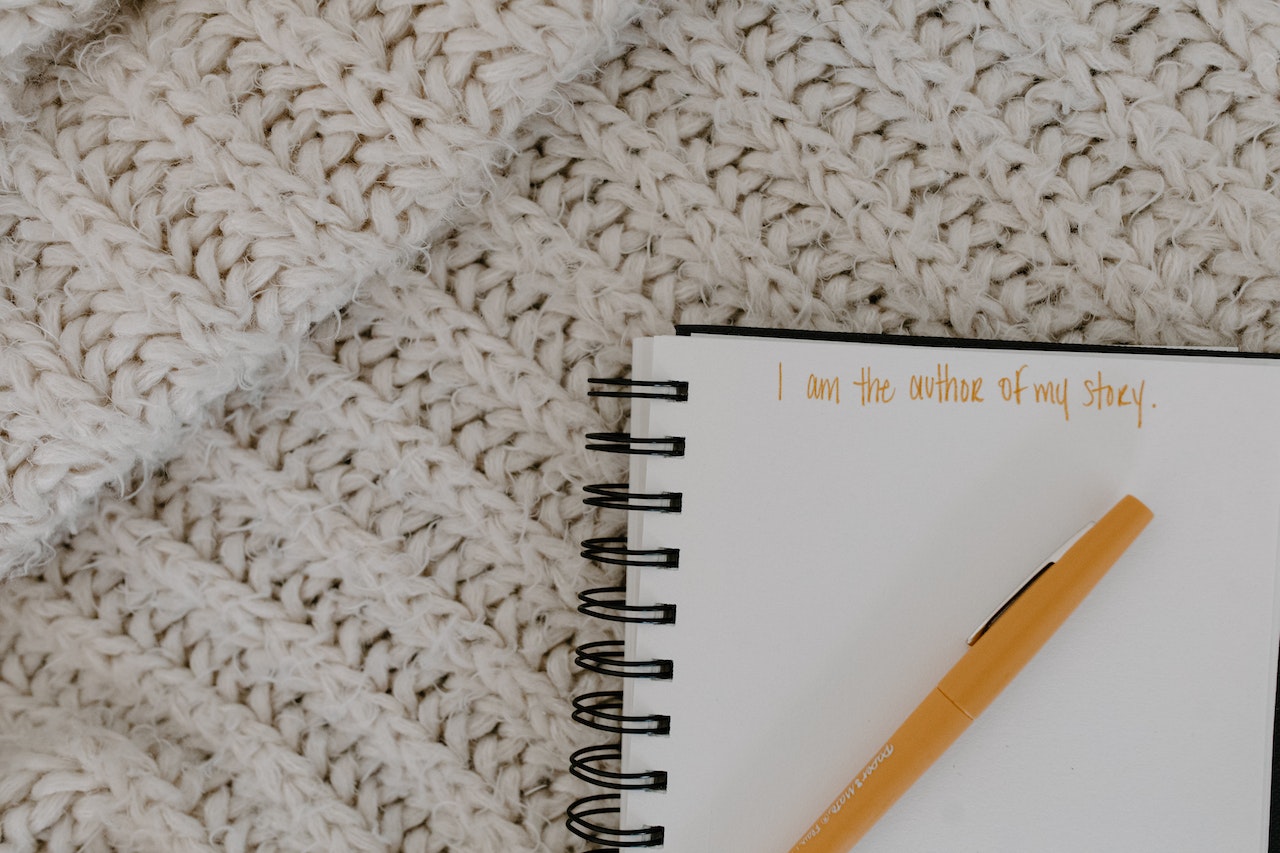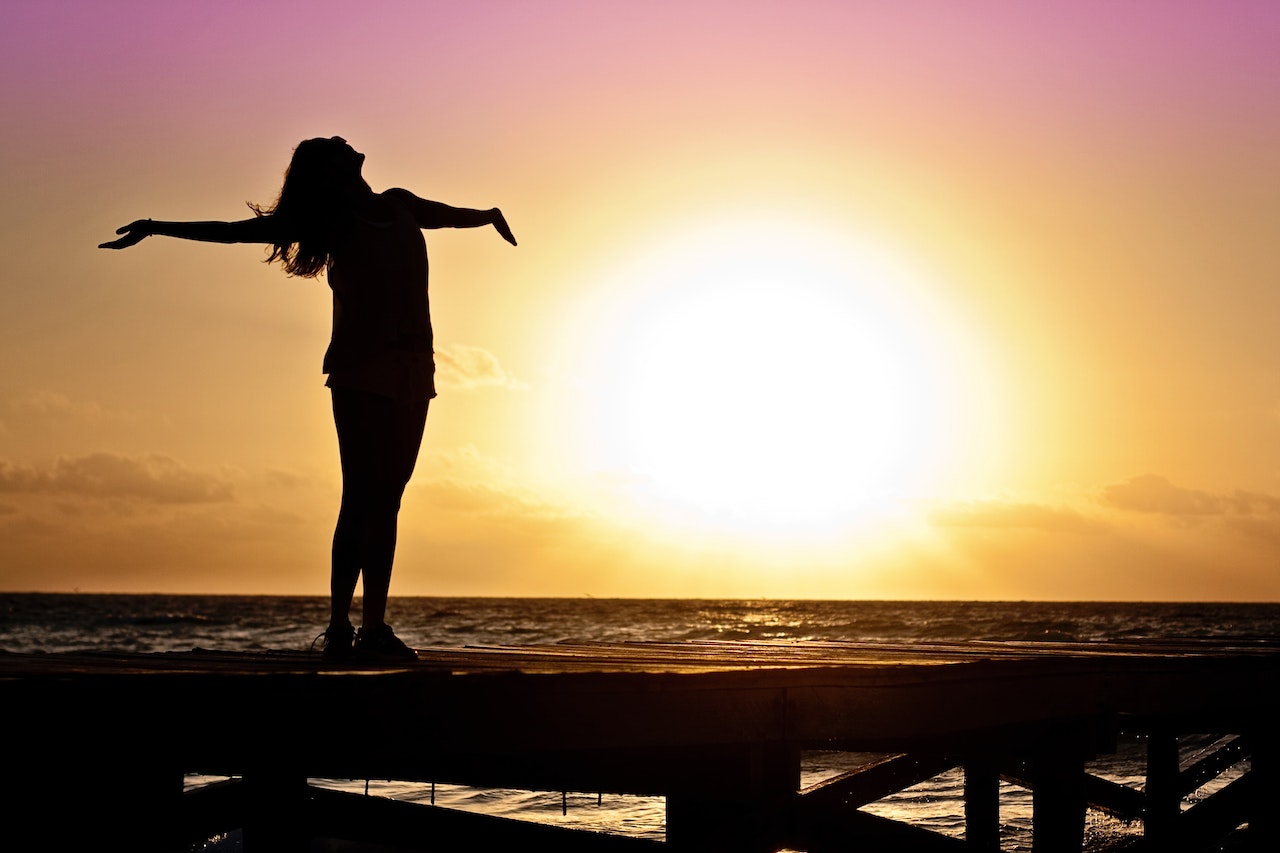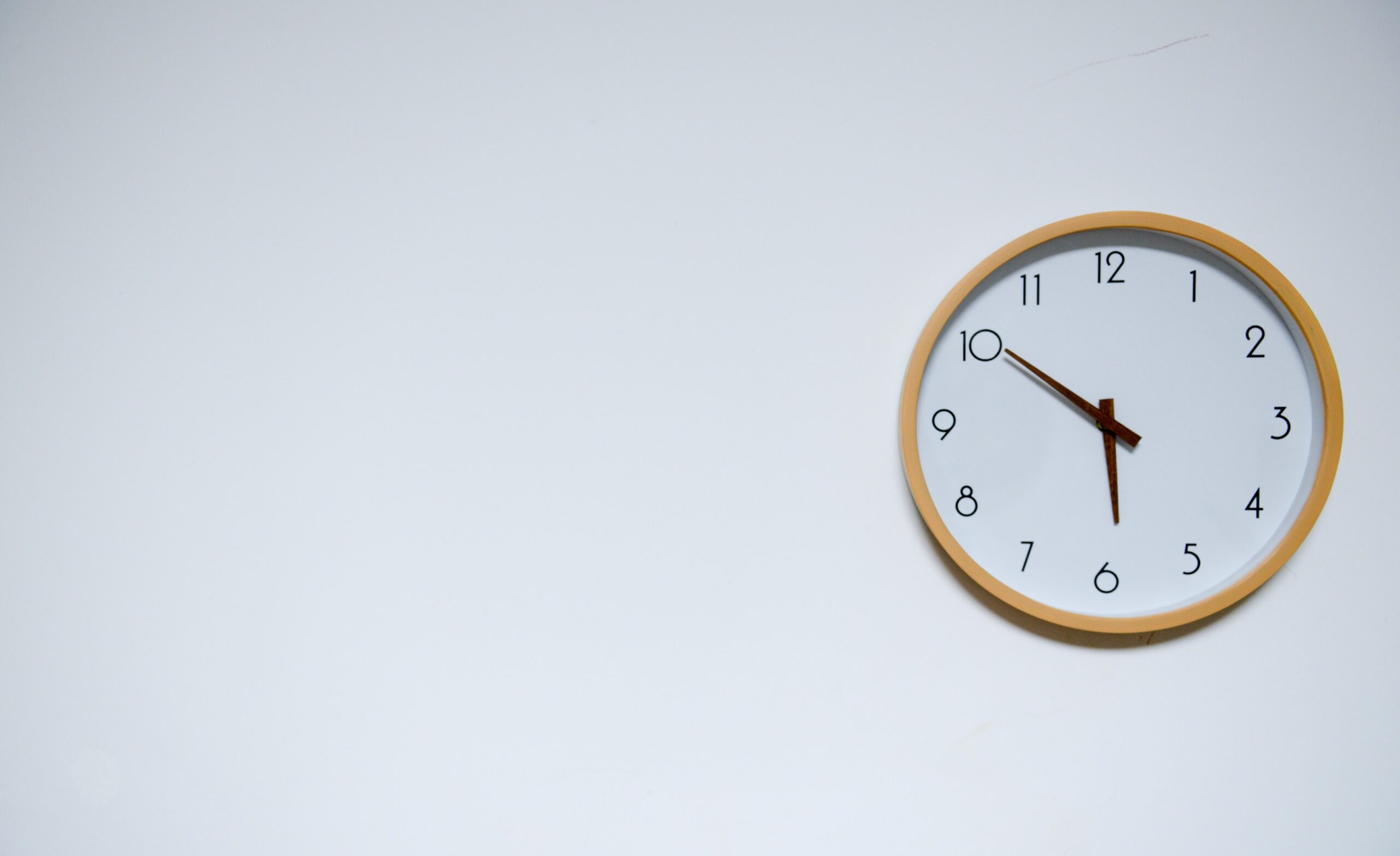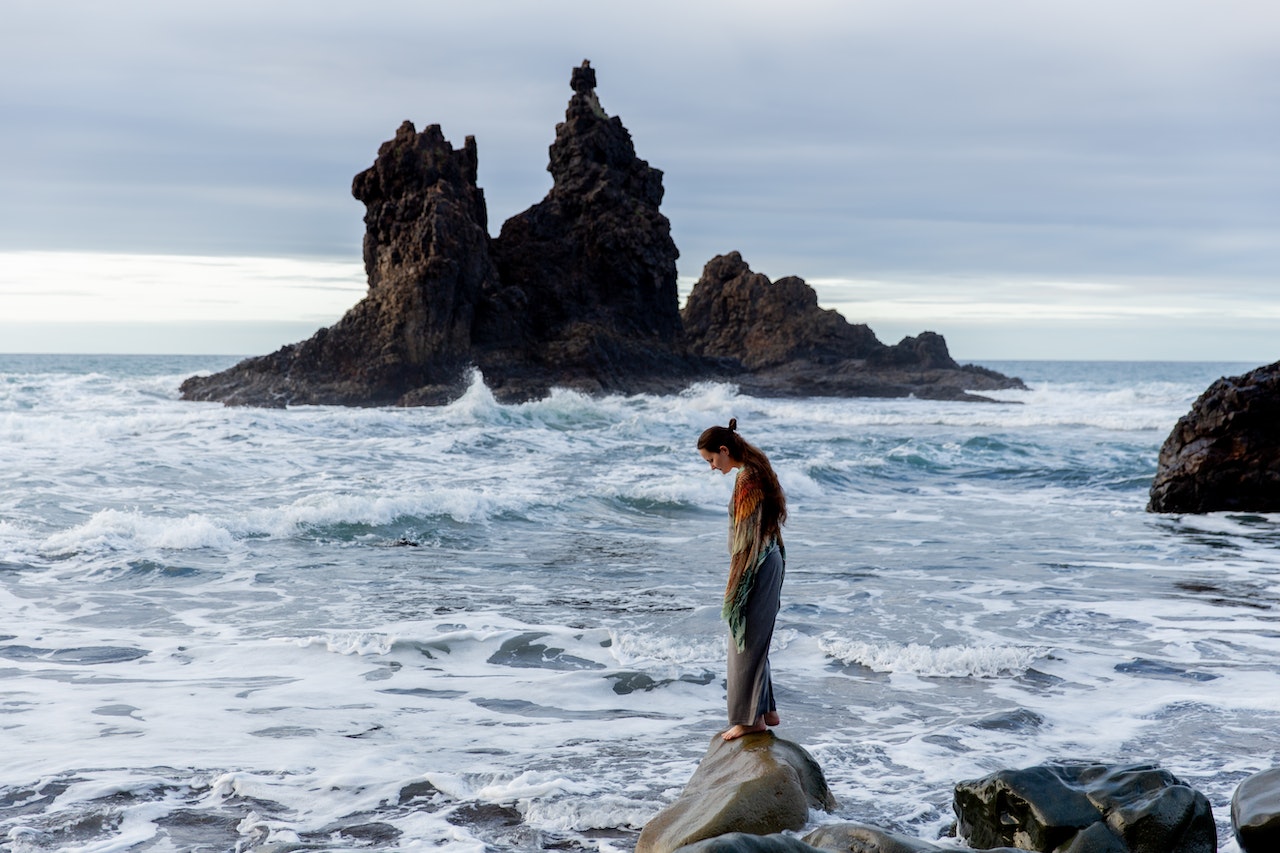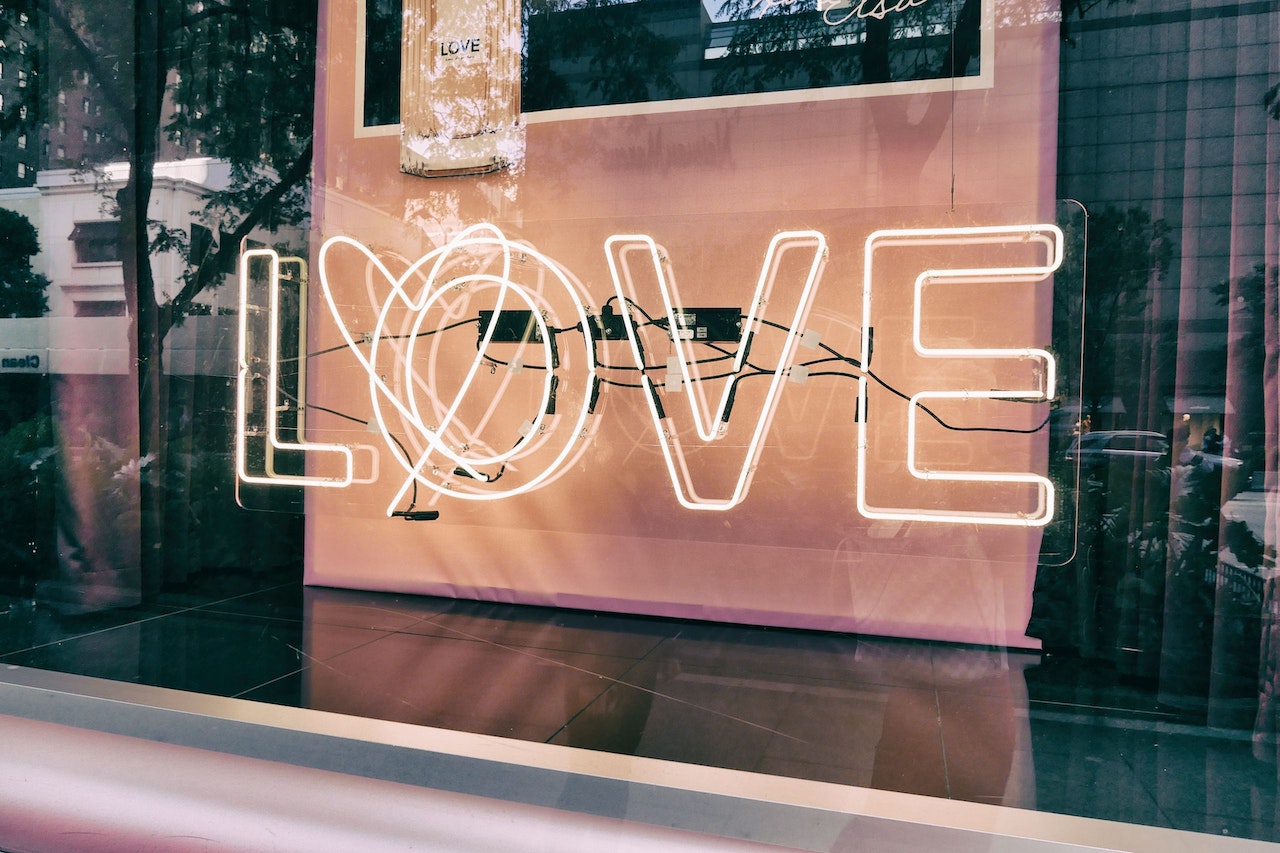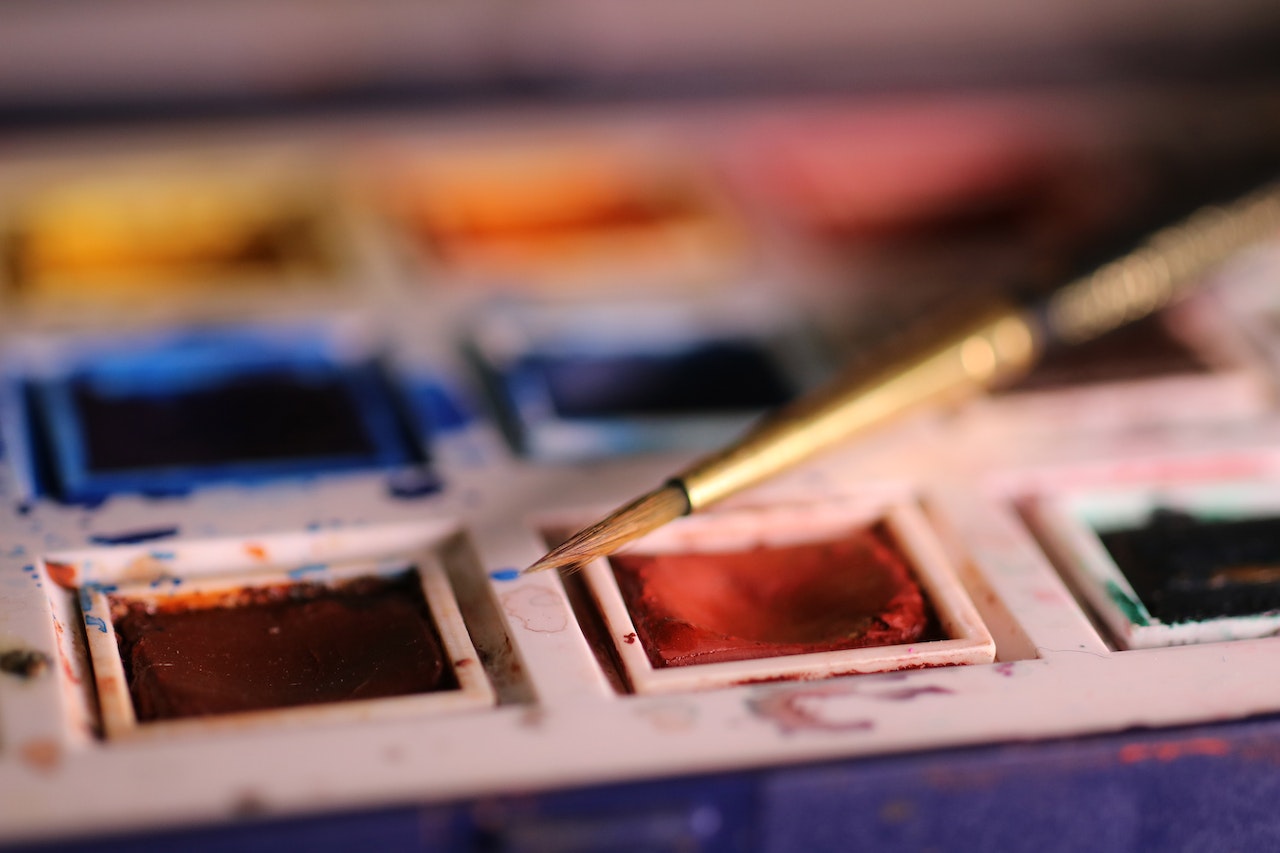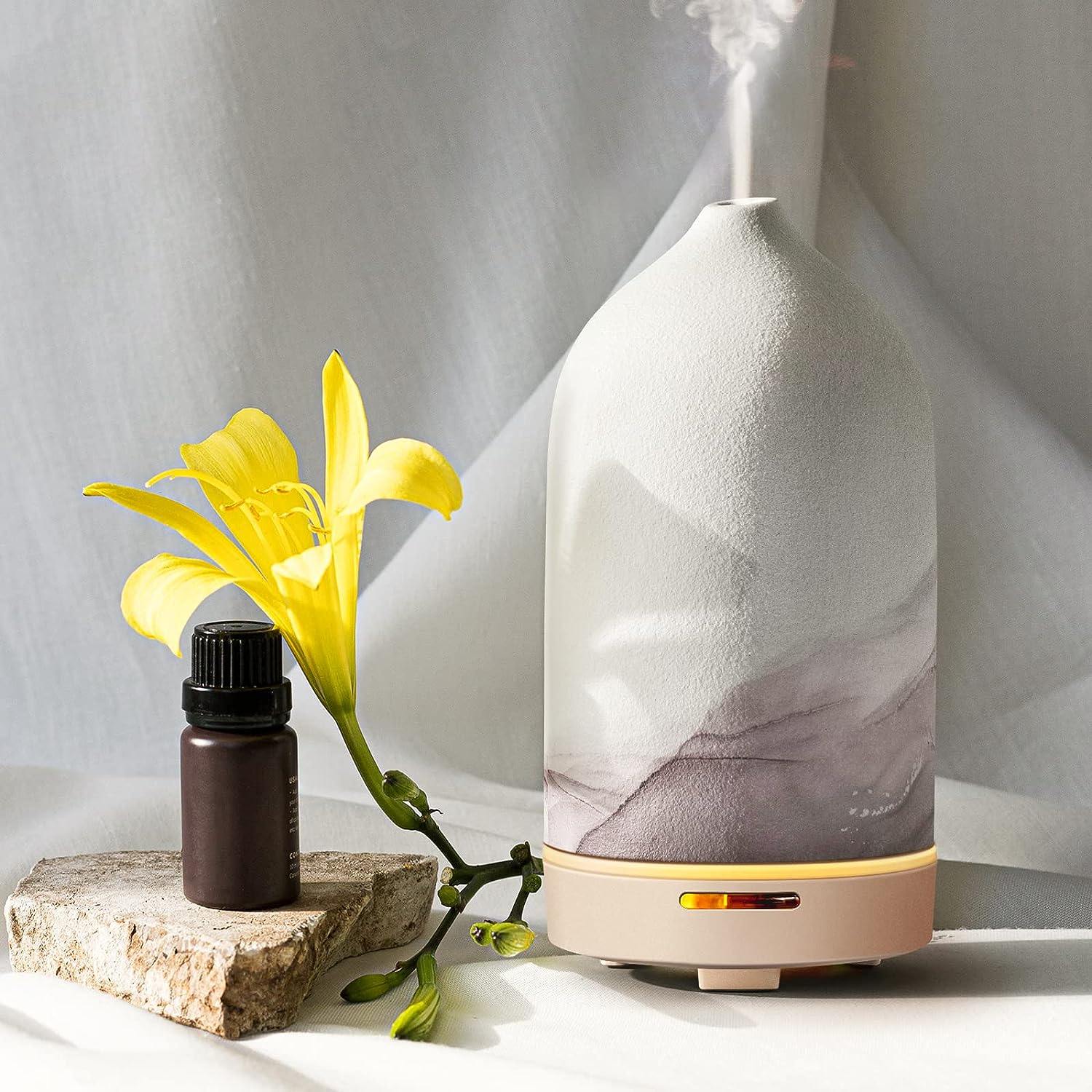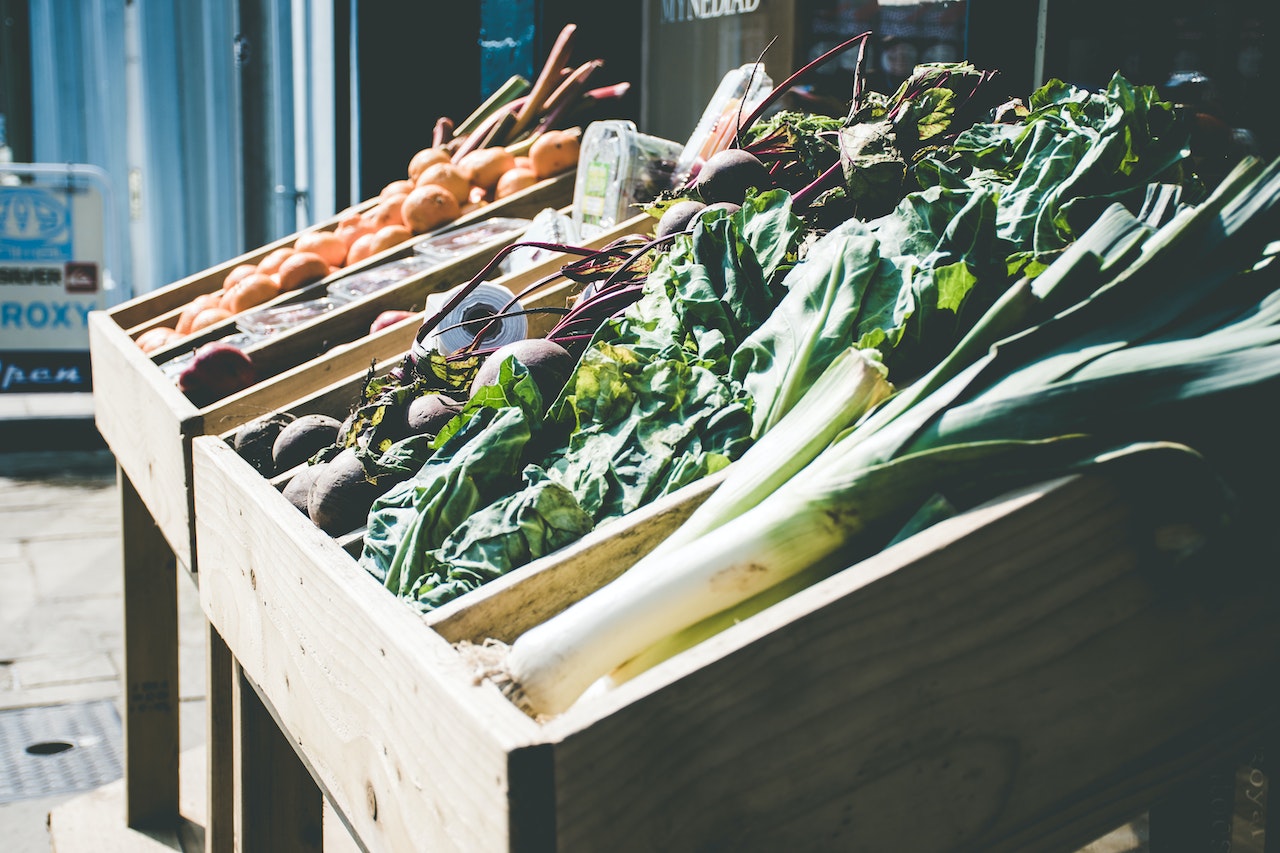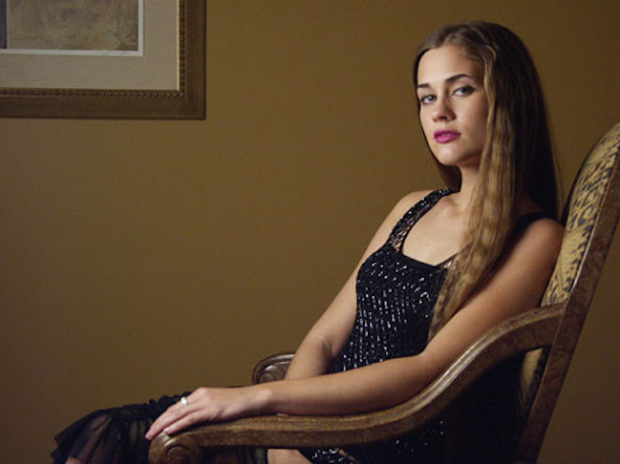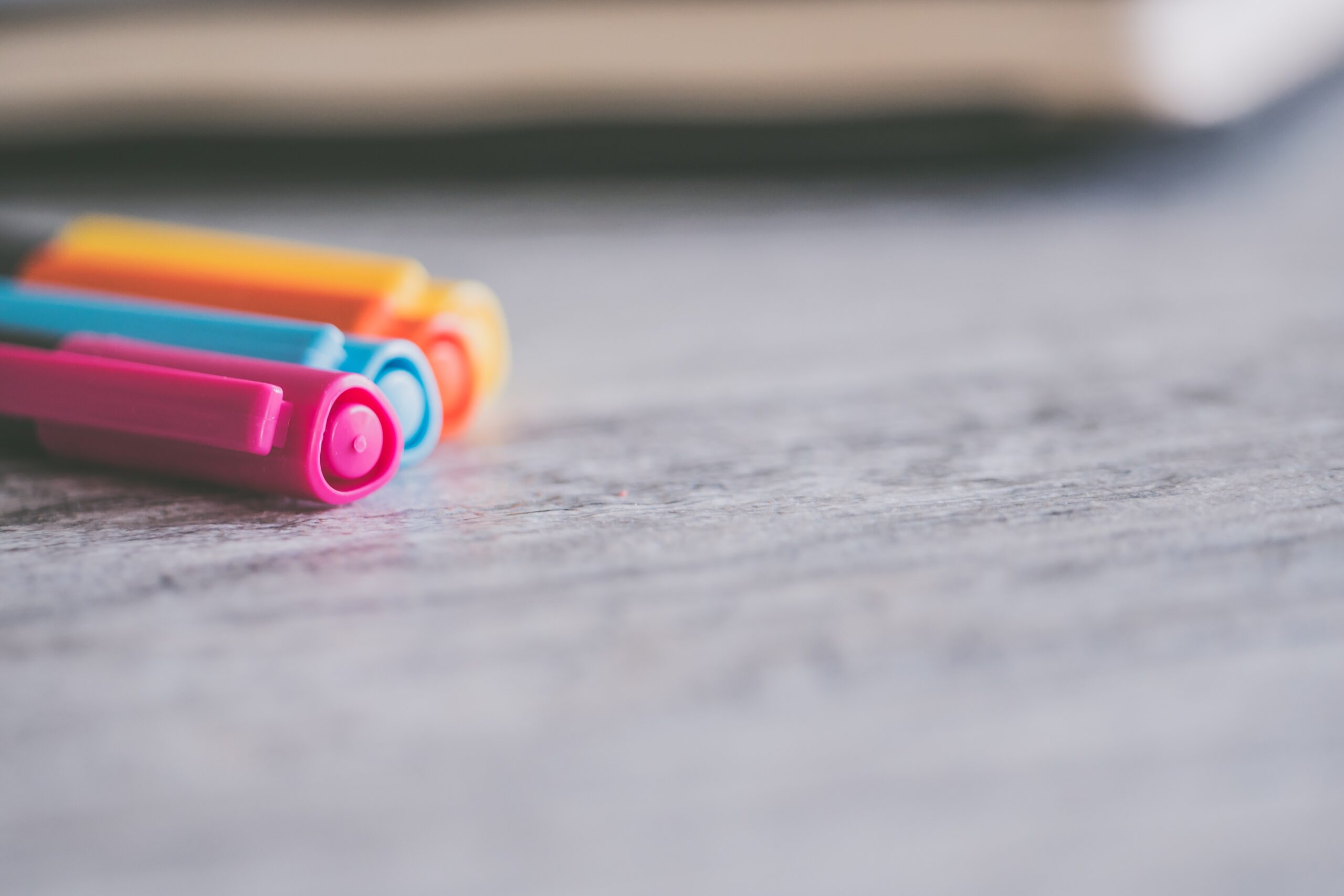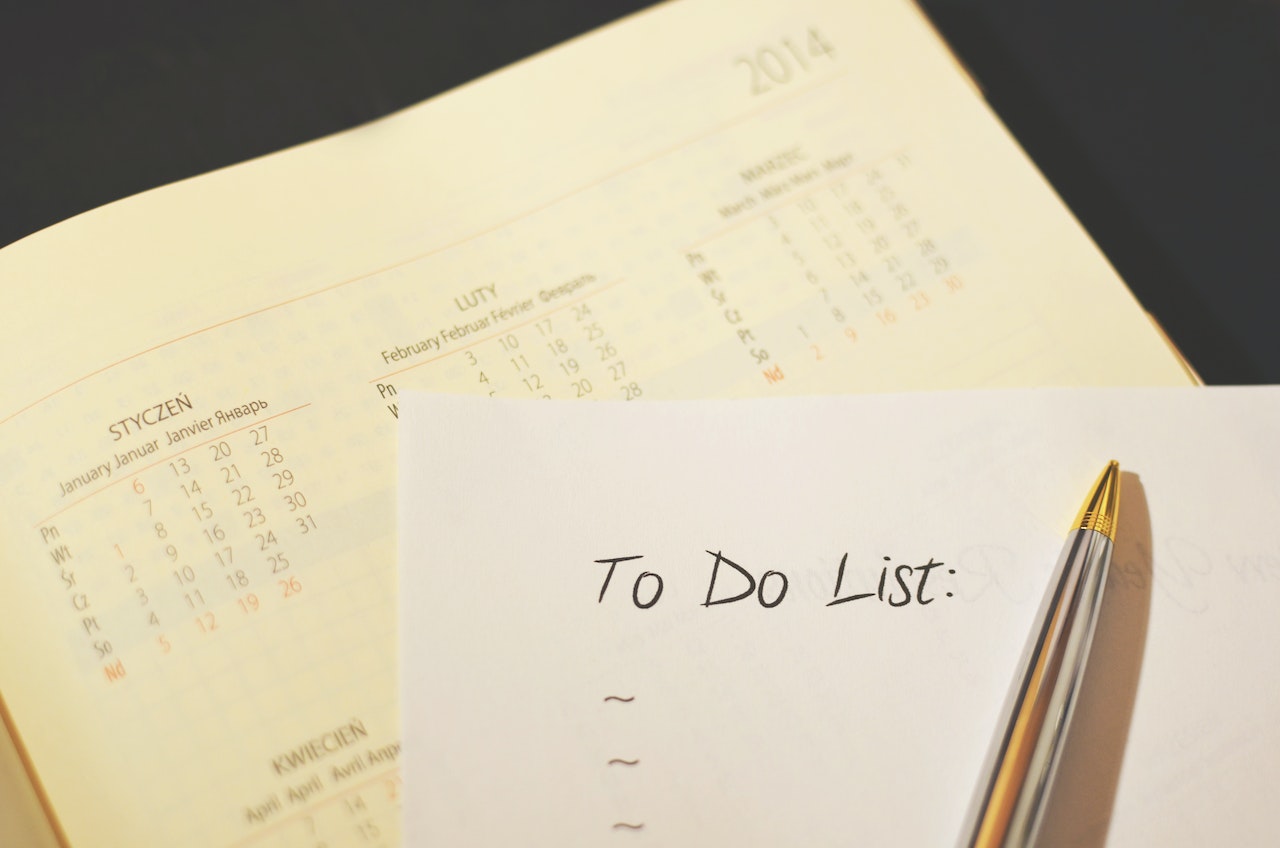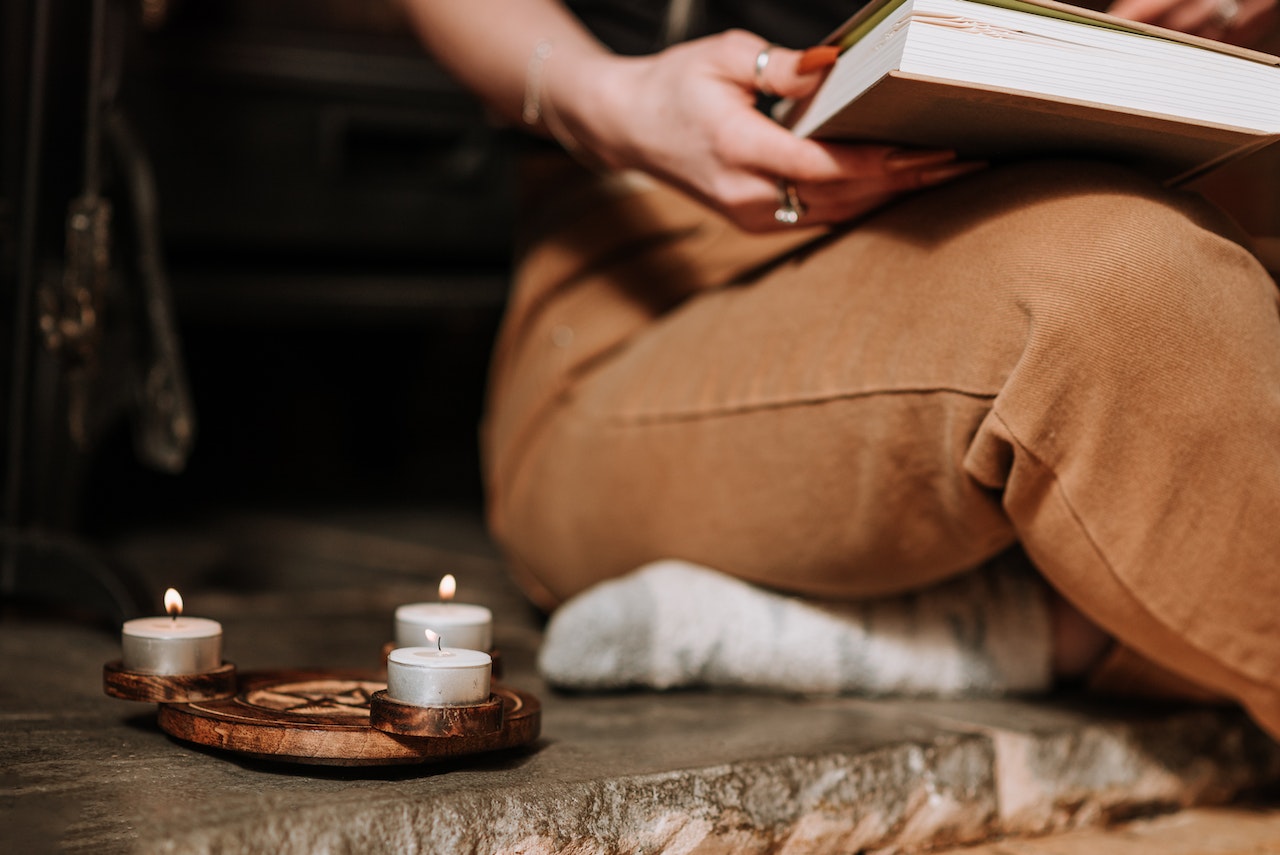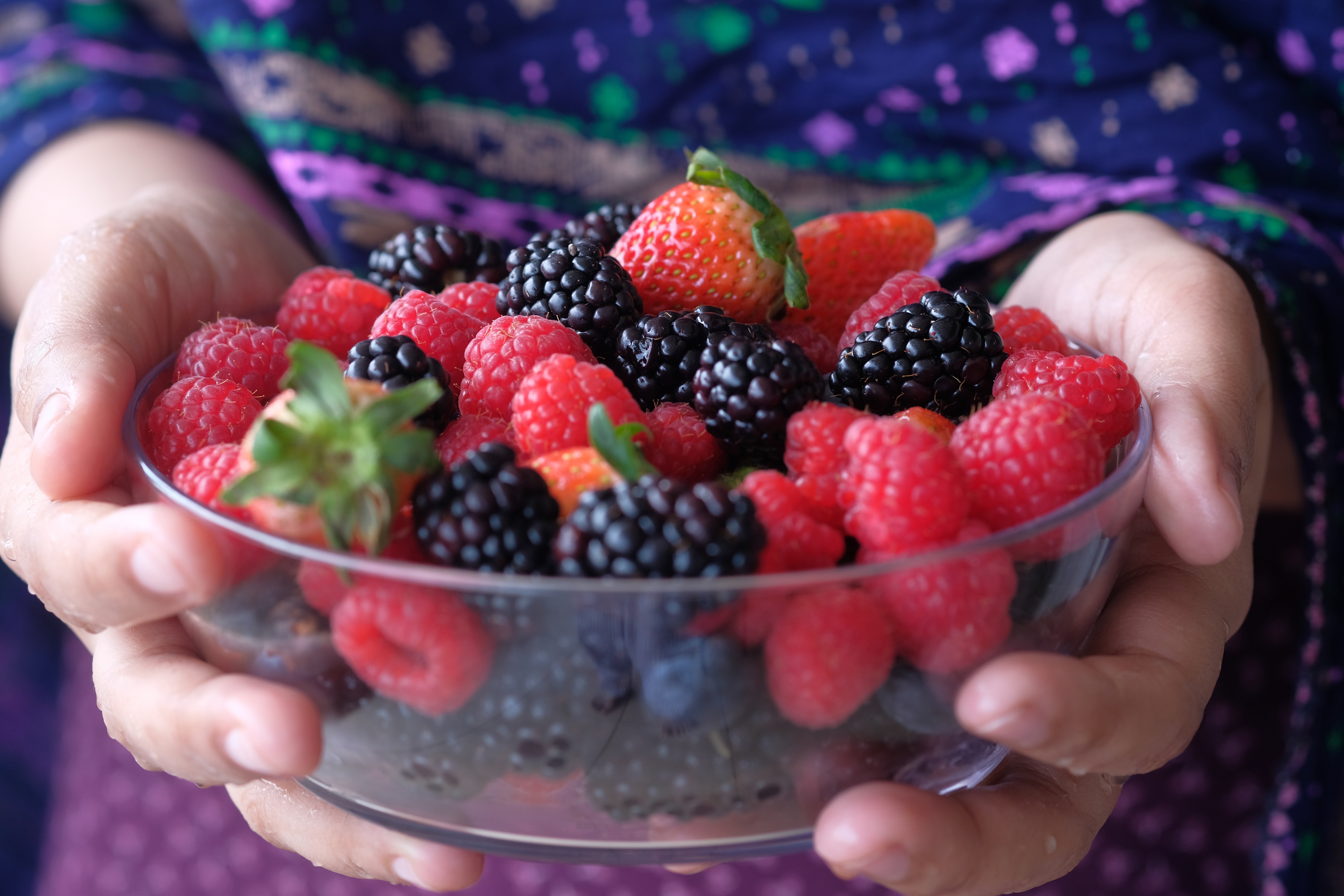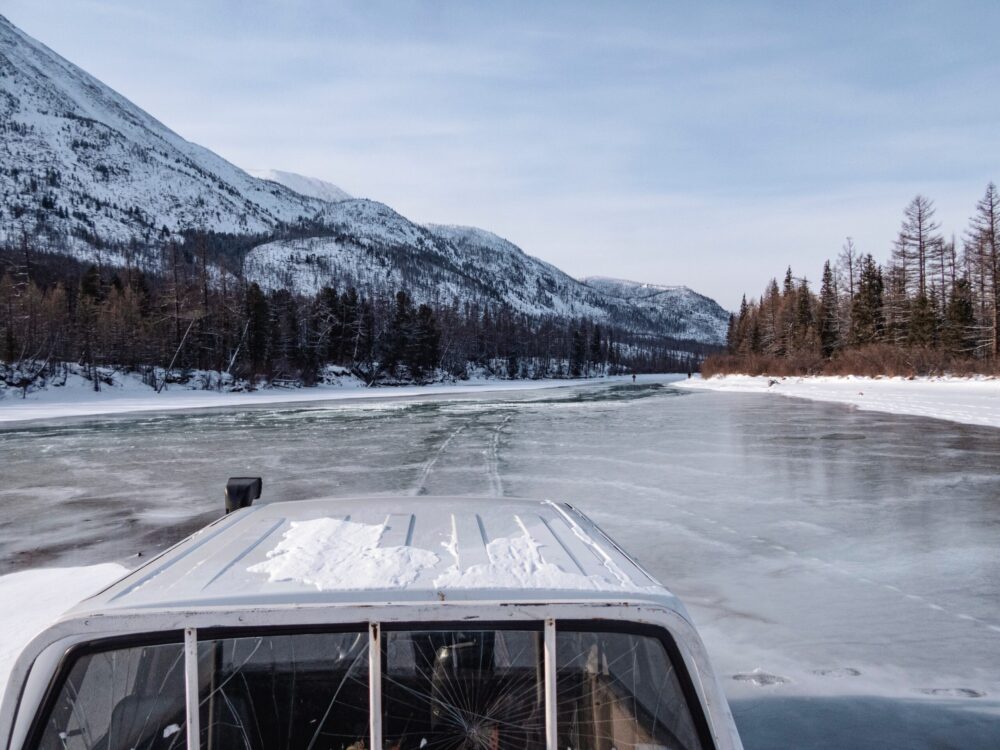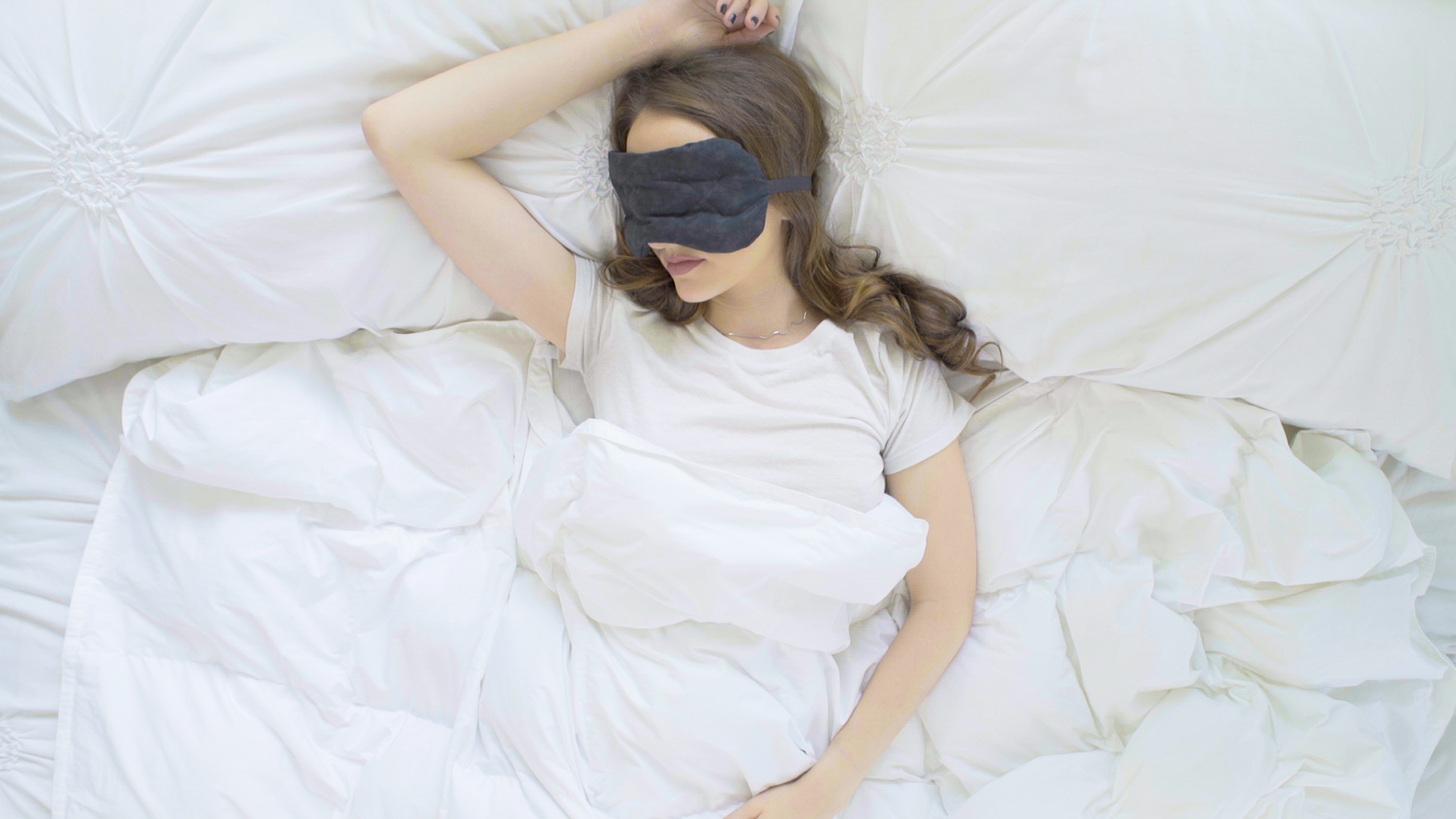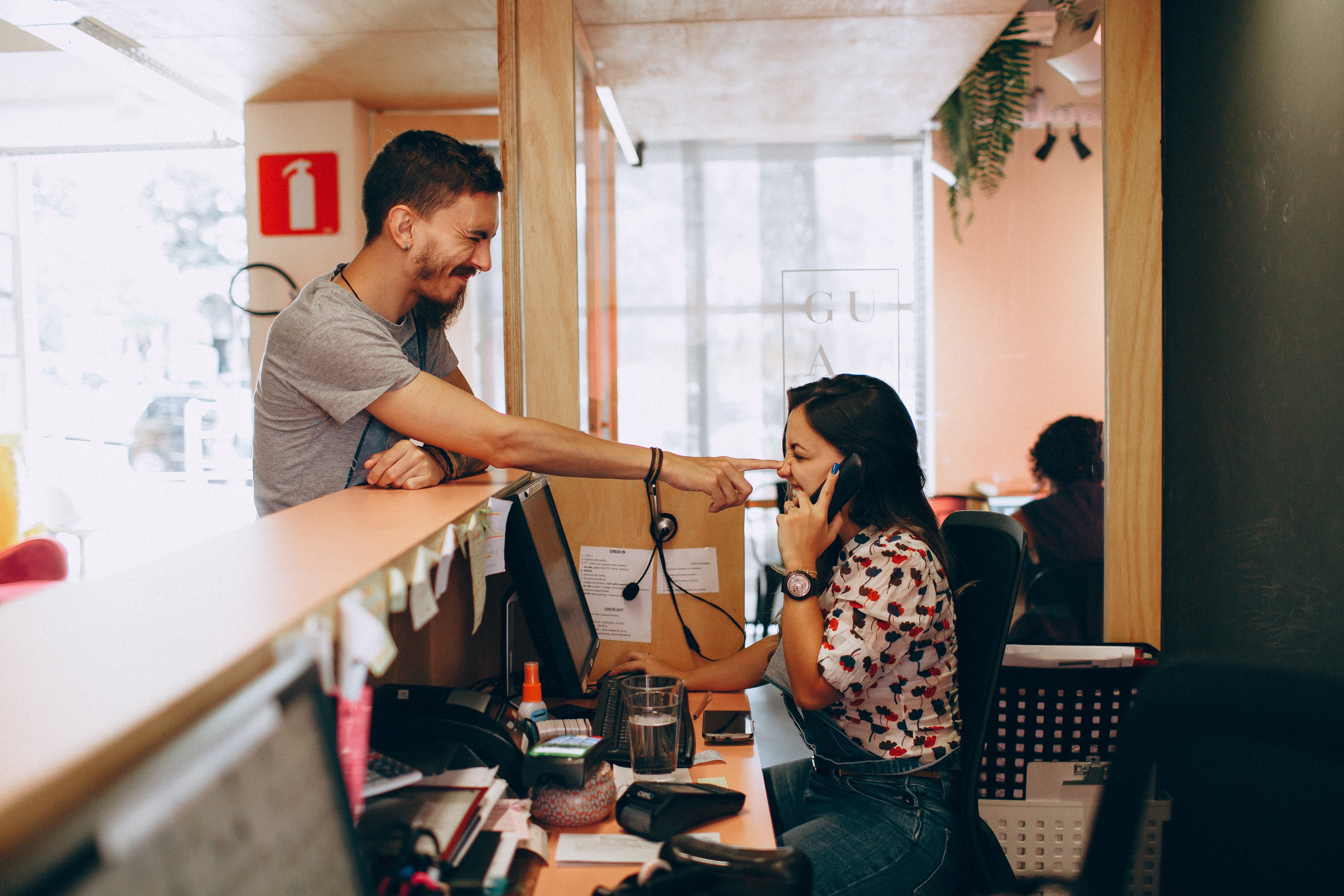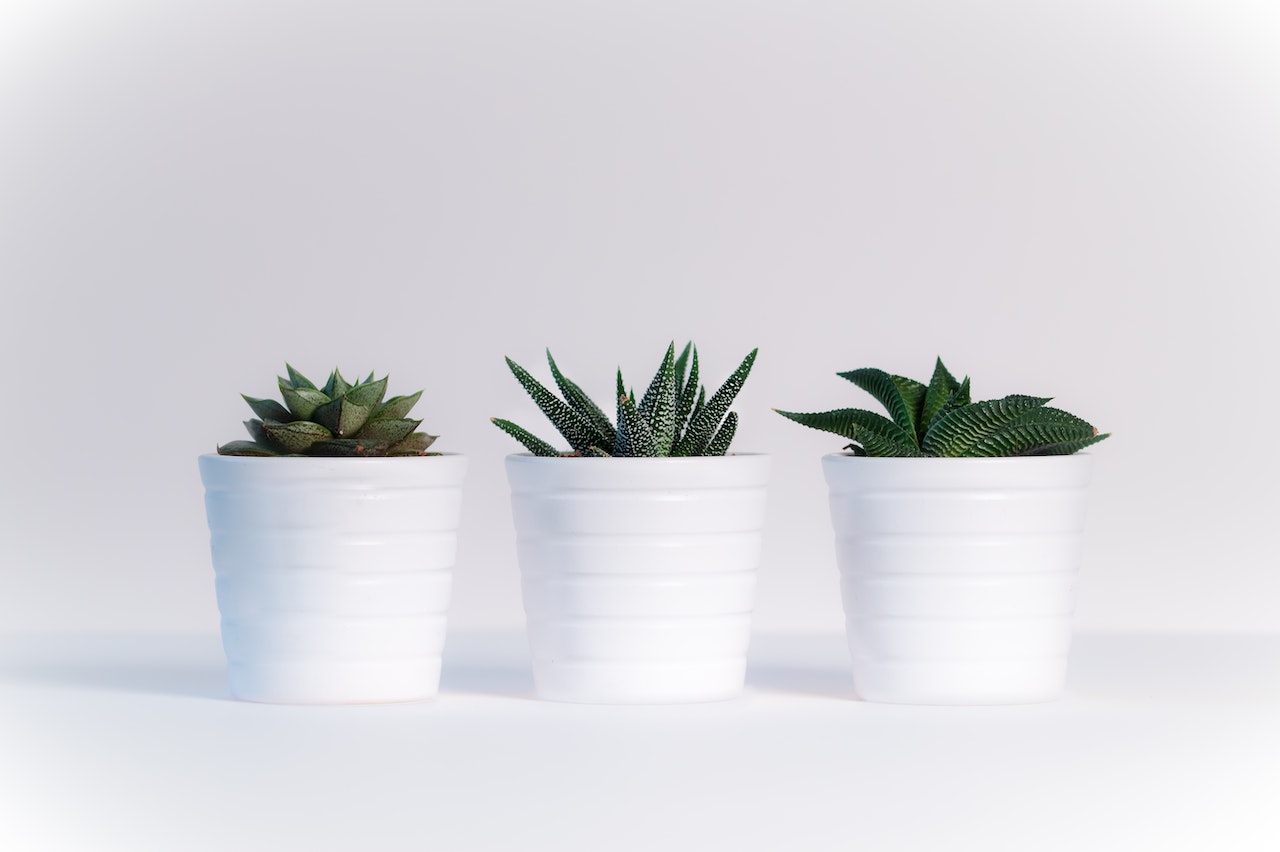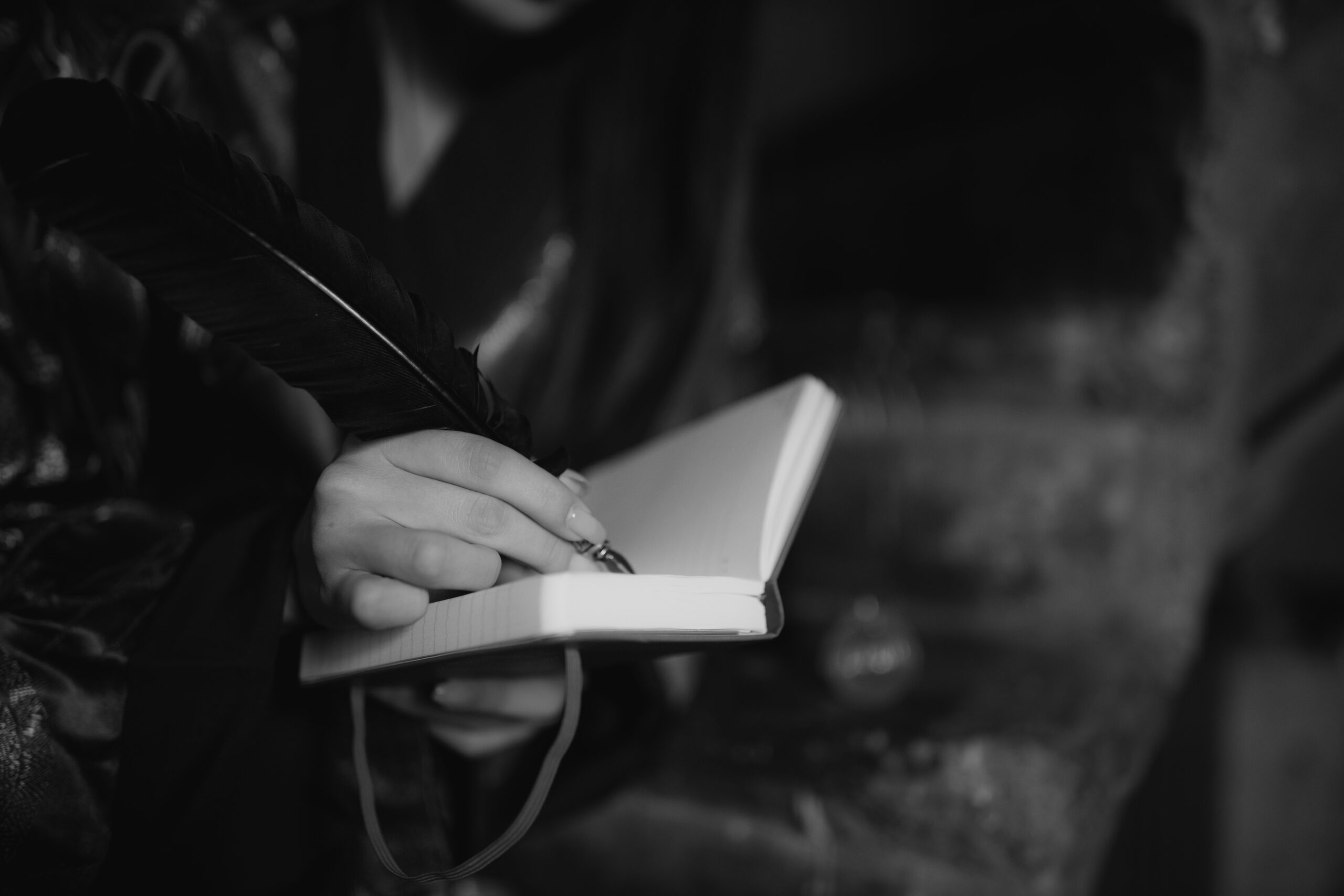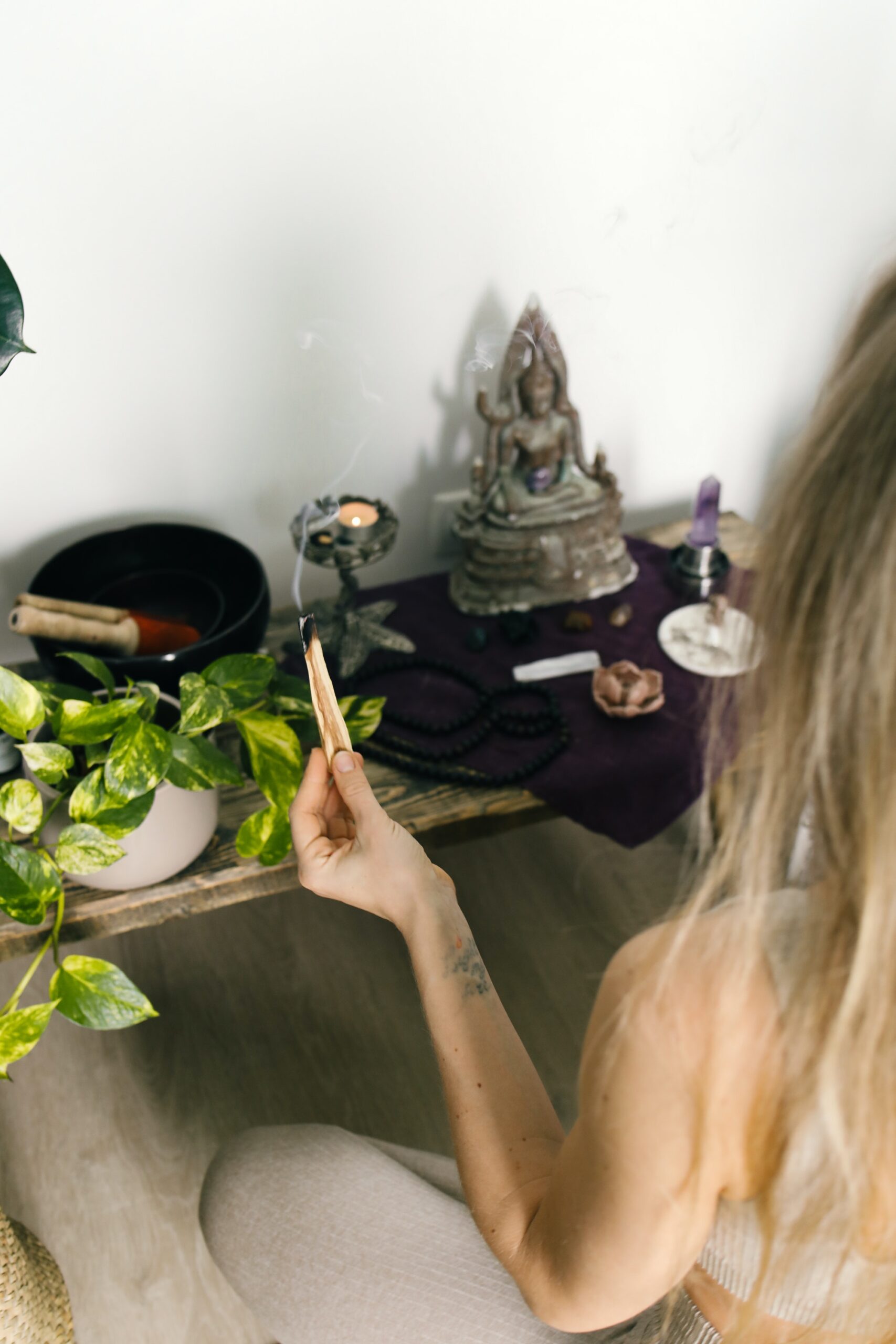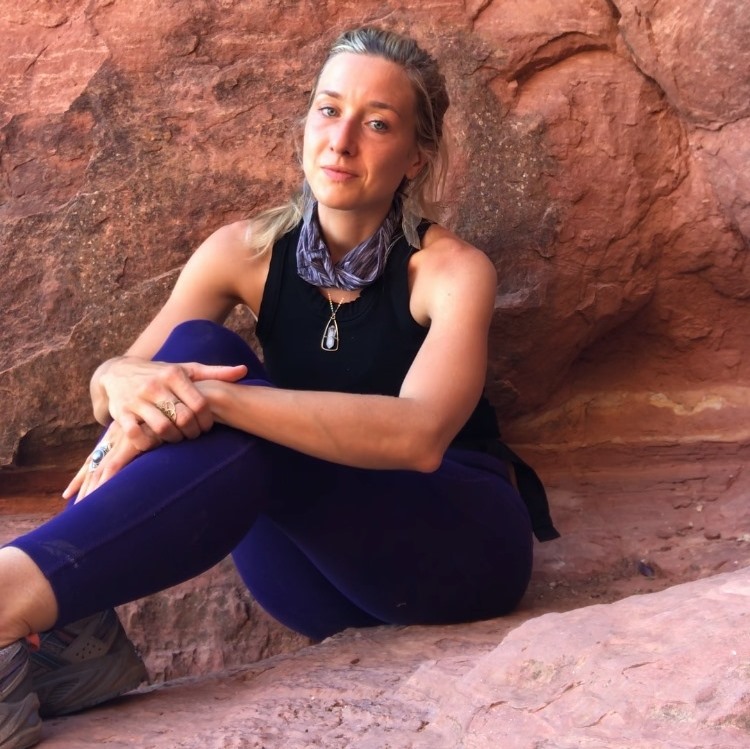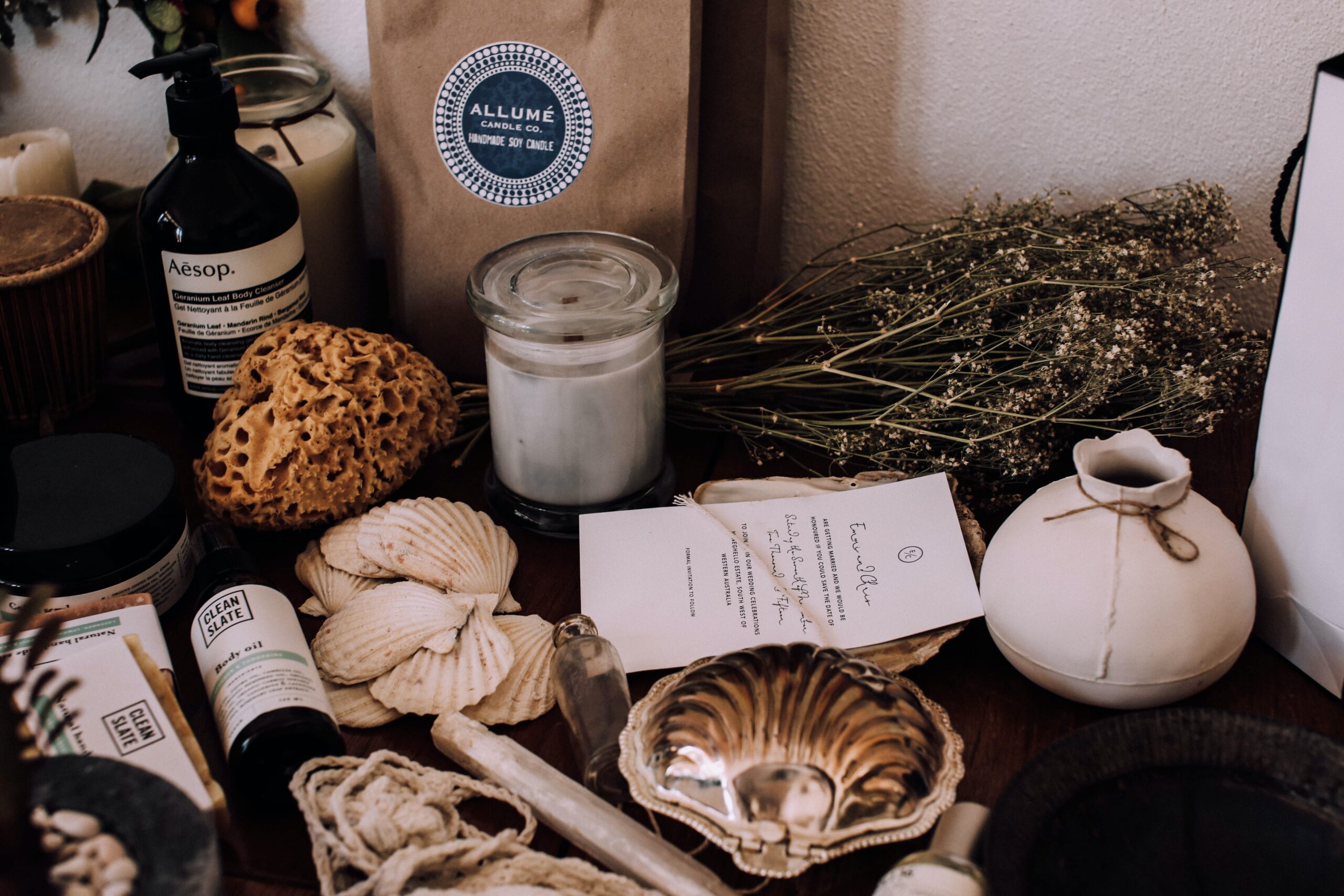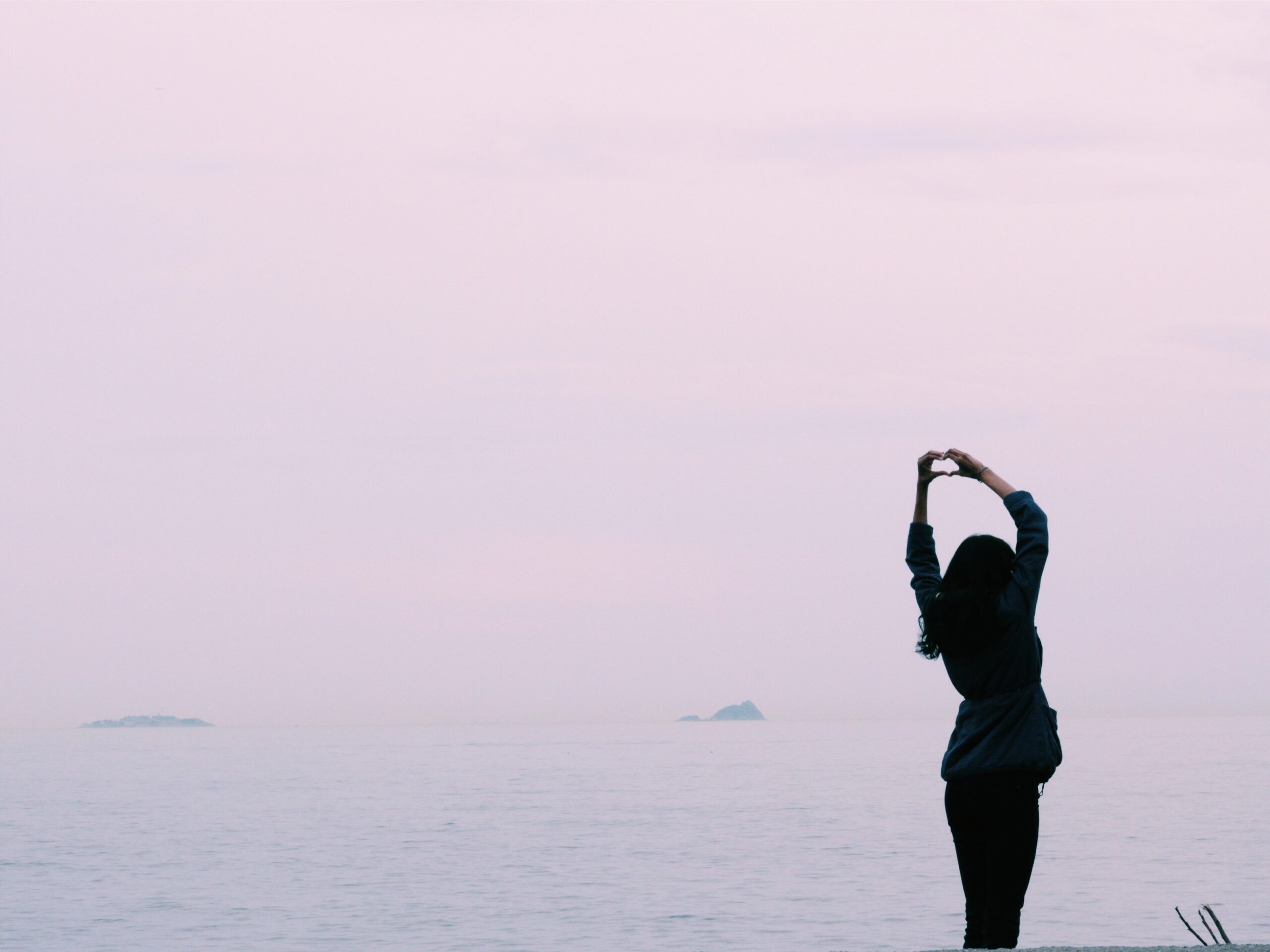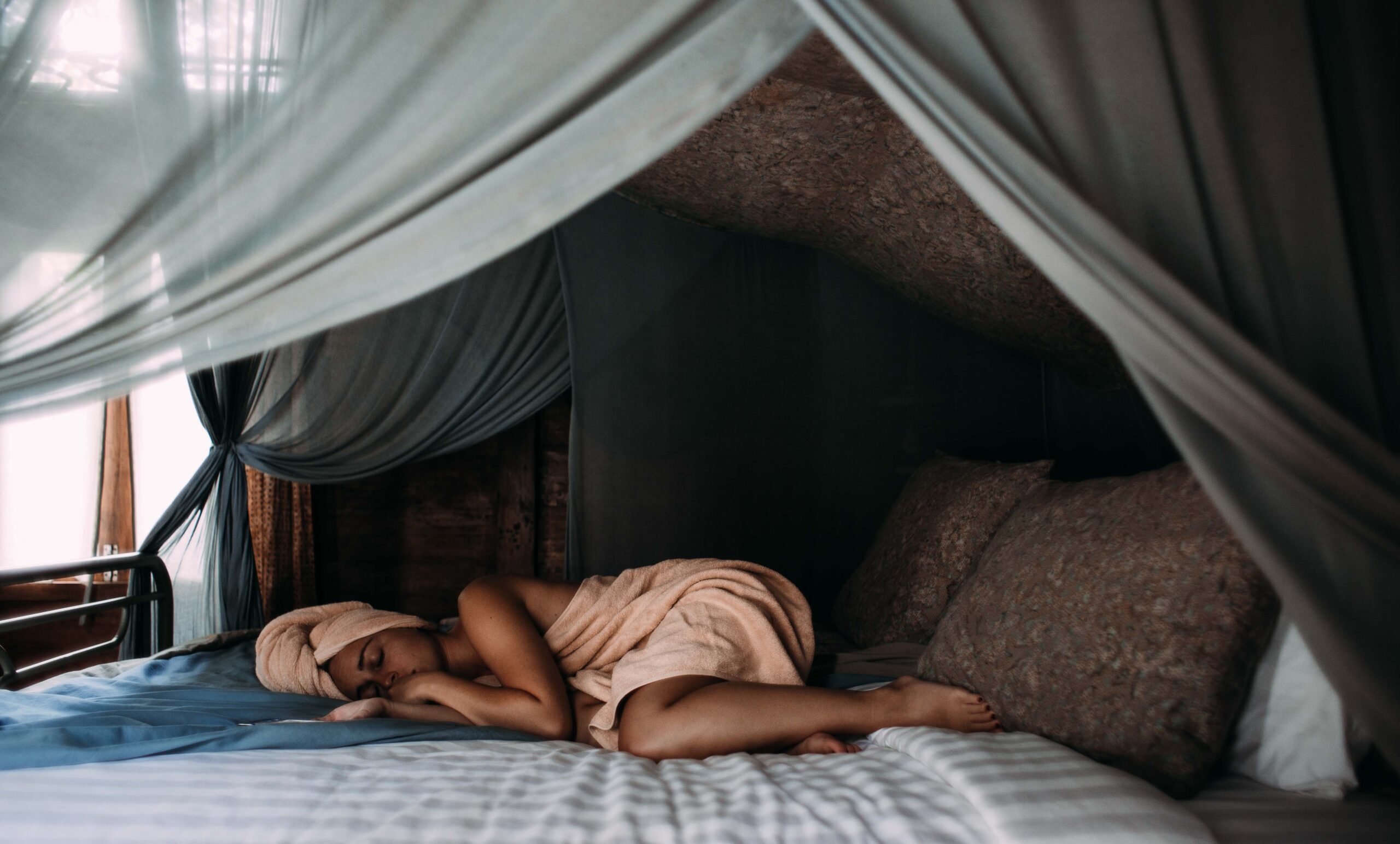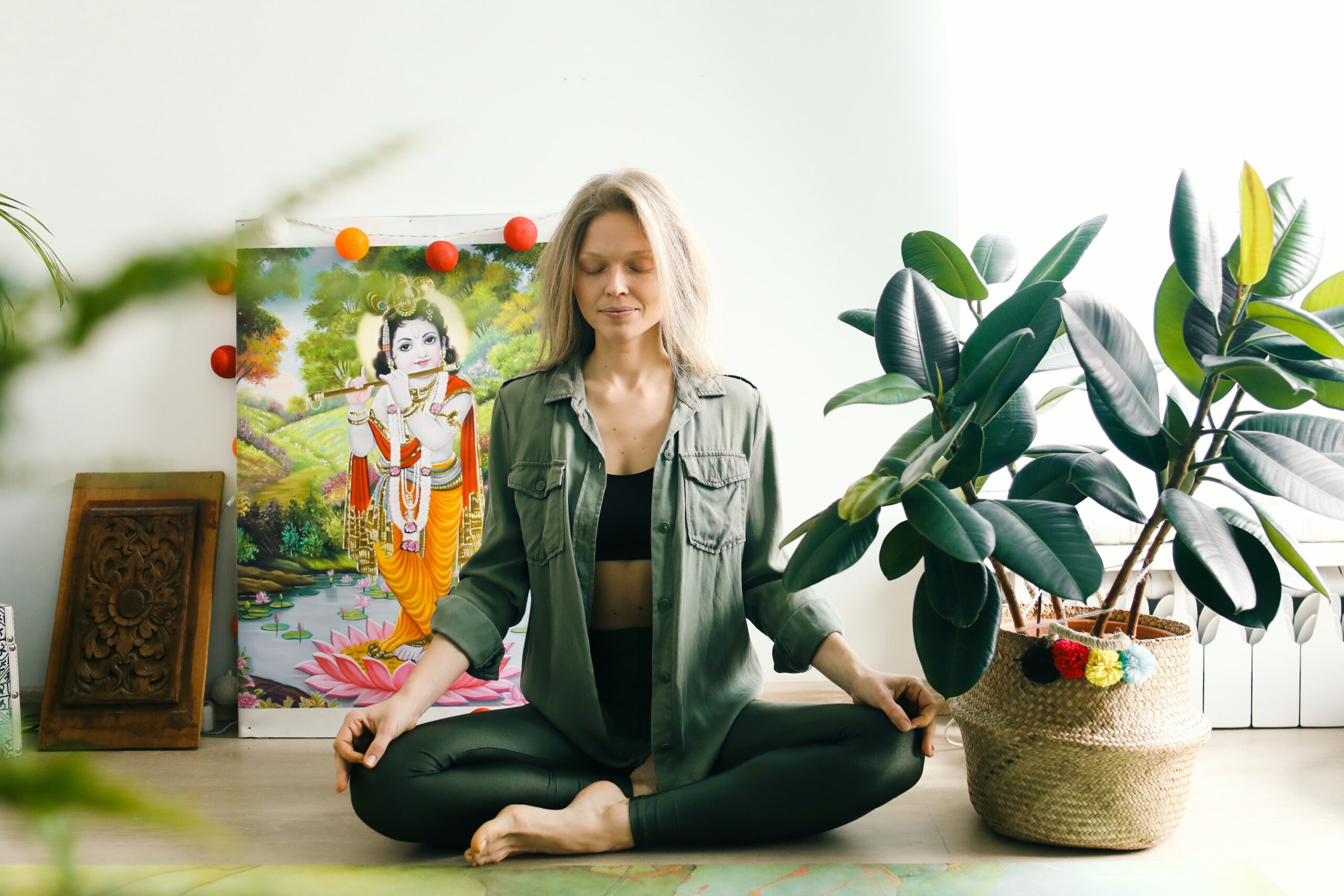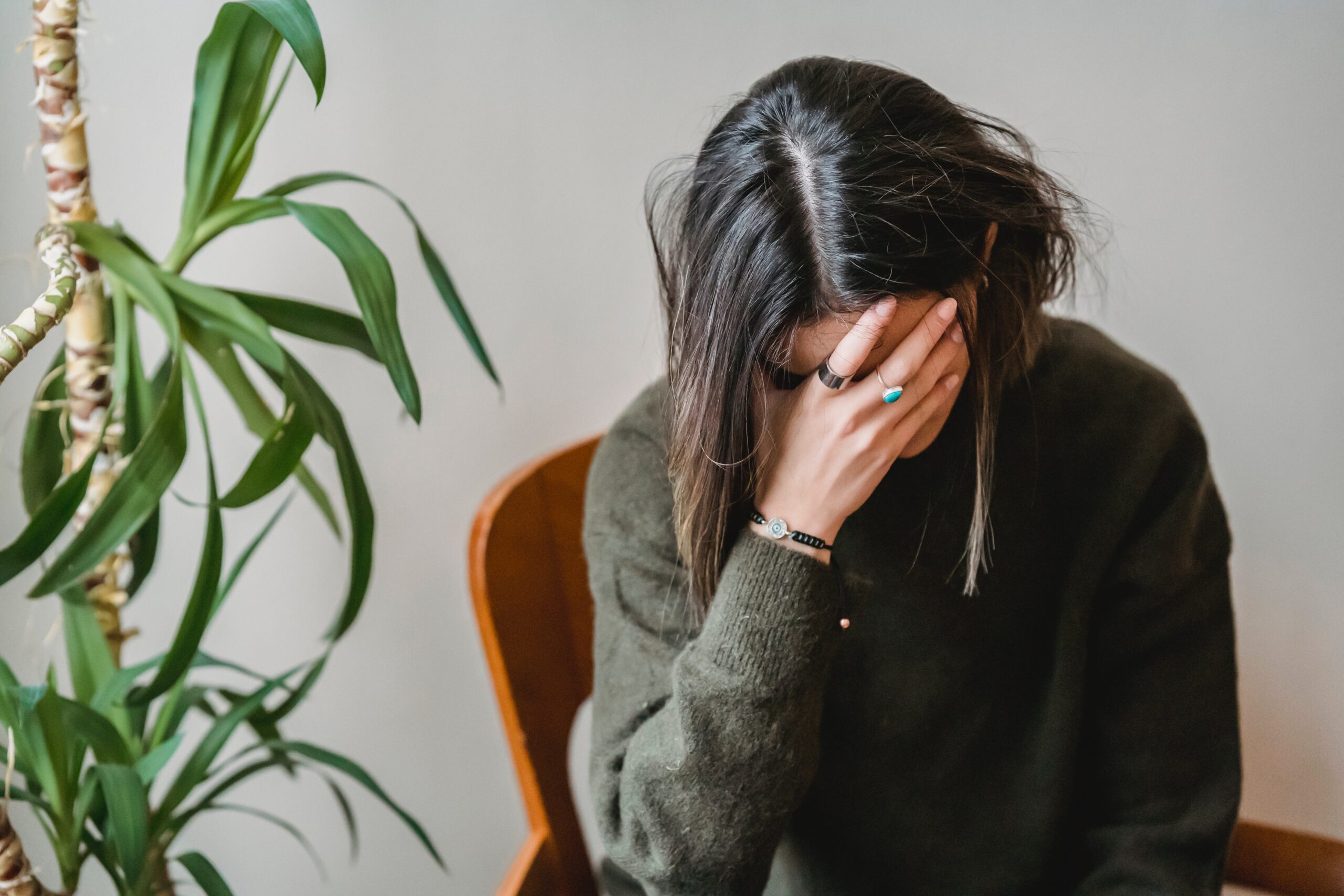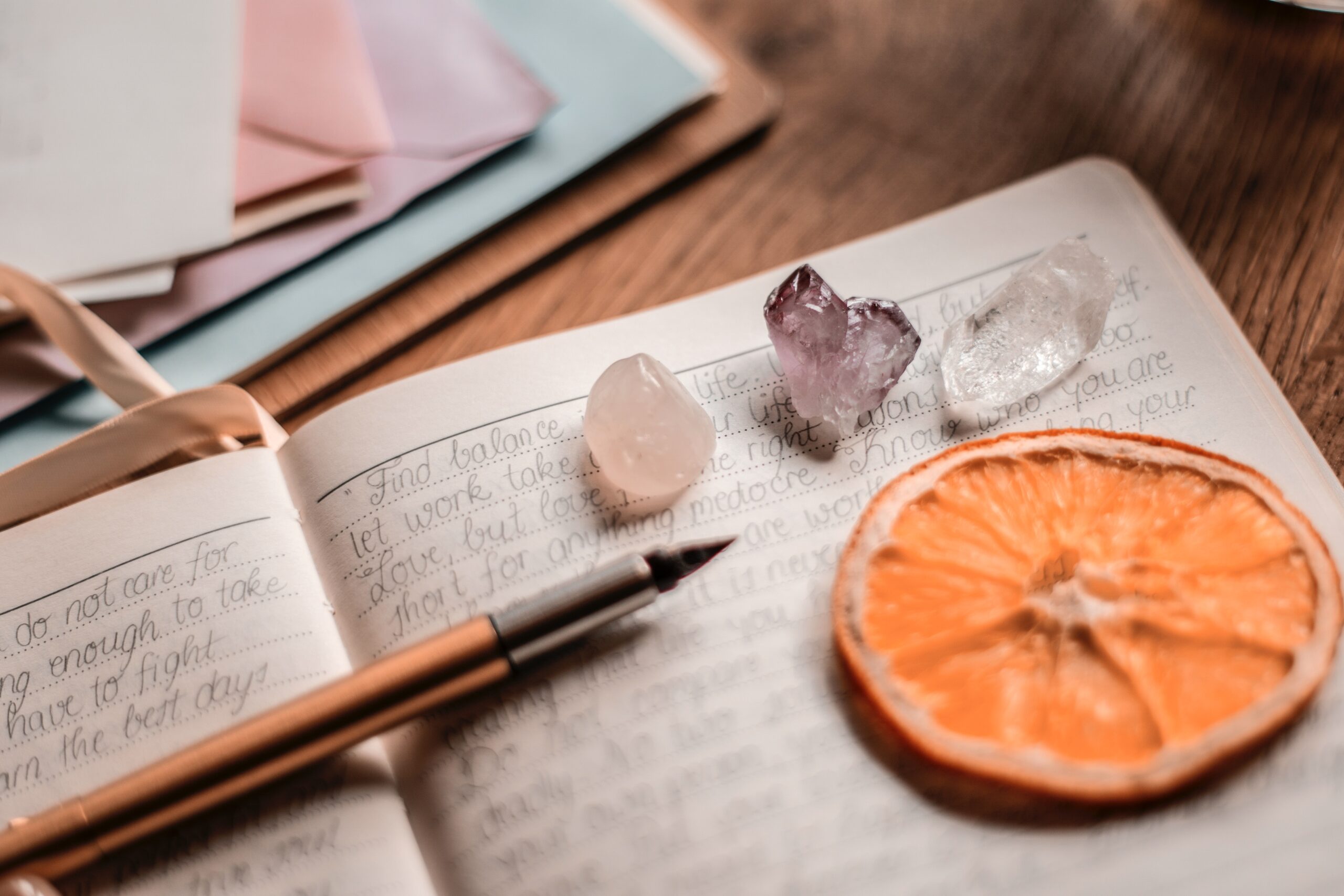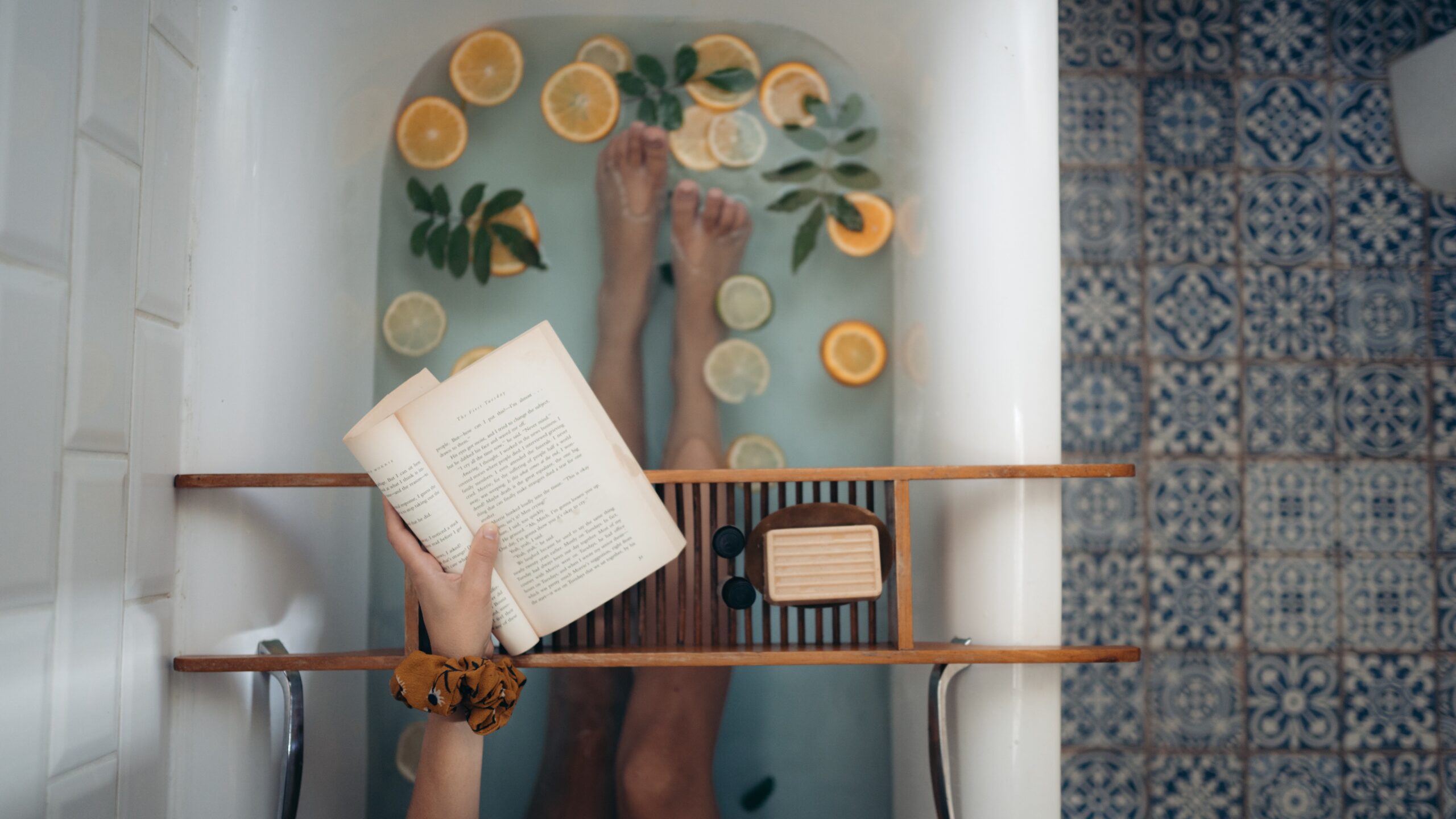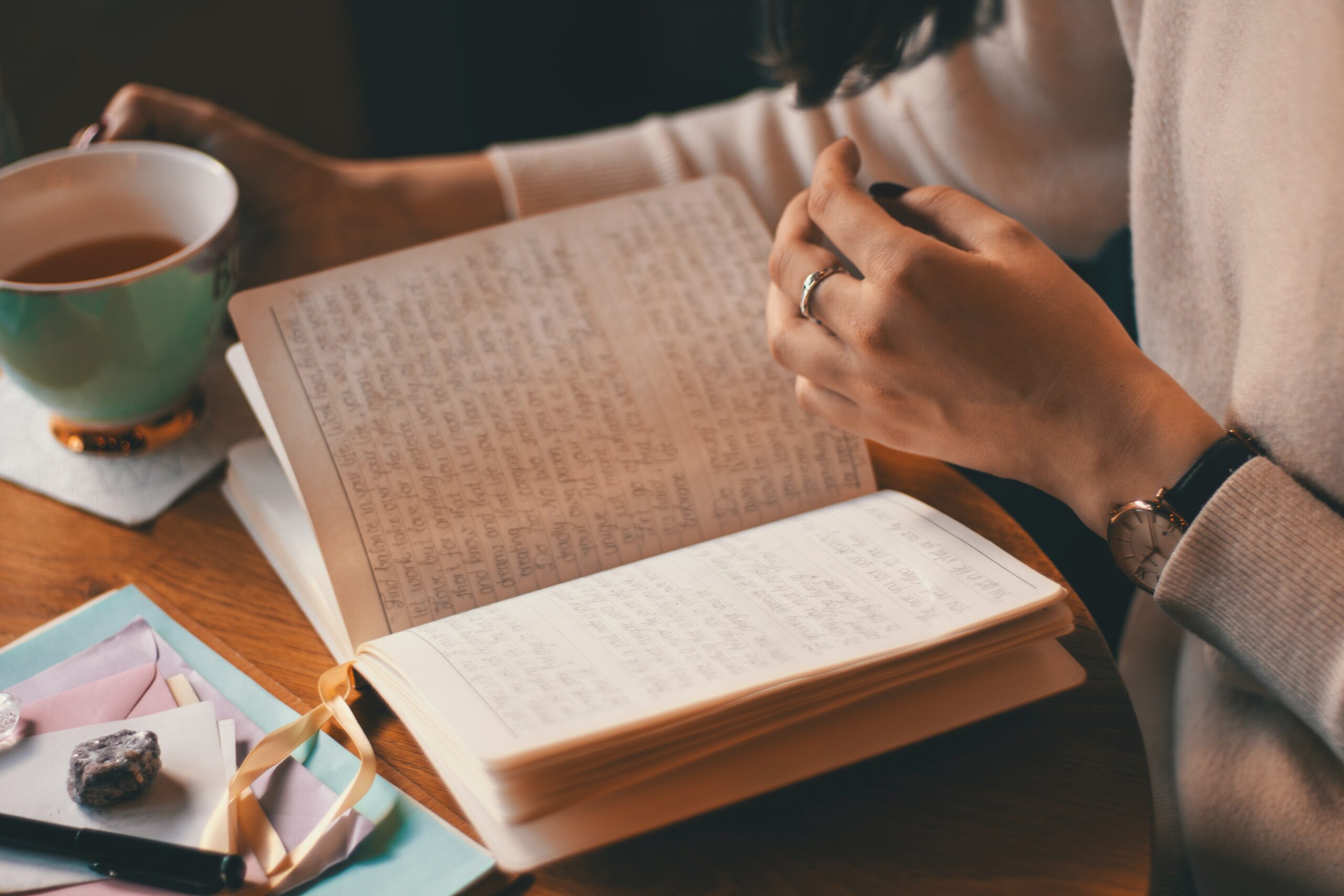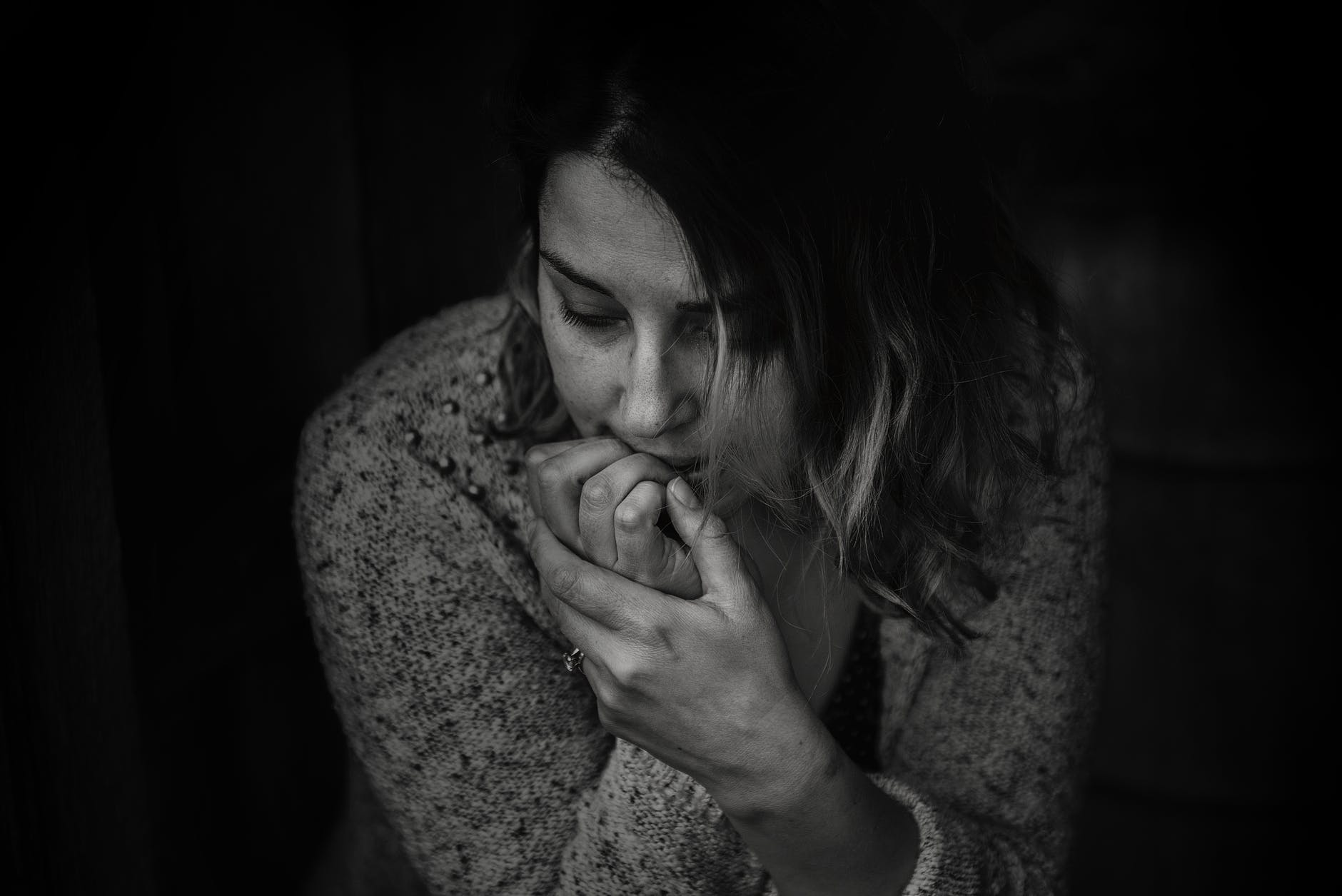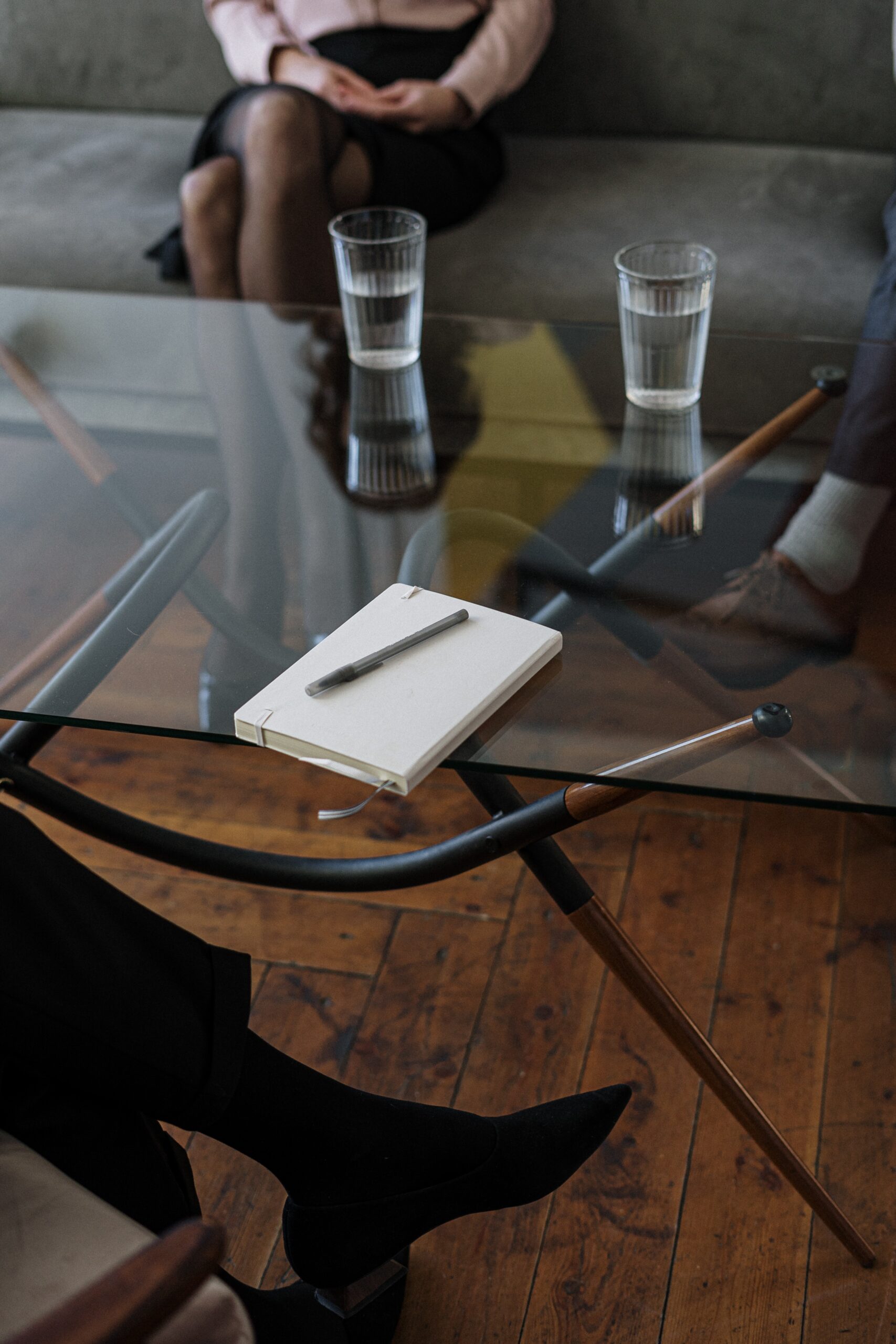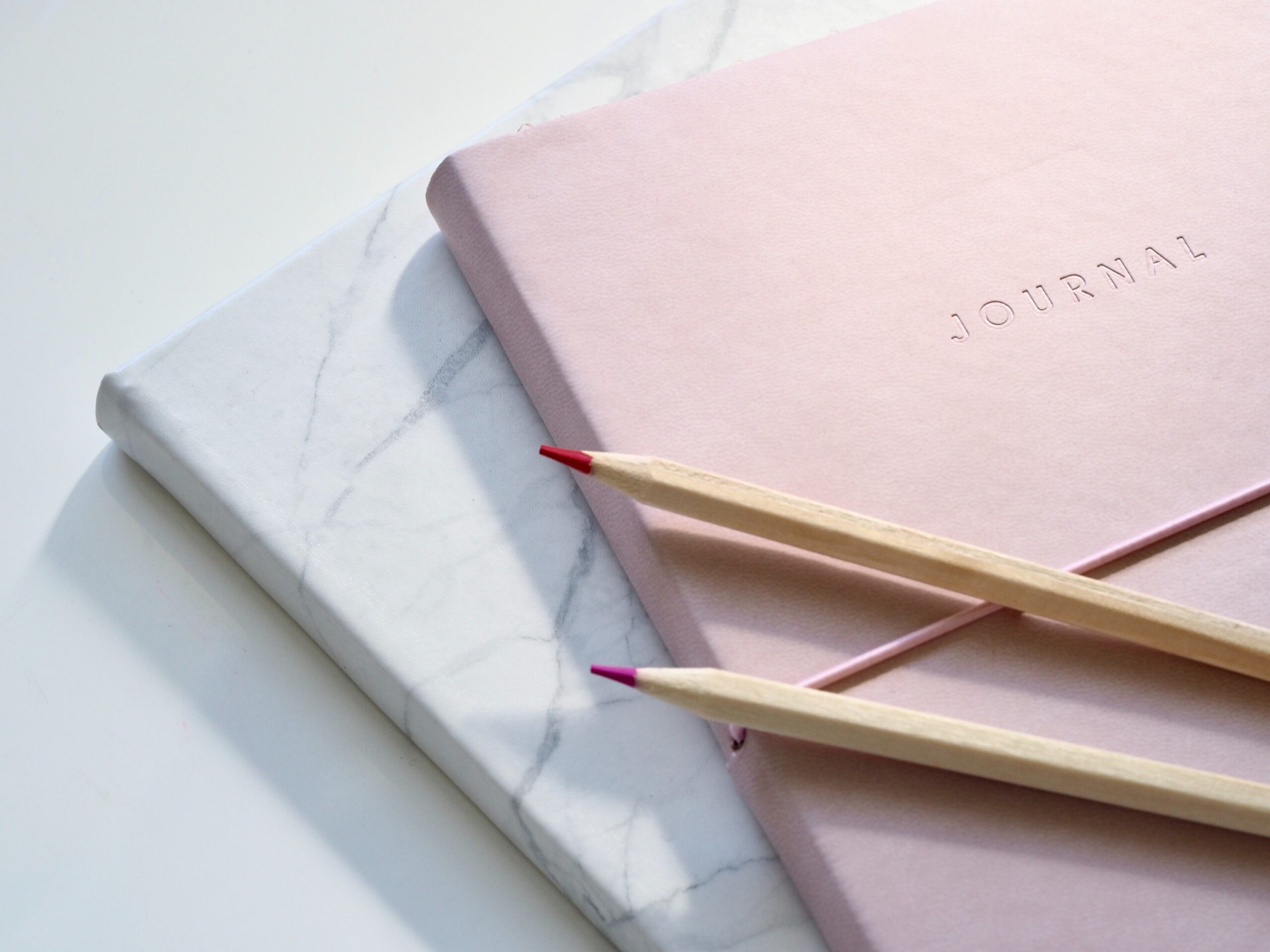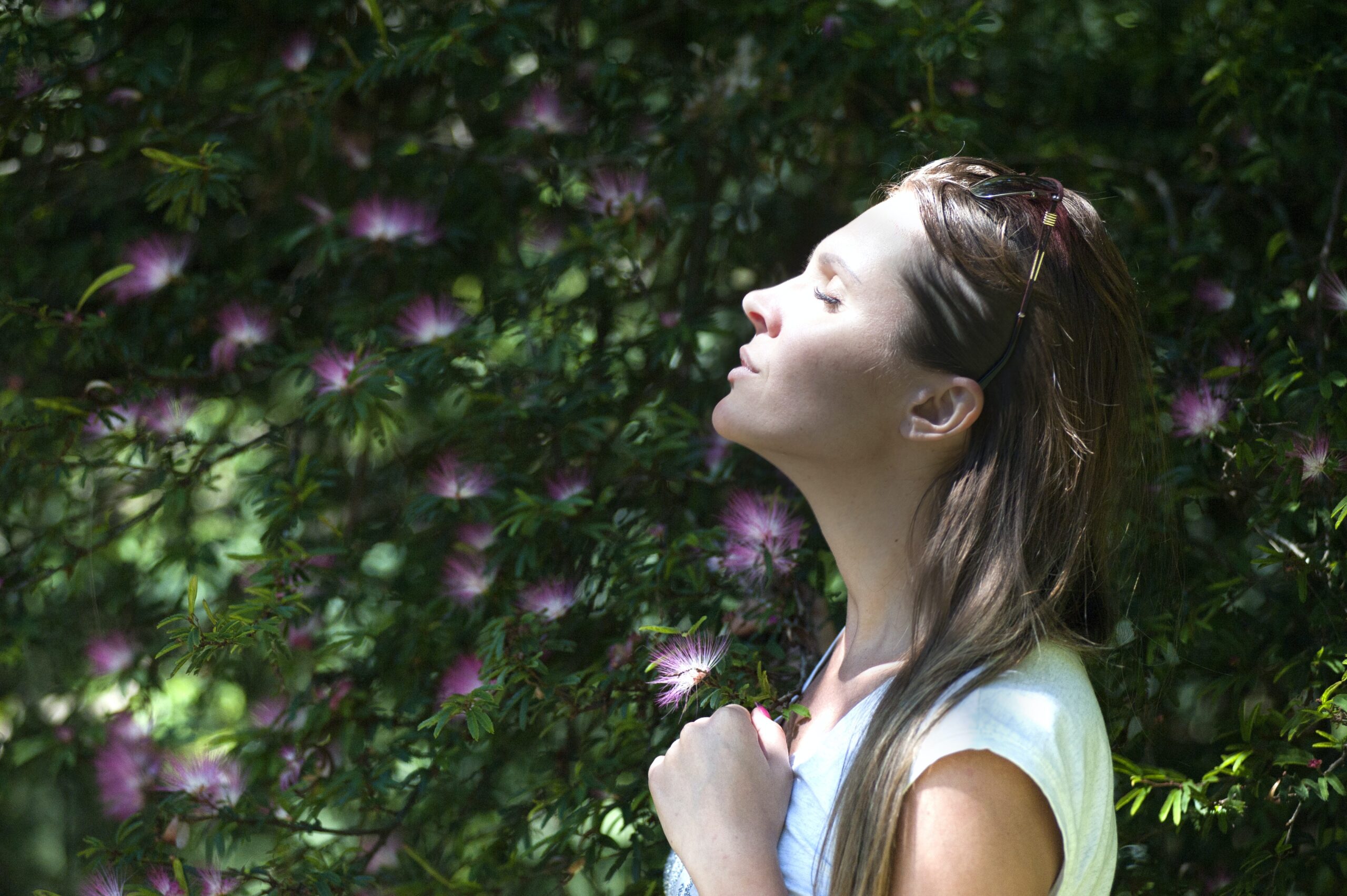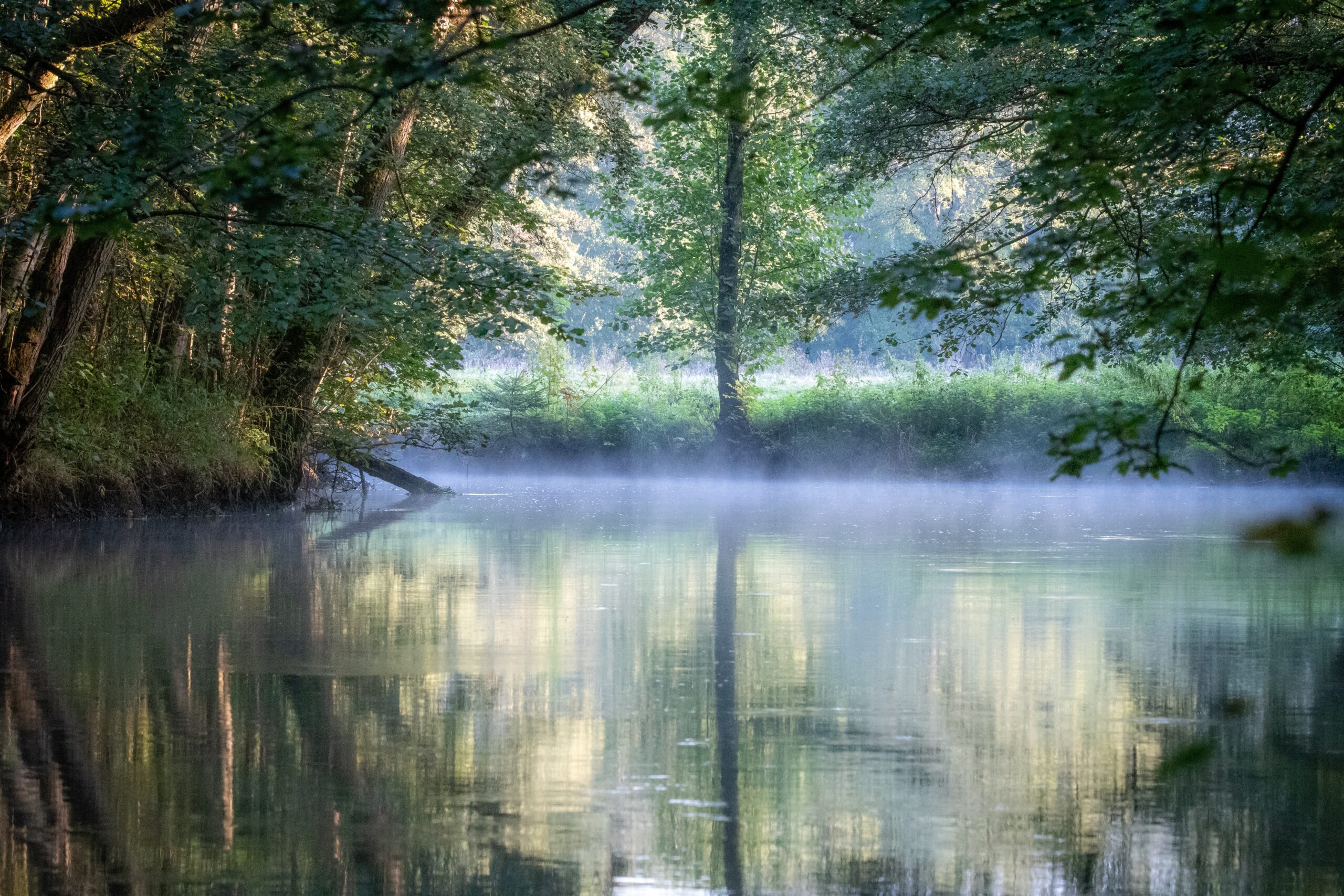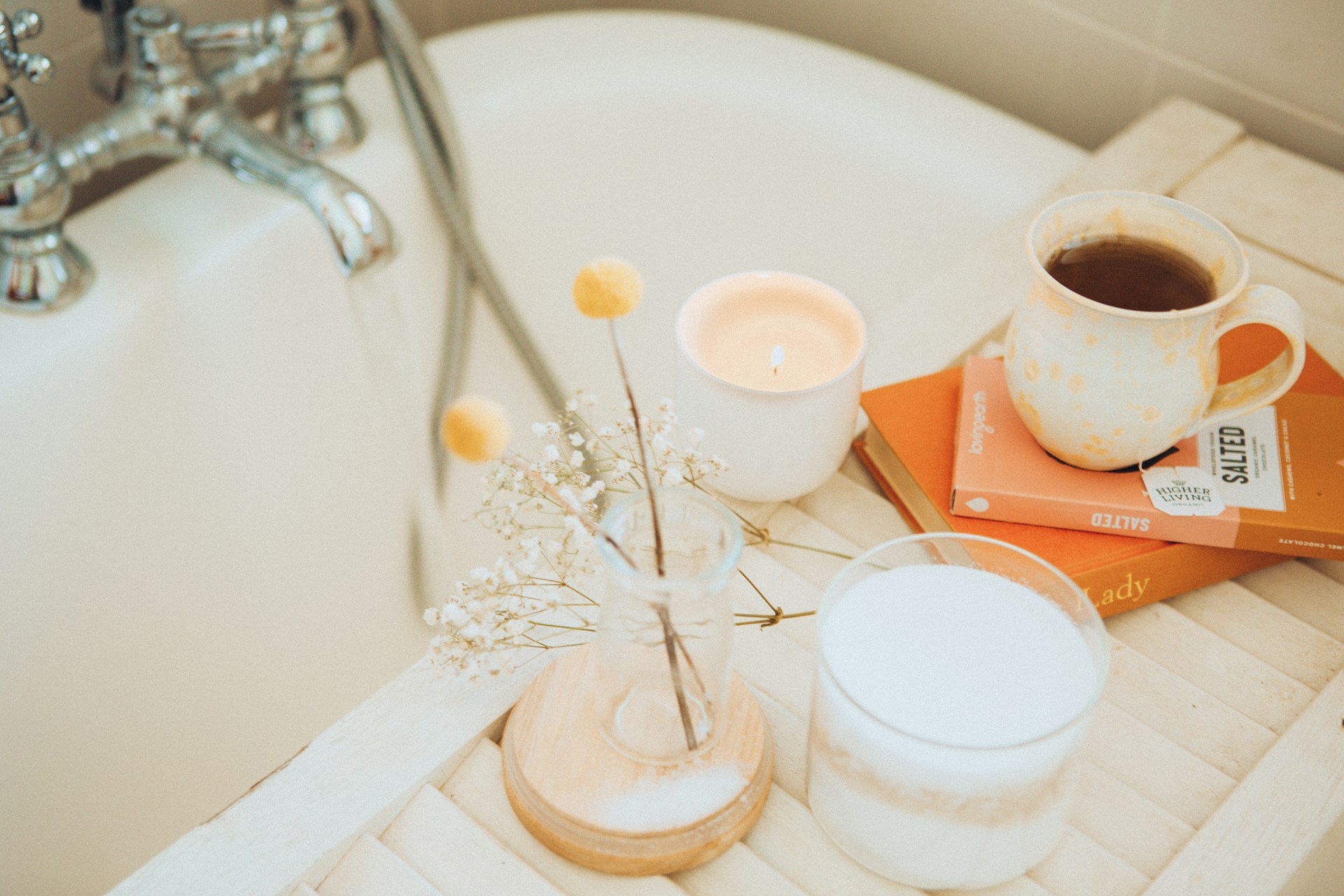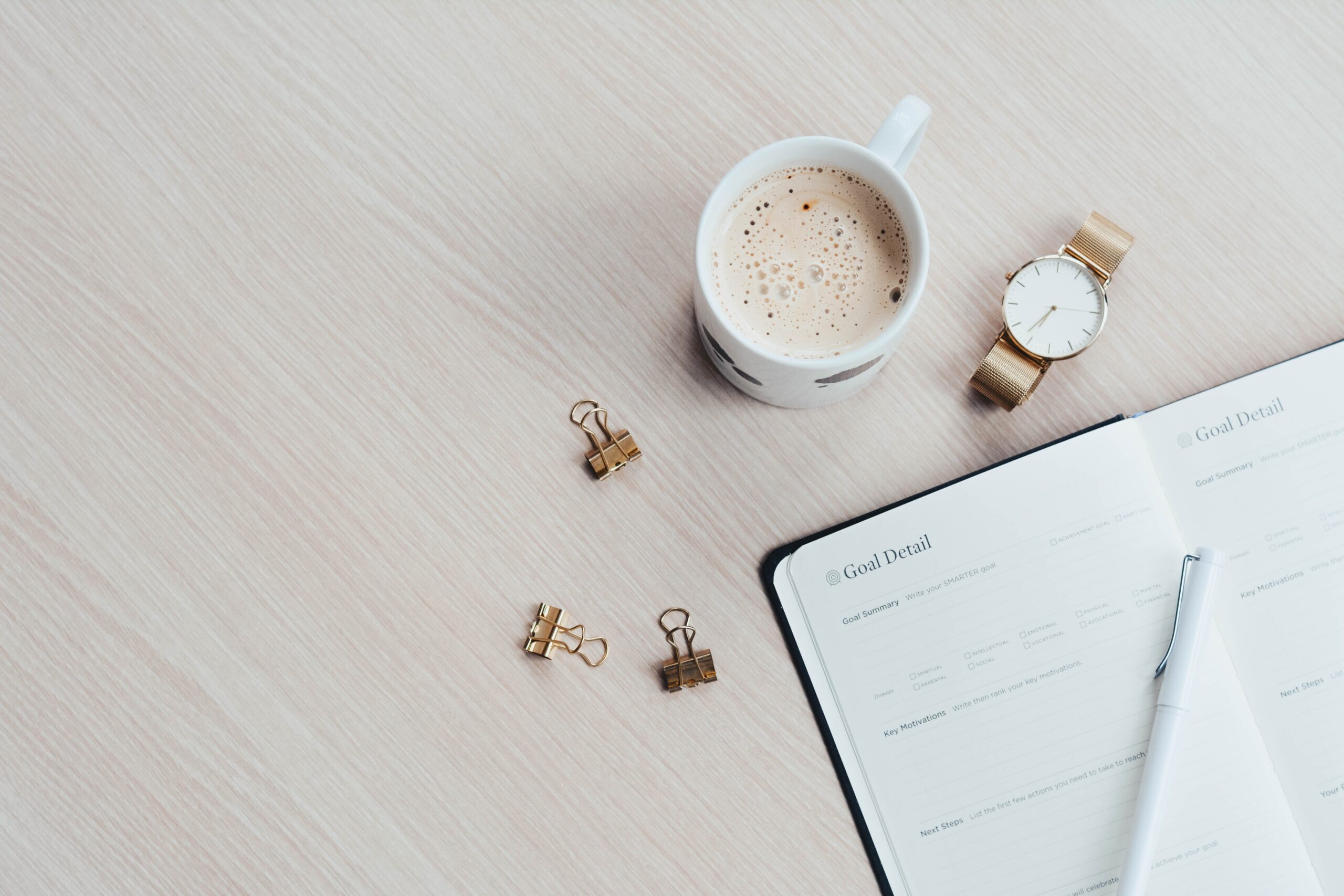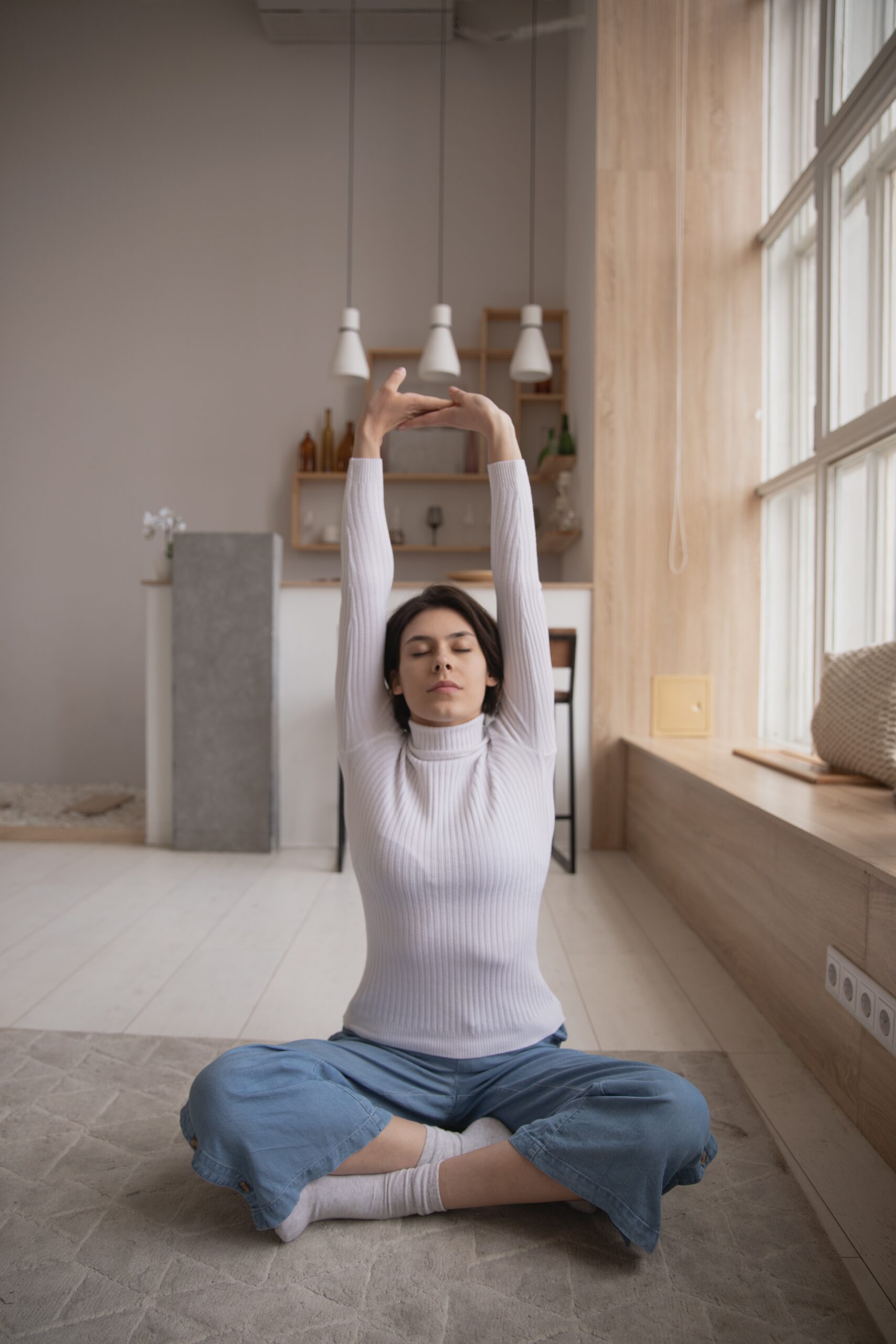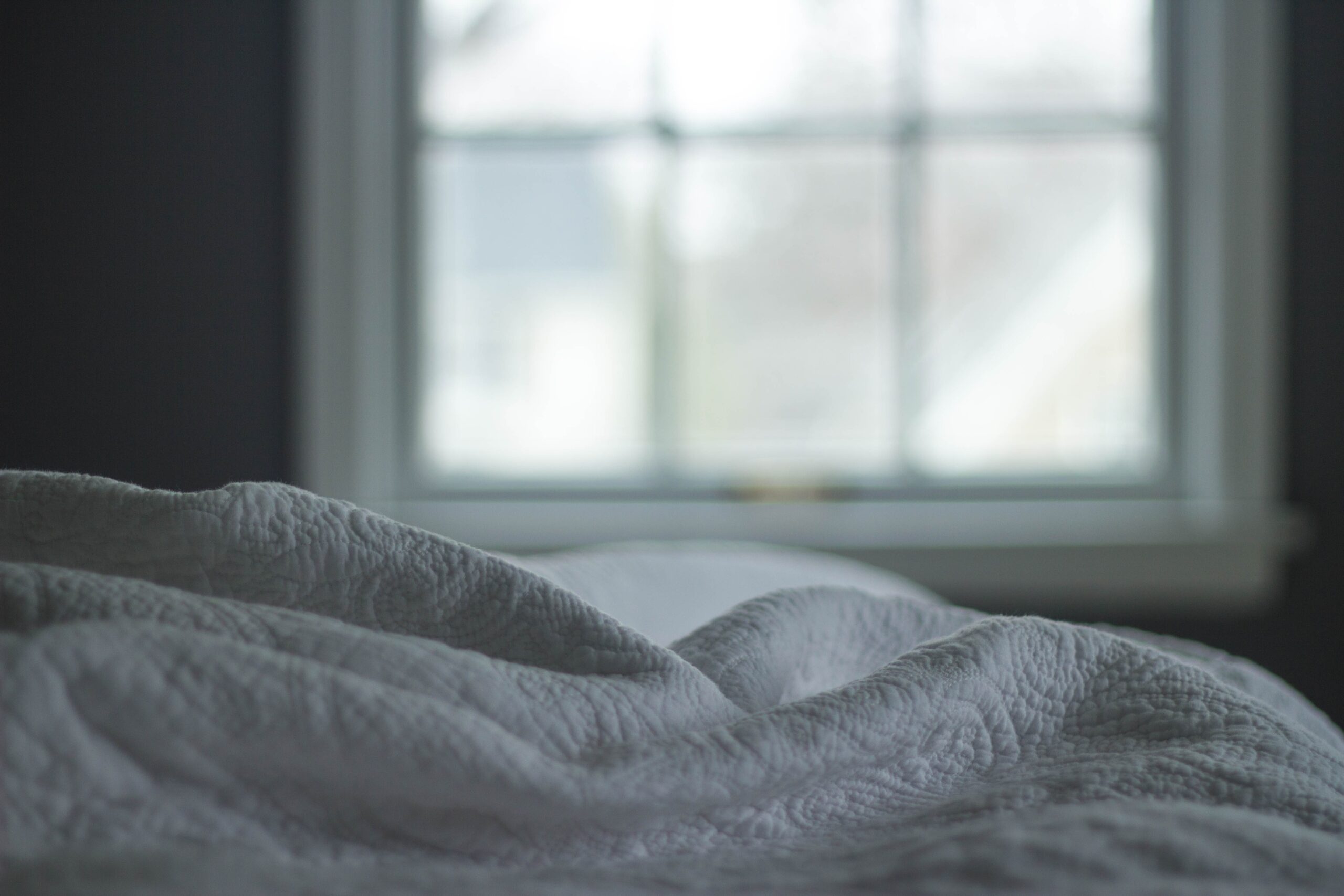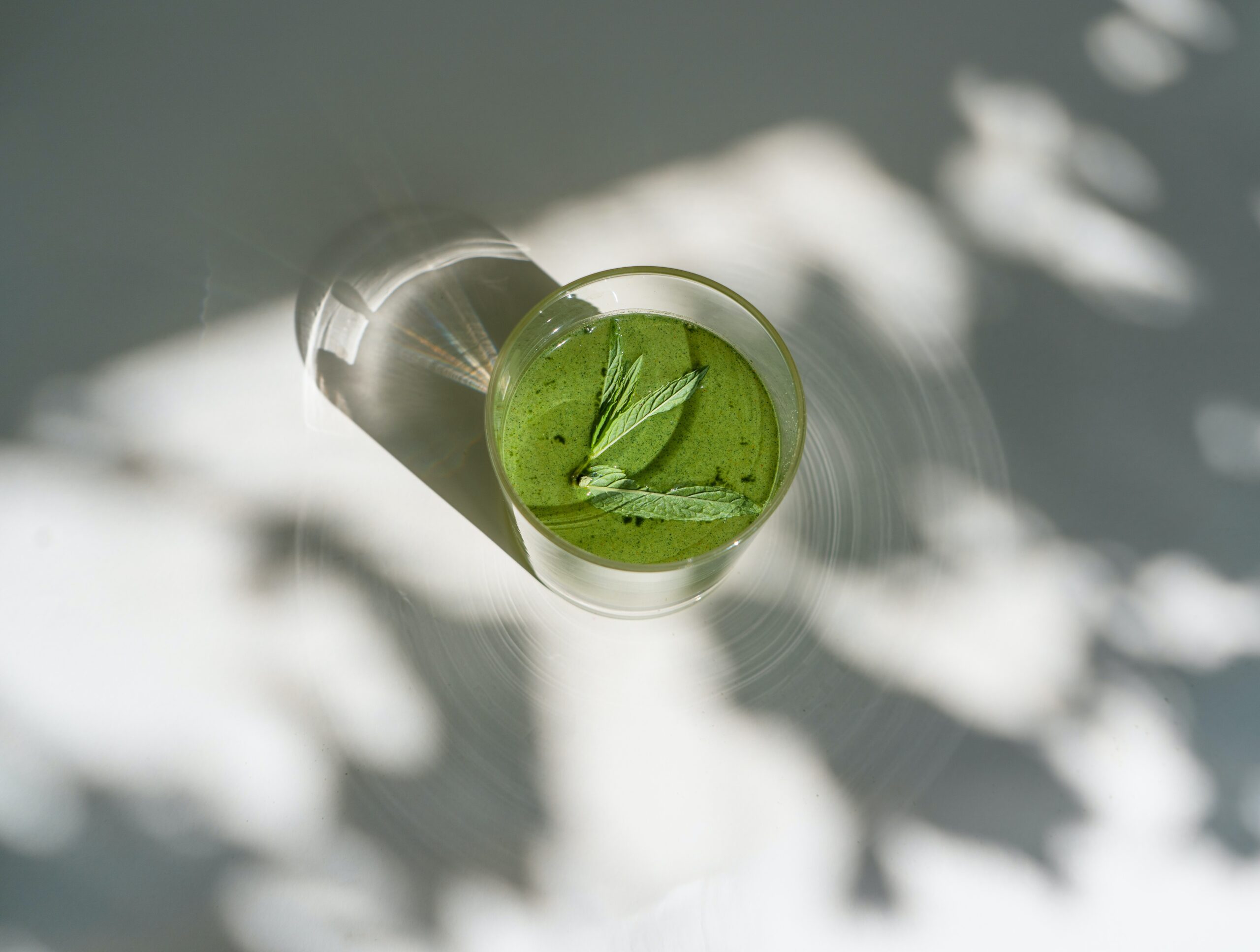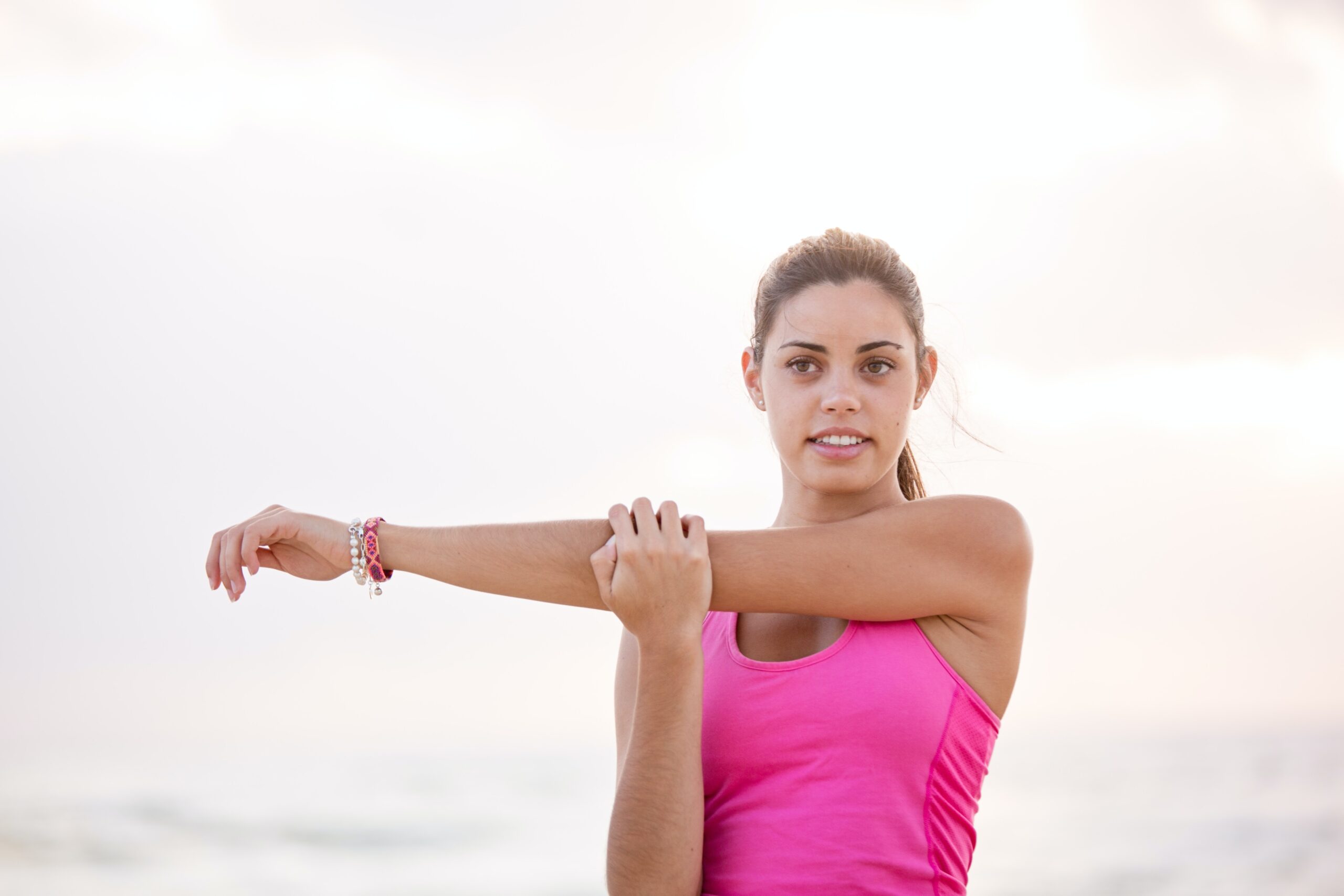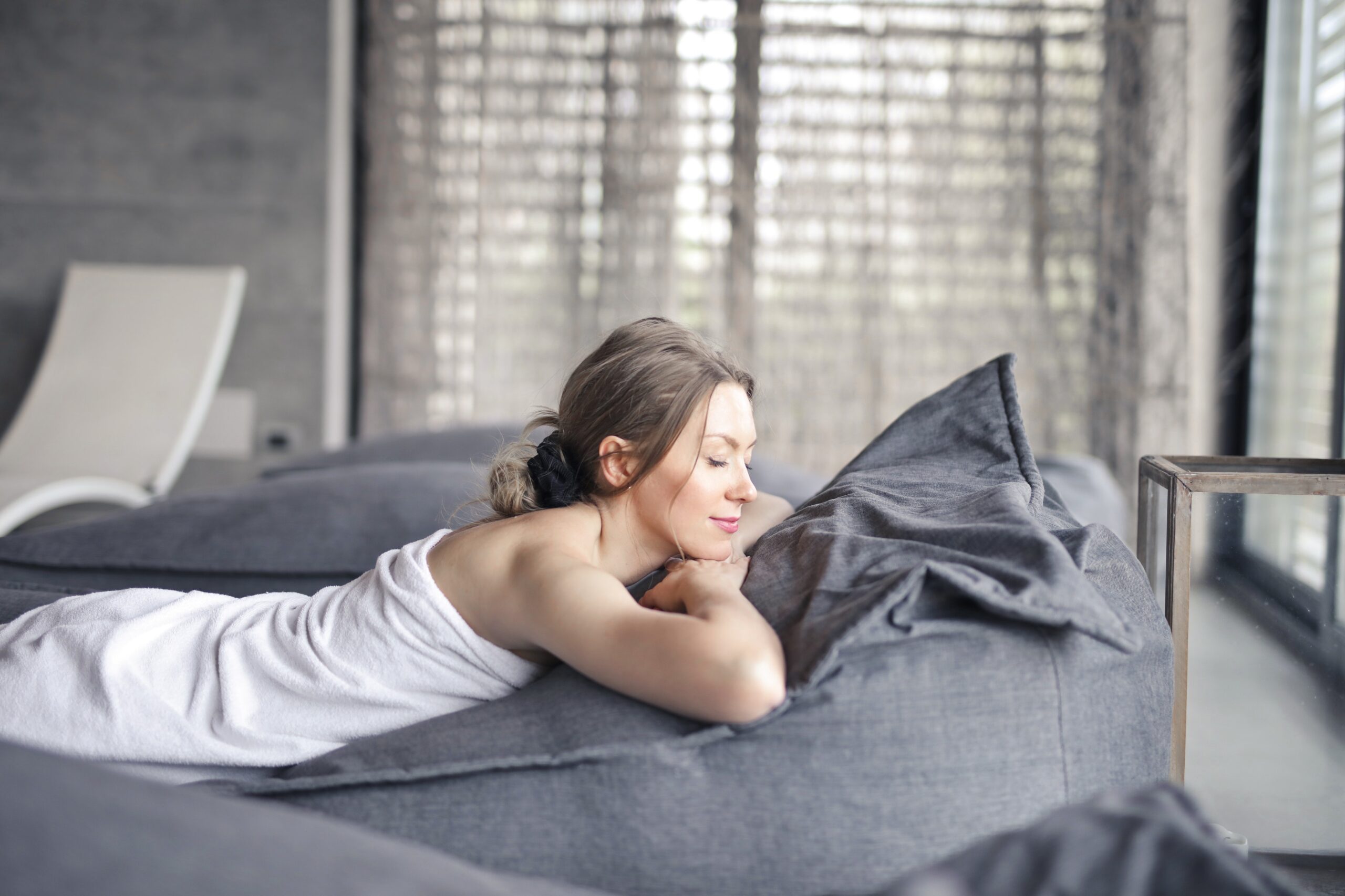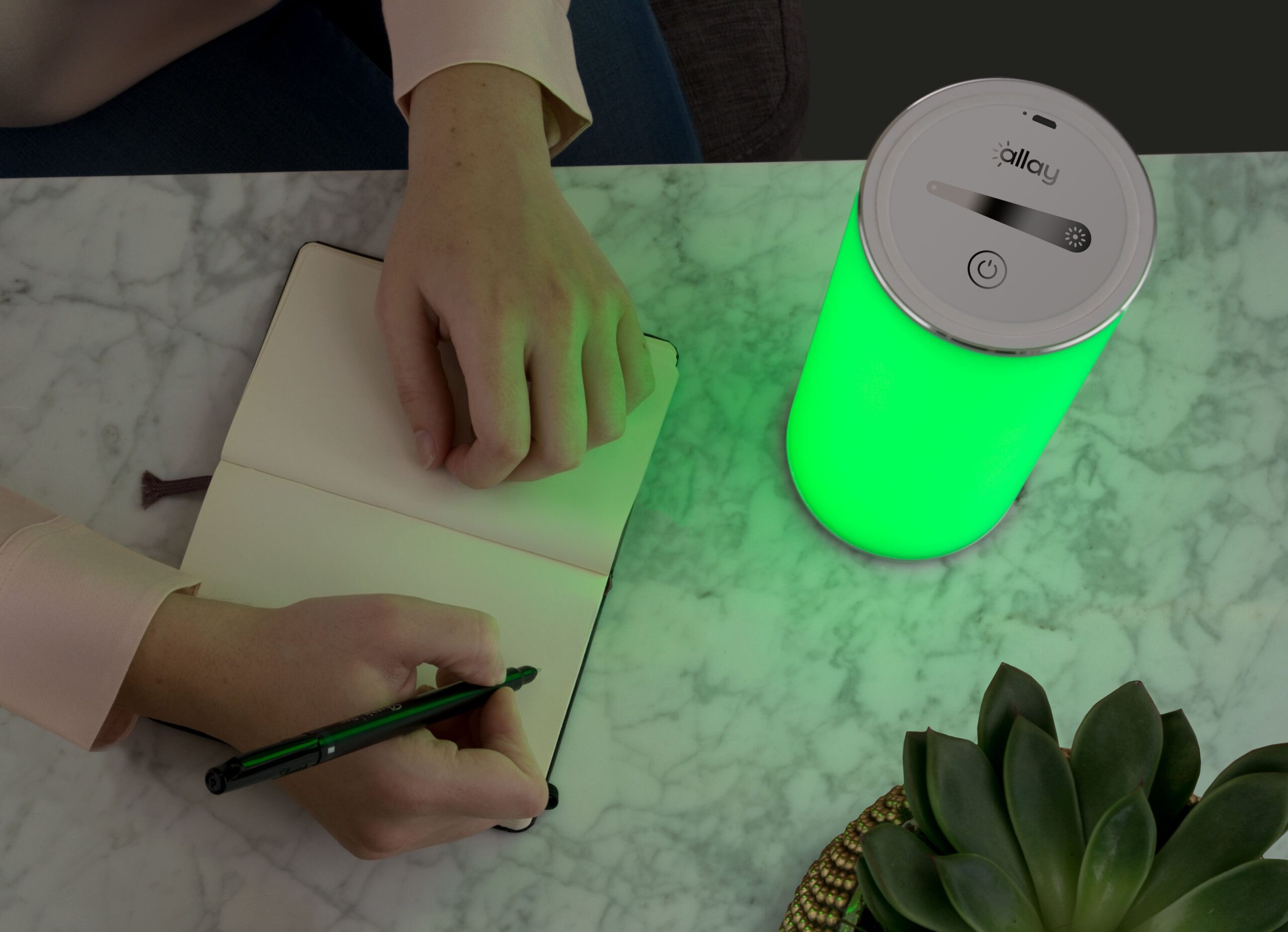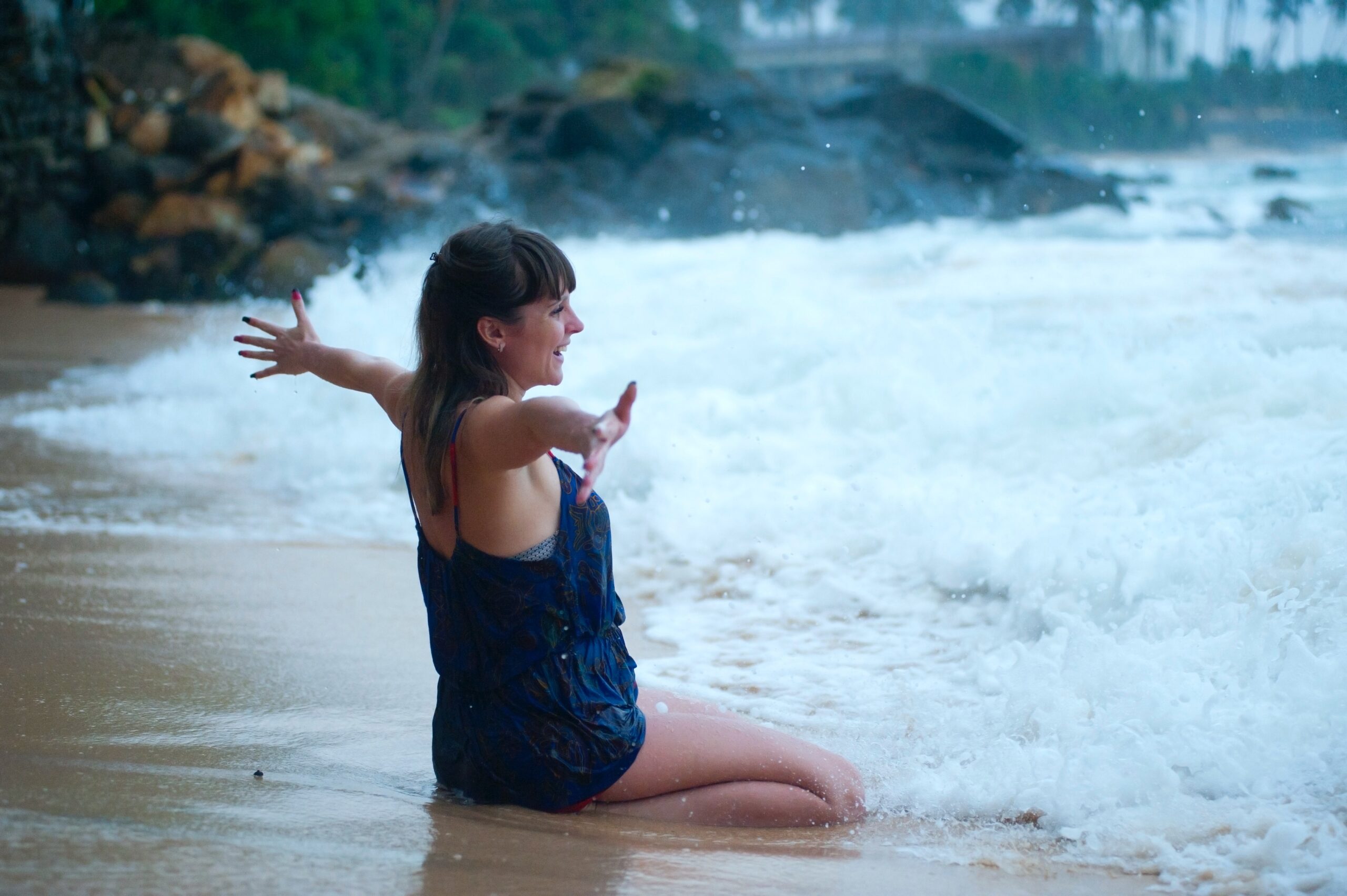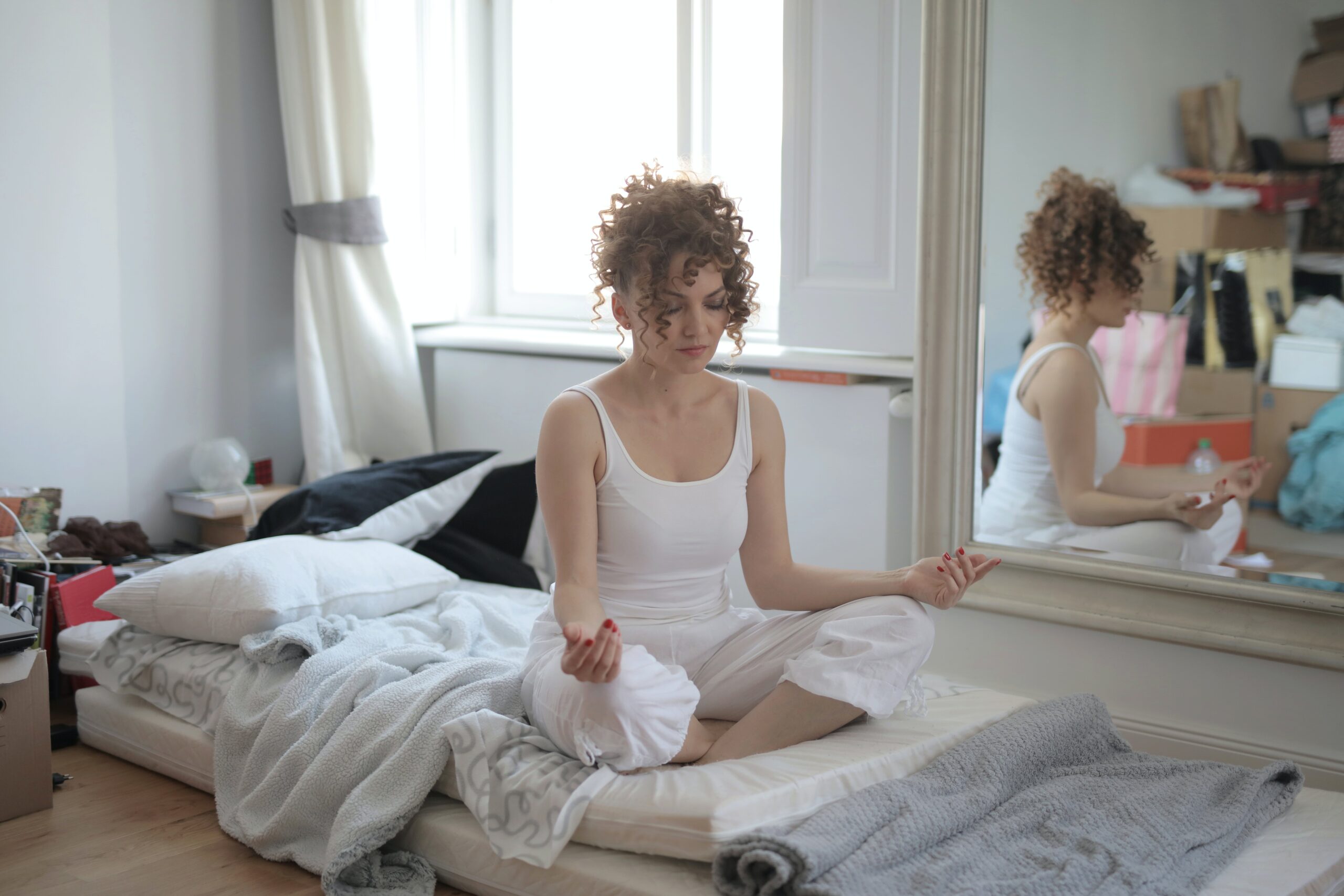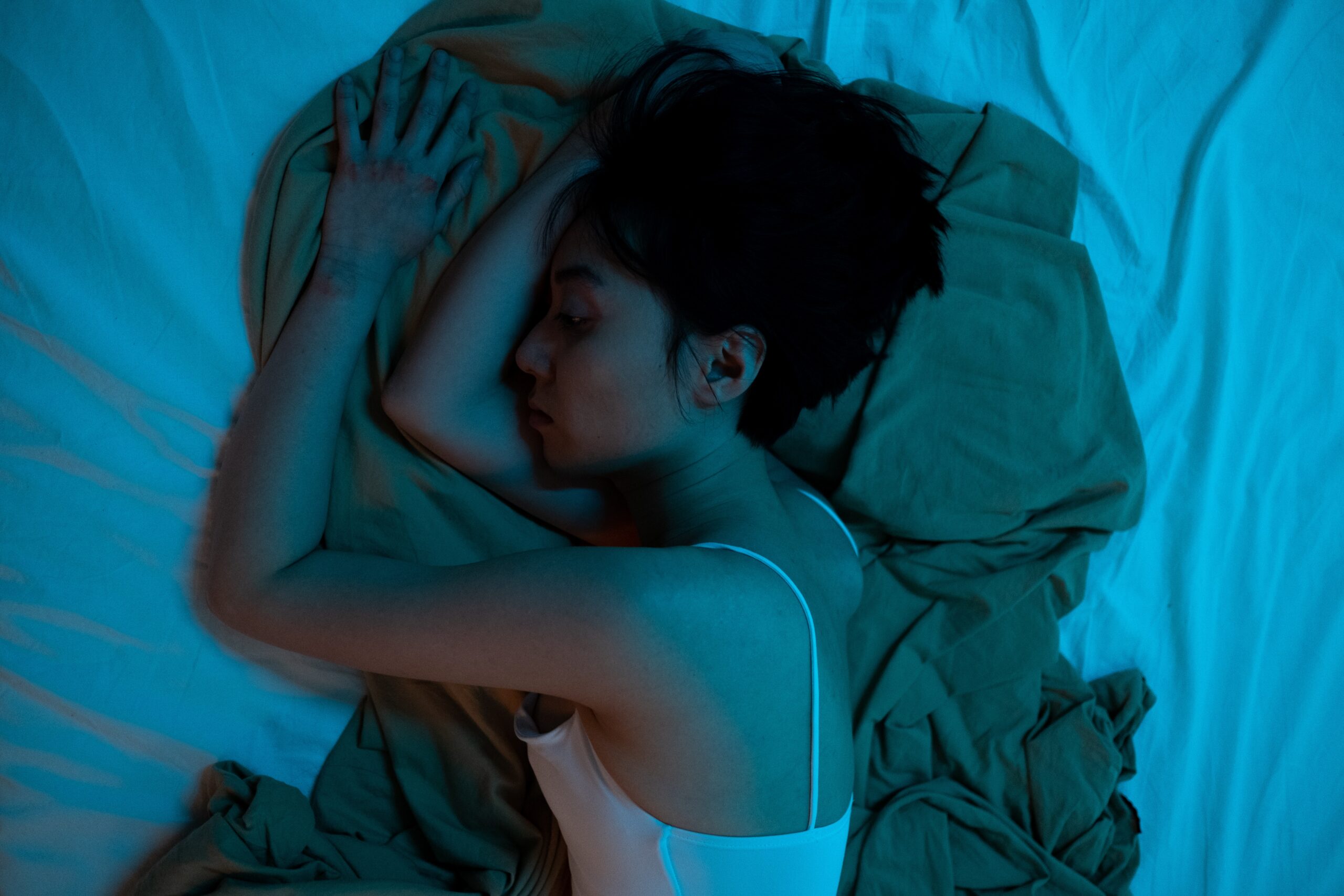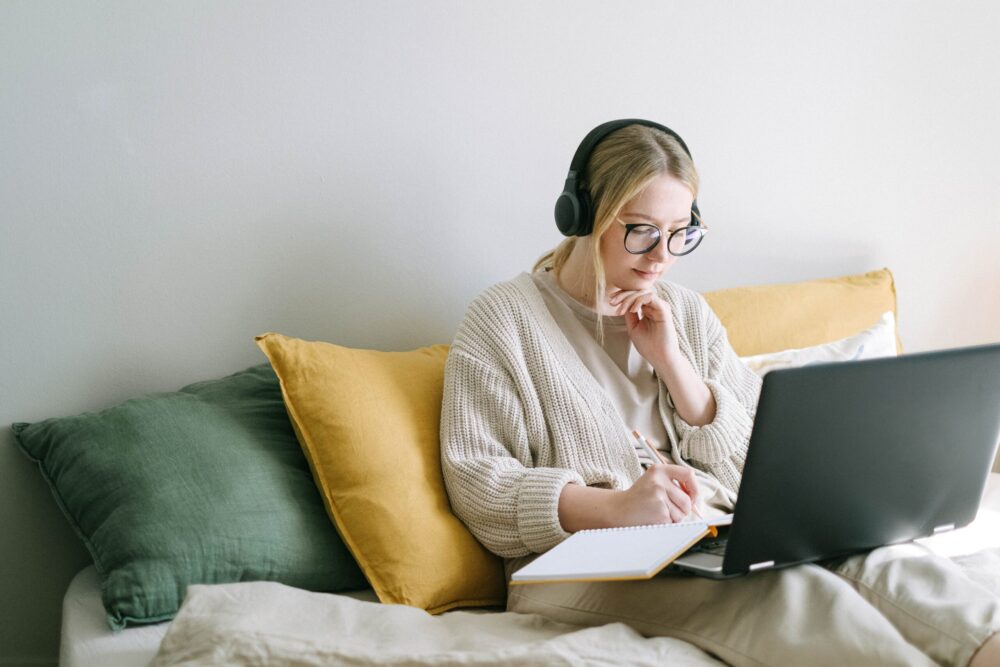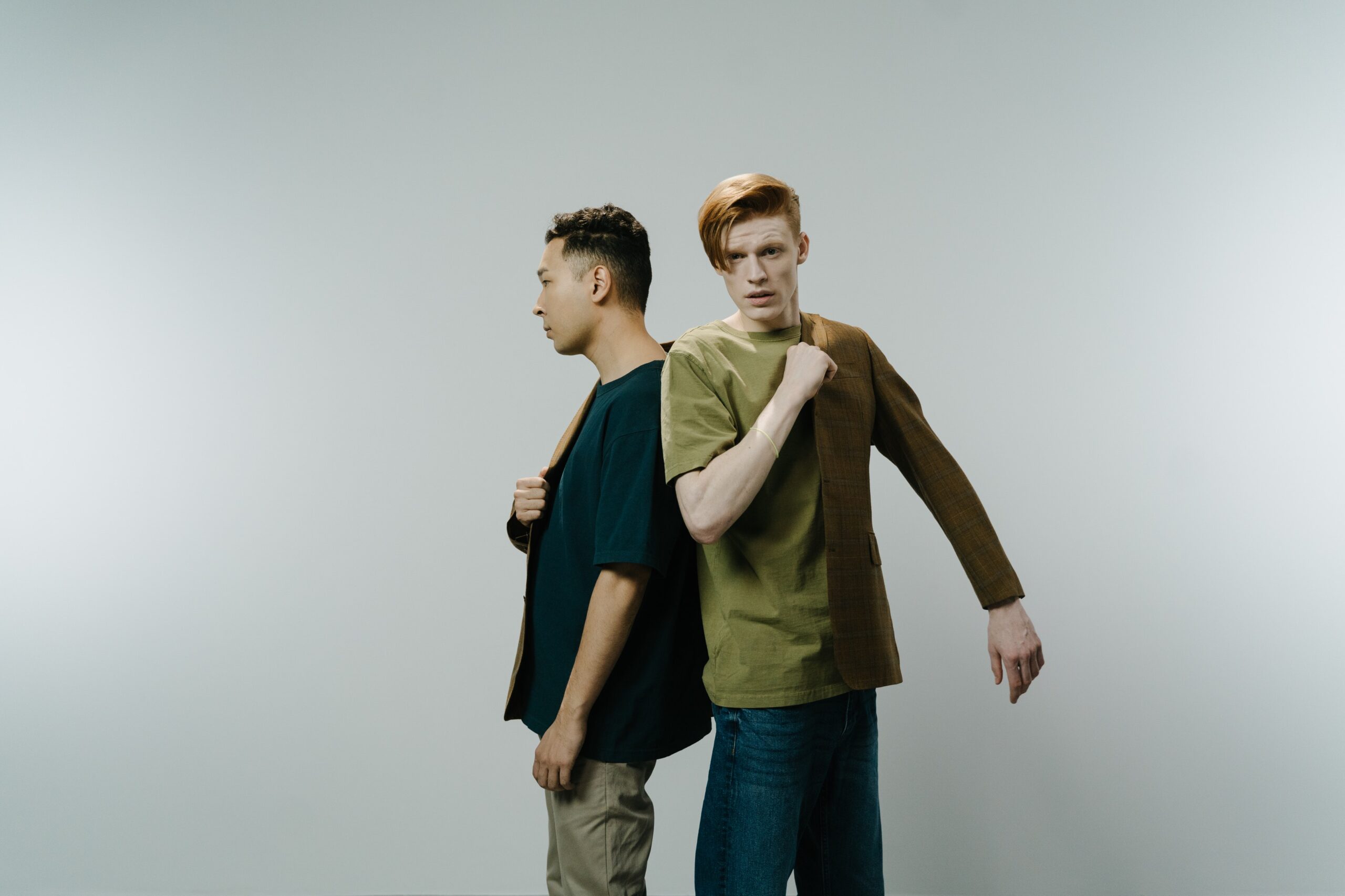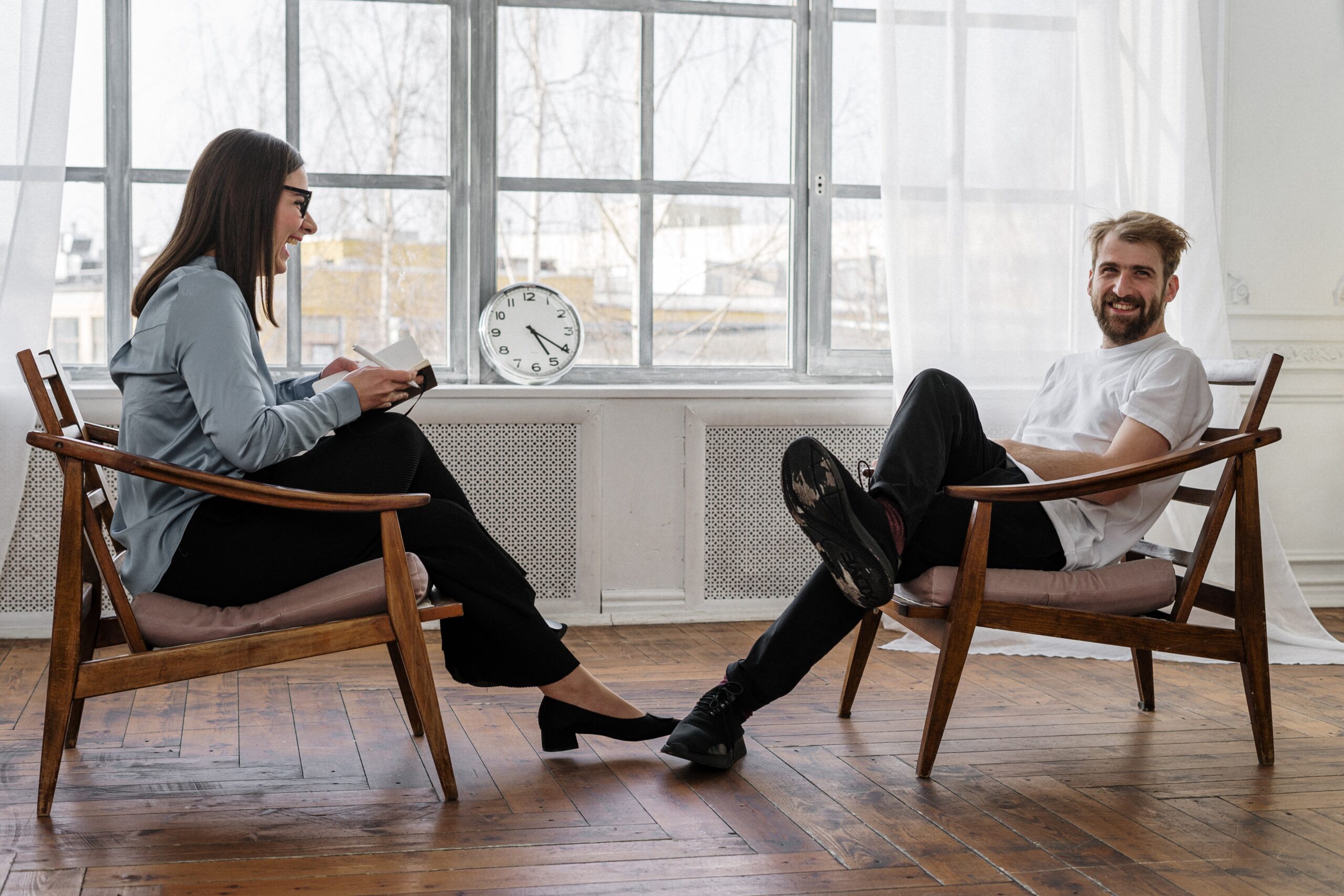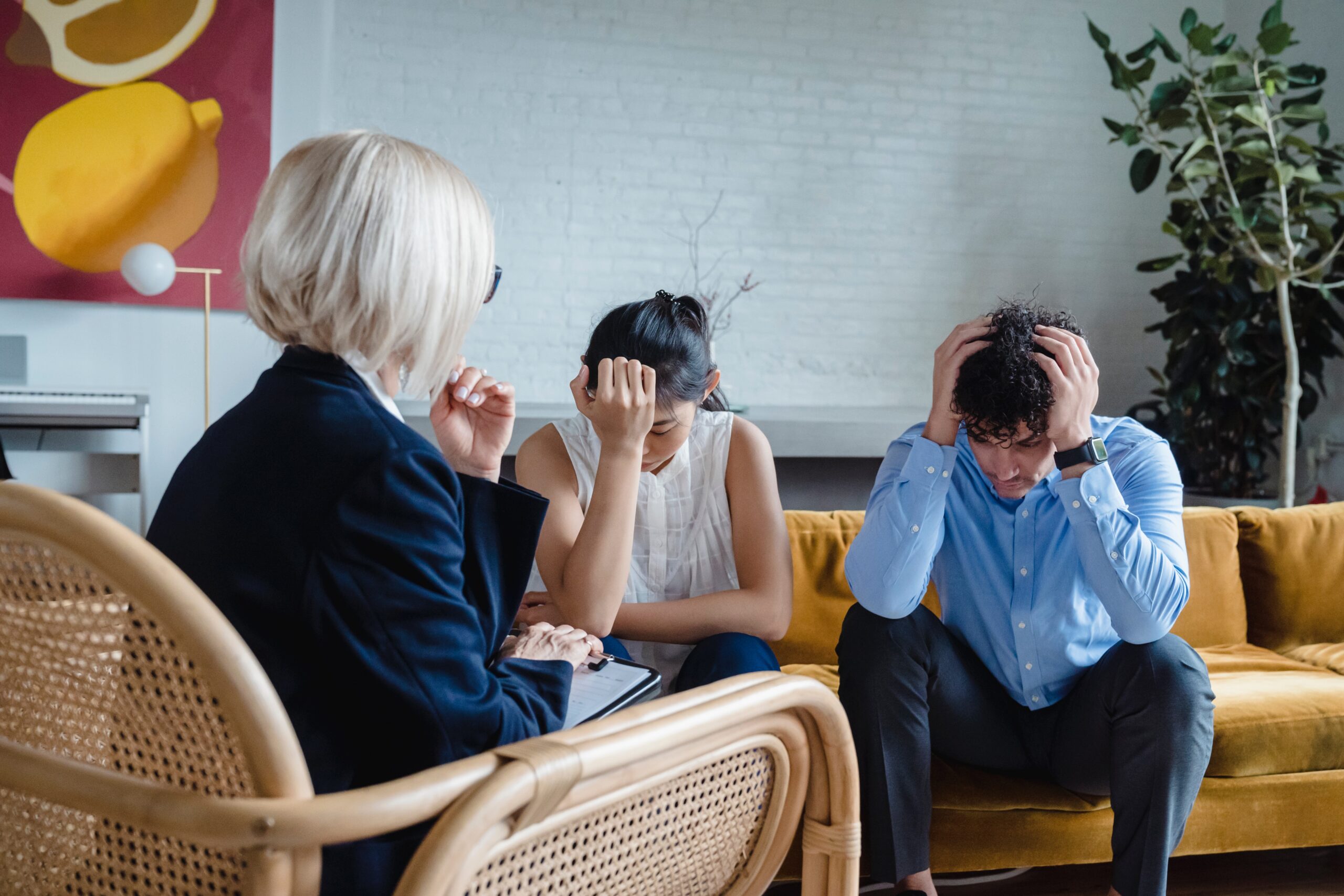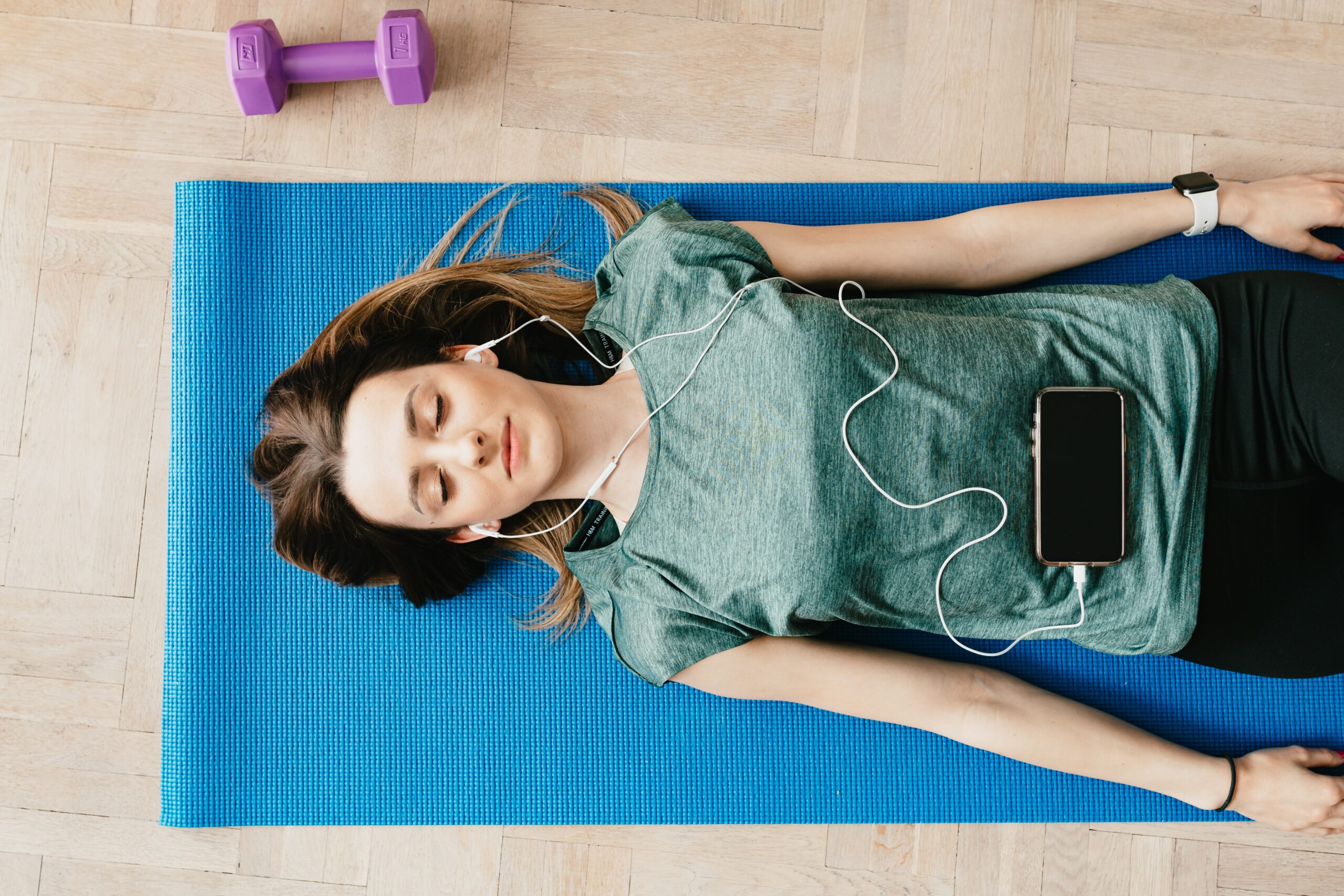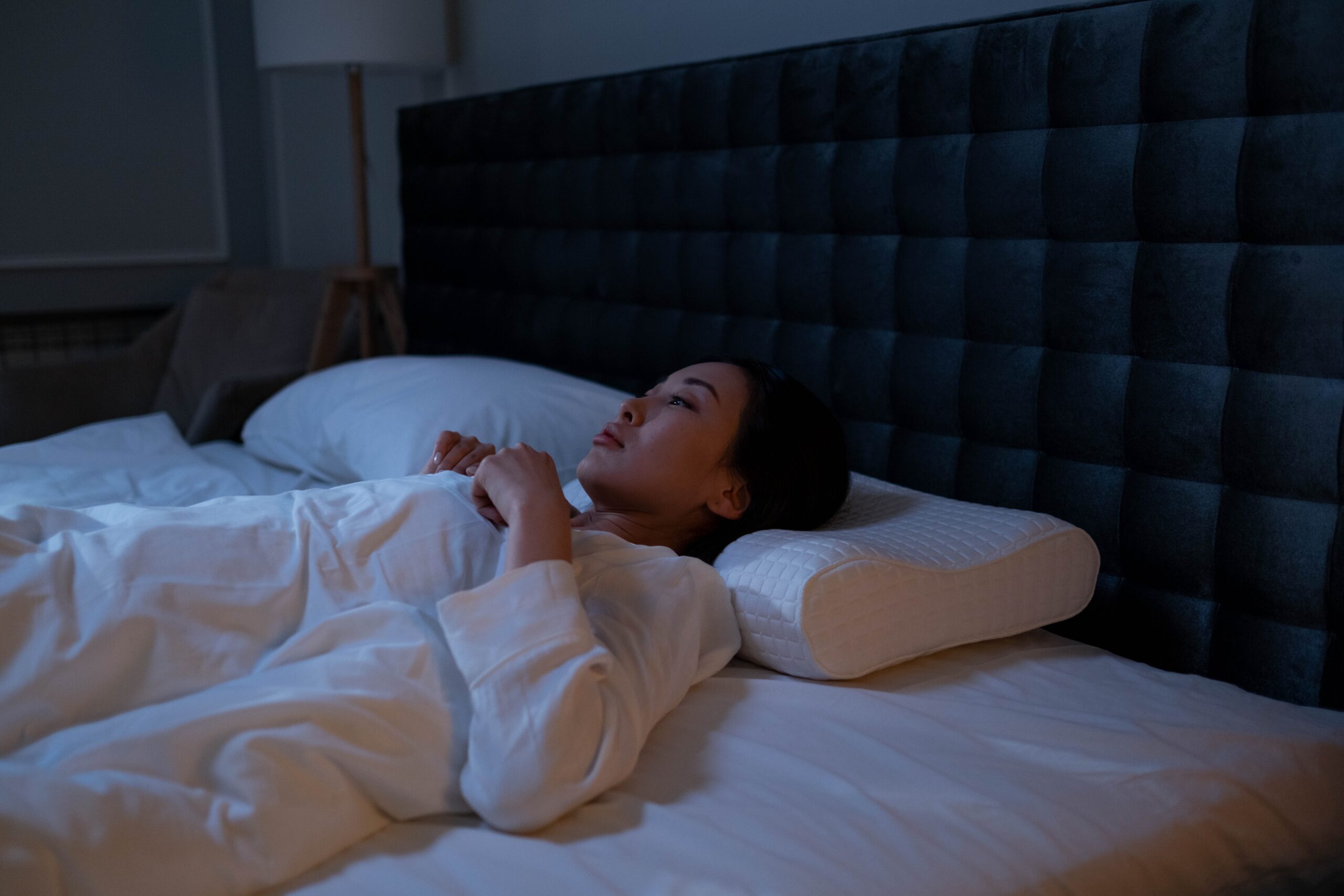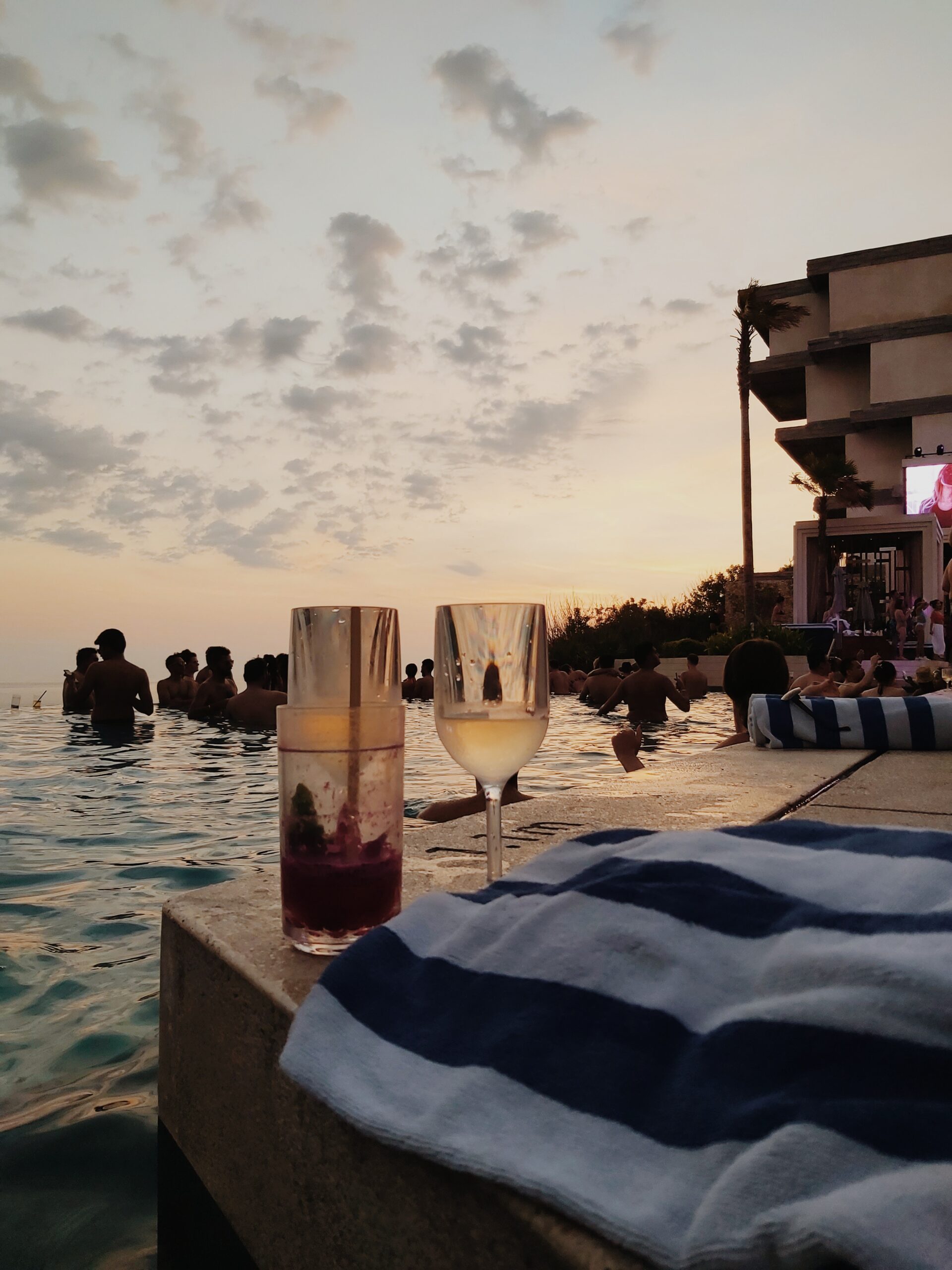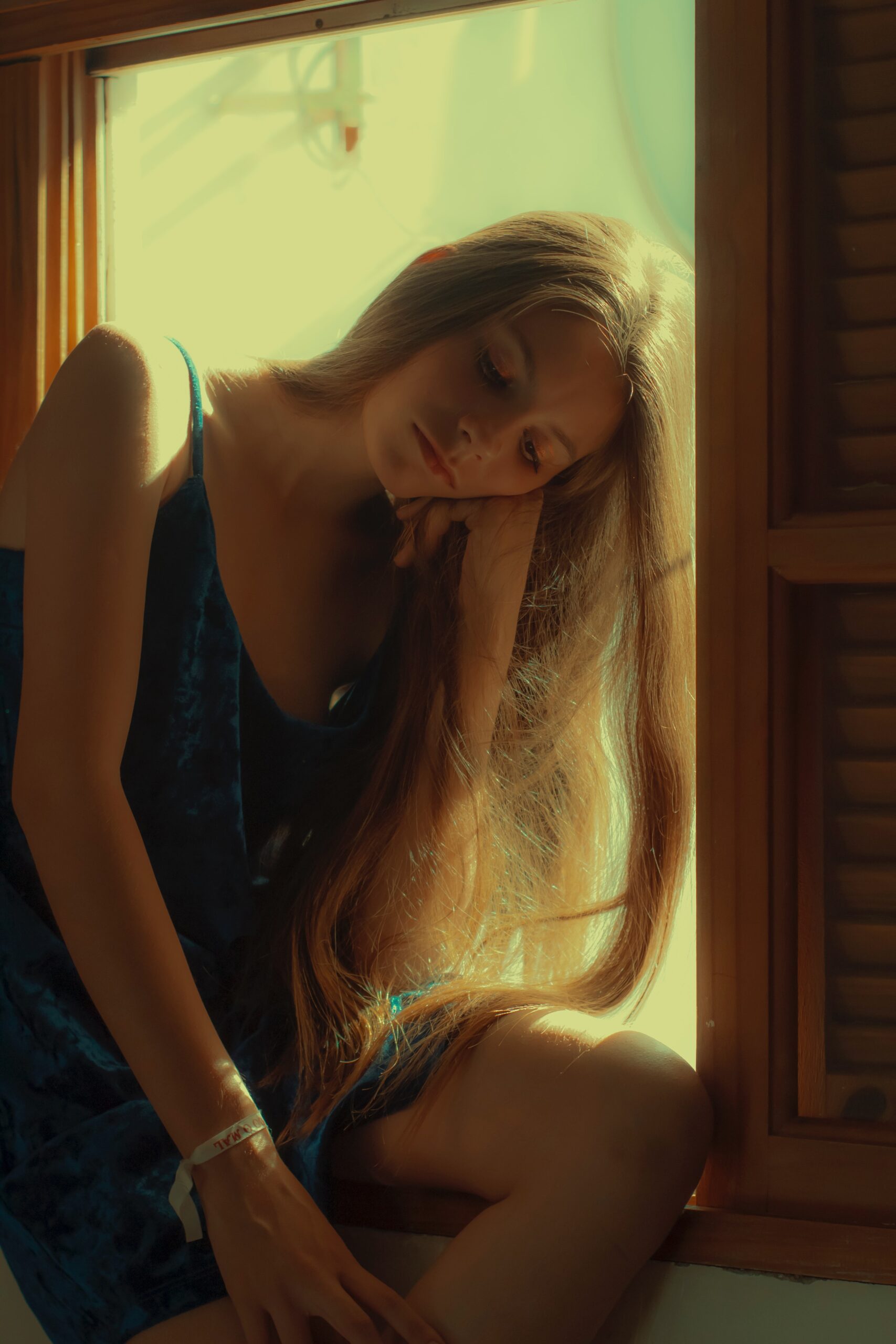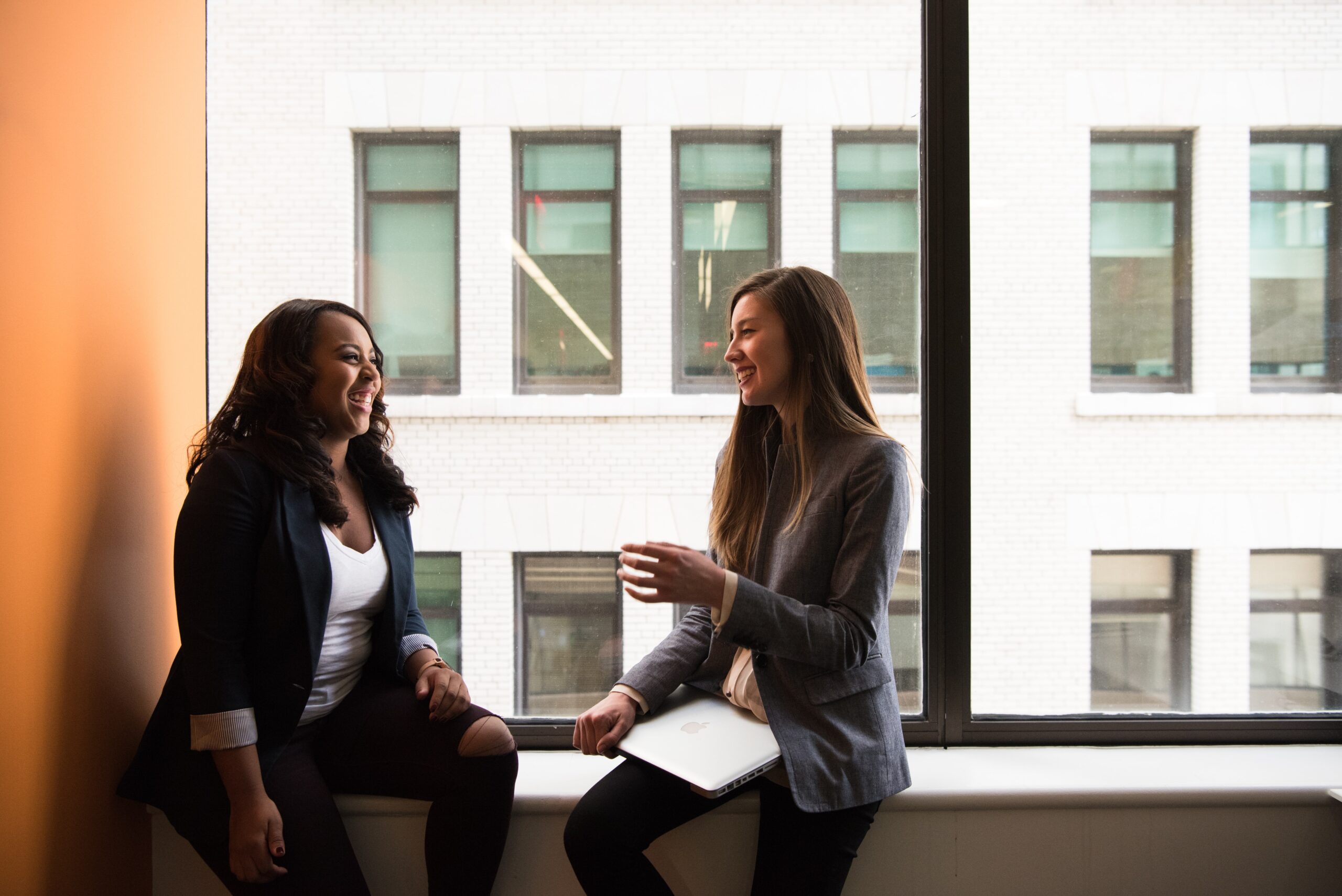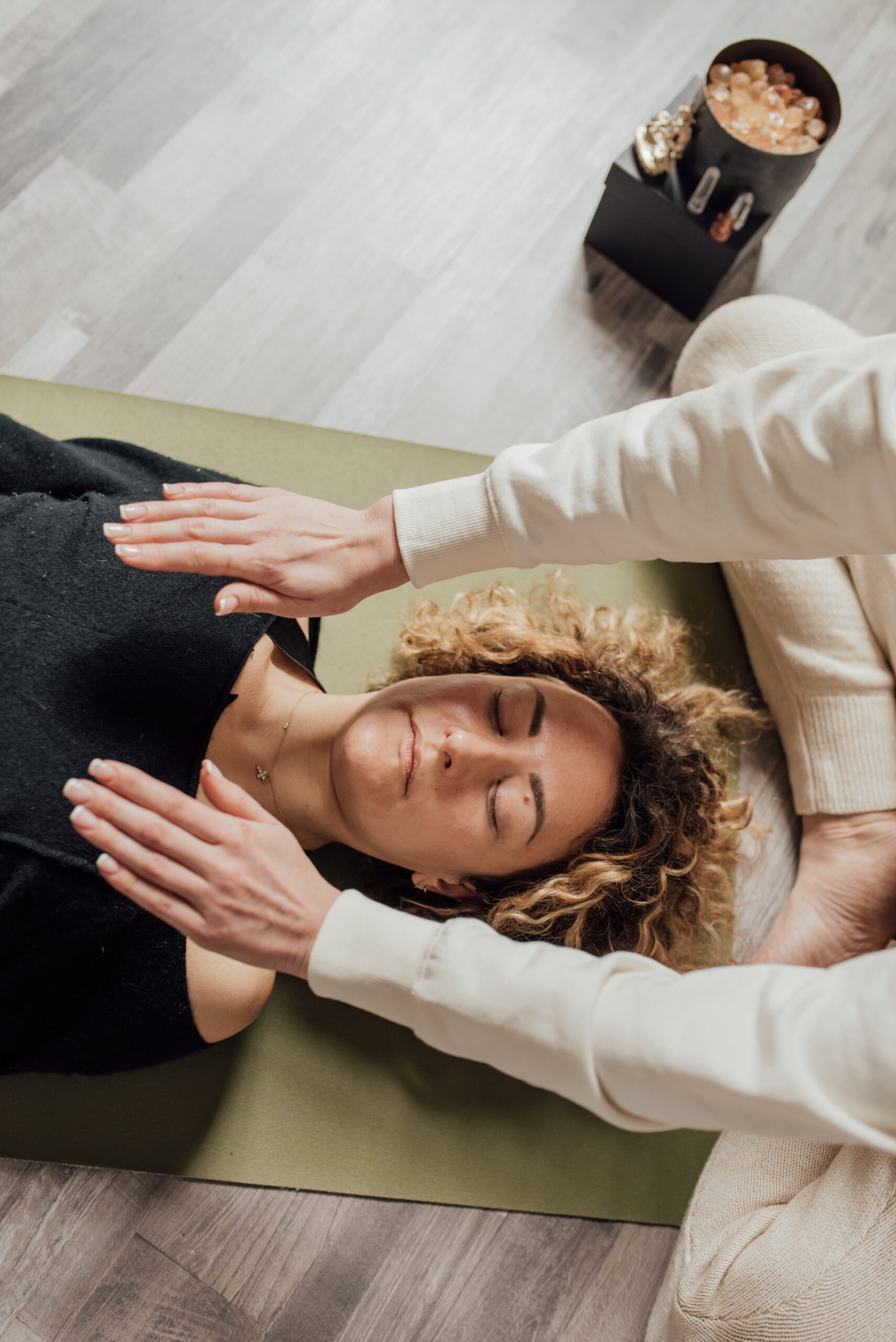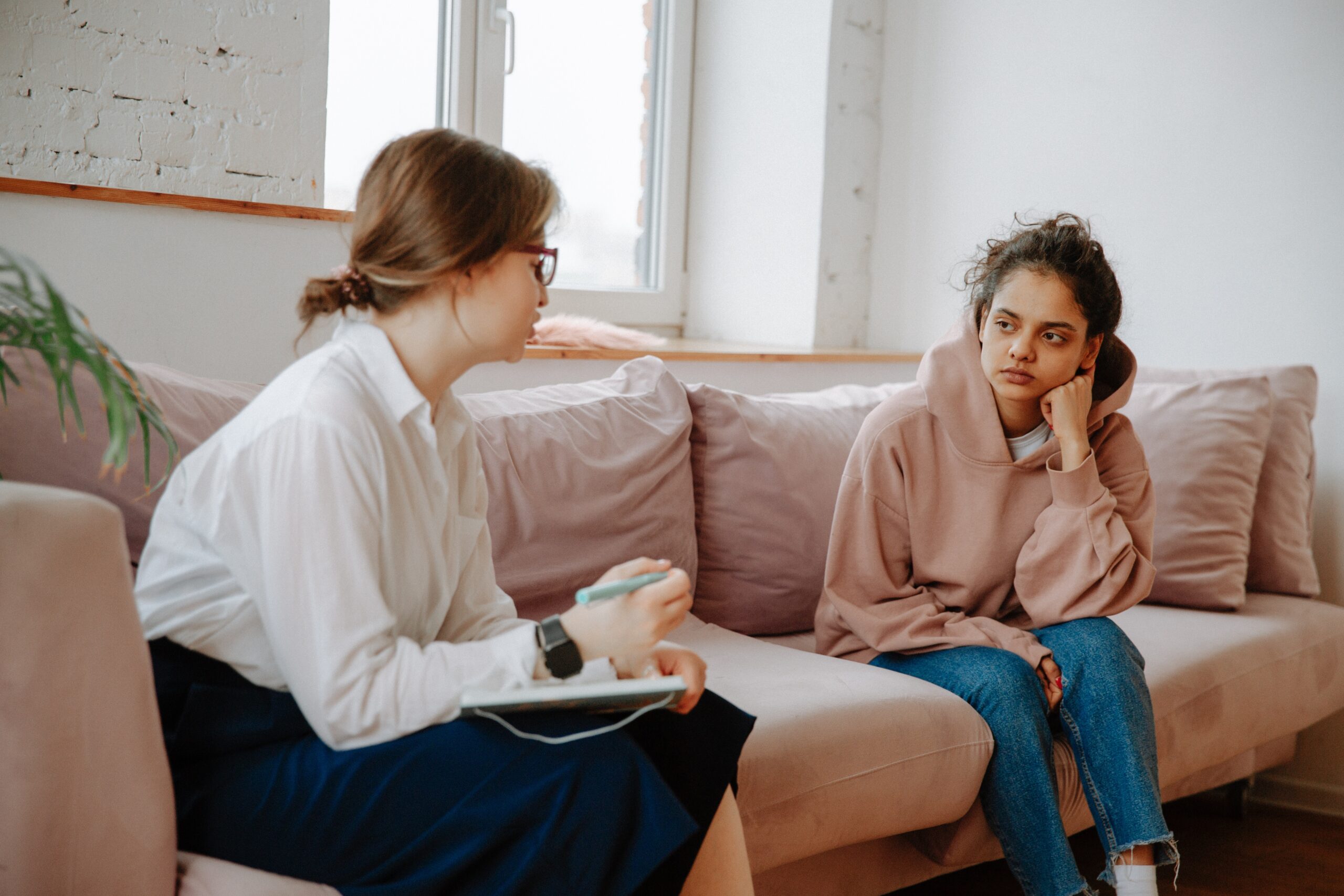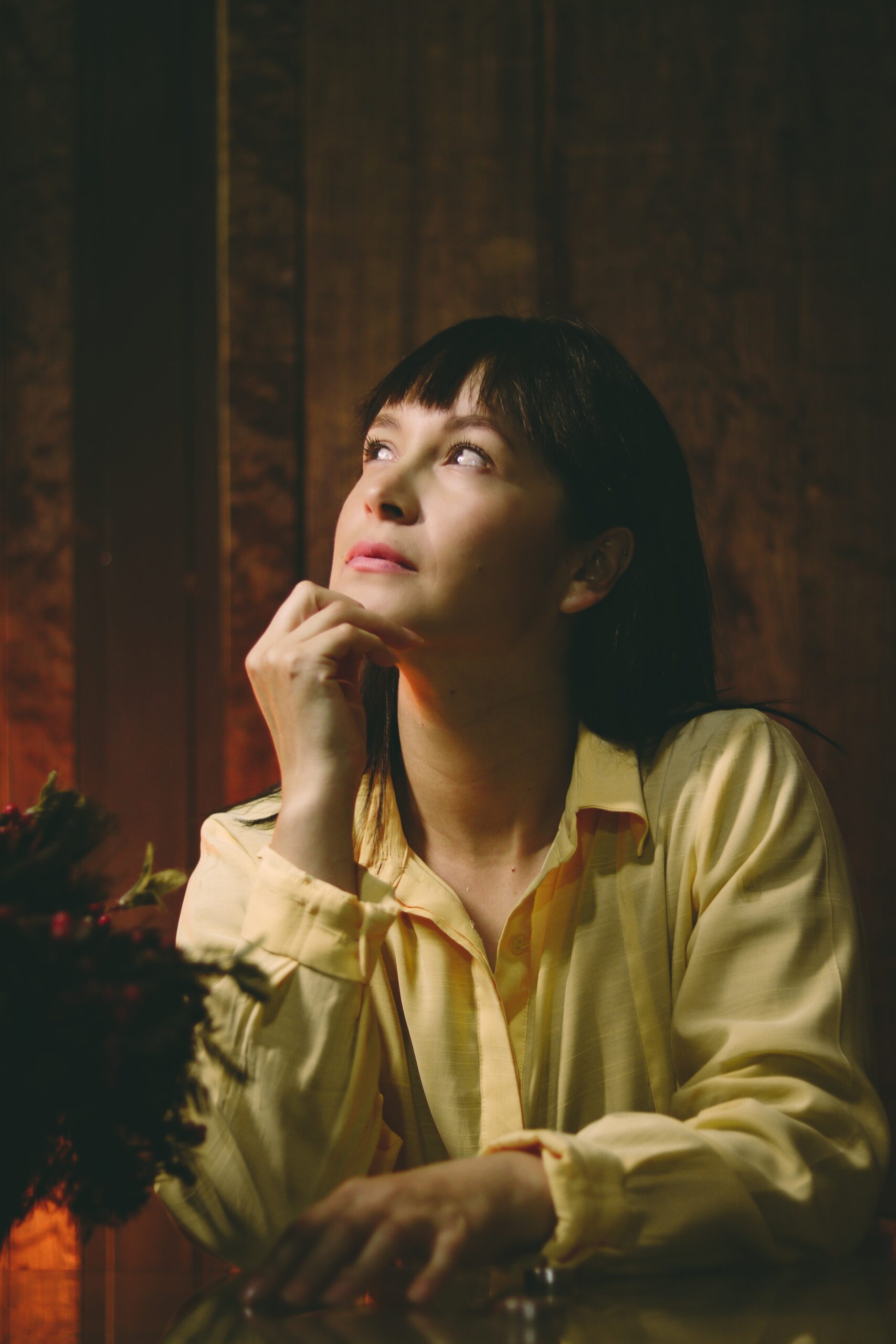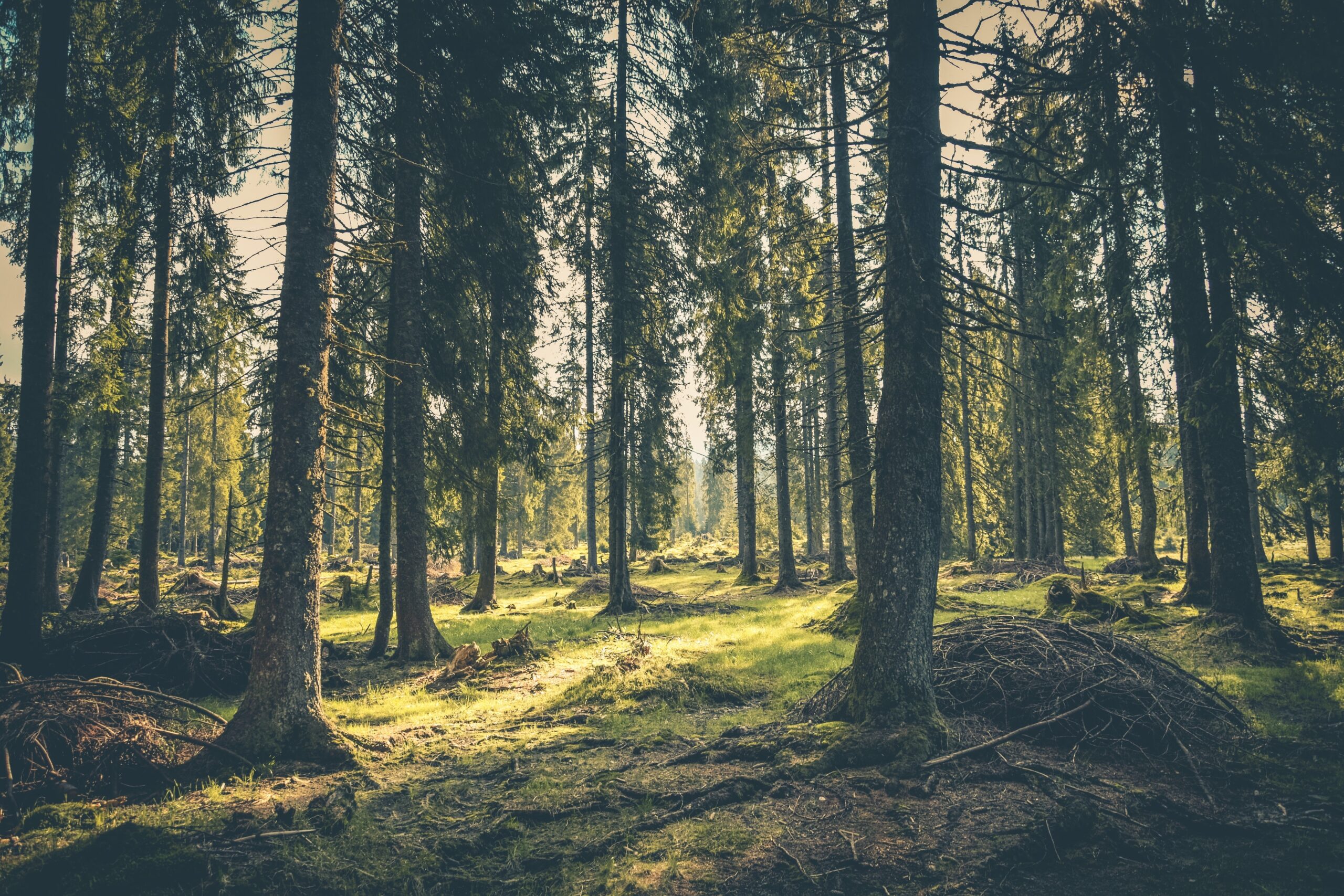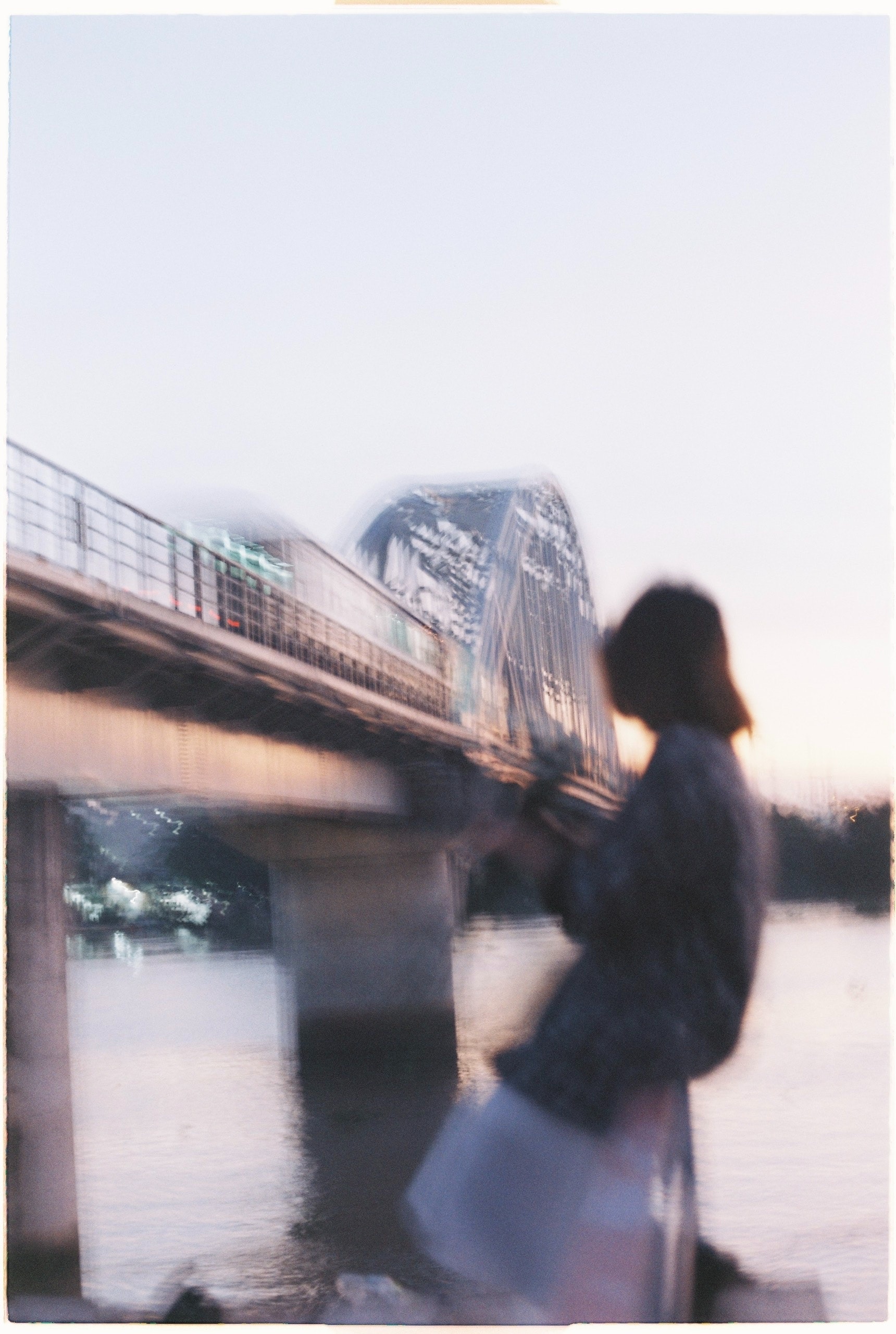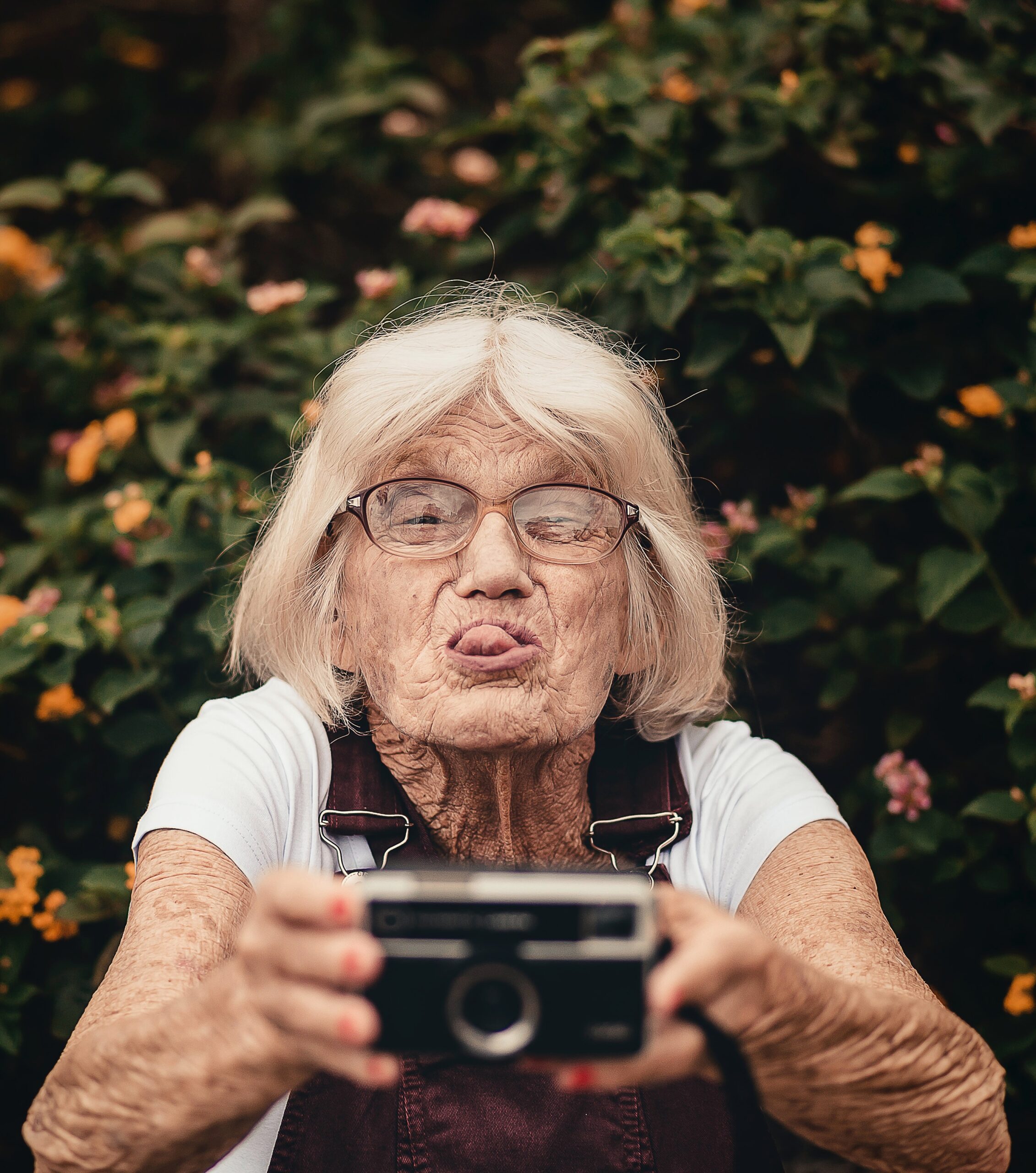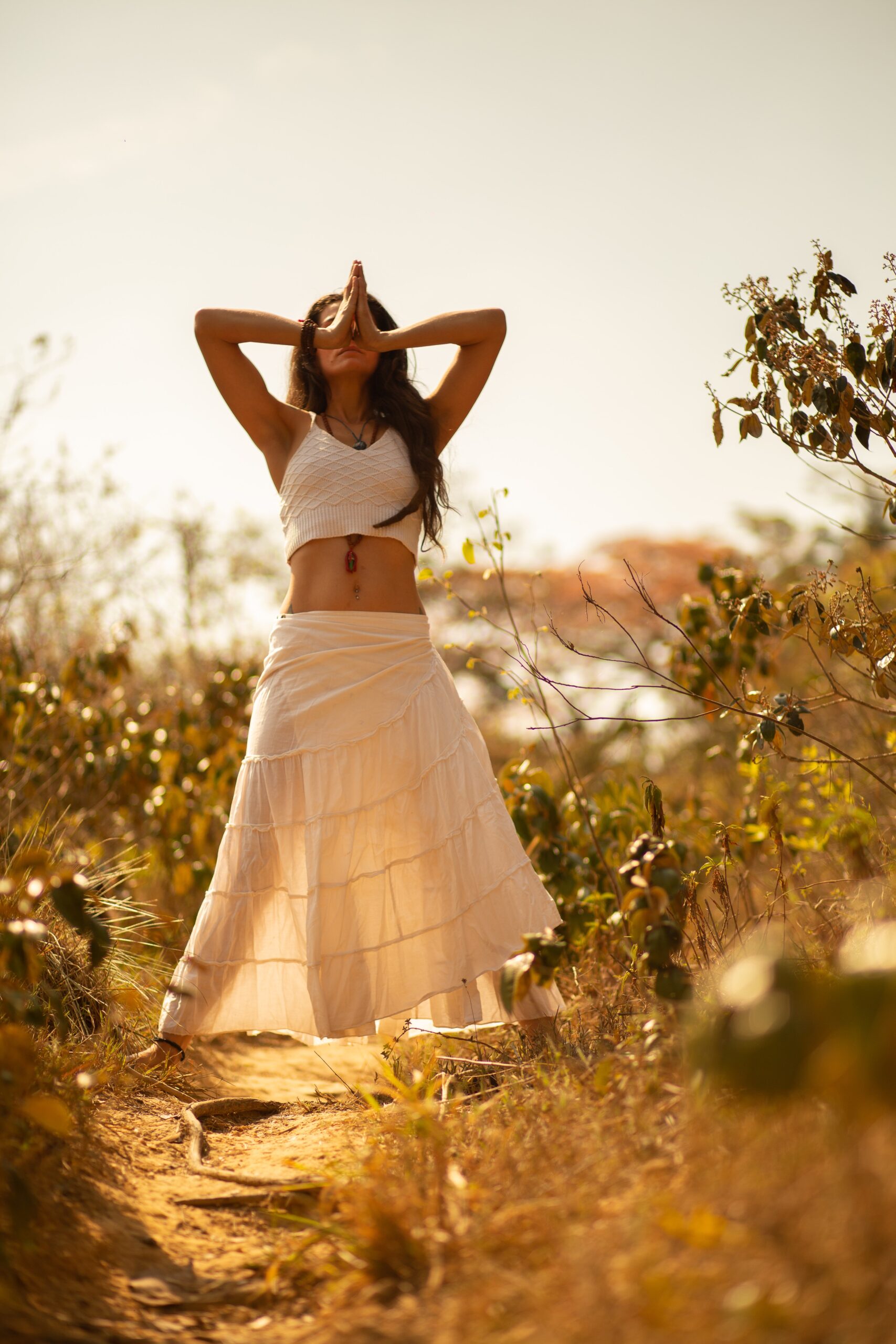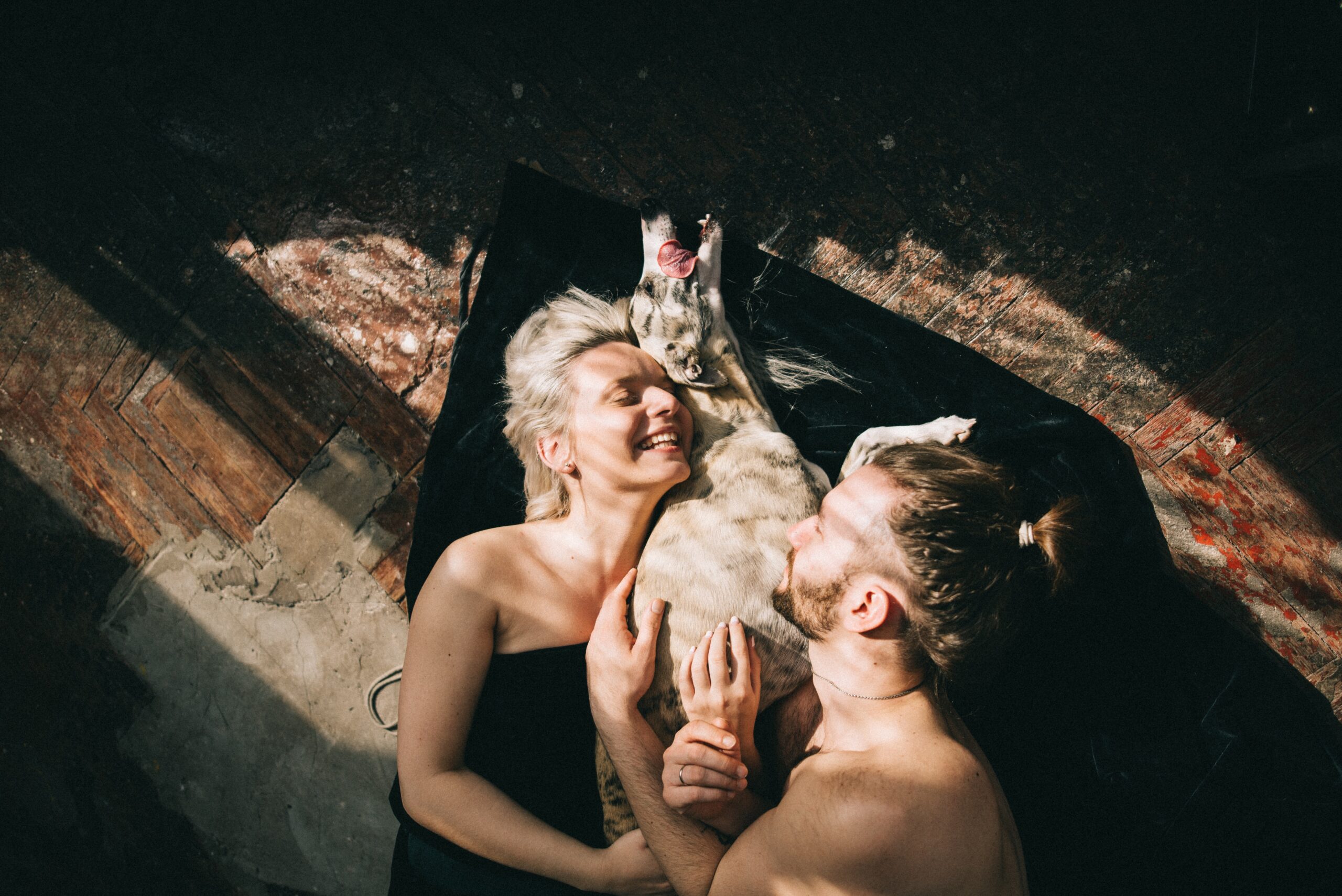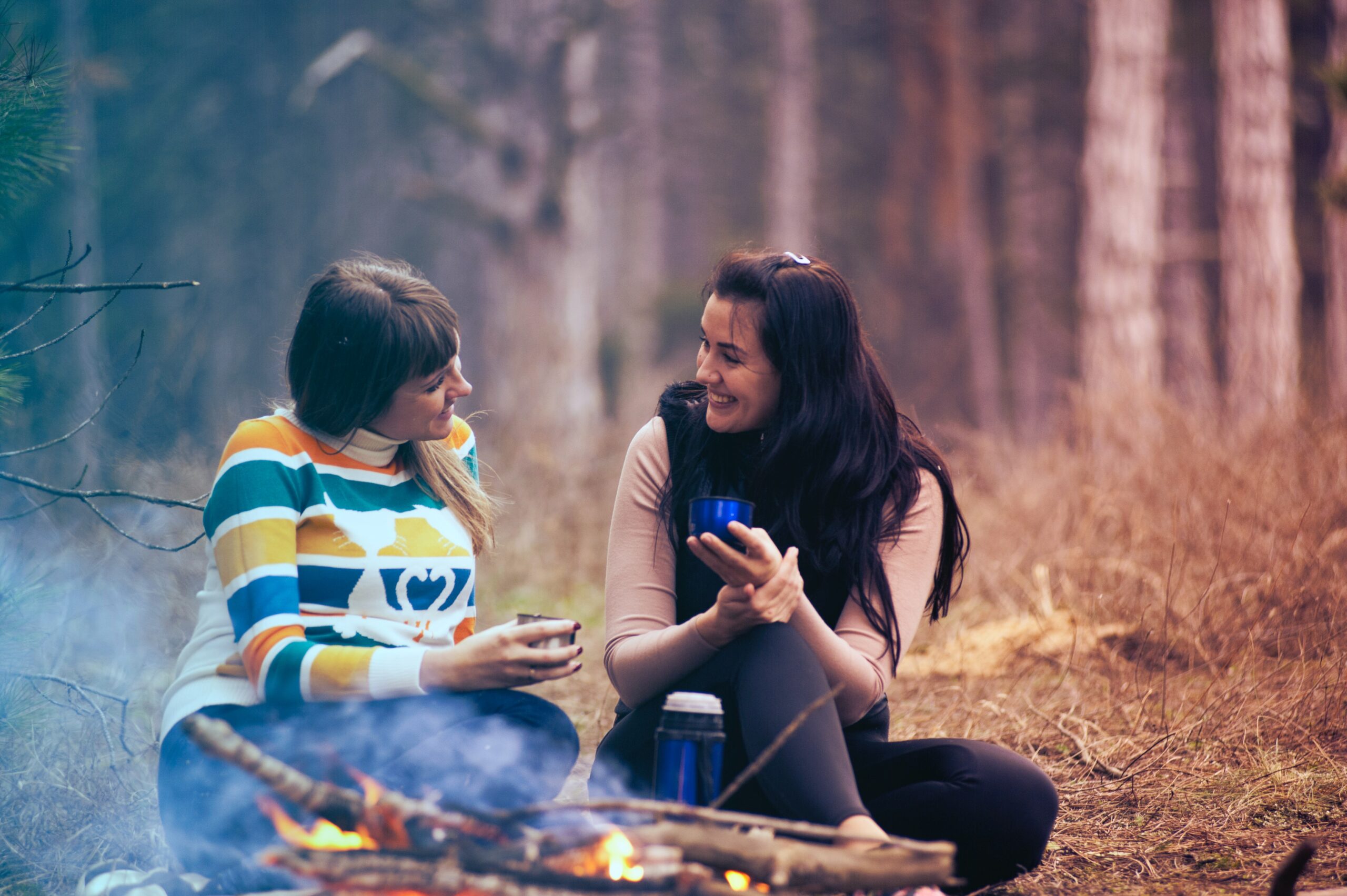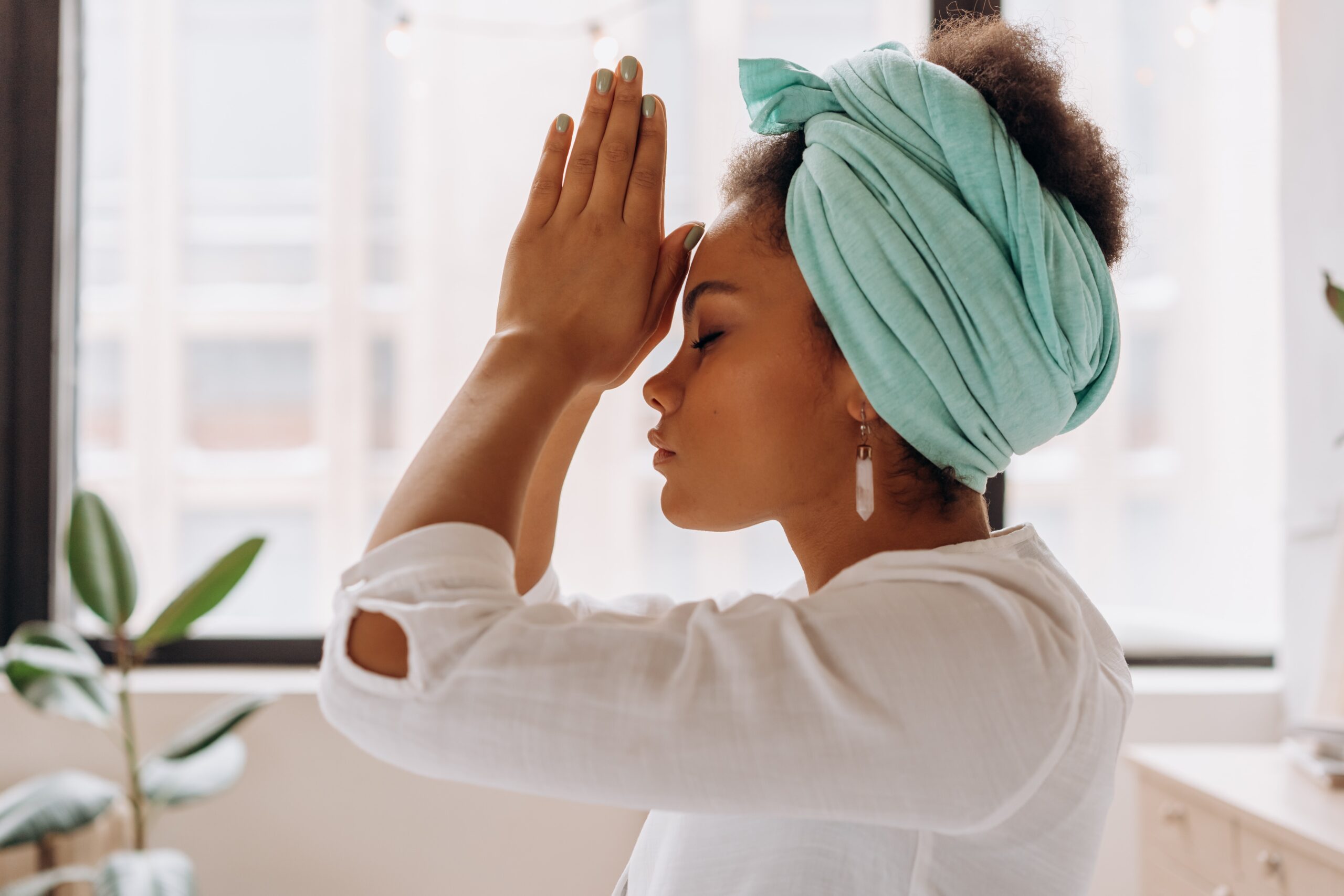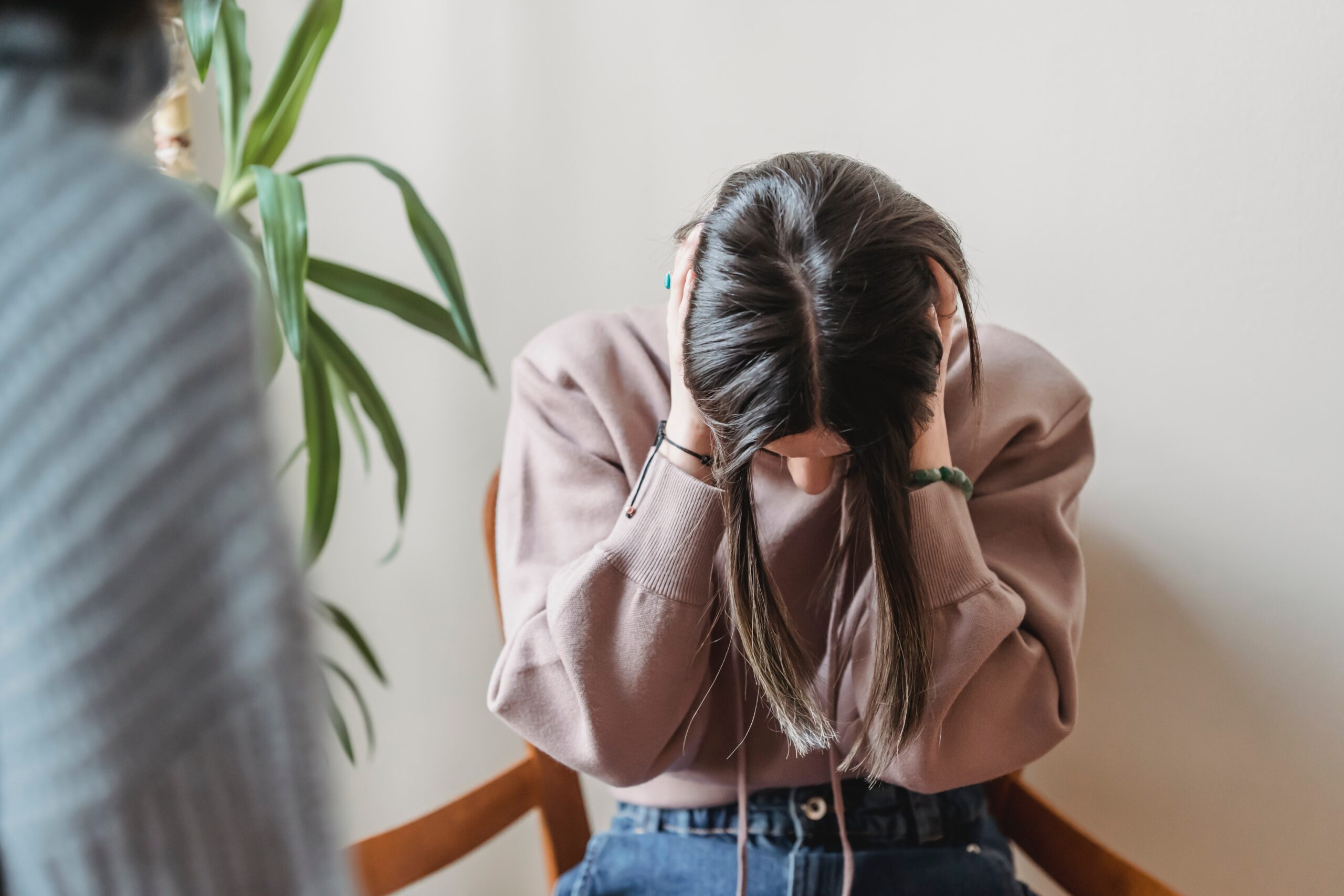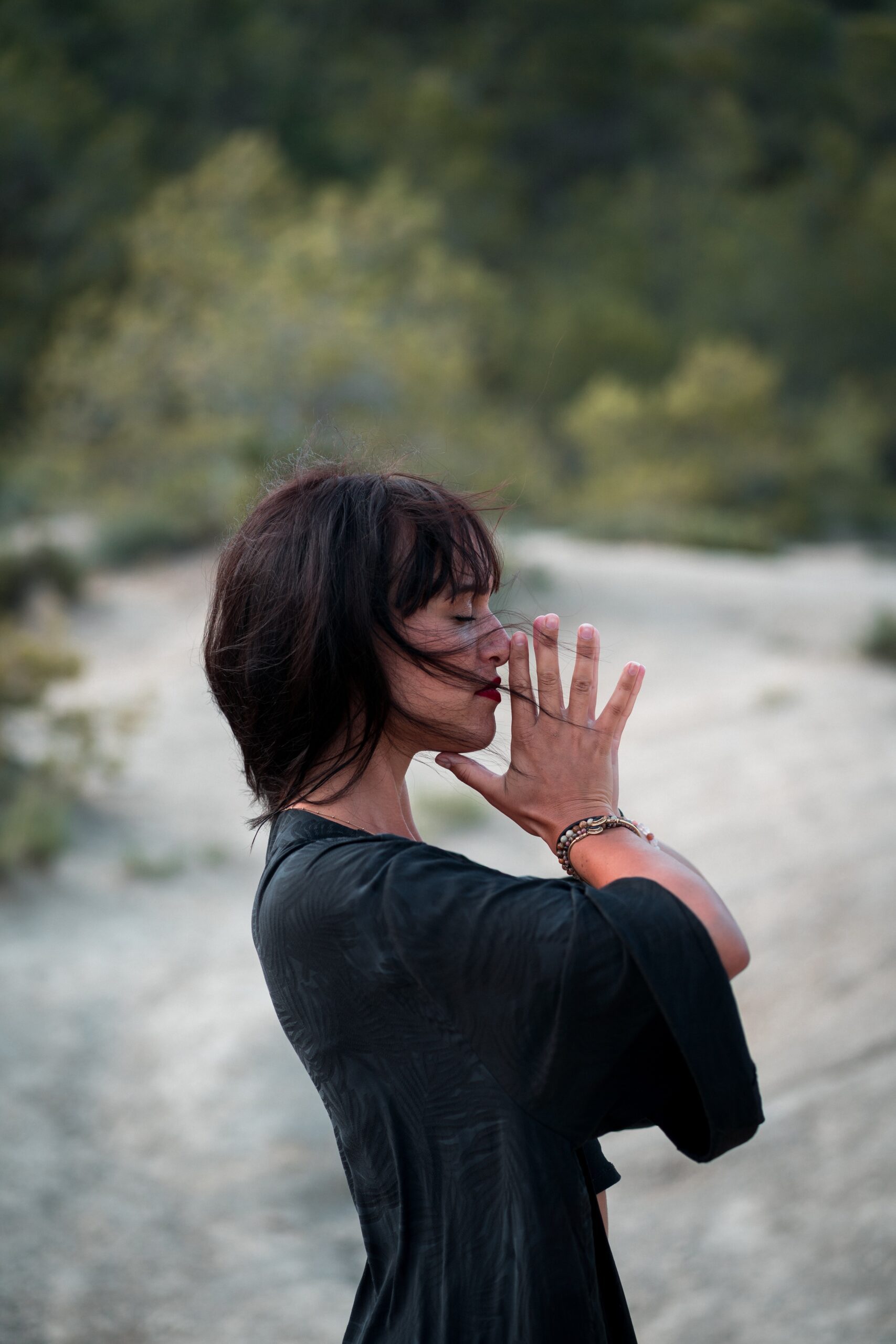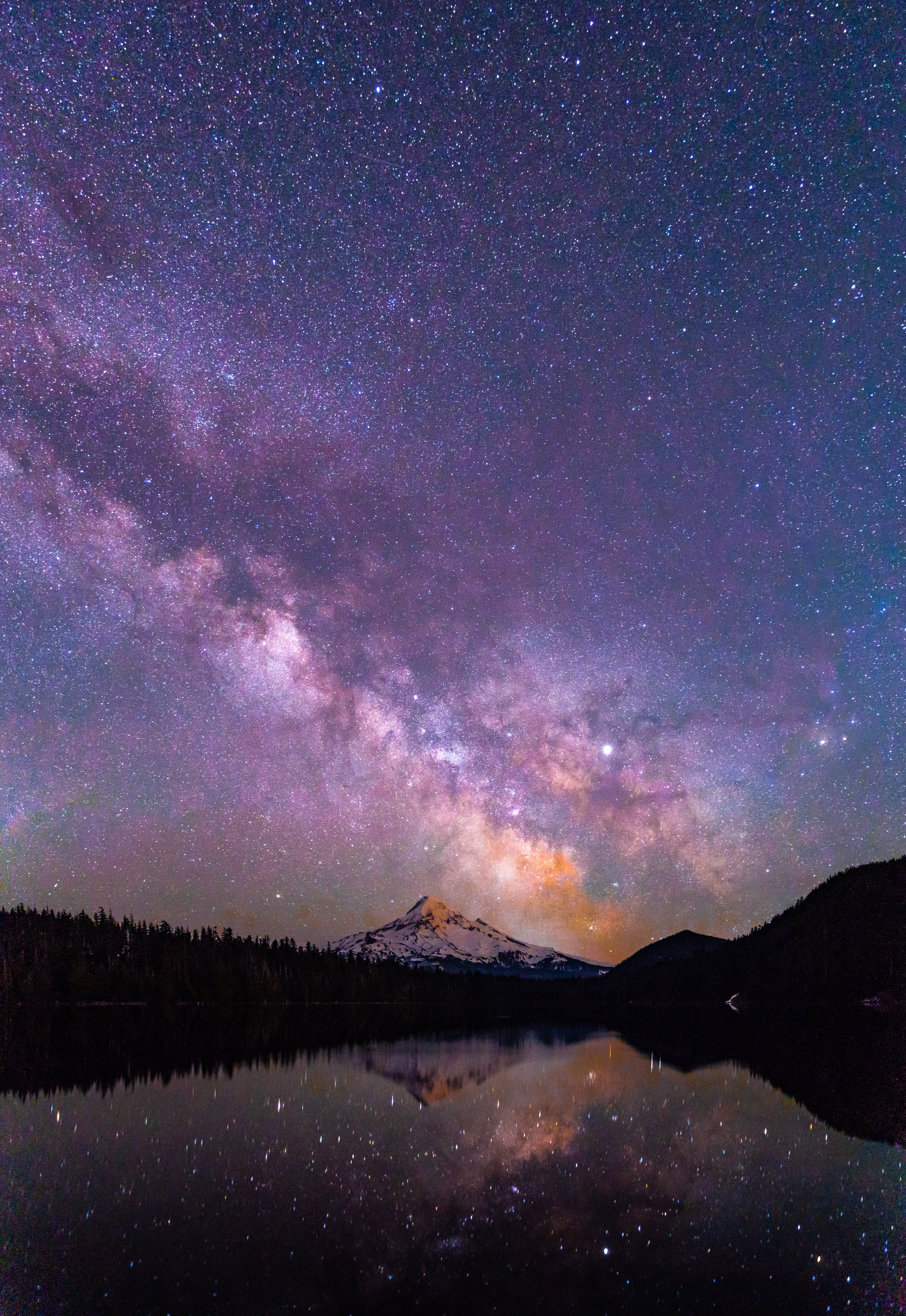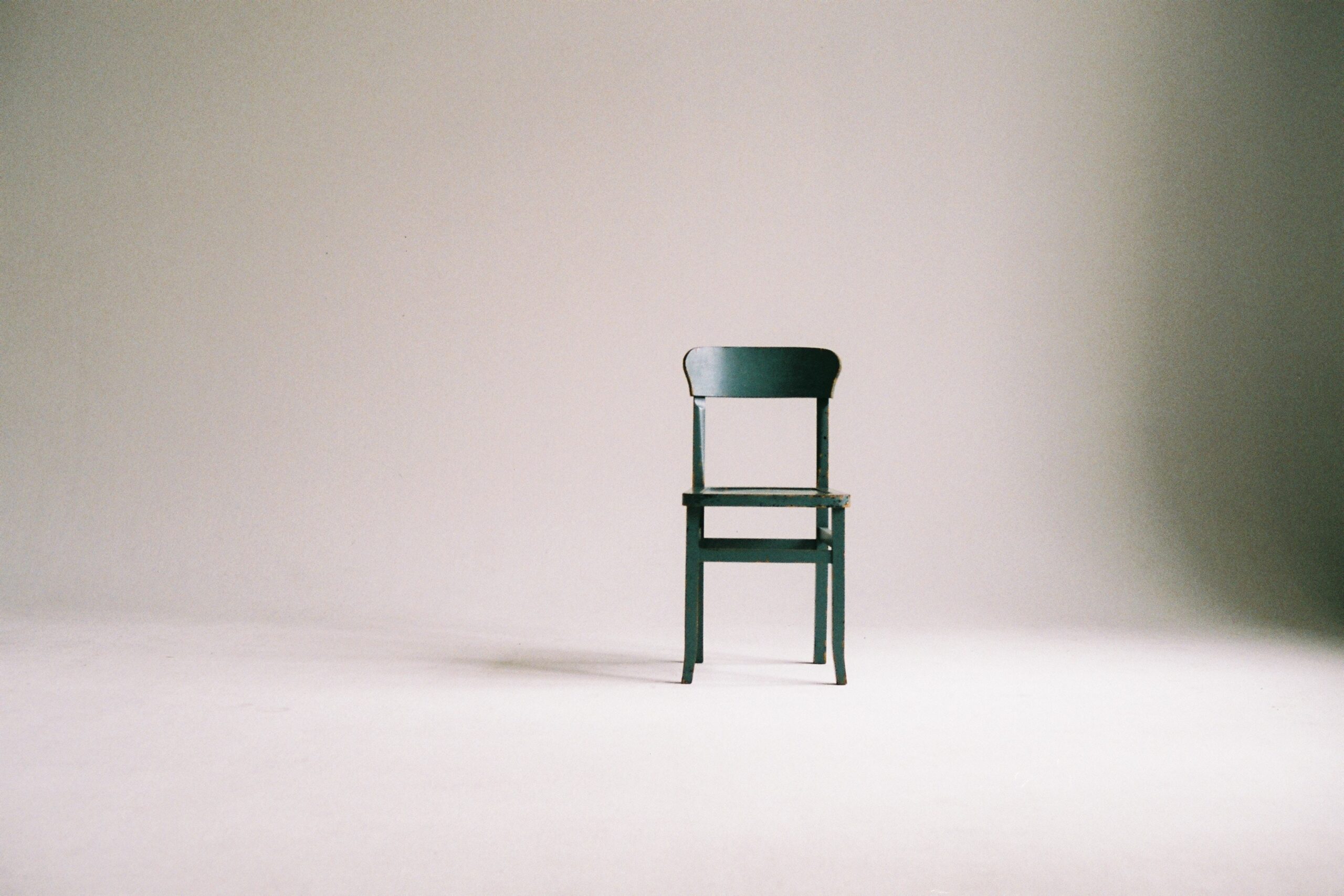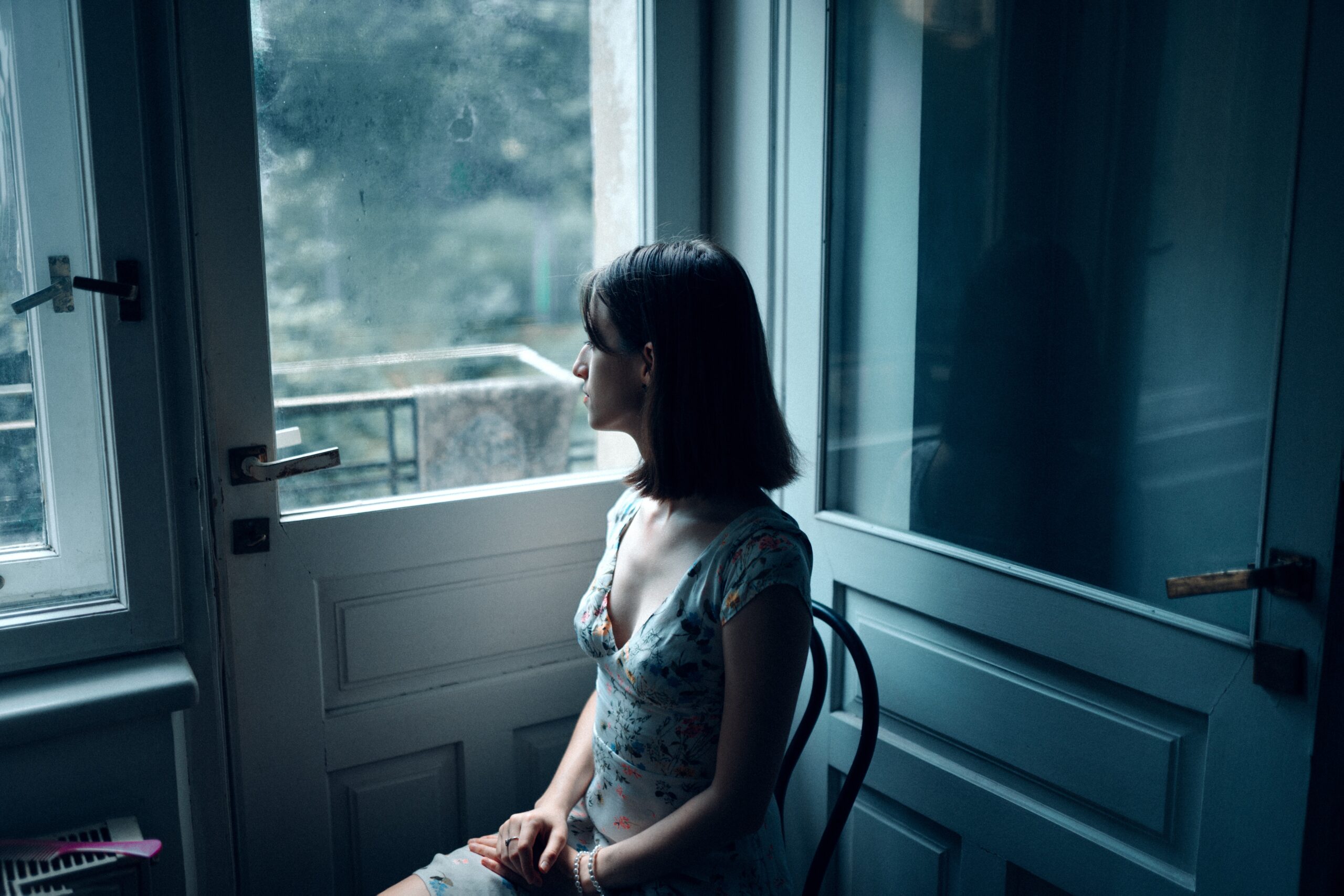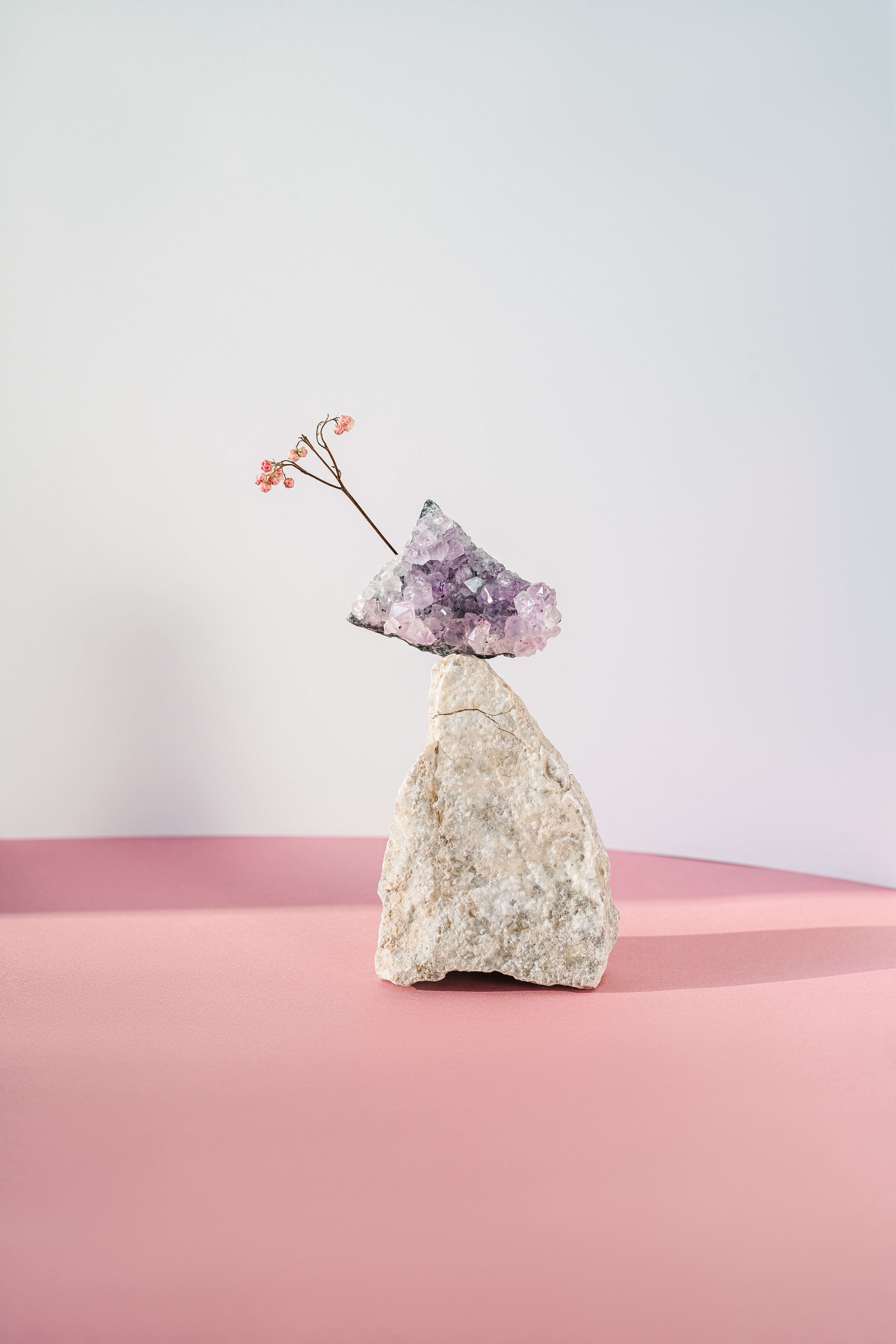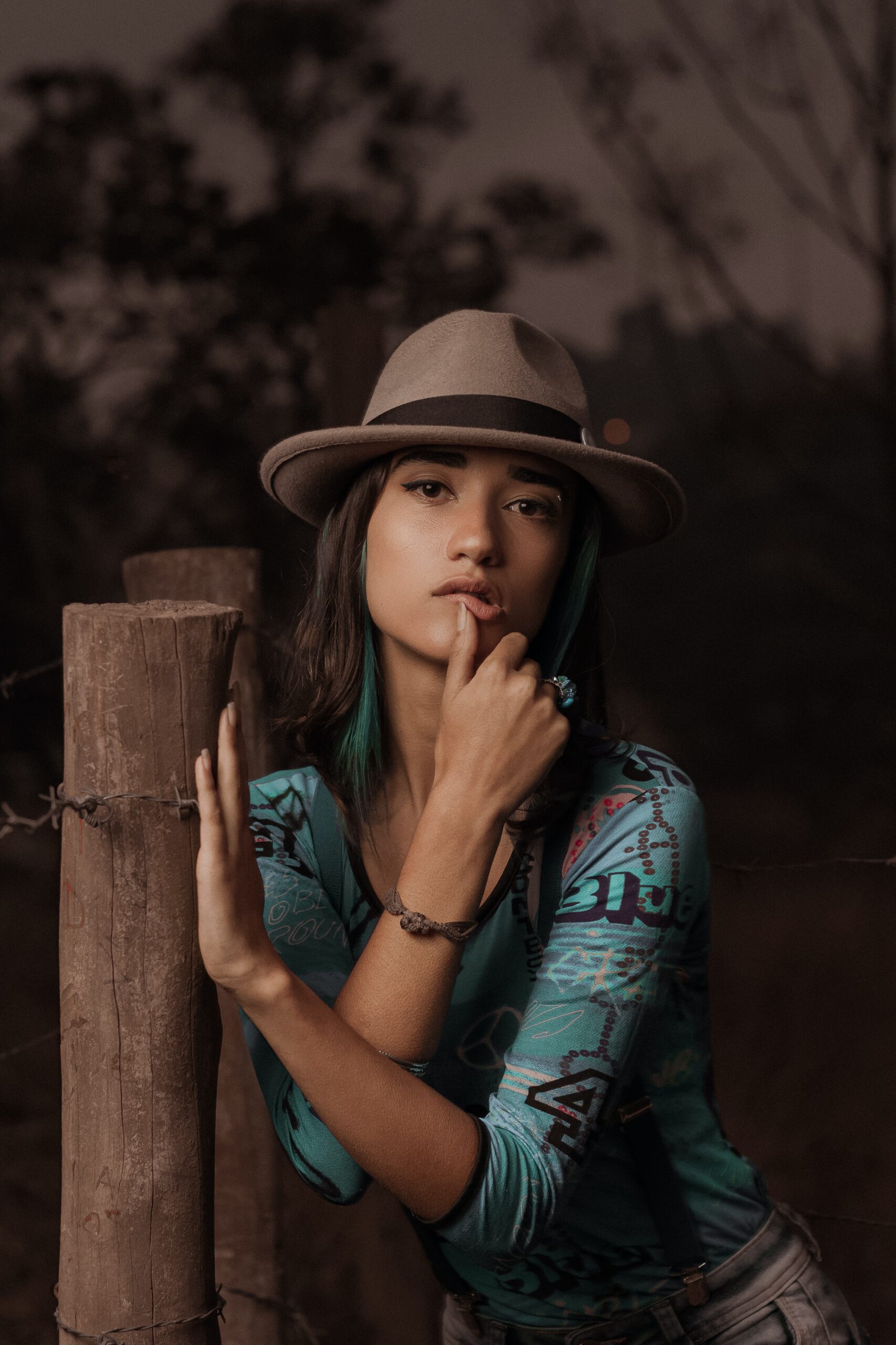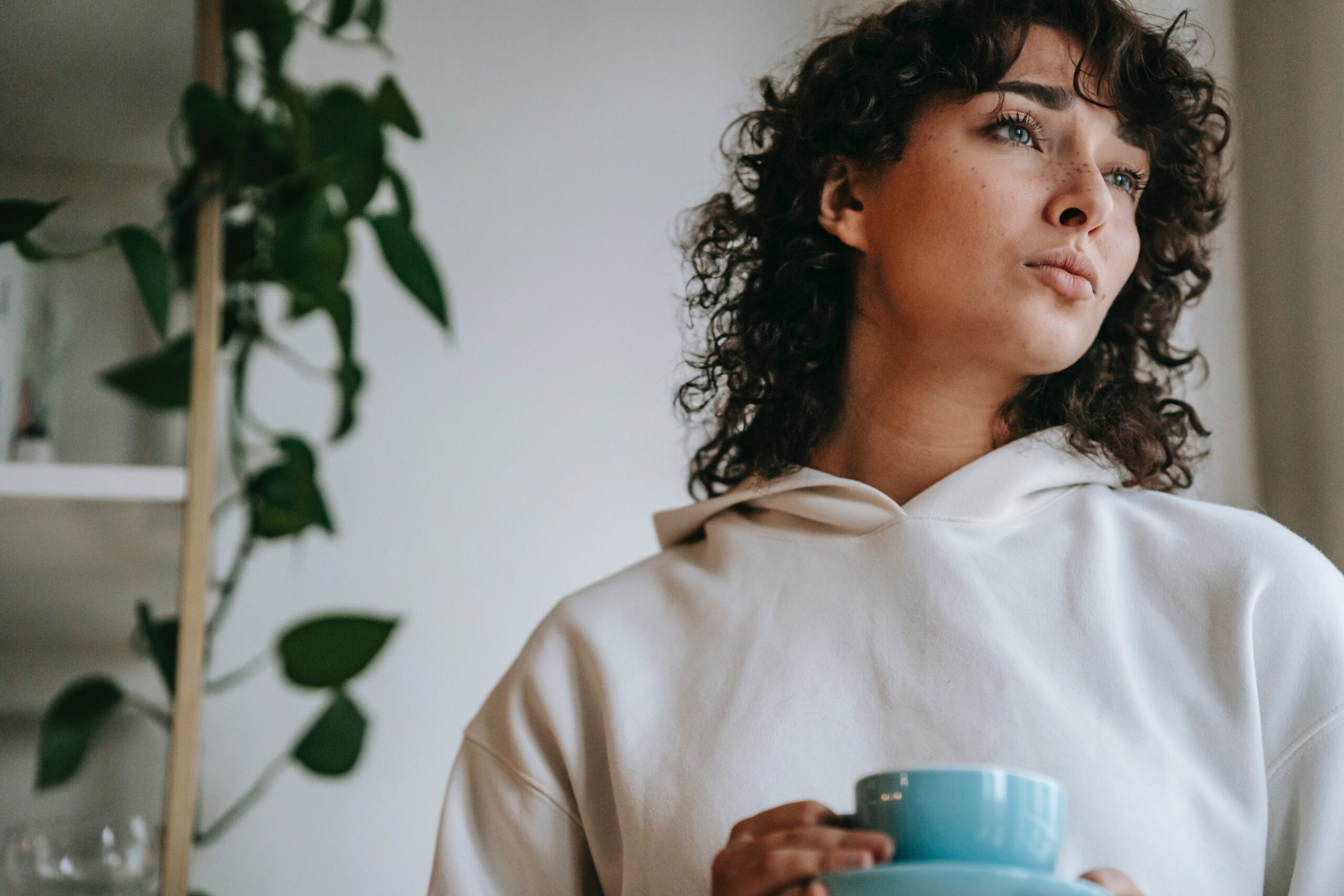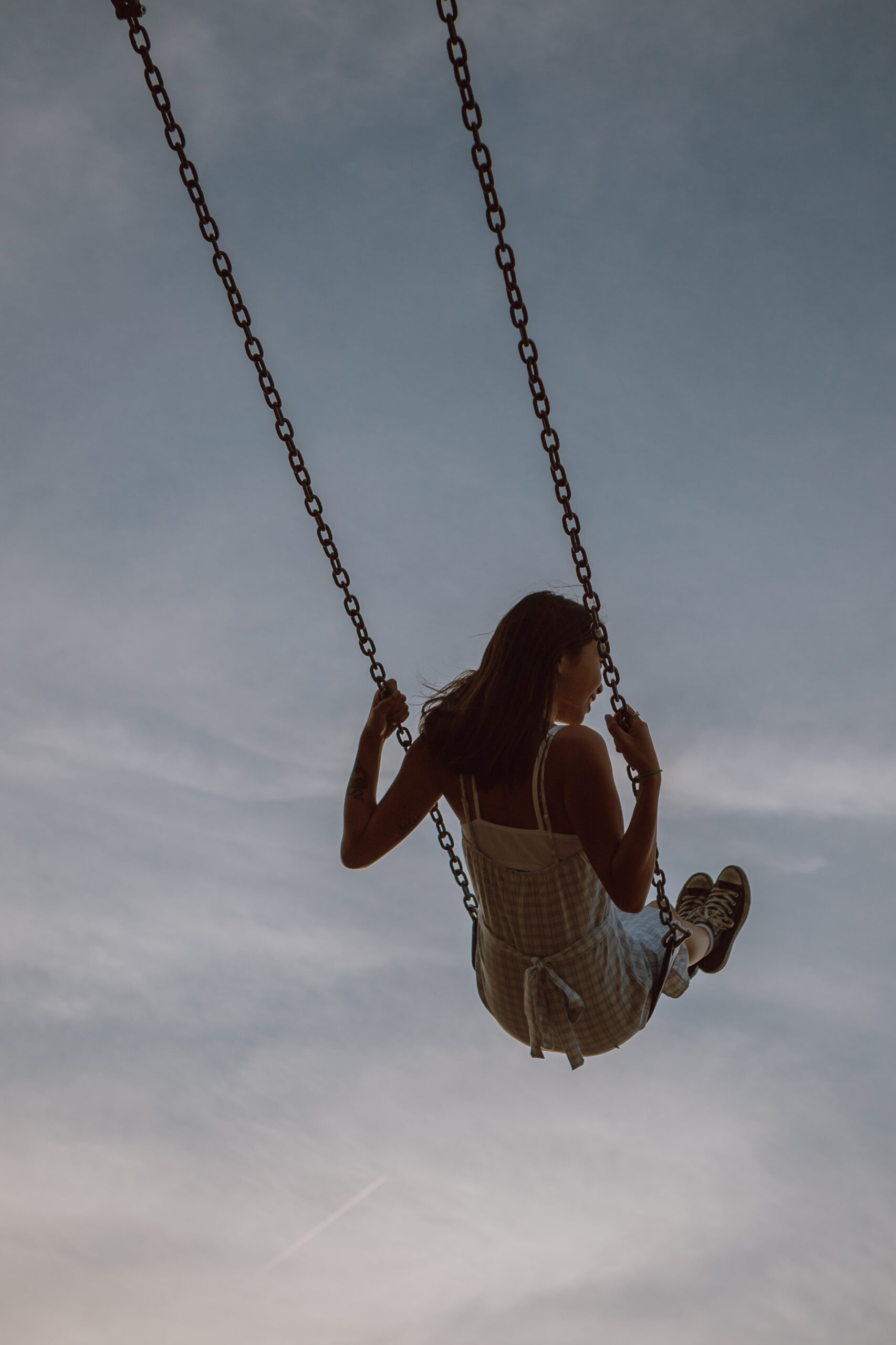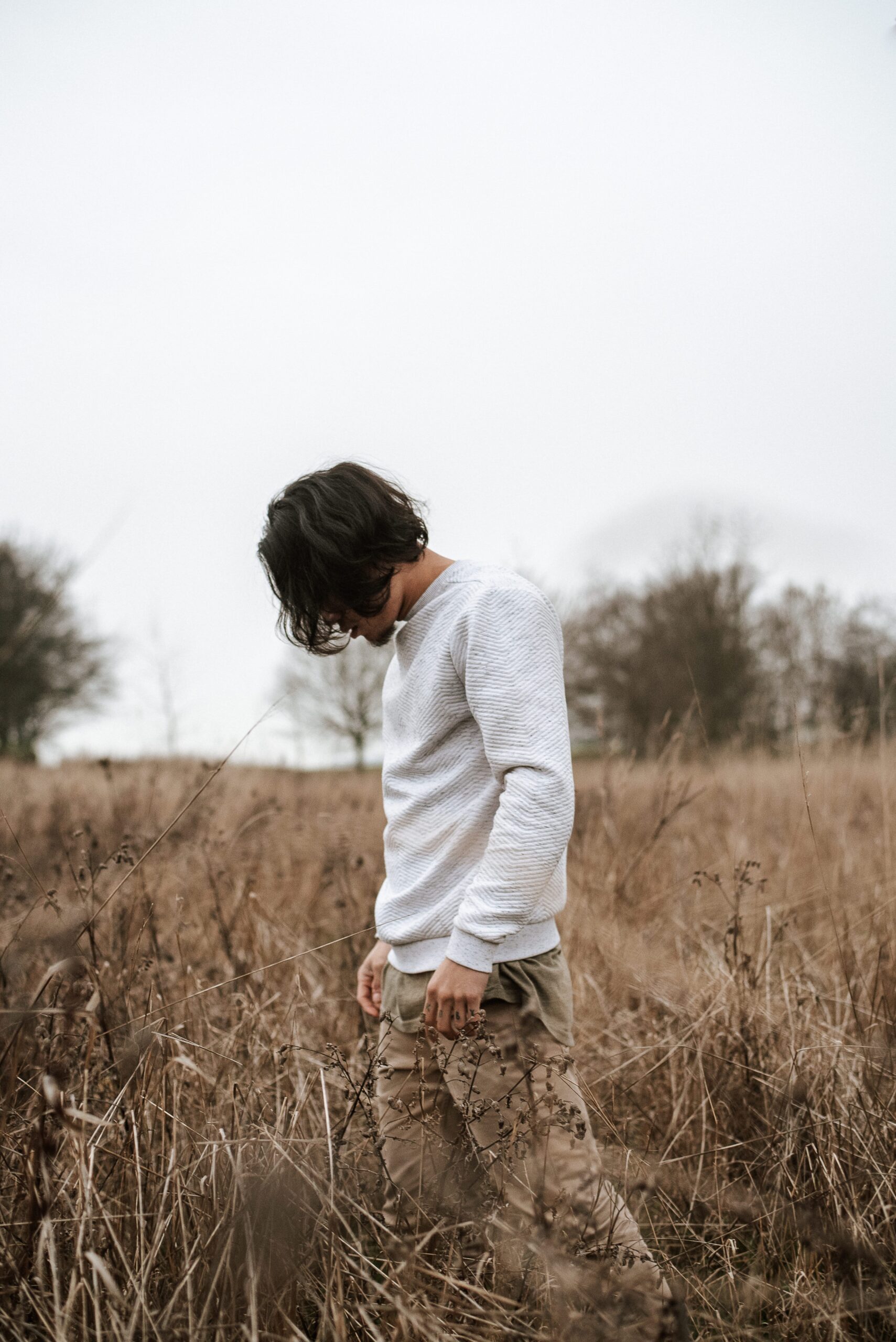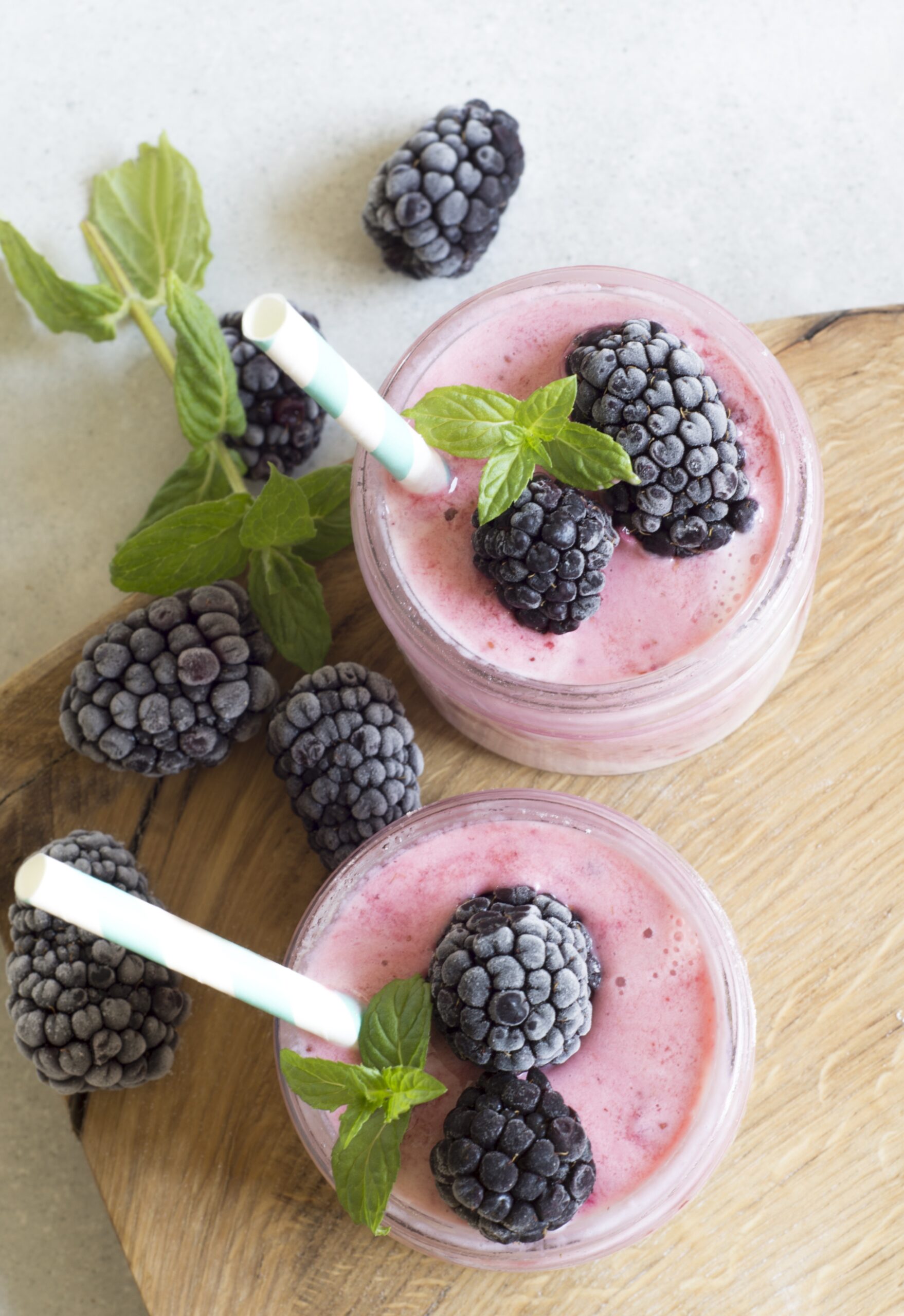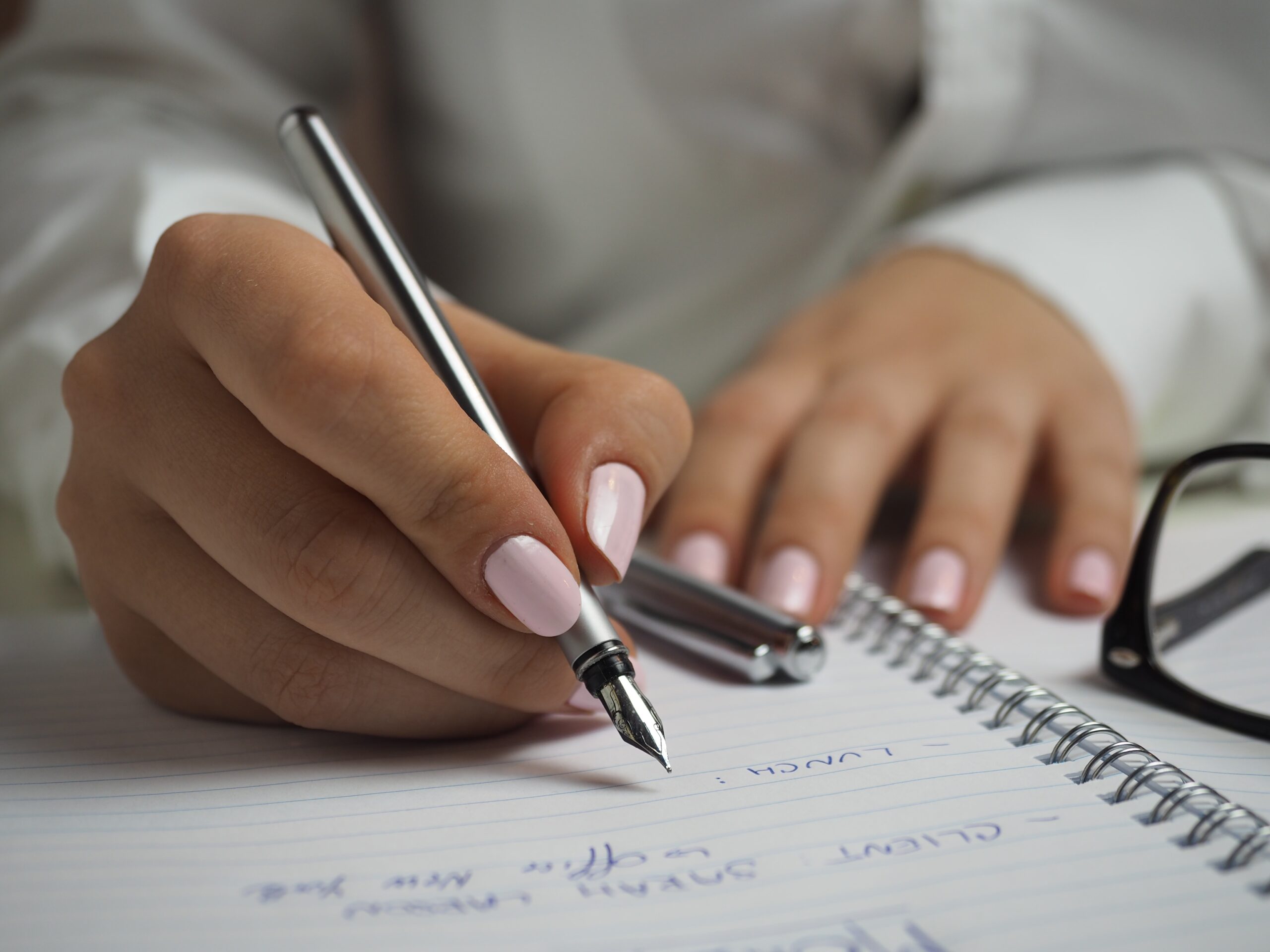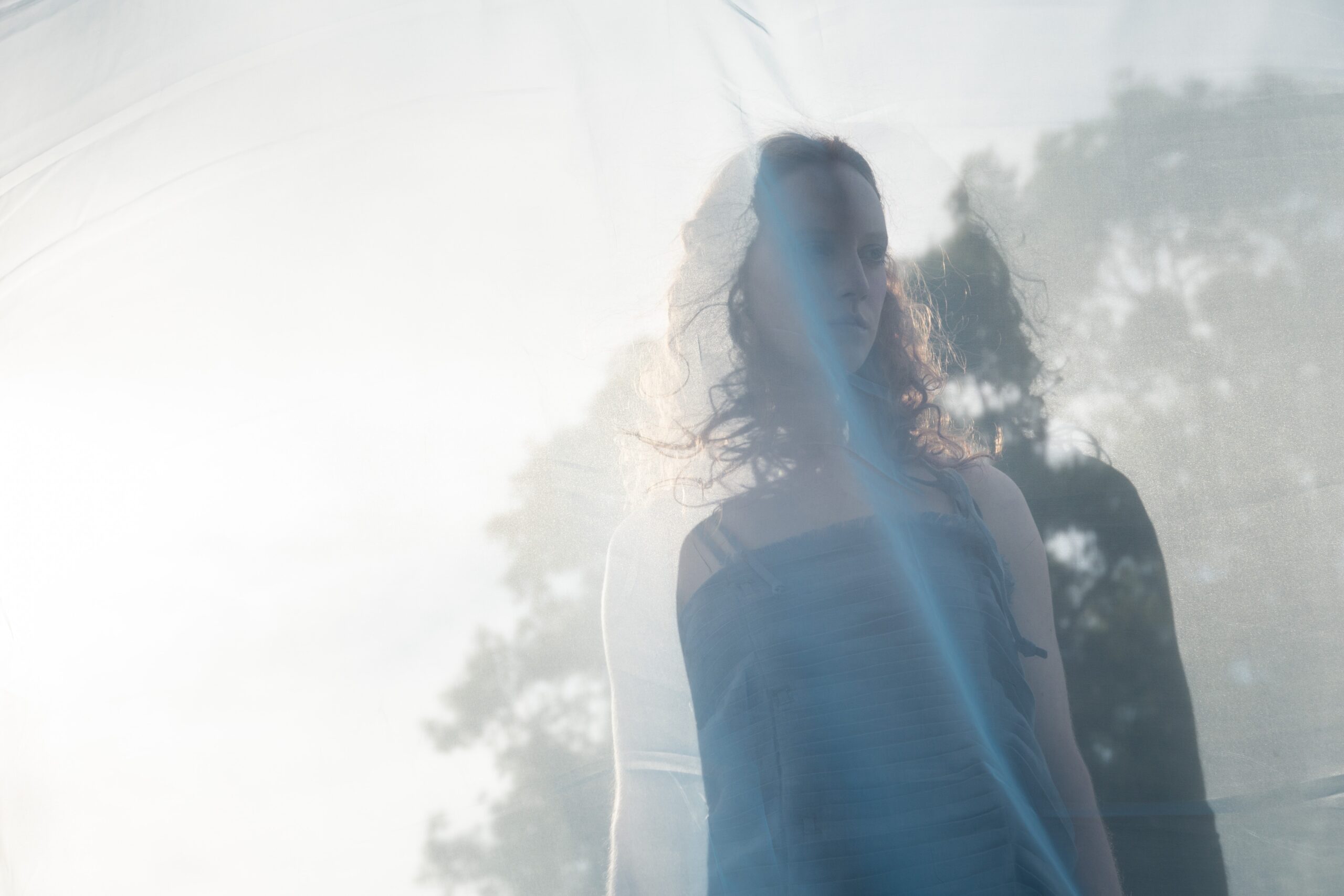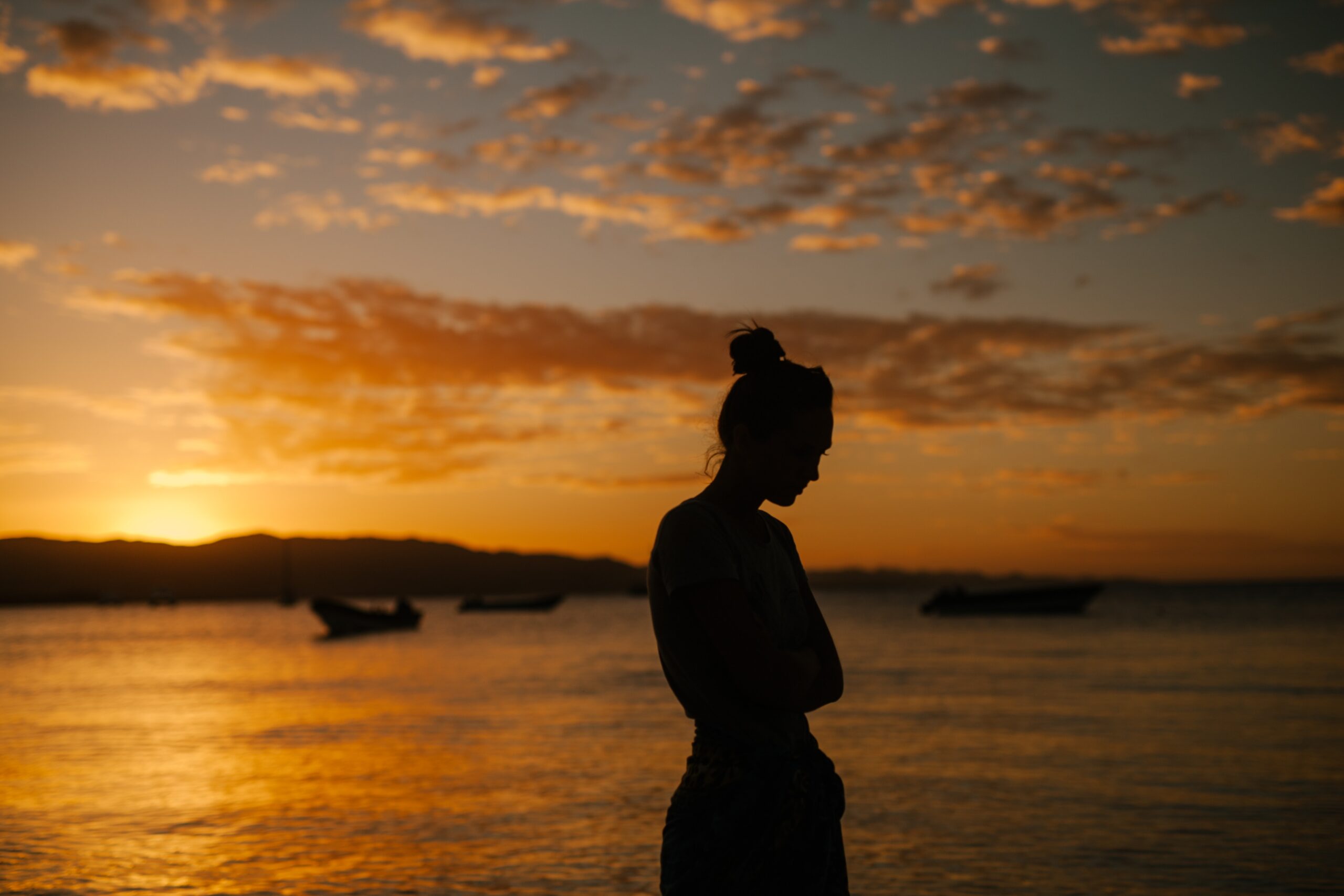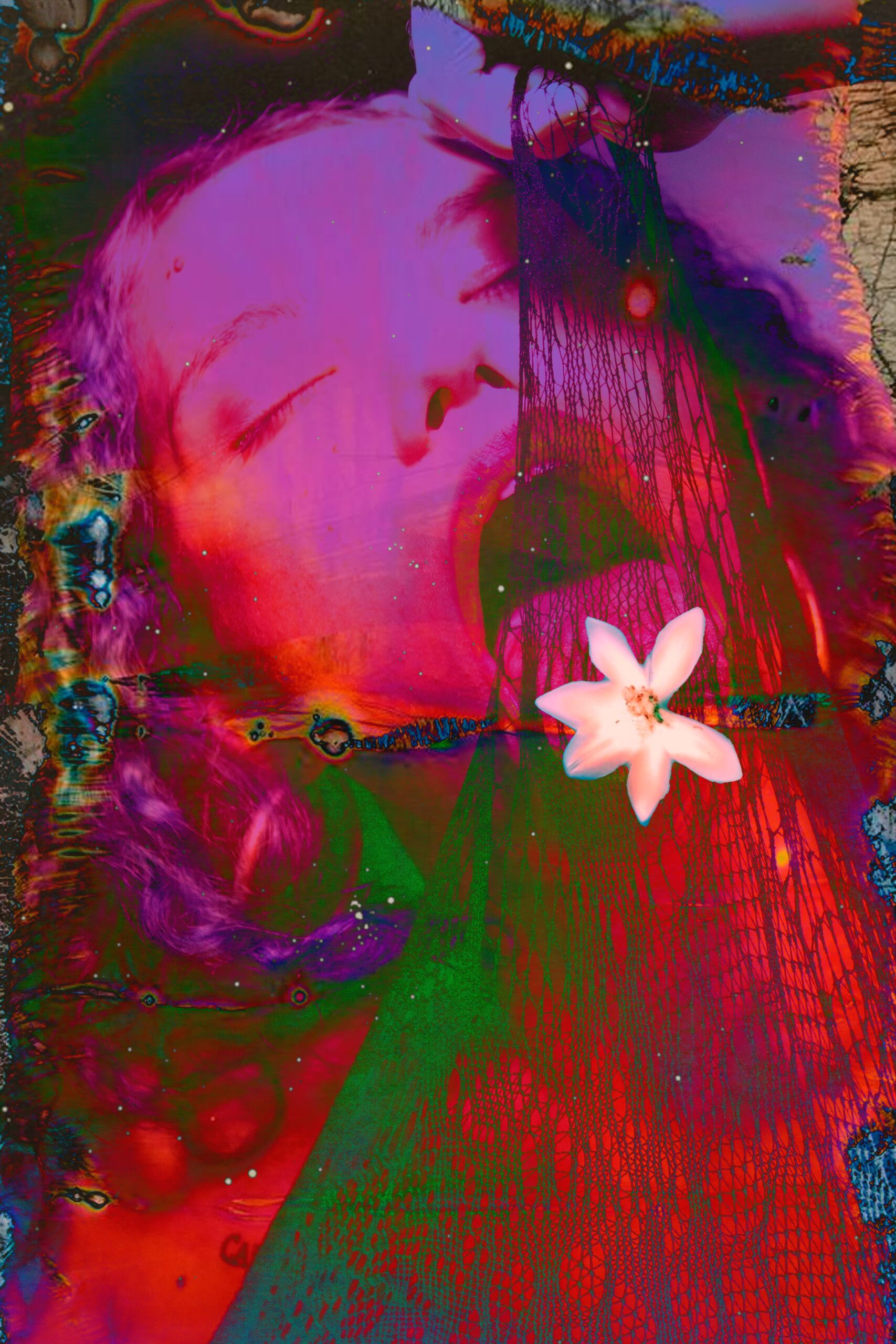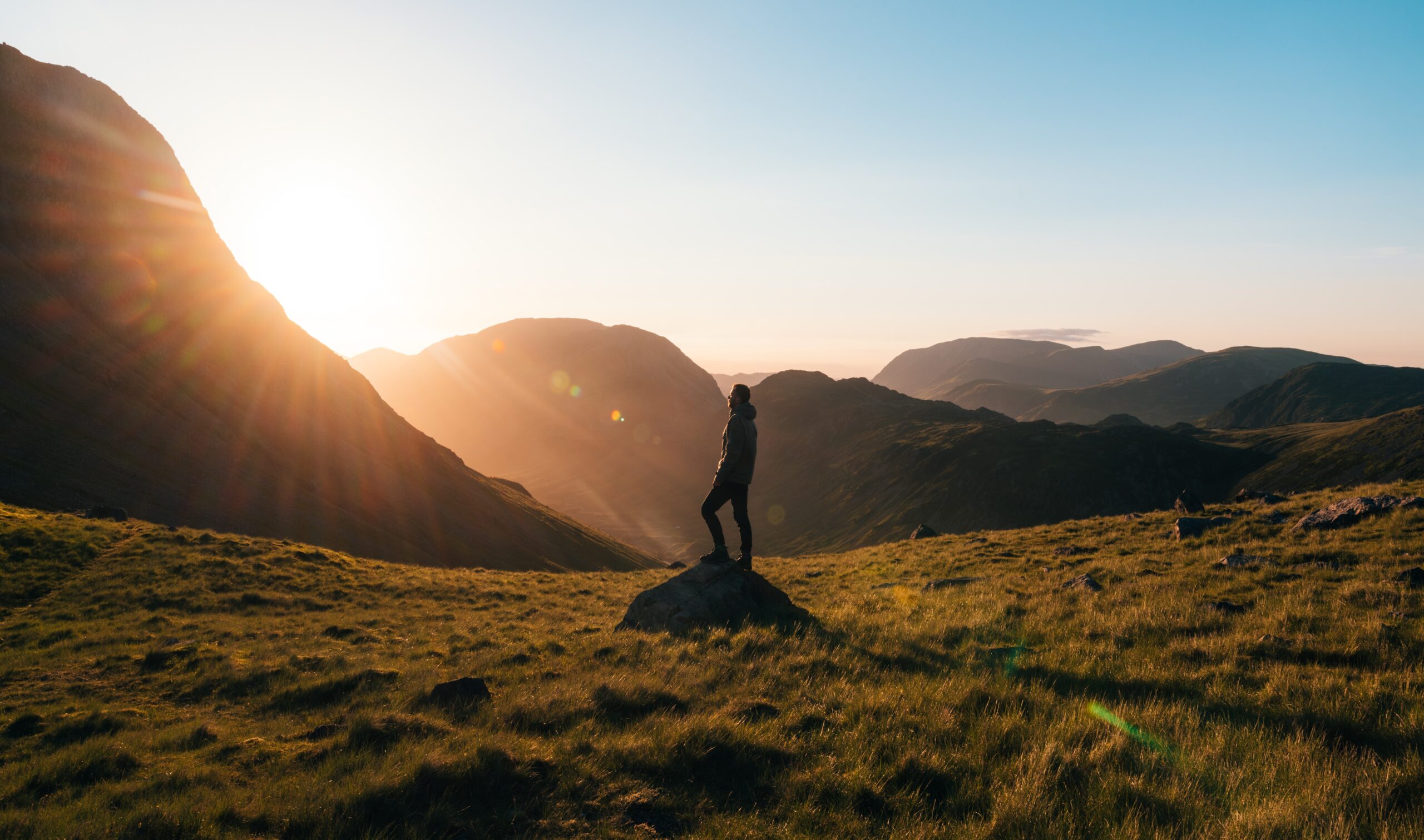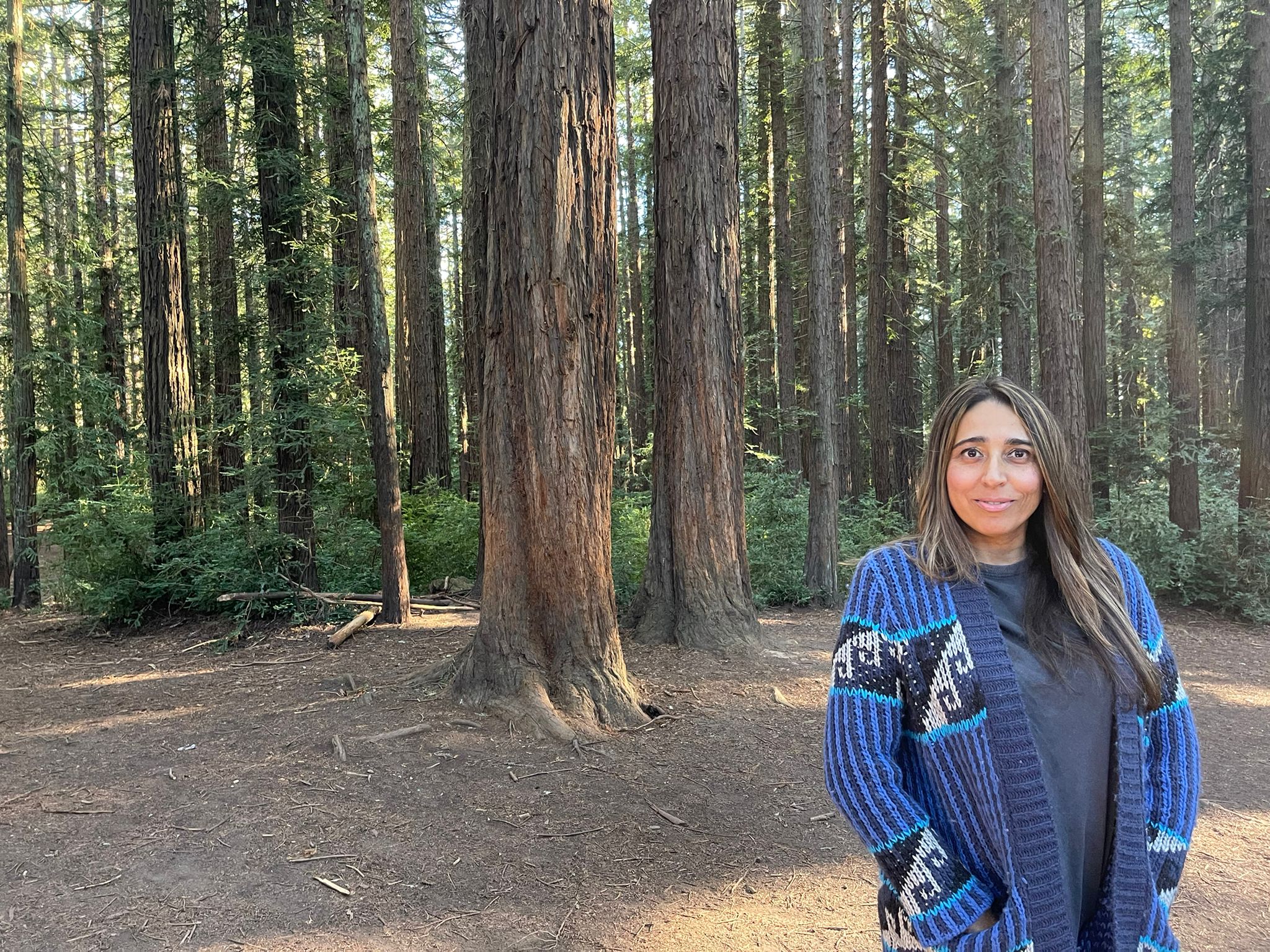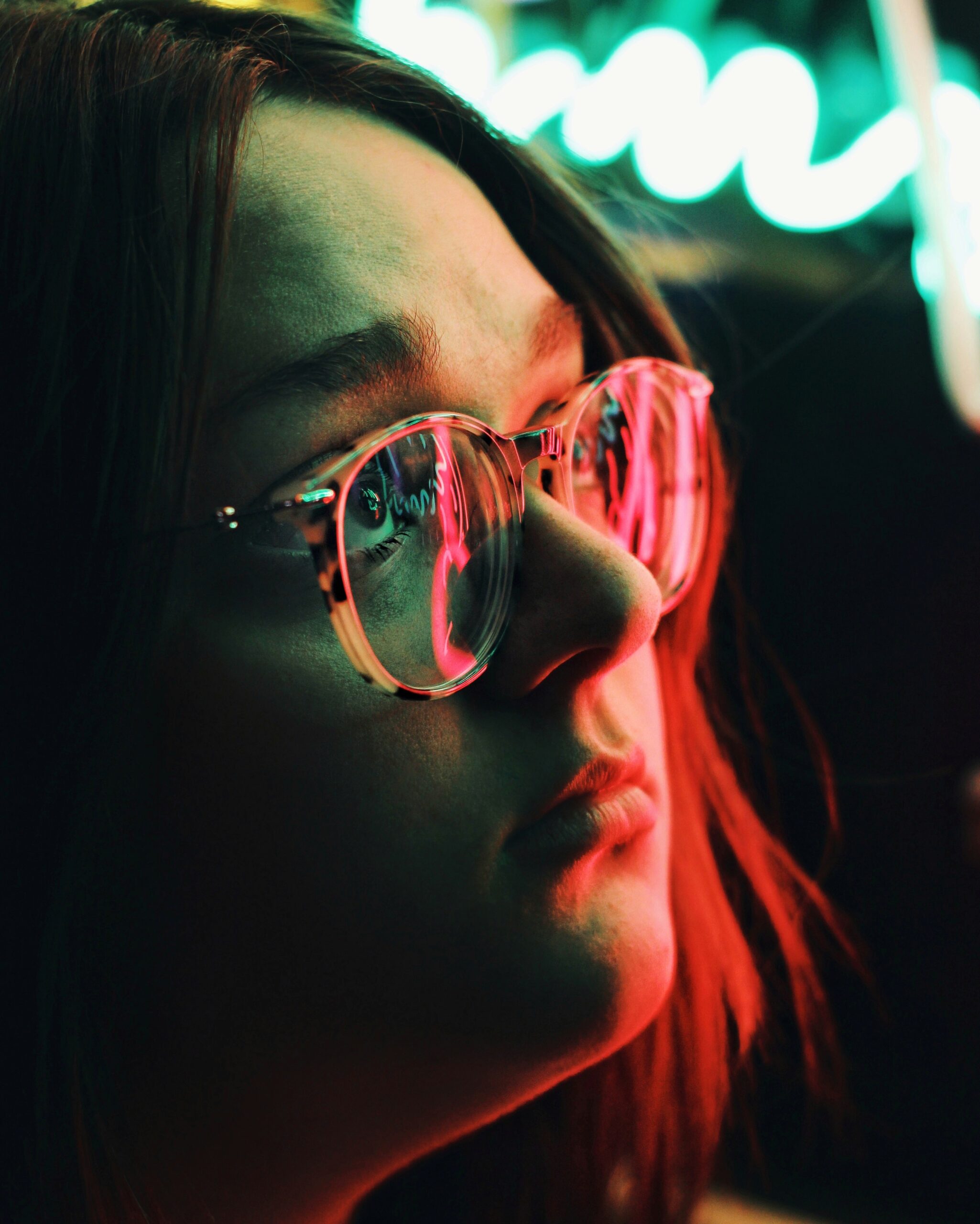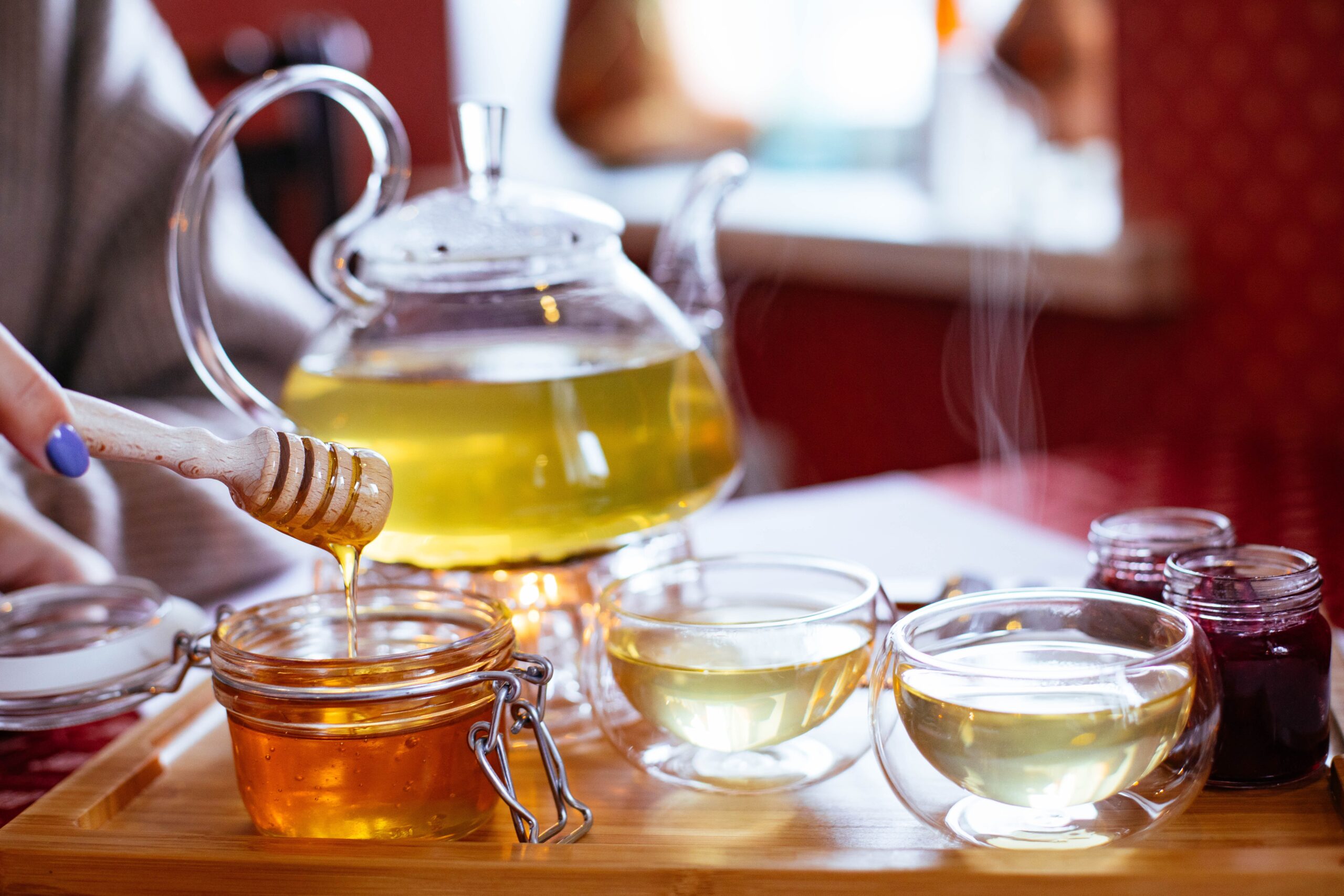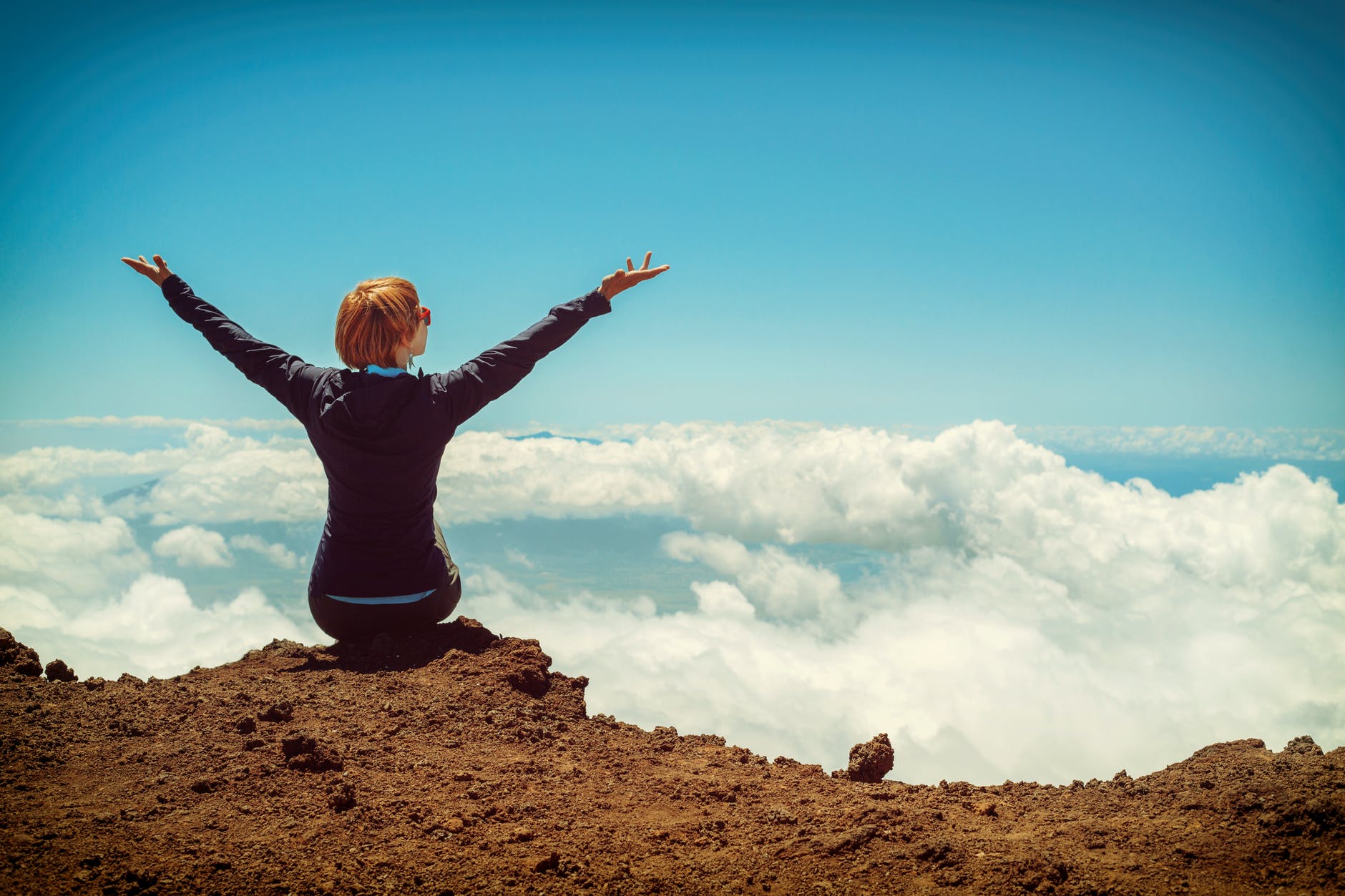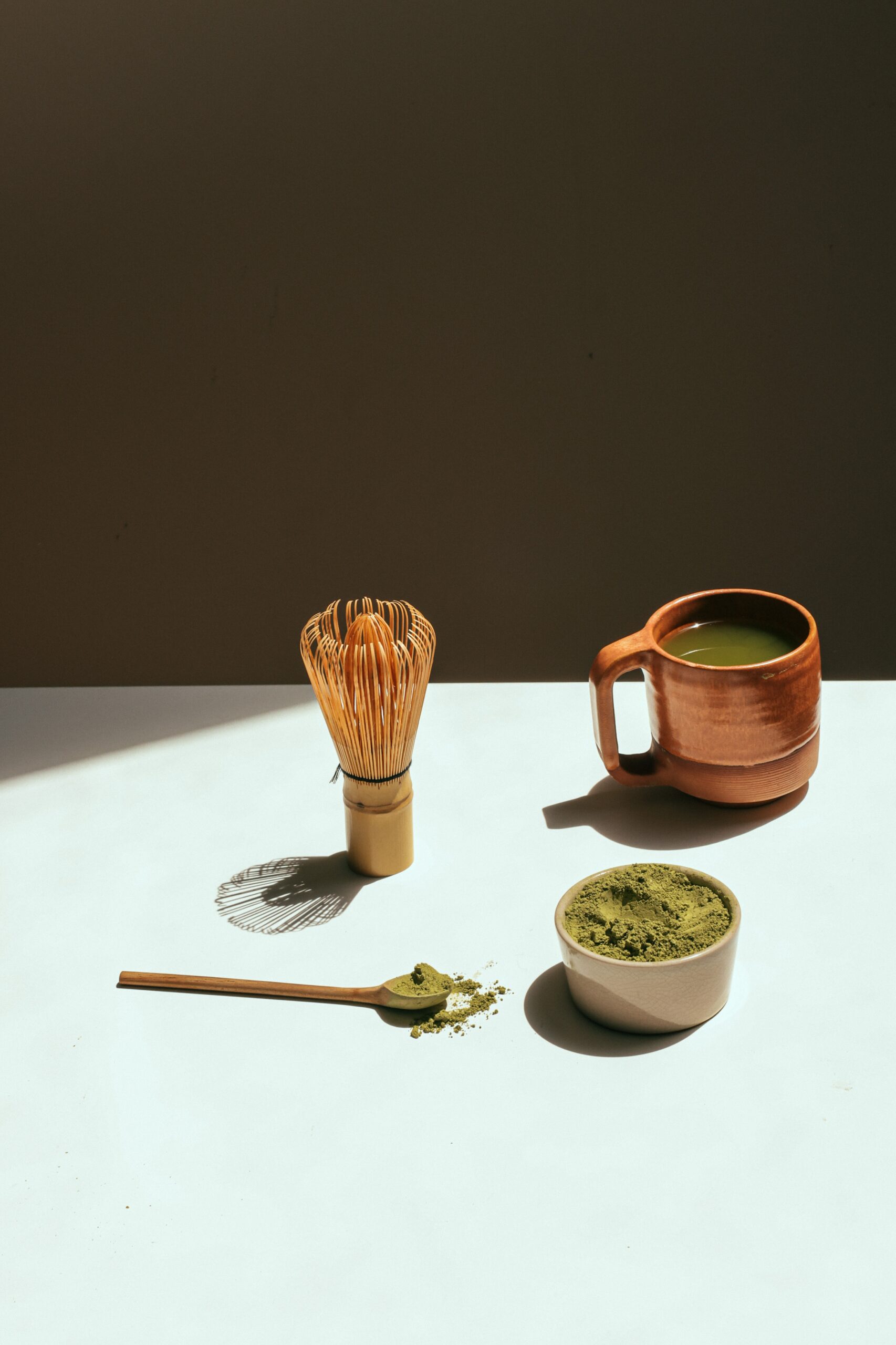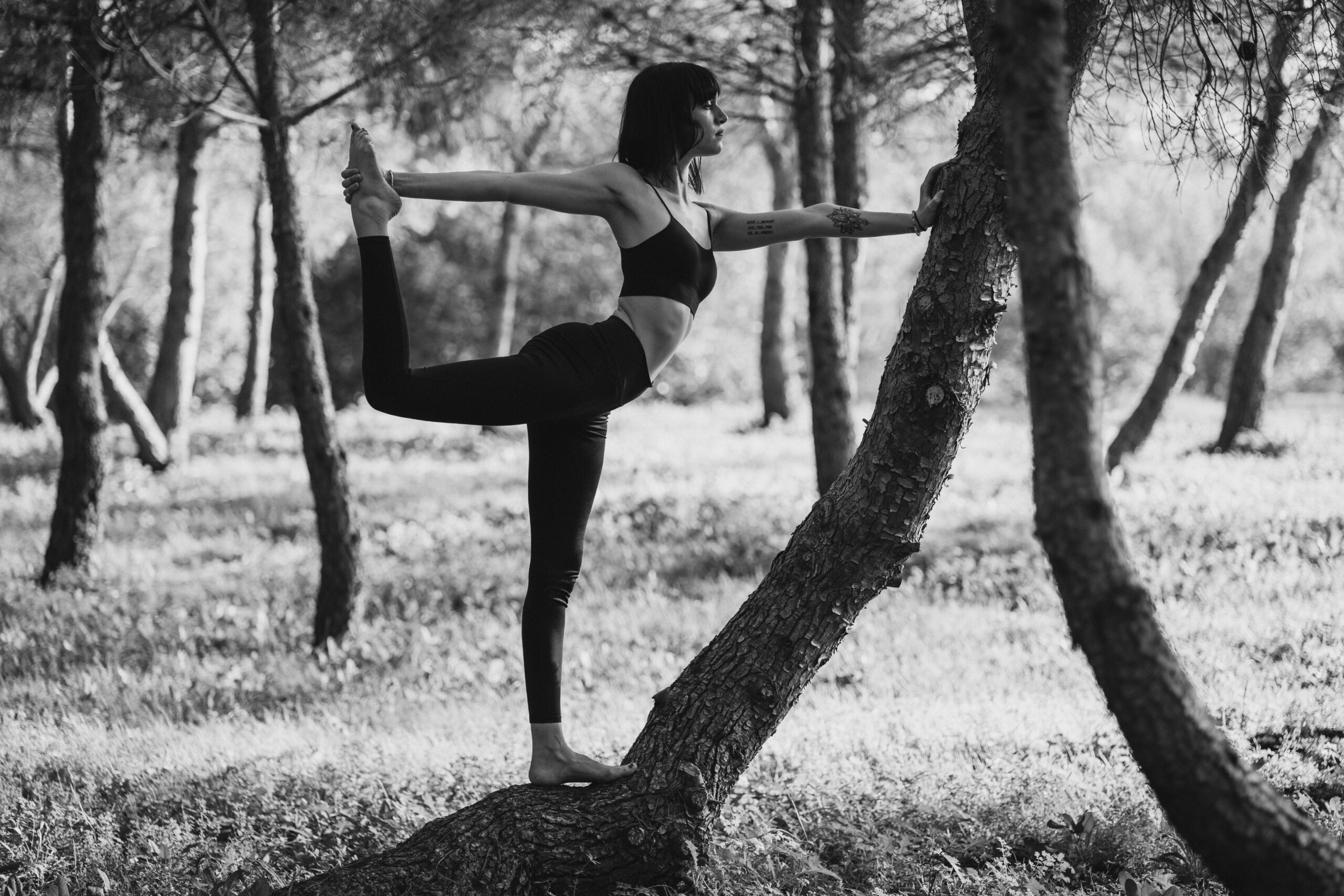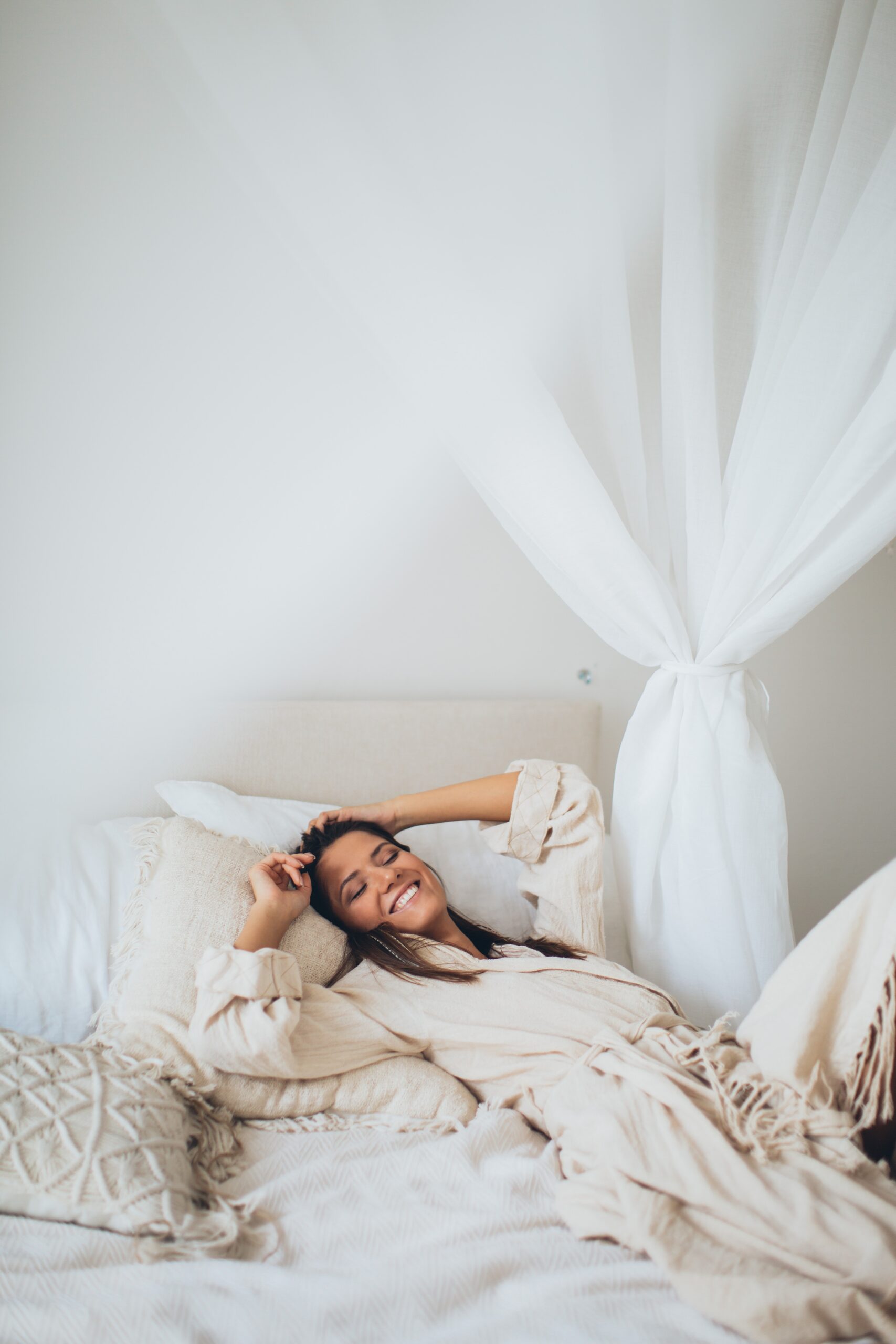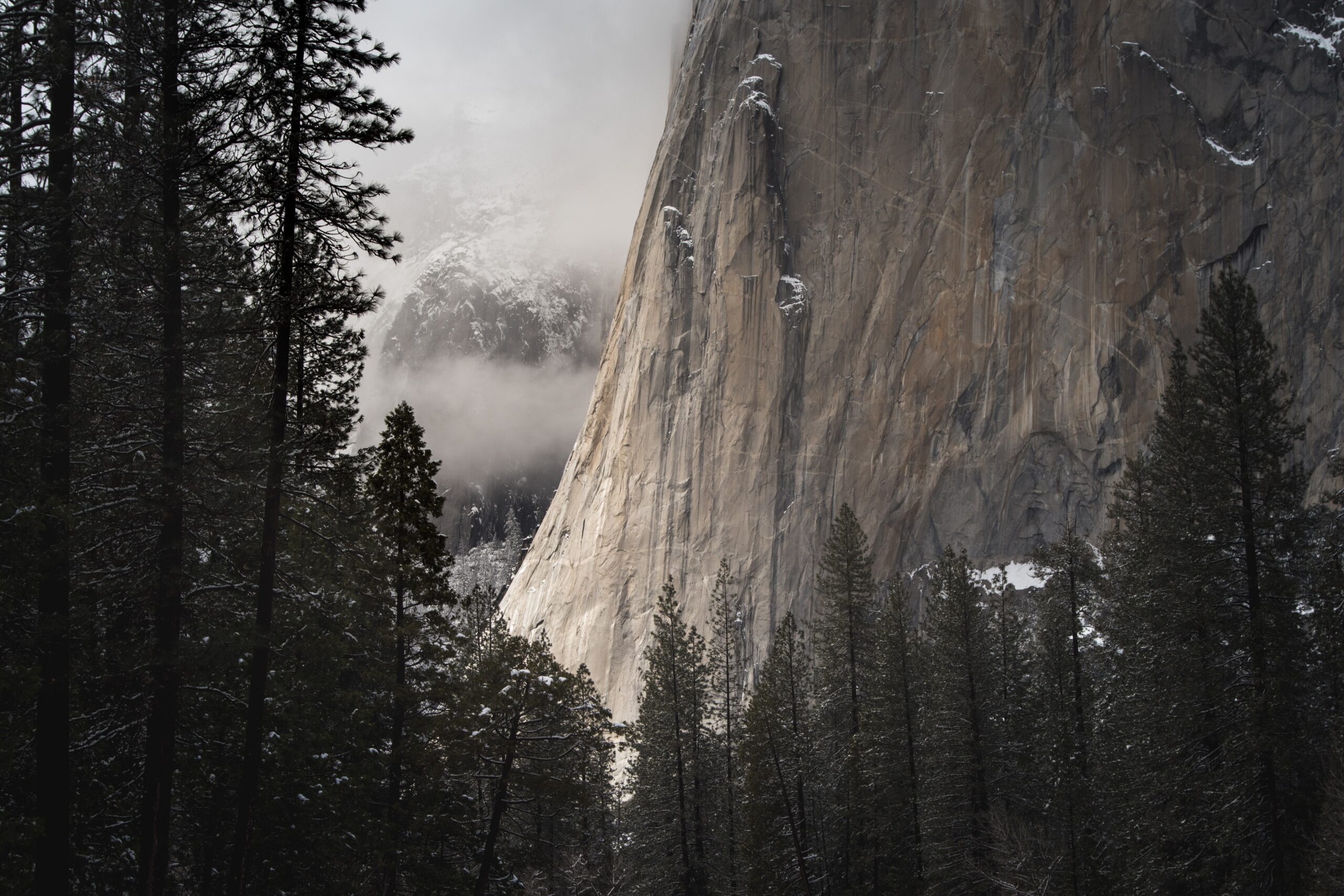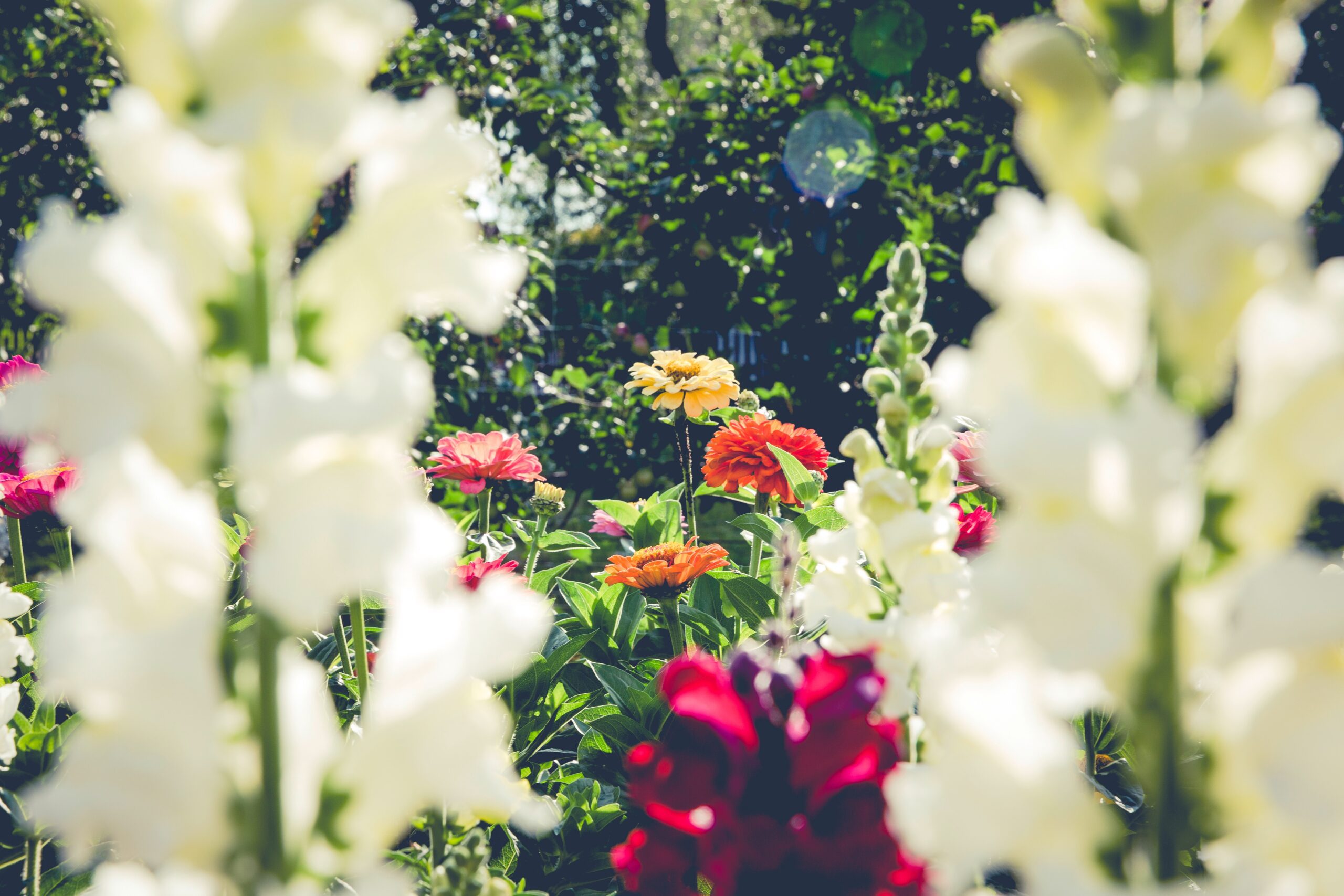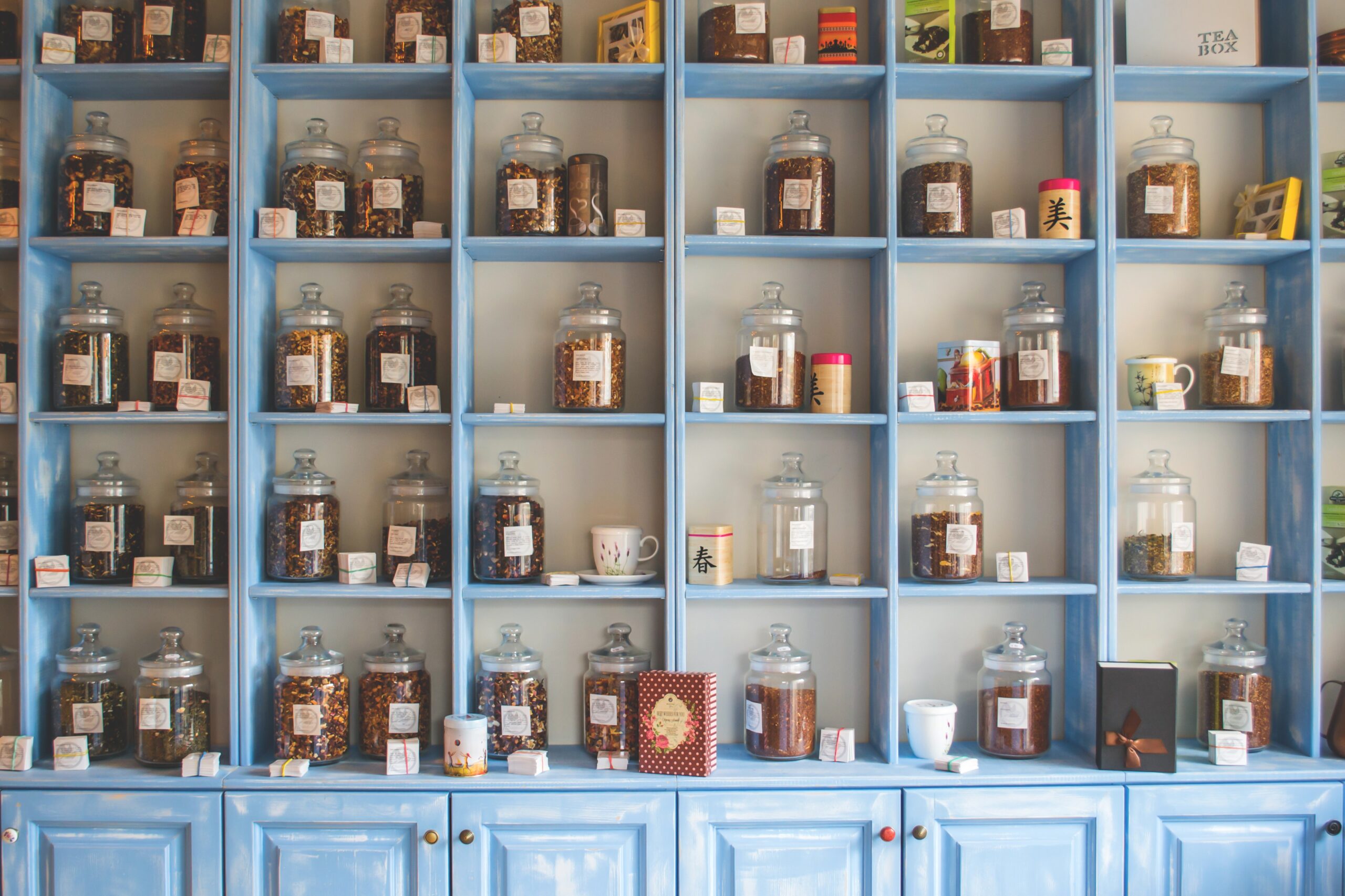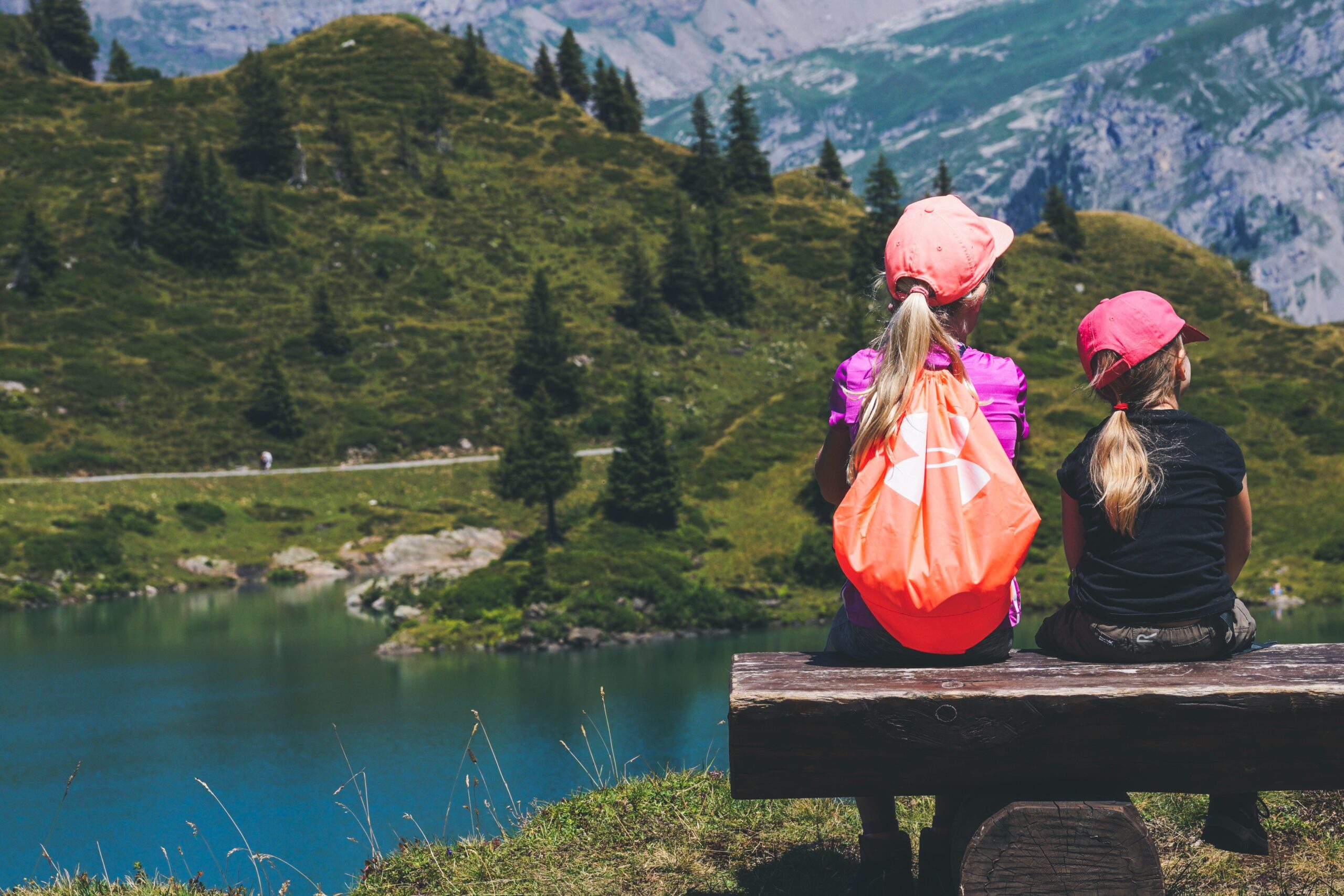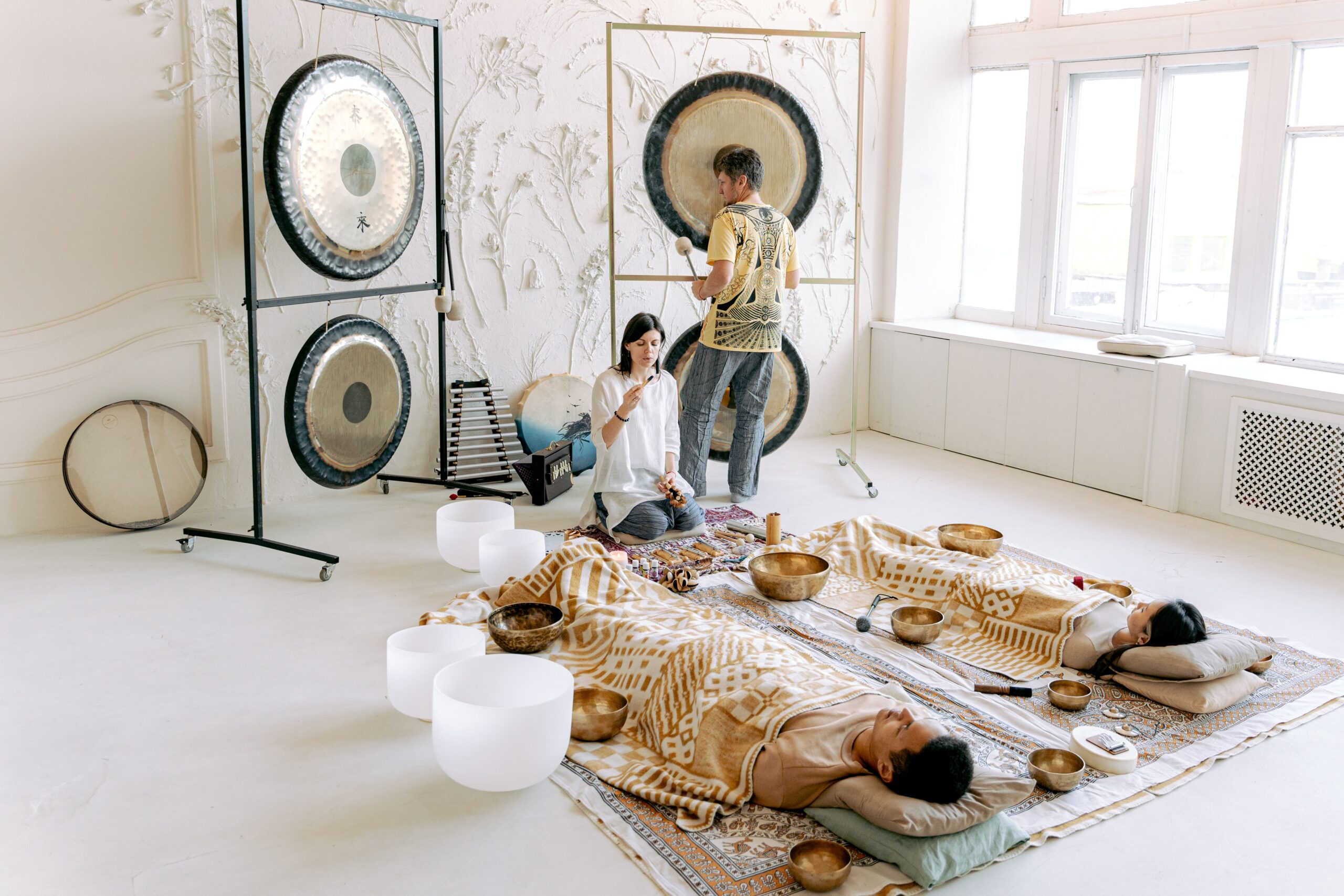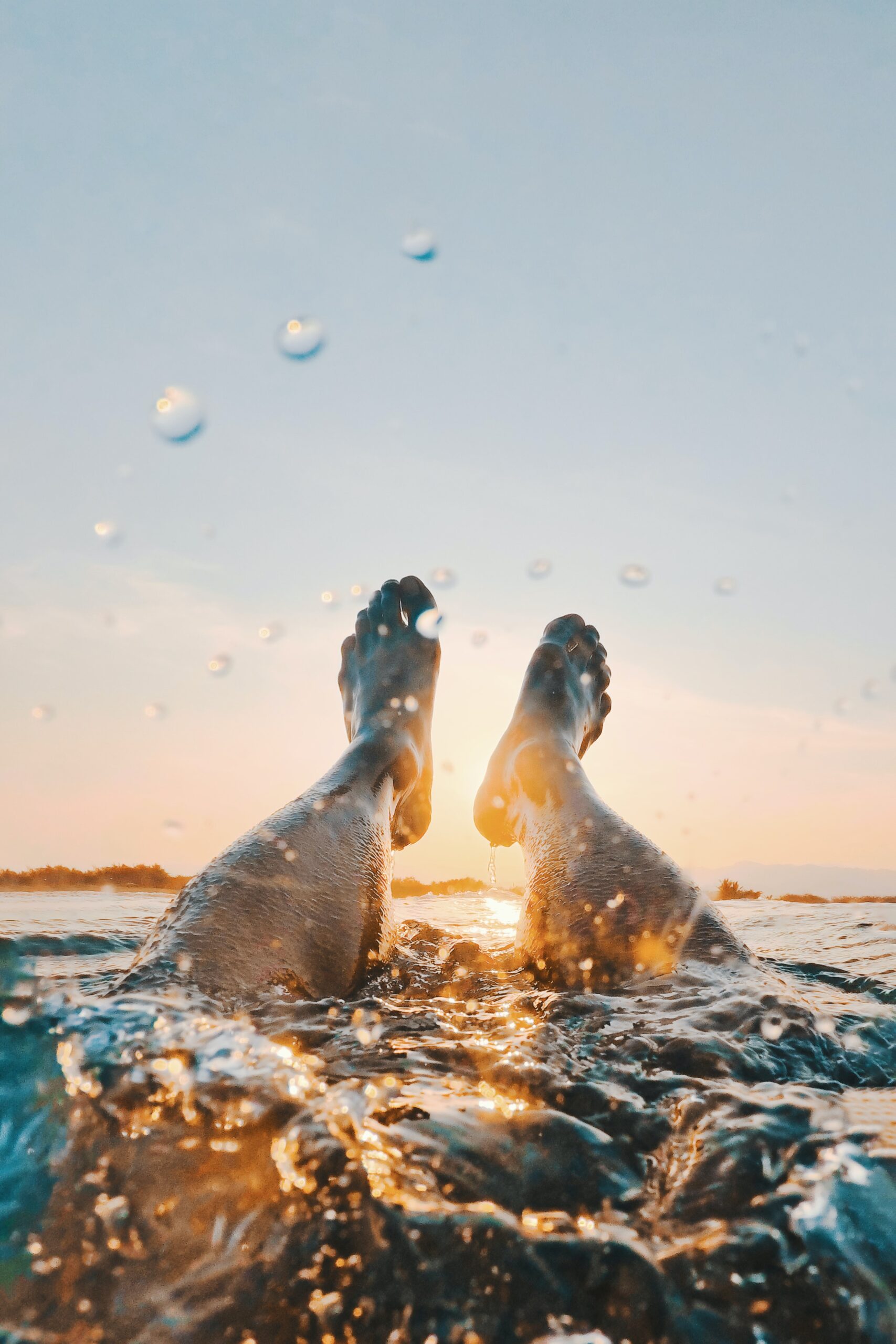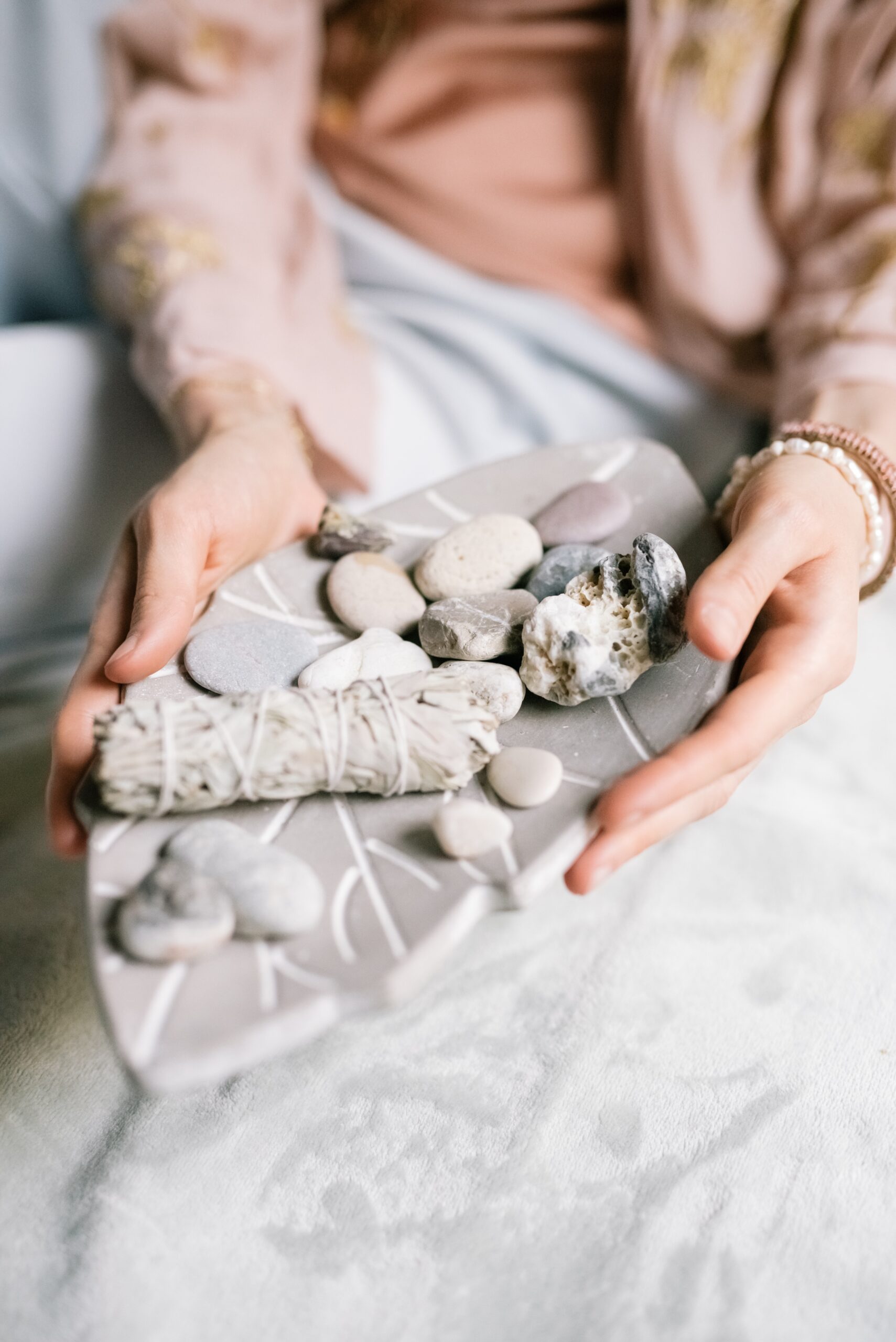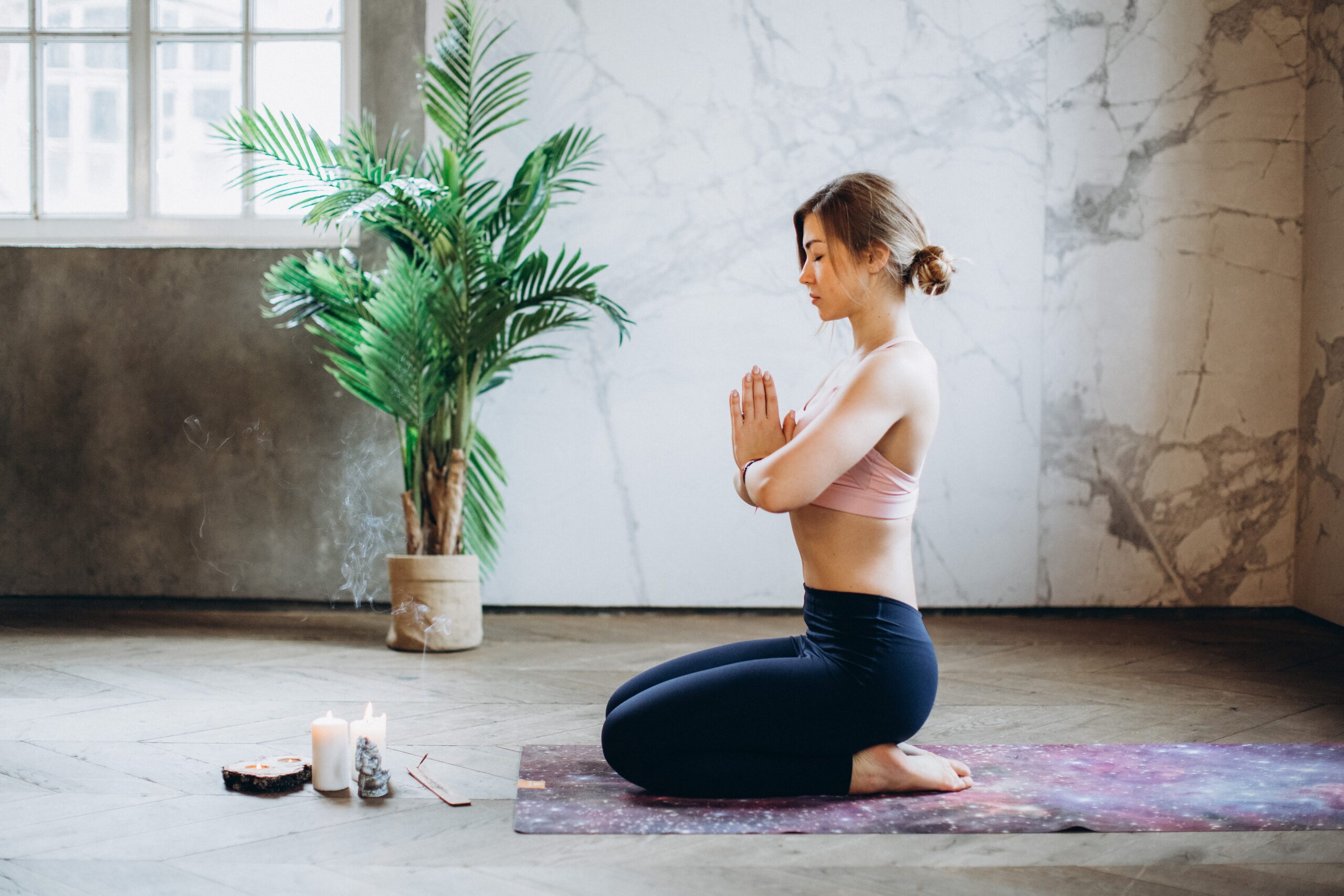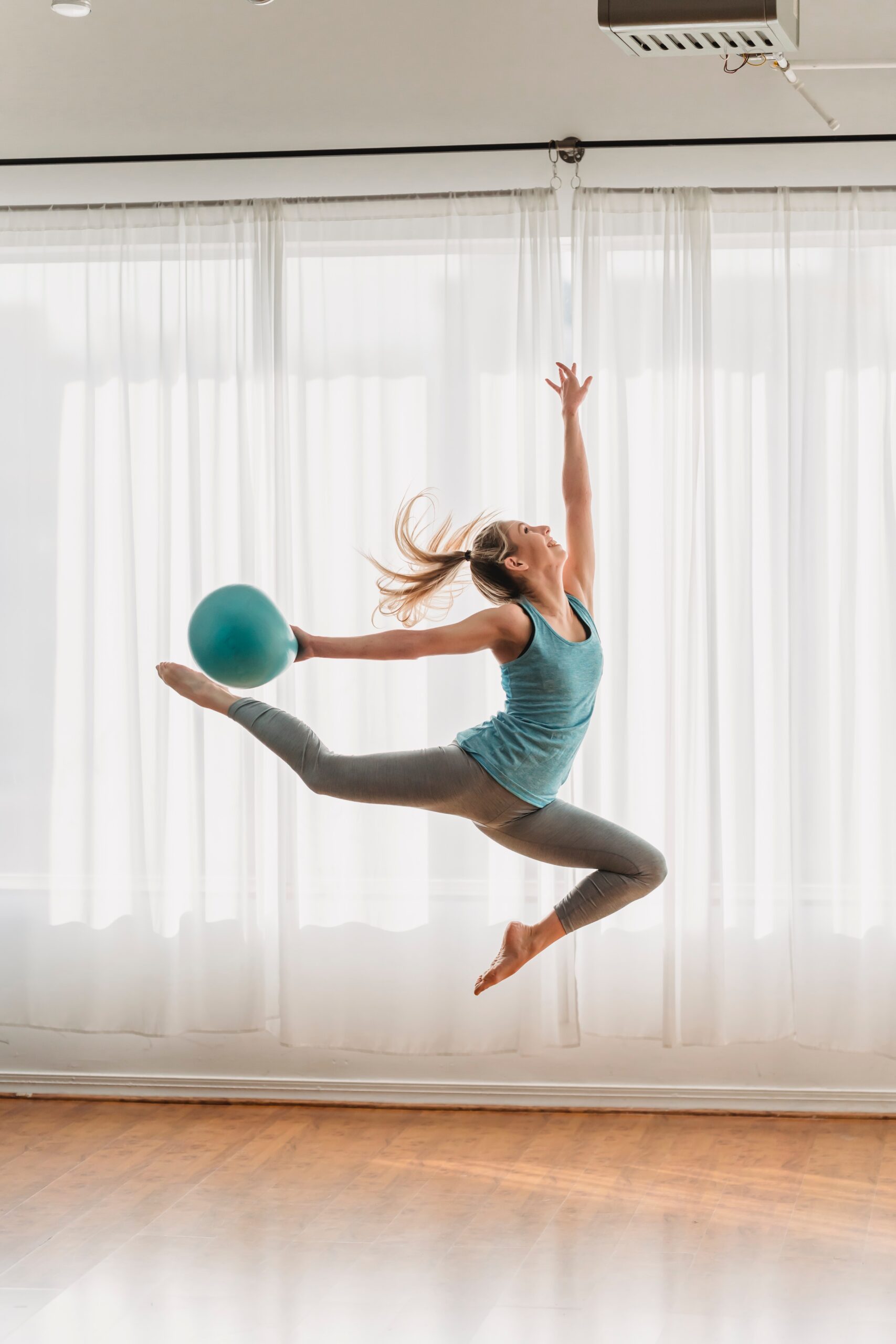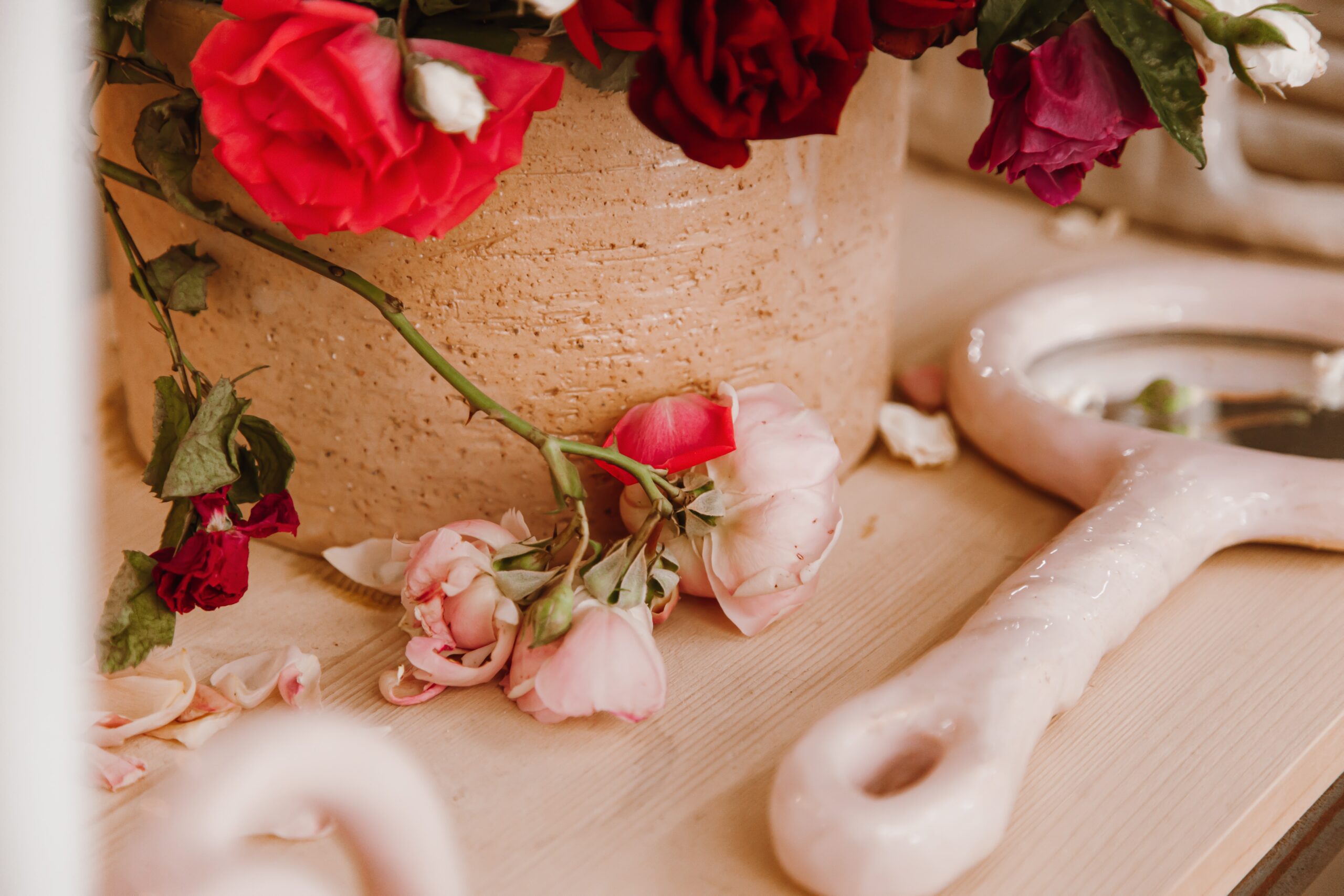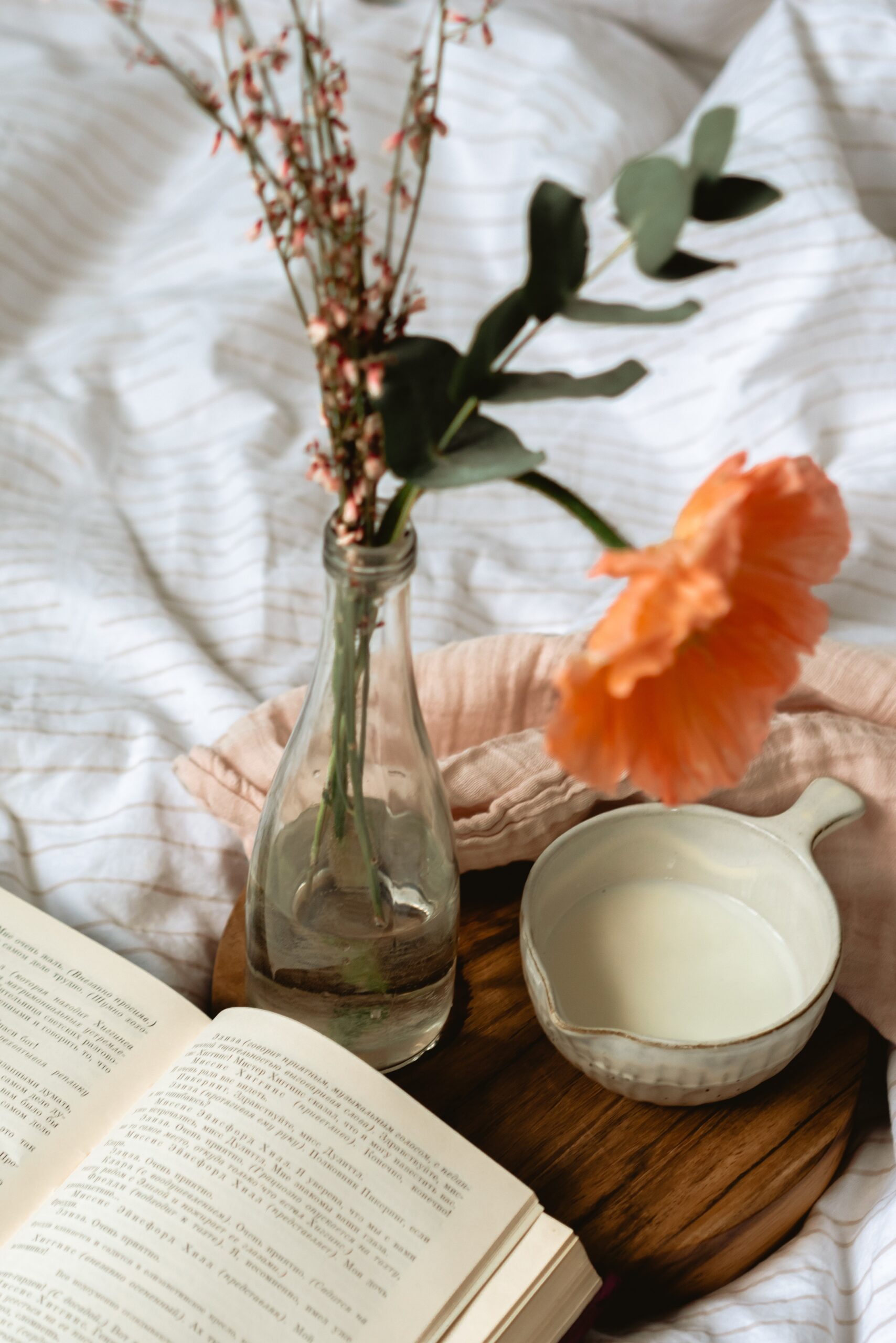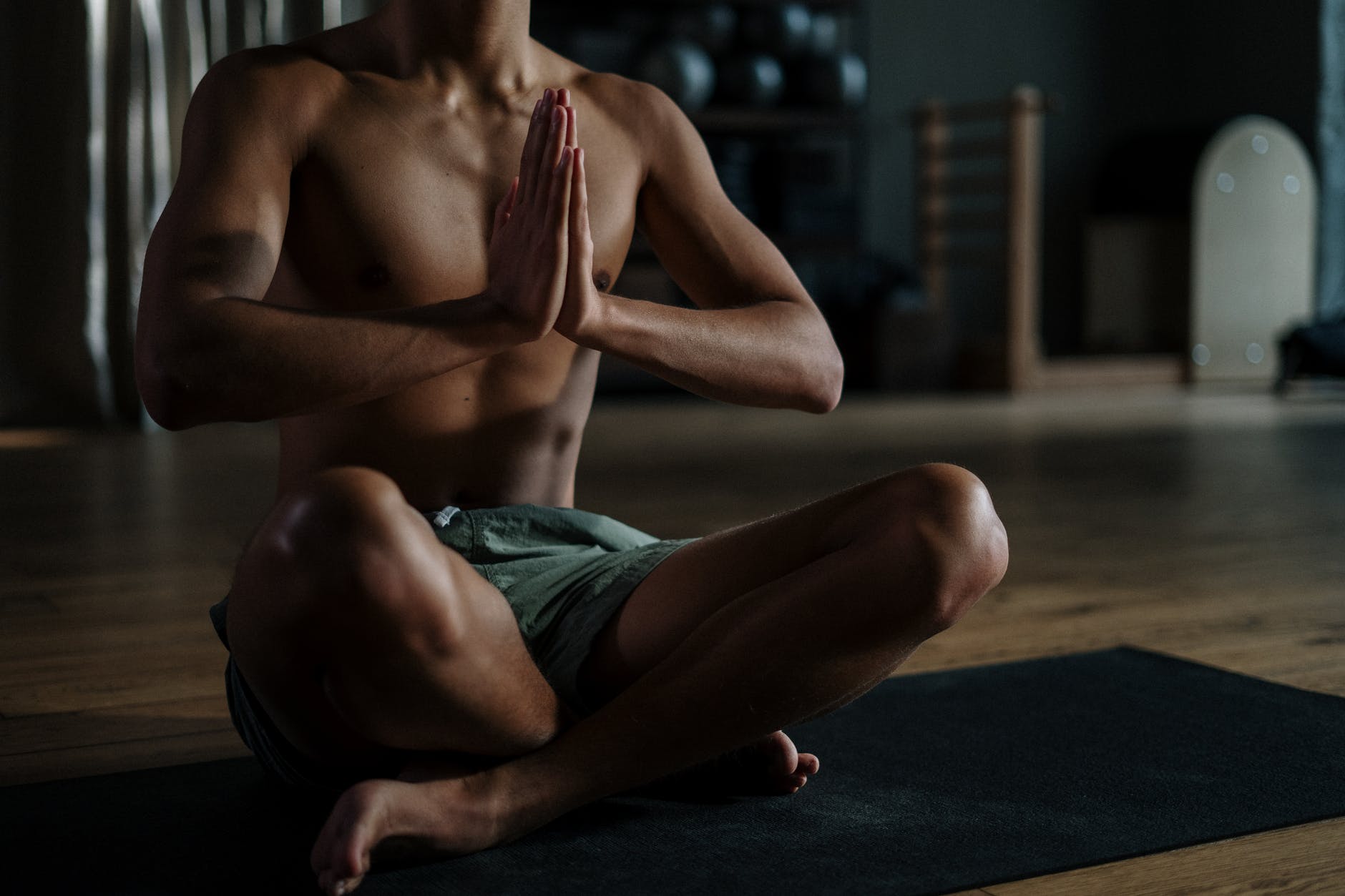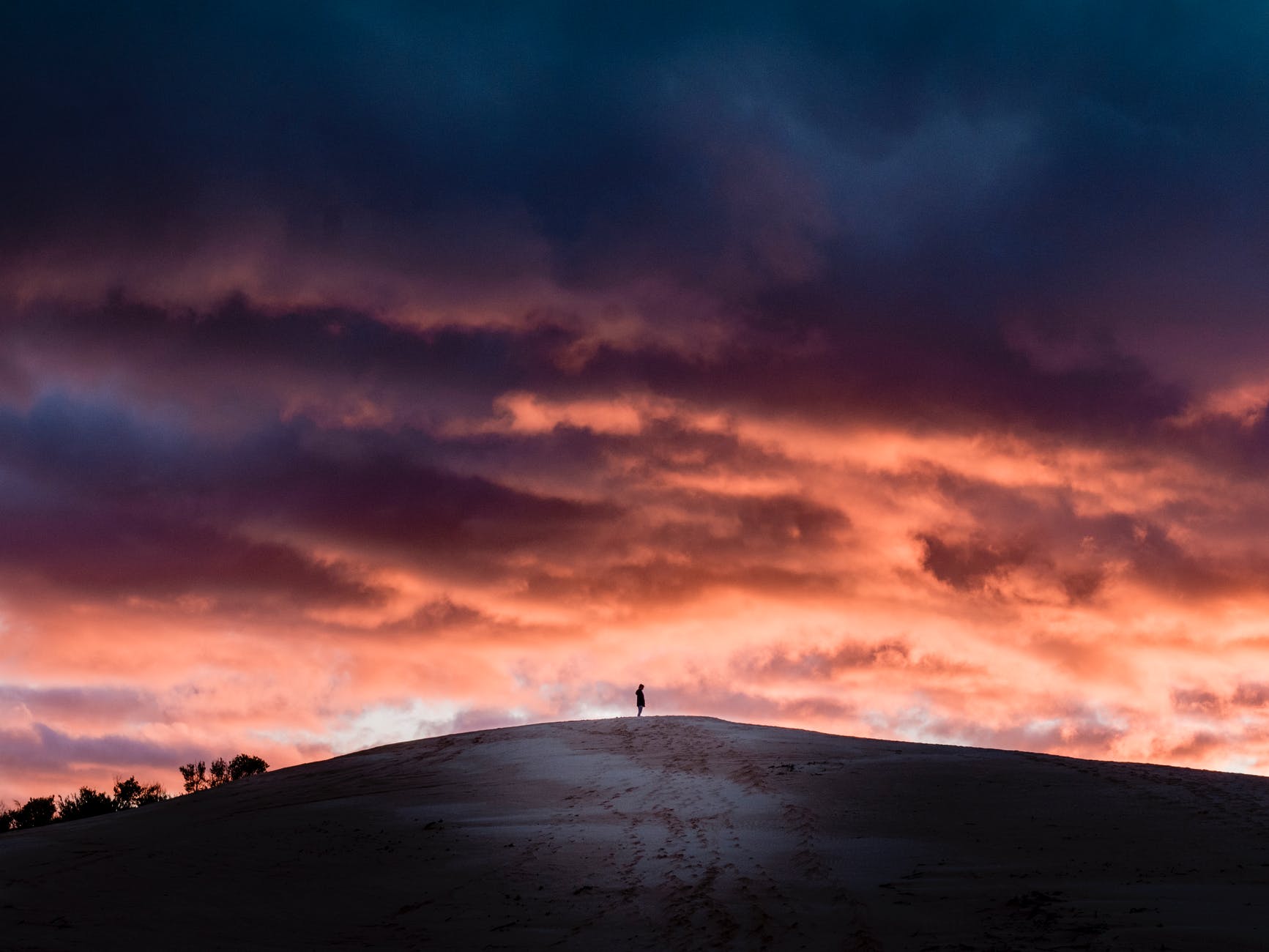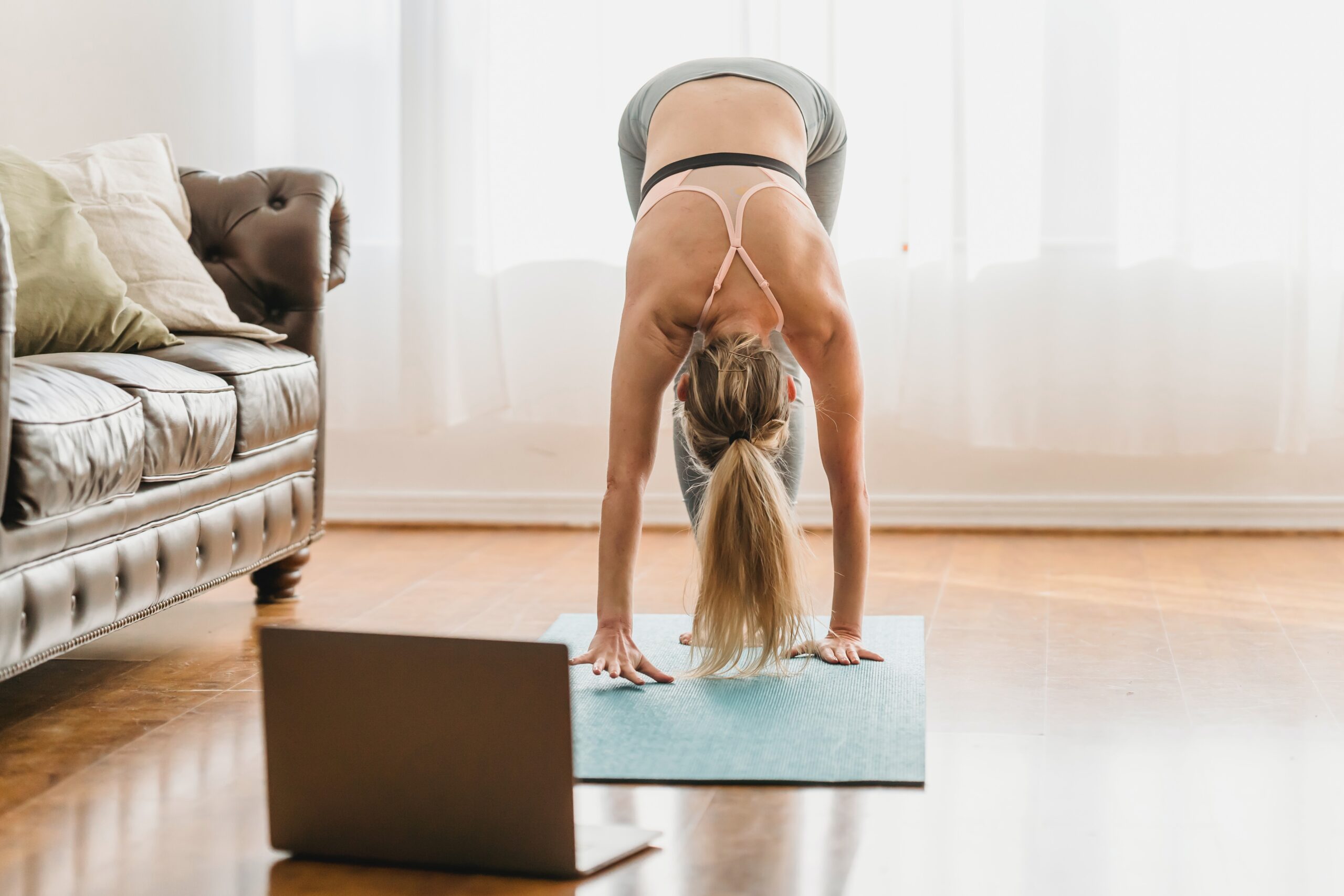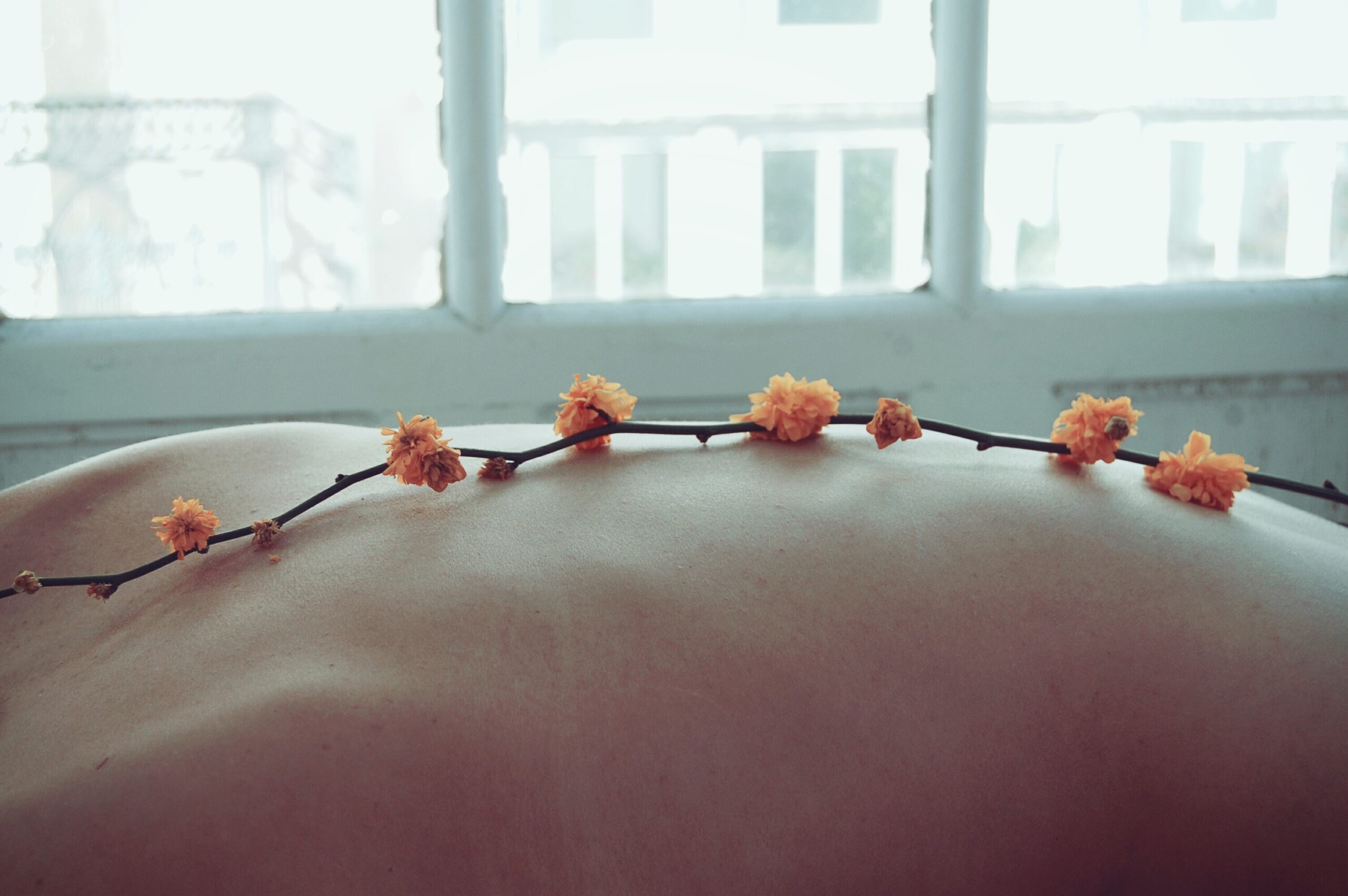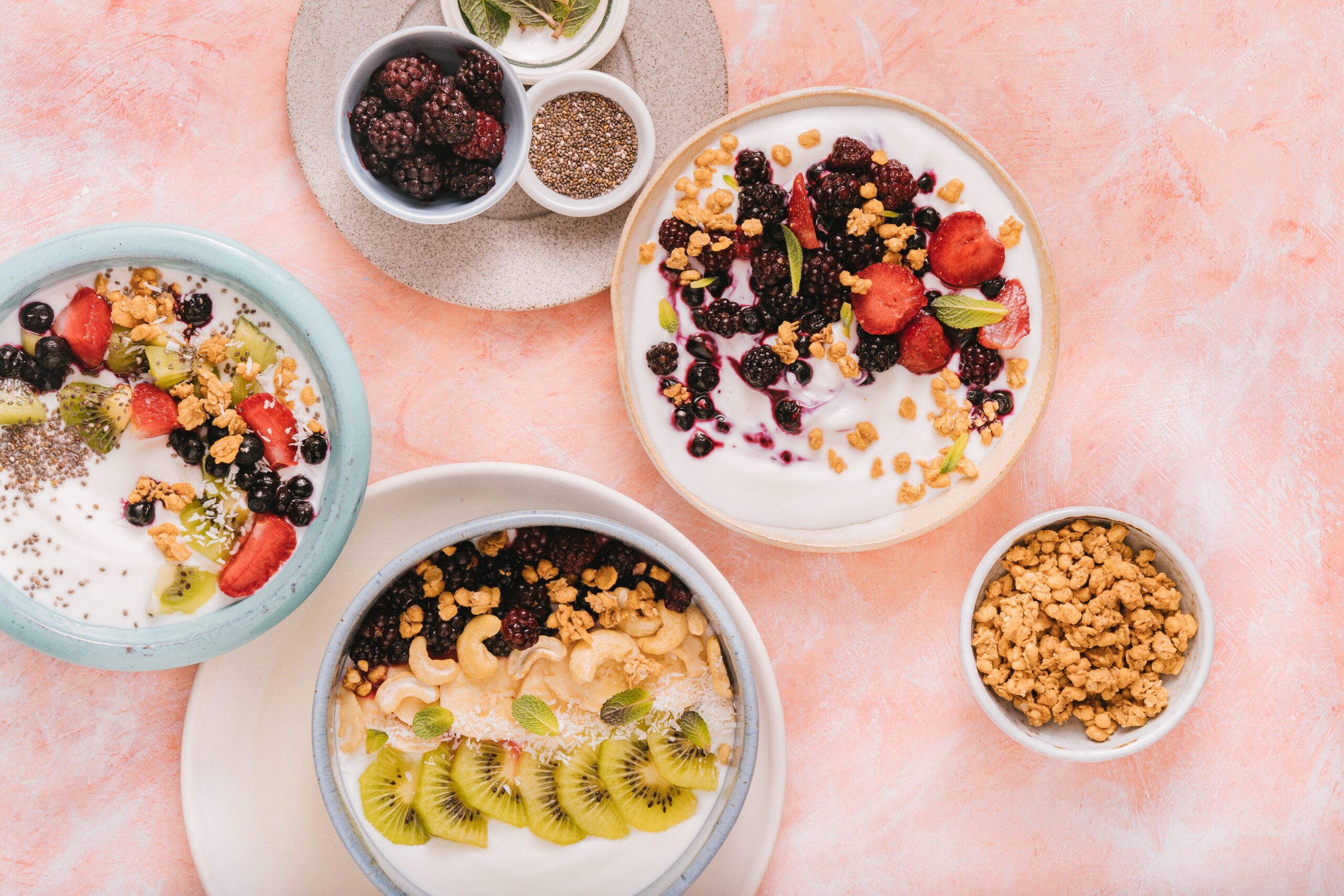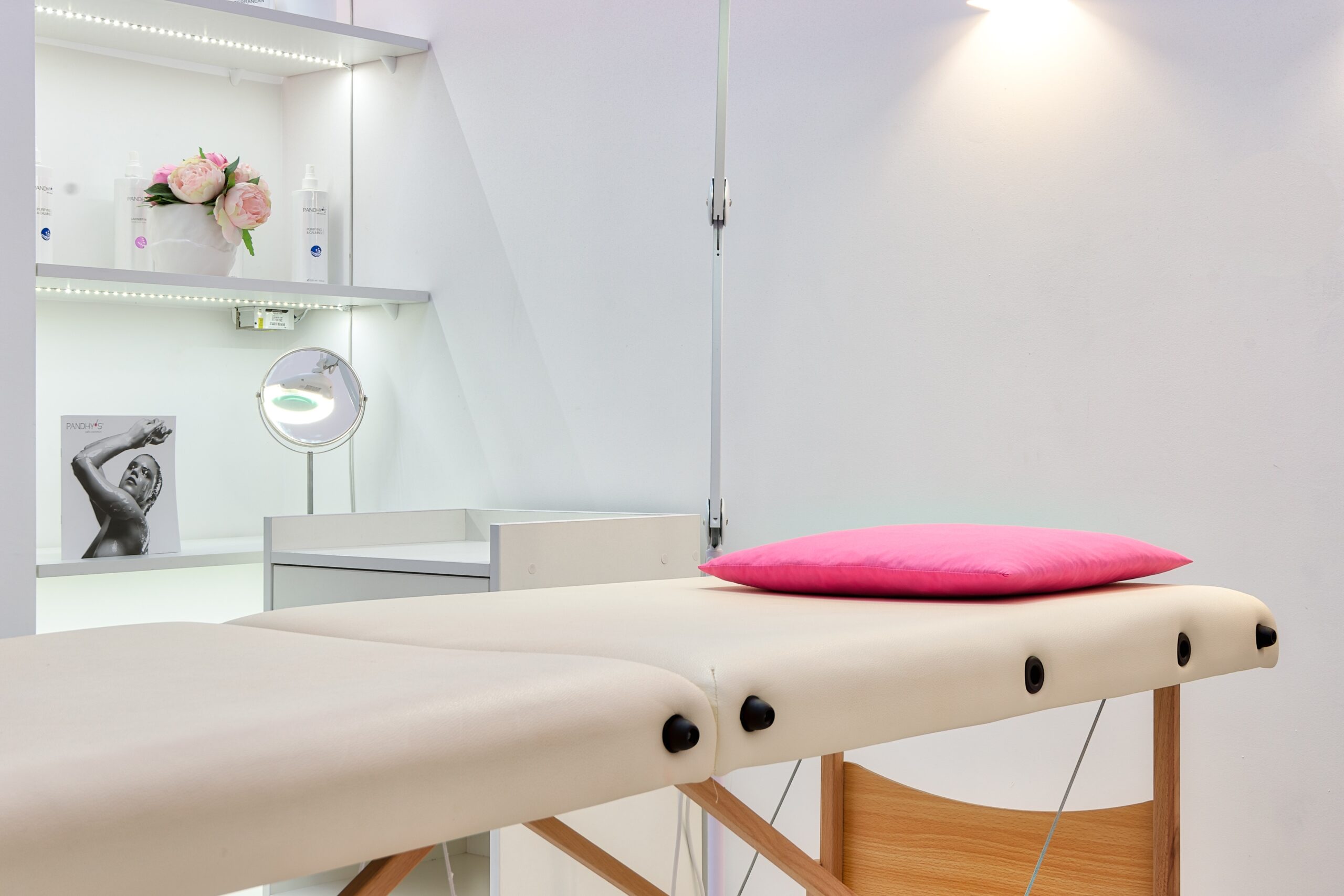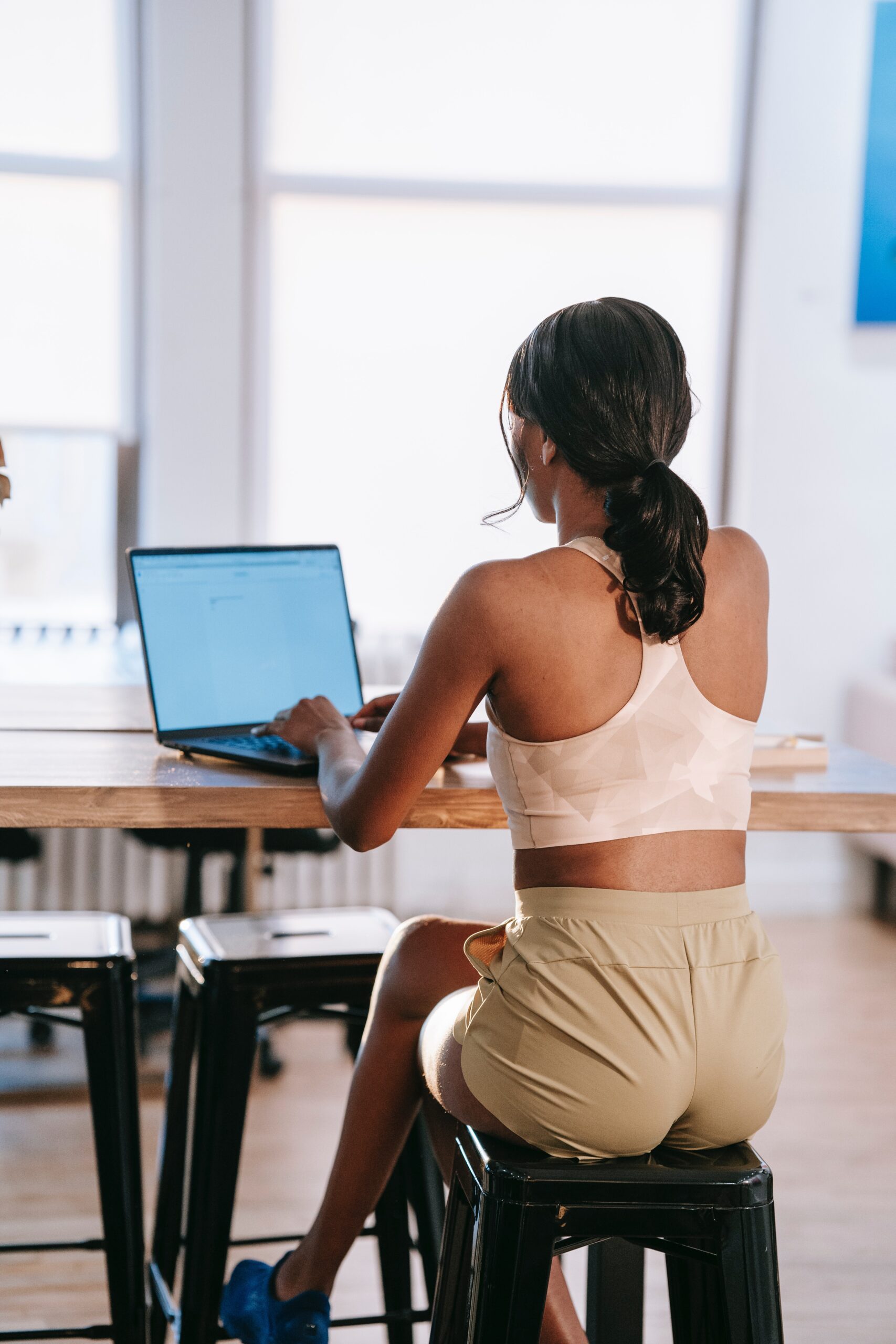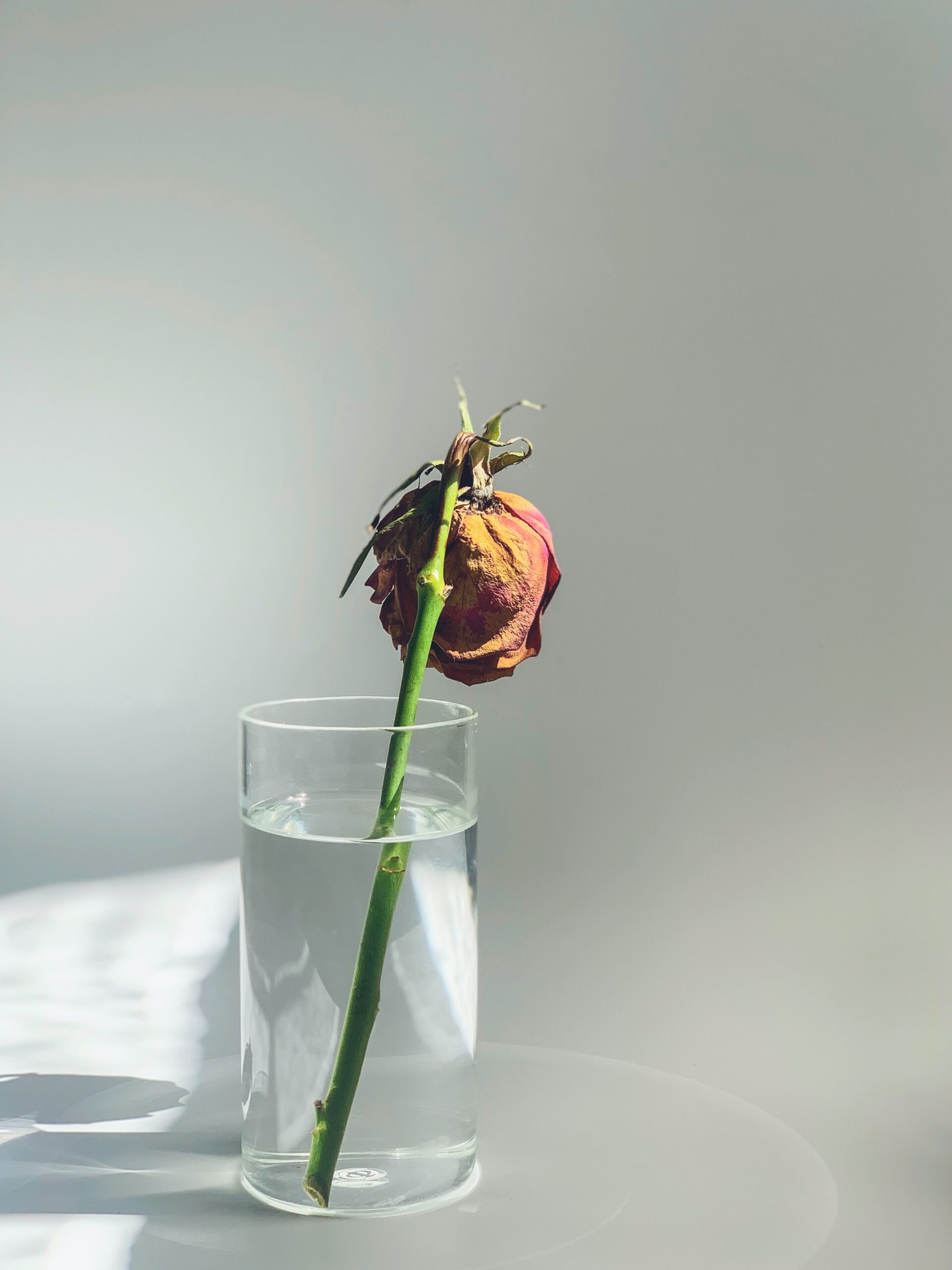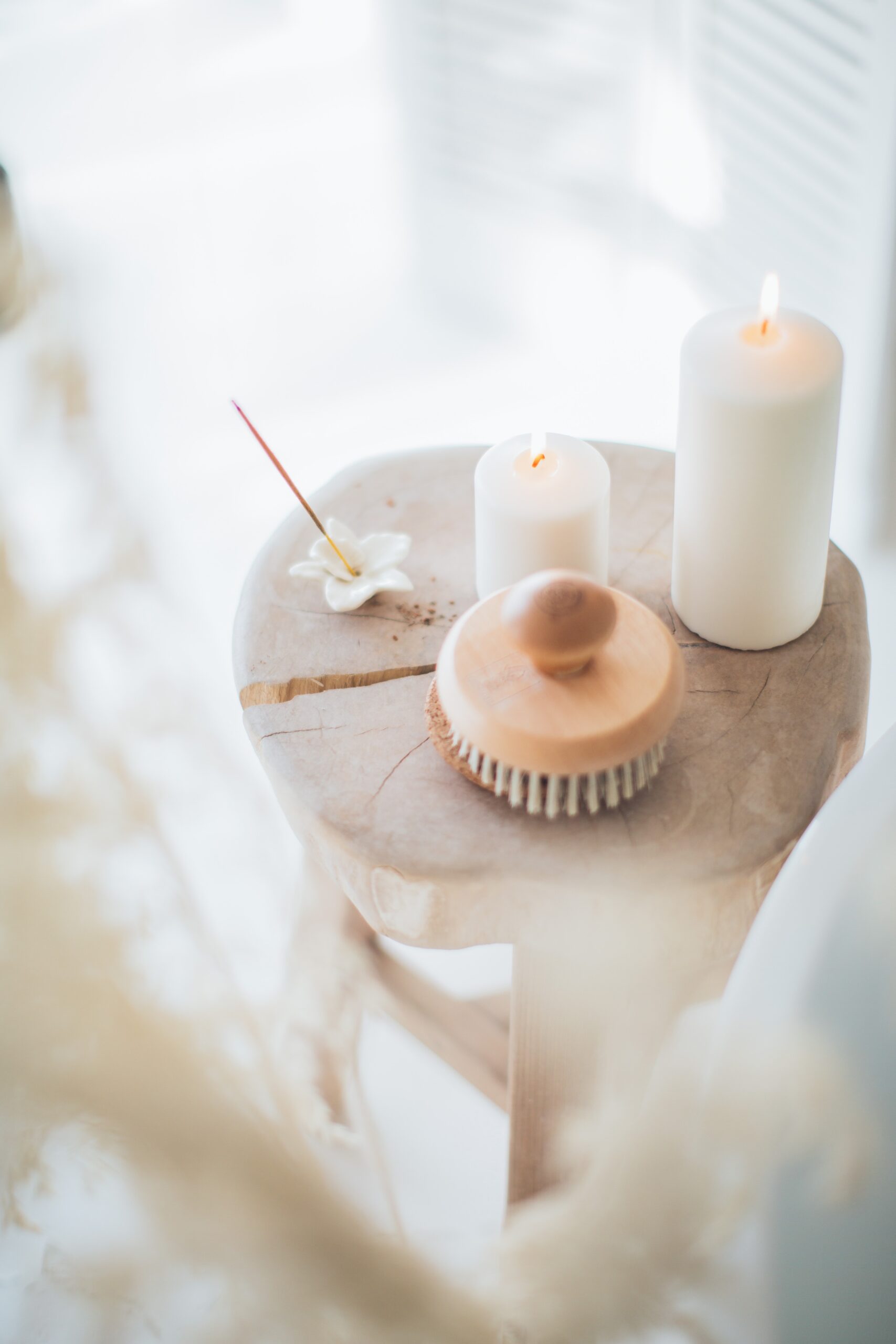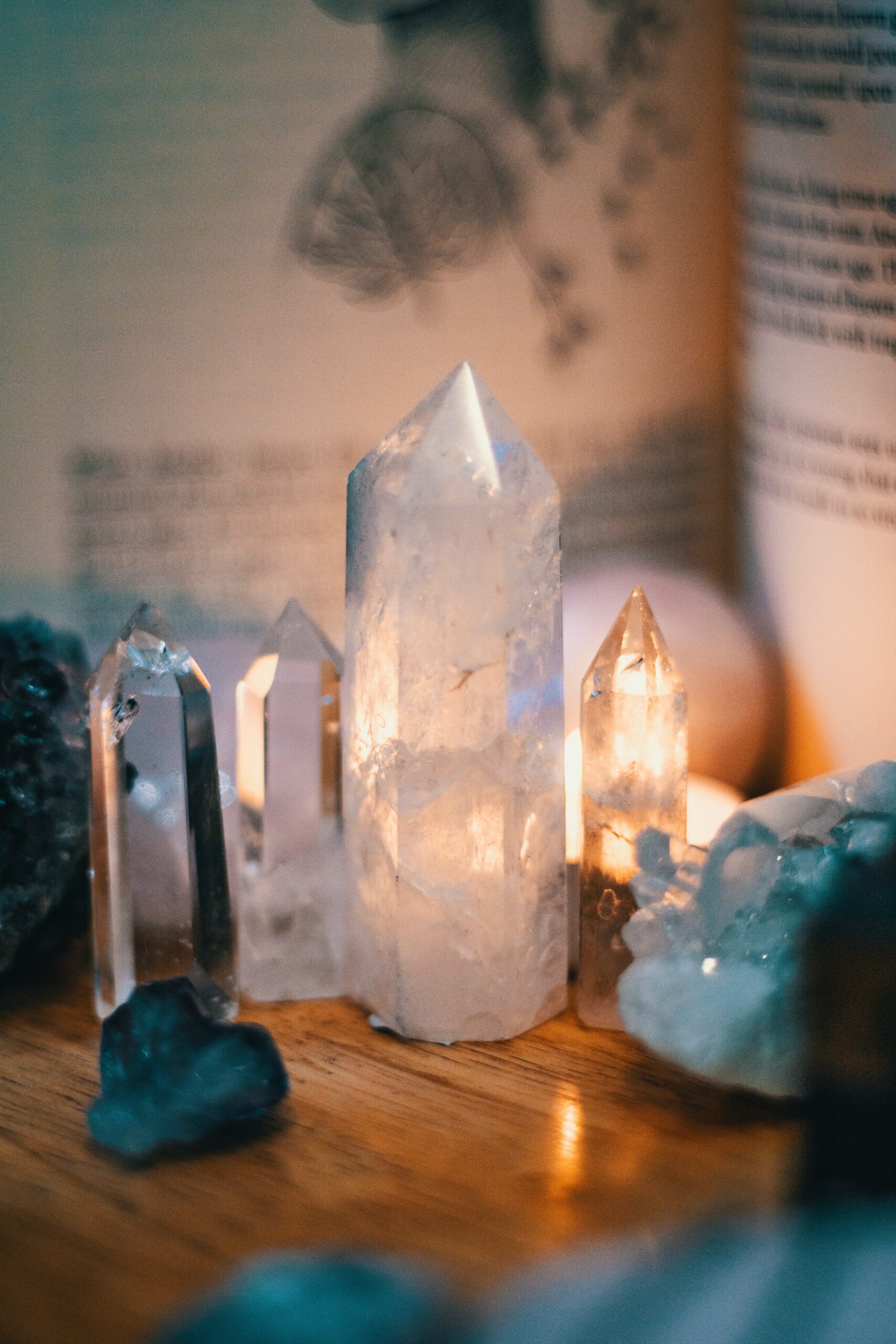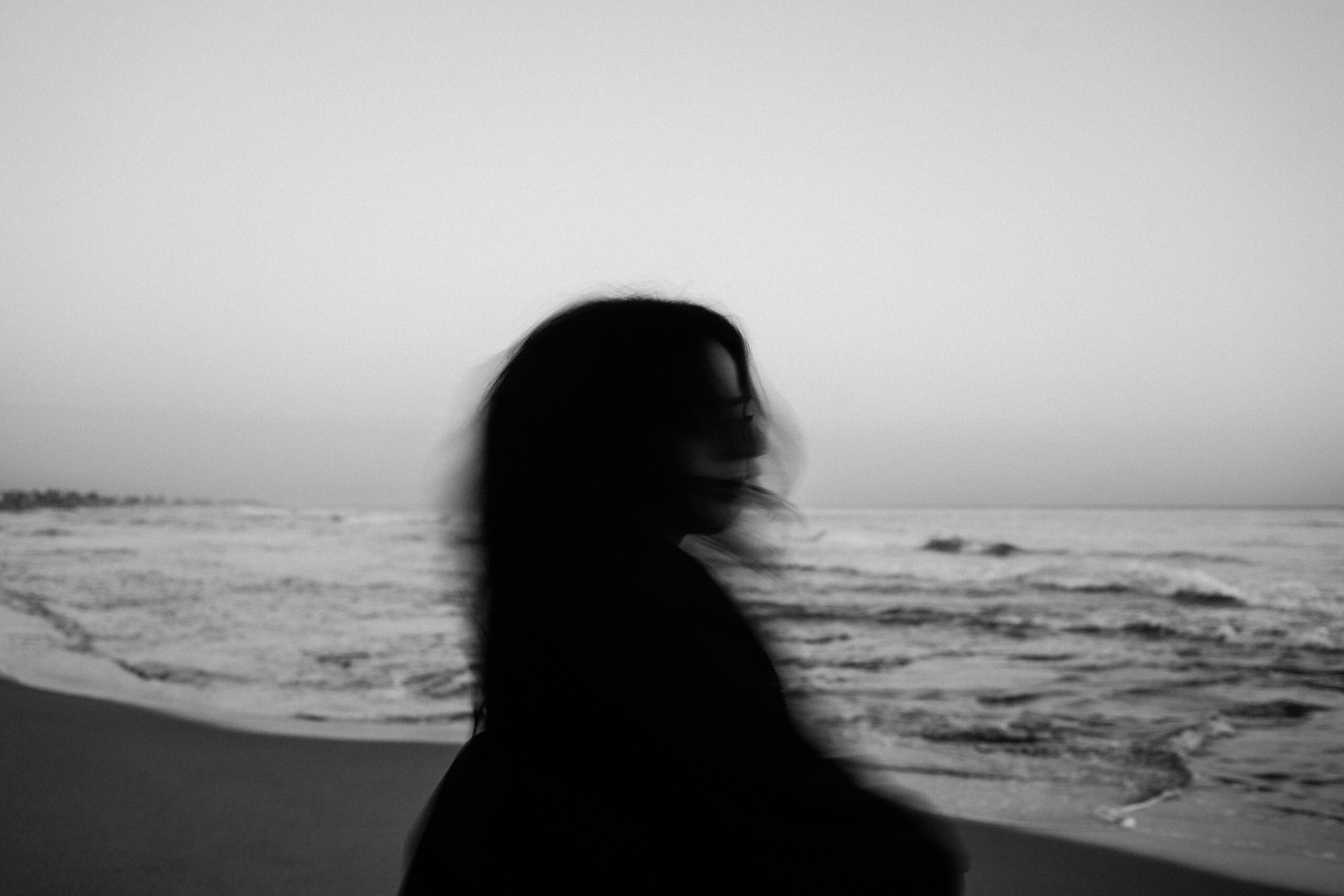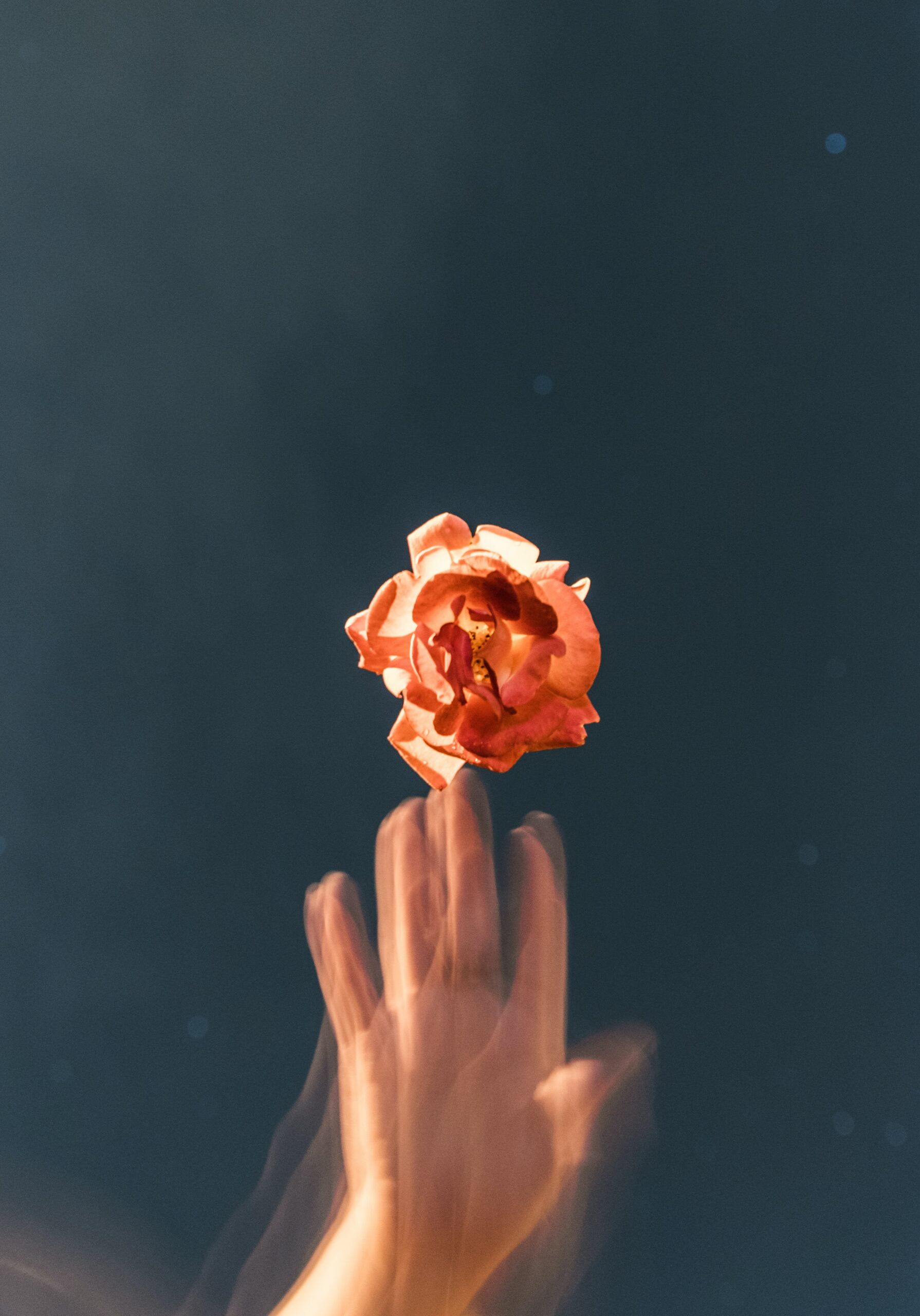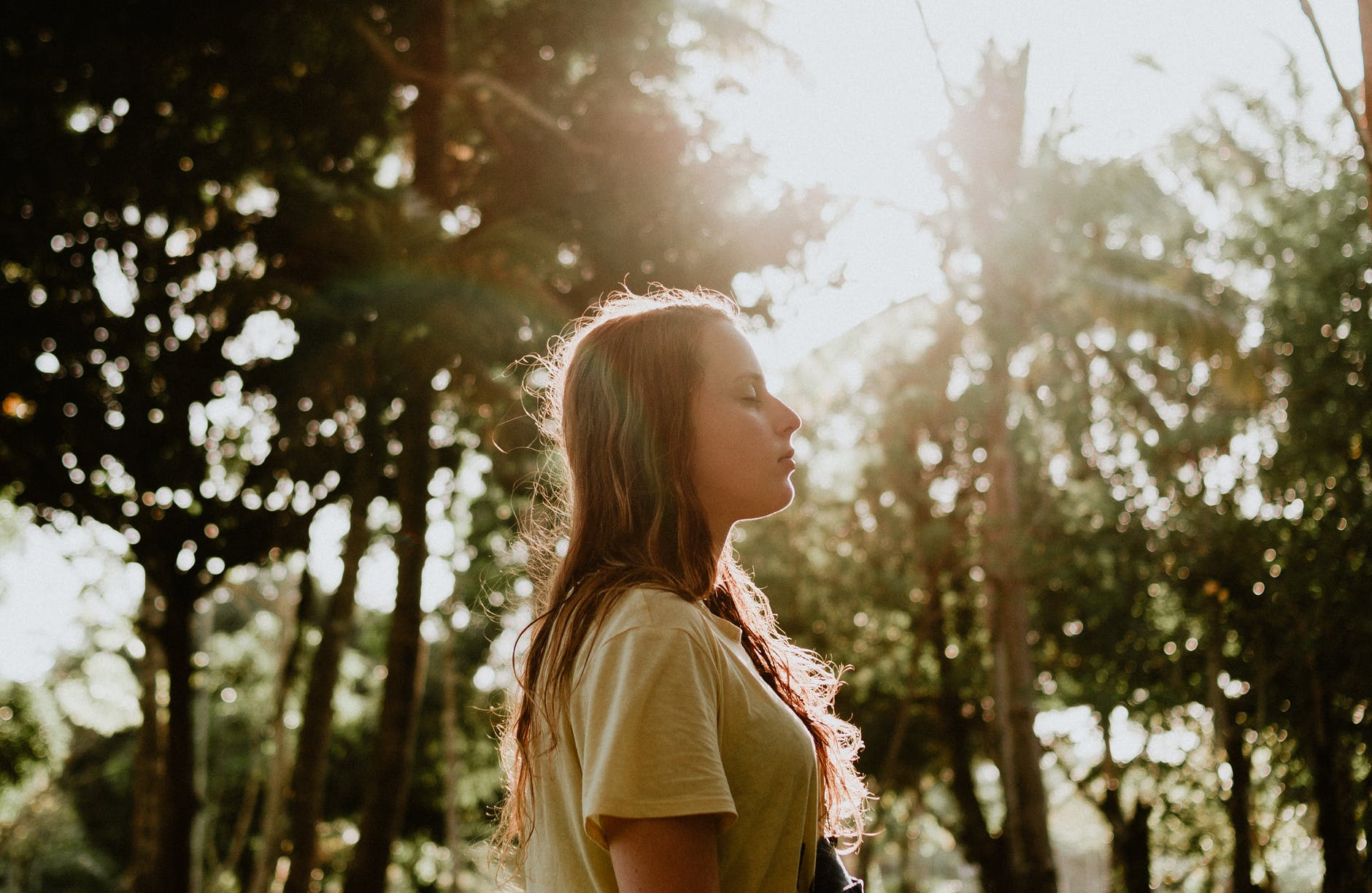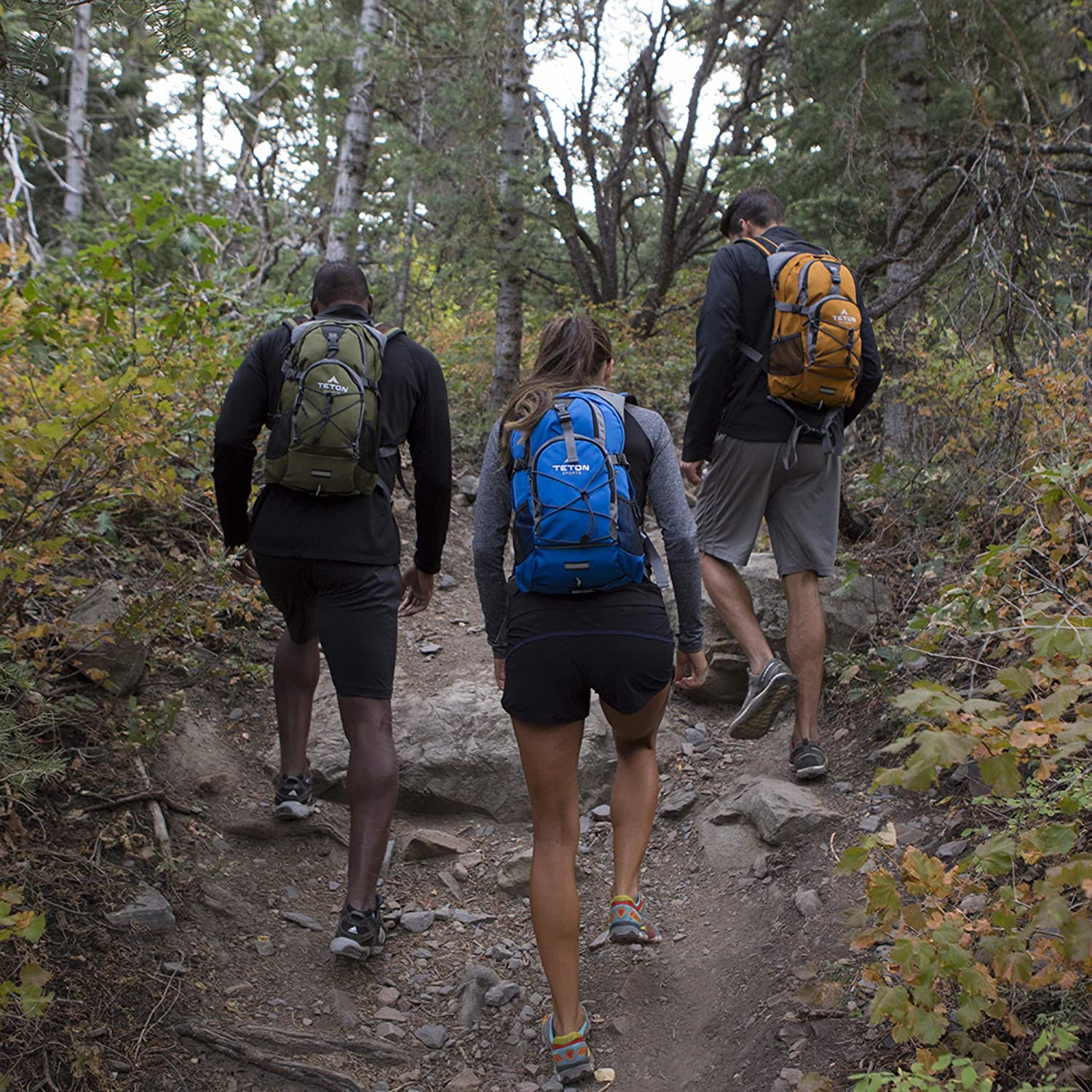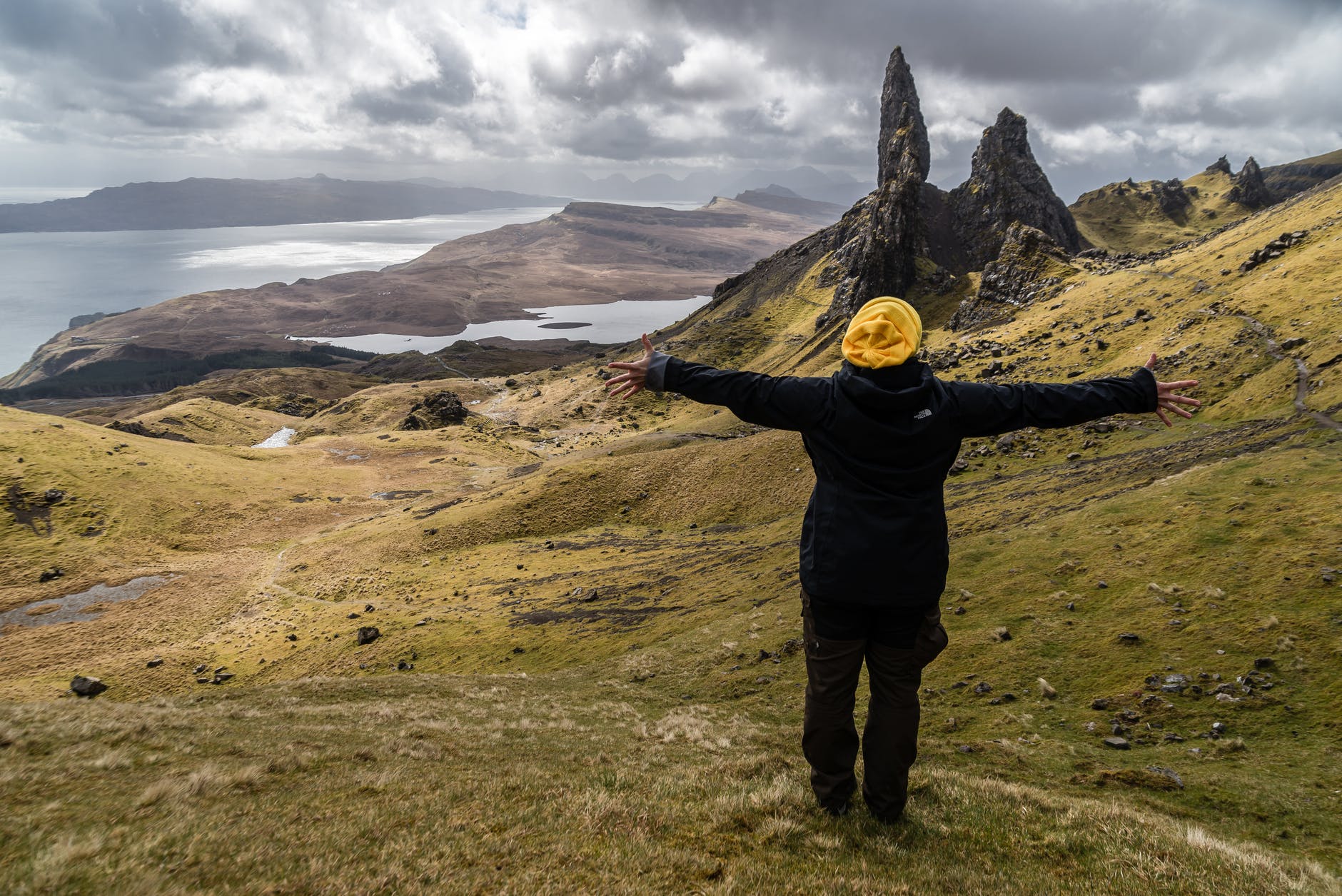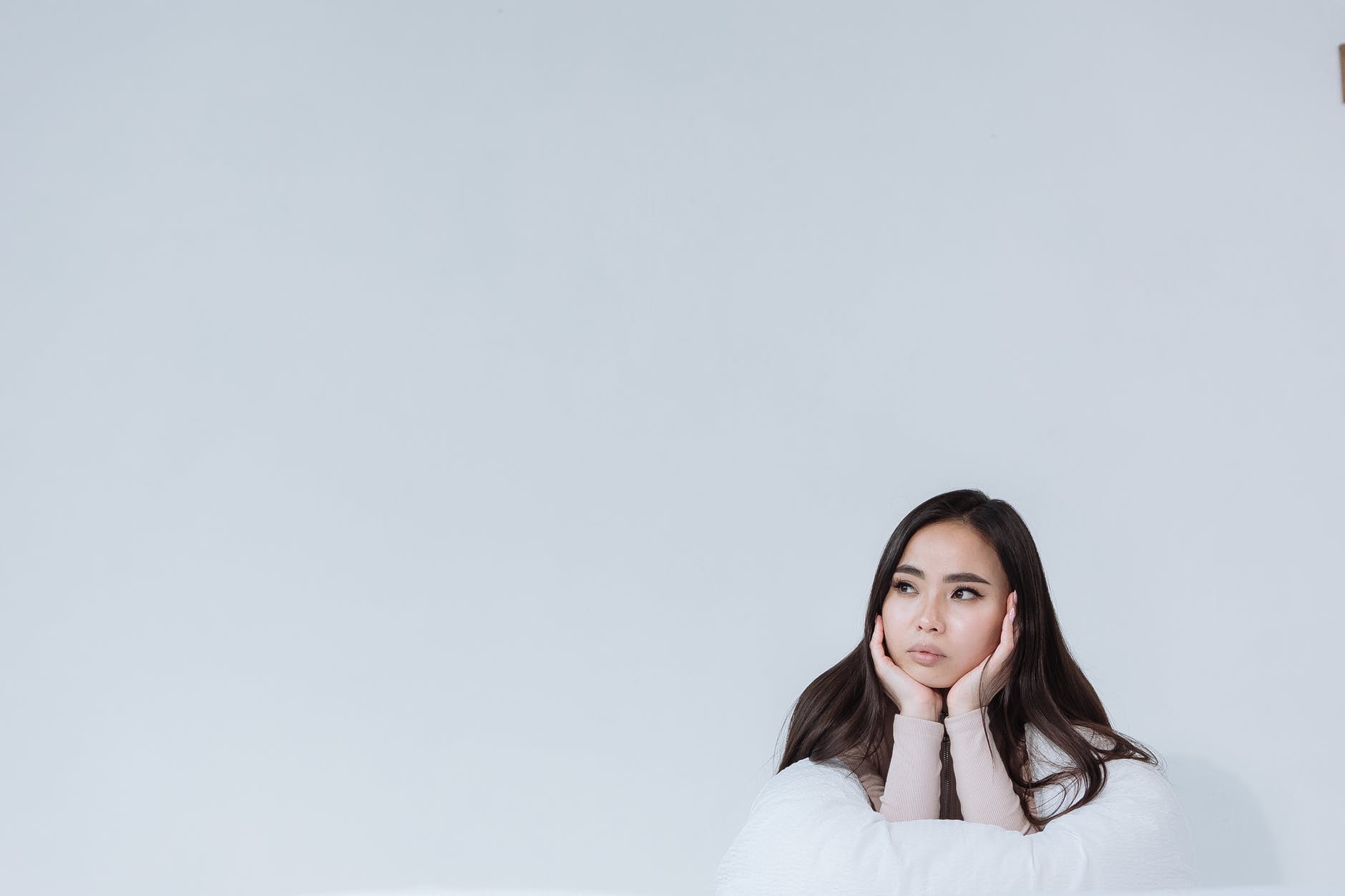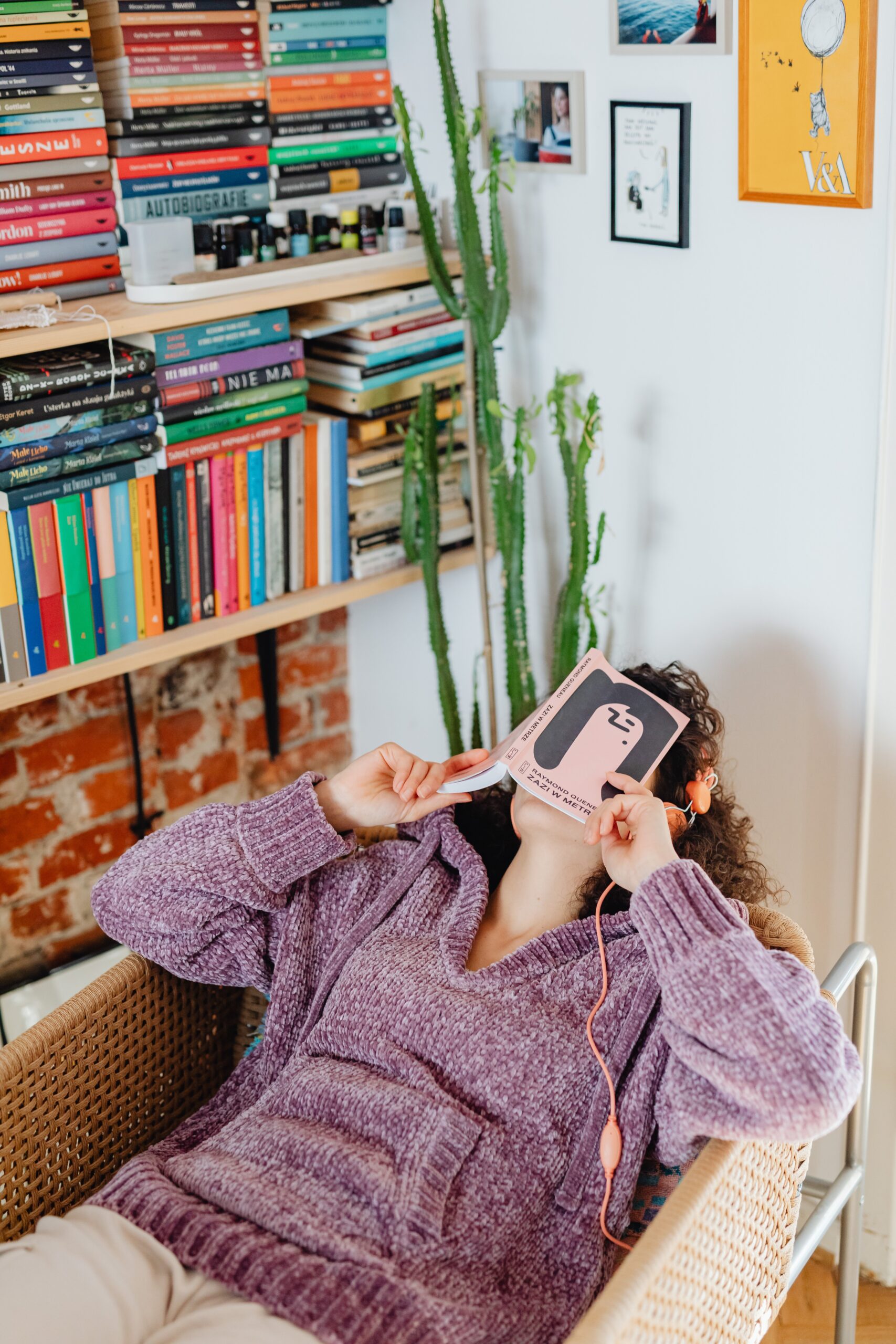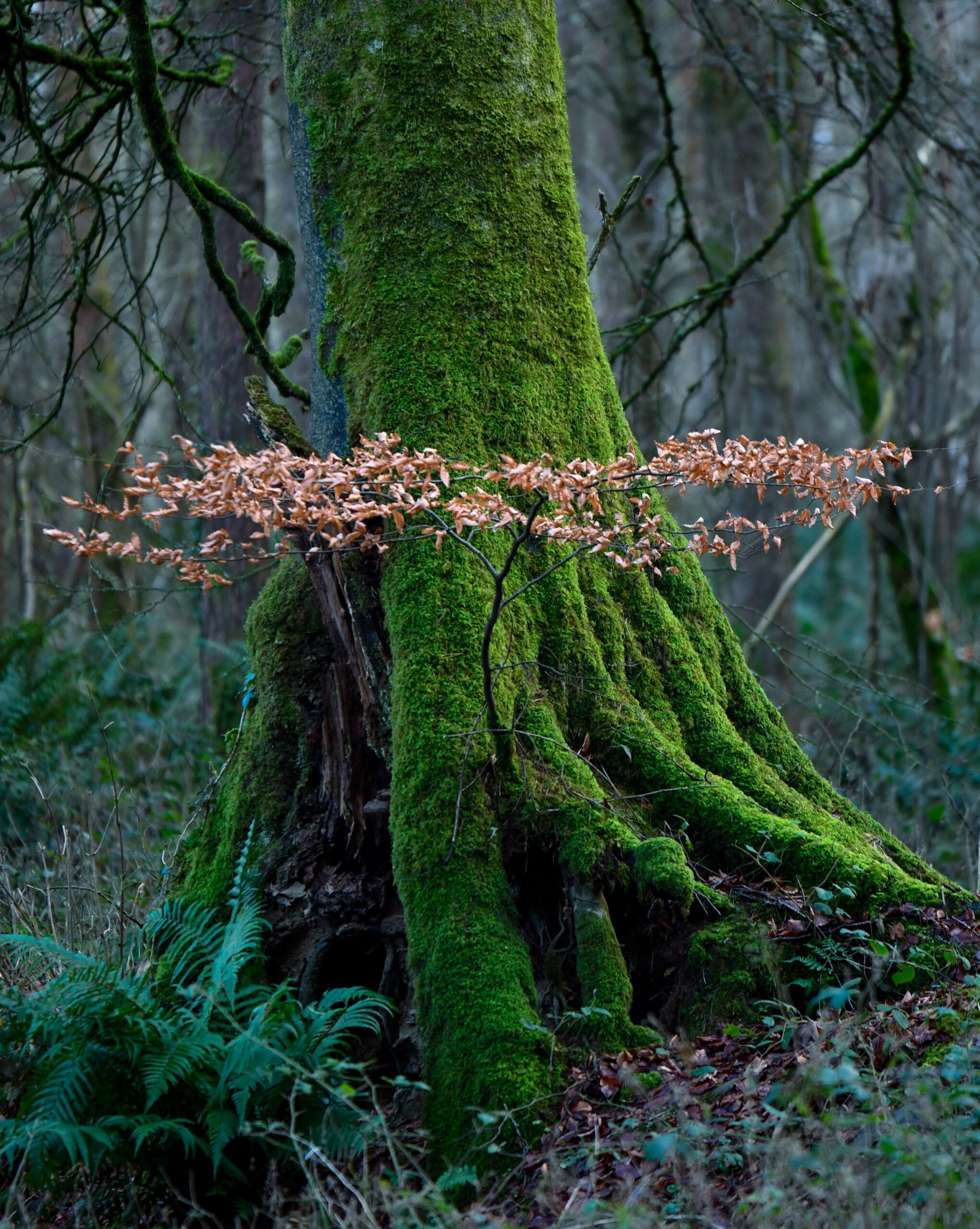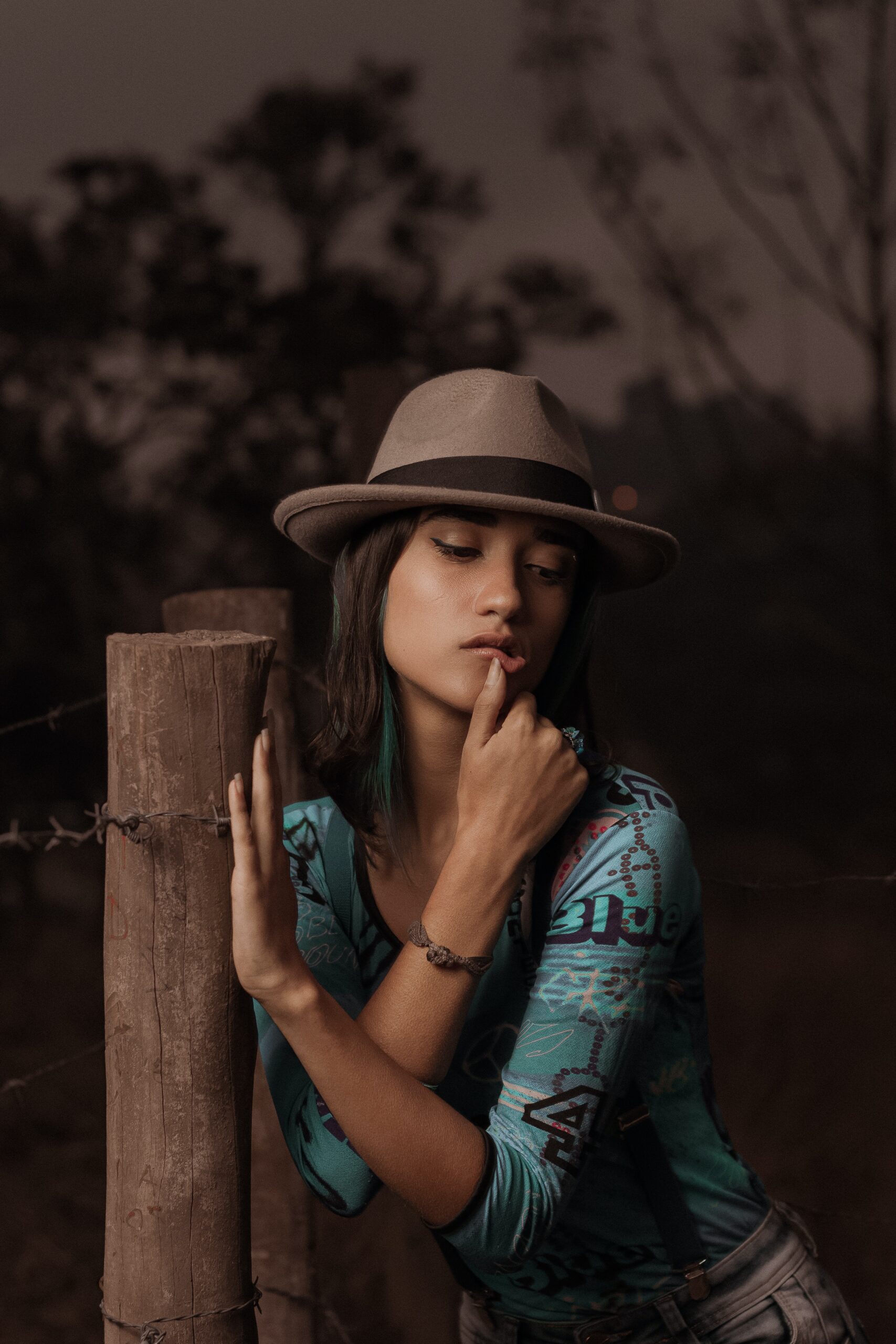Self care is so critical to our overall wellness and loving yourself up is a big part of that. I’m in conversation with Rachel Awes on the Blossom Your Awesome Podcast about the importance of self love and caring for yourself in ways that sustain you and build you up for wellness that lasts.
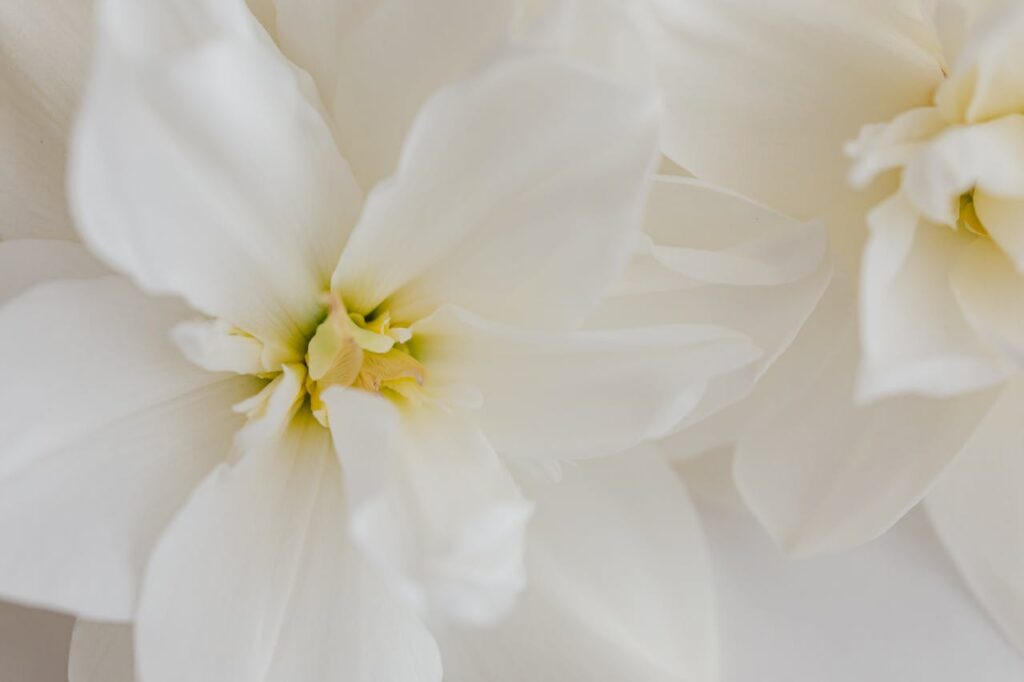
Rachel Awes is a psychologist, a playgroundist and author of ‘The Relationship Book: A Soulful, Transformational, And Artistic Inventory Of Your Connective Life.’
To learn more about Rachel click here.
On Episode #211 we talk about the importance of love for self and others. And so many more insights with Rachel. Listen in below.
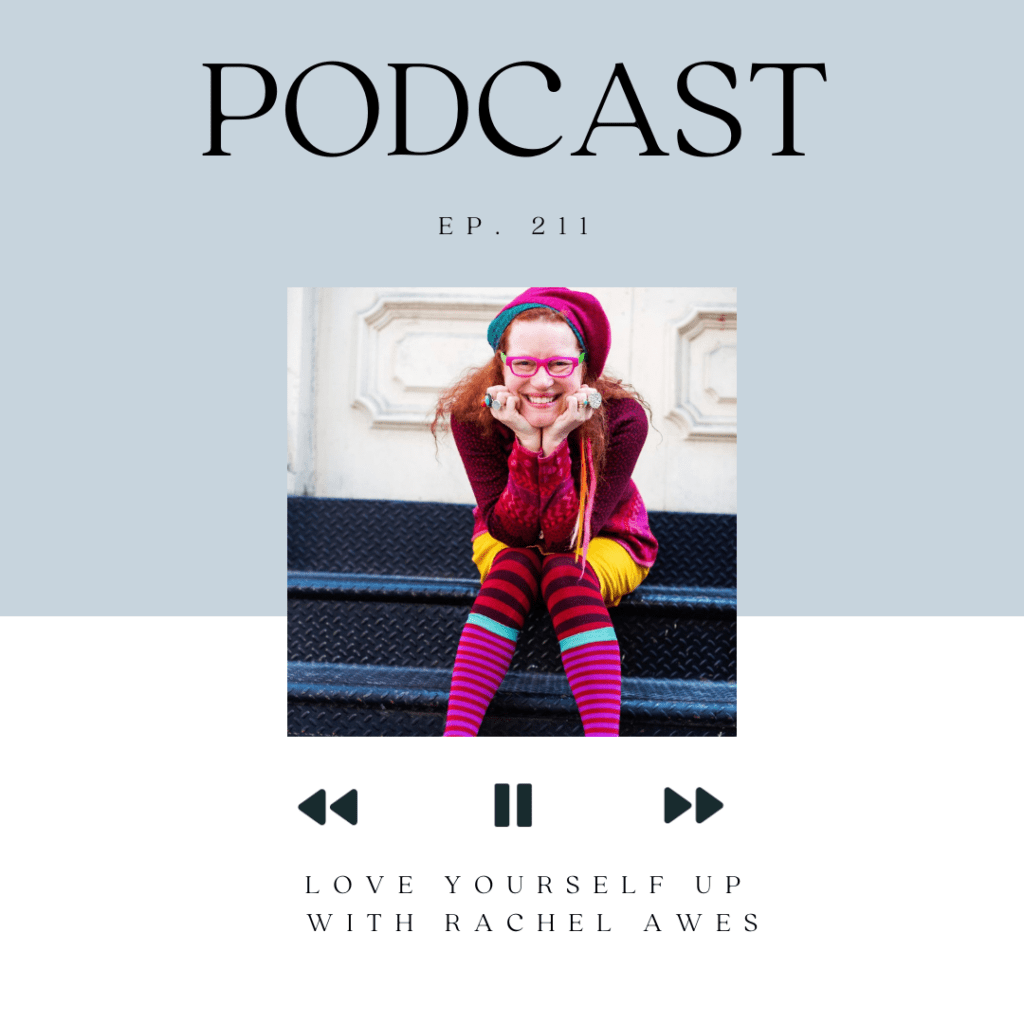
For more self-care insights checkout – 5 Self Care Goals You Need To Try or Have You Started A Self-Care Journal Yet?
For more self improvement insights check me out on medium.
The Conversation is below –
Sue
Hi there today on the show we have got Rachel Oz here with us. I am so honored and delighted to have you here. Welcome to the show.
Rachel Awes
Thank you. I’m so glad to be here.
Sue
So happy to have you here and get into the work you do. You are a psychologist, author, and art playgroundist. I just love that. Give us the backstory here, how and why you got into this line of work.
Rachel Awes
Hmm. You know, I think that I feel really grateful because I feel like I who I am is authentically in my work that growing up as a child into teenage years that you know psychology was my favorite subject and I loved since I was little both writing and making art and eventually I figured out. maybe I can also make a living doing the things I love and just being me. And so that’s how that’s evolved.
Sue
I love that. You know, one of the other things you do that I didn’t mention, clothing ambassador. So we’re going to touch on that. I think that’s so cool. So is that, I mean, that’s just part of the art, but give us that why. And that’s important.
Rachel Awes
Yeah, so probably I’m losing track of time a little bit. Maybe seven to eight years ago, I was out in New York on a family trip for fun. And a couple people had said, when you’re in New York, you’ve got to go to the Swedish clothing store called Gudrun Södén. You’ll love their clothes. It looks like the stuff that you draw on your girls and your figures in your books. and sort of generally how you dress. And I walked into that store and exclaimed, this is my favorite clothing store ever. And by the time I left New York, I became an ambassador for their store just meaning like I was crushing hard on their clothes, it felt so authentic to me. And they were saying to me, Rachel, with the values you embody and with your enthusiasm about our designs and we would just love to occasionally give you clothes and then you just take photos and share your the love online and it’s just been a wonderful thing ever since. Yeah.
Sue
Oh, I love that. You know, and now this idea of authenticity and then in the clothes and how there’s such a focal point or representation of us.
Rachel Awes
They are, aren’t they? And so while I tend to wear some color in my clothes, and I like to be expressive, I think the whole thing is the whole point about clothing, about our expressions of who we are, food we eat. It’s the point is to take the time to listen to what resonates with us. To take the time to listen. to what really brings me joy, to take the time to ask, am I really showing up for real? And of course, when we were little, for most of us anyway, we didn’t need to ask ourselves these questions, right? We would just roll around on the floor or cry out or belly laugh or whatever the things would be or just grab the two different color pairs socks we want to wear. And it’s like we’ve got to relearn. to listen as adults to what appeals to us and to what’s real for us.
Sue
And so, you know, what is it about authenticity, wanting your insight as a psychologist? Like, what happens there? How do we like just lose that or fear that?
Rachel Awes
Yeah, I think something happens as we get older where when we start to lose a sense of authenticity, a sense of I can really be myself in the room. I think that comes with many different moments of either feeling not accepted or judged, ultimately not fully safe in the world. that I can be myself and I can still stay in connection with other people. And so for many of us at different points, we find ourselves morphing or trying to wear the latest trends to be accepted or to say words or speak like other people speak or like the things other people like to try to fit in.
Out of just not feeling fully safe or assured. of being accepted. And so I think that it comes from a core need to feel connected and safe. And so we’re willing to just morph ourselves and pretend to be something we’re not totally to have that sense of belonging and safety.
Sue
And is that something that is most often born of trauma or wounding of some kind, neglect? What is that kind of comes up for us as adults where we start losing that kind of childlike authenticity?
Rachel Awes
See you soon.
Right on and if we think of trauma as just simply like I’m not feeling comfortable in my nervous system I’m feeling frozen in my nervous system I don’t feel like I can really step out and feel safe and connected with people whatever takes us out of safety and connection is trauma and so um I would definitely say um traumatic experiences over time And if that feels like too big of a term to wrap our head around, you know, like what takes me out of being myself? I think, you know, if we gently set that word aside, I think just simply like, I don’t feel liked or accepted. You know, sort of a Mr. Rogers neighborhood thing, like I don’t feel accepted just the way I am. And… that can, I think that can just so much throw us off and feel so painful. And so it’s like, how do I get back on track? How can I feel safe enough to show up, be seen, say my true words, wear the clothes that make me comfortable and happy, you know, all the things.
Sue
Yes, and I think, you know, it’s interesting you bring up Mr. Rogers. I love Mr. Rogers and I think there’s nothing like that today. And on top of that, we’re so tainted with social media and these like societal norms, what are now societal norms versus that kind of innocence that I feel like we’re losing with so much of this.
Rachel Awes
Mm hmm. Right? Like when I was younger, it was mostly like magazines, right? Like, seeing actresses and, you know, and some comparisons would happen there or simply a gym class, right? Like junior high, like, just all the different ways we compare ourselves. But yes, it’s since social media has become more and more of a thing. that stuff, all of that is on hyperdrive, isn’t it? It’s like interfaces 24 seven, unless we have some real boundaries about how often we’re on it. And you know, I agree, really accentuates the comparison thing, or it can
Sue
Yeah. And so what is your guidance for greater self-acceptance for someone who struggles with that? Do you have some practical guidance?
Rachel Awes
Mm hmm. Yeah, I would say I would start with the little things. So if you were to just begin with micro movements, like what are some really, really small ways to start just even listening to myself? Because I think that it’s there’s a step before So there’s the step of showing up as ourselves, right, which is its own whole thing.
But I think even the step before that is remembering who we are, like even starting the conversation between me and myself. And so because sometimes that can even be lost for some people like I don’t even know what I like anymore, or I don’t even know what brings me joy, or I don’t even know. So there, you know, I’m going to say a big word, which is neuroception.
And it’s that word means in our nervous system, just below the level of awareness that we’re always listening on the inside, we’re always paying attention. And so it’s like, how do I begin to just starting to tune in to the stuff that I’m like on some deep level already aware of, and that I’ve almost forgotten or have gotten more out of touch with. So I think even starting a practice, it could be of listening to yourself. So like at the end of the day, maybe write down a handful of things that were, maybe there were little that brought you joy or a handful of things that’s in from the day that were just, it could be things you ate, it could be colors you saw, it could be music you heard could be all kinds of things, but just starting to tune in again to What held some like sense of I like that or That held some little bit of joy for me or it spoke to me somehow like just starting and noticing practice and So, you know, I would say do that for a while
And sometimes go back and read the things you’re writing down as like a getting reacquainted with yourself. No one else needs to read it. So this is only for your eyes so that you get to know you again. And maybe at some point you can kind of look through there and say, are there any little things here I would be willing to bring forward a little bit with me? So. If you noticed in your day something you liked, like someone wearing two different colored socks, well, maybe, maybe you could just take that little bit of a leap and wear two different colored socks. Most people won’t notice unless you have shorts on, or a skirt or something that shows it but or just even have something in your pocket that’s kind of secret and hidden, but you know holds meaning for you like I like this, I value this, this feels like something of me.
Rachel Awes
Maybe it’s, who knows what that would be. Maybe it’s like a little heart rock. Like I love connection and love, and I love rocks or for whatever reasons that’s in your pocket. But just starting to take little steps. And I think also just hearing your words and you could play with that too. Like I… want to hear my own words back to me. So maybe if writing poetry or creative writing or you know just something that where you’re hearing your own words back and then if you have a safe friend to practice any of these things with and share with you know so I think just beginning to build practices where you can feel safe about being yourself.
Sue
That is such powerful guidance. I, you know, this idea of acknowledging yourself, being with yourself, noticing yourself. I just love that. And it kind of speaks to what we touched on earlier, this idea of always needing validation or affirmations from others, right? You need other people to kind of affirm. And we spend so much time outward focused on having others.
Rachel Awes
Thank you.
Yes.
Sue
accept us and love us and tell us we’re okay versus us just self acknowledging.
Rachel Awes
Exactly. And so that’s a practice in and of itself, right? Like, I think you’re bringing up a really good point that we grew up with that soul reinforced, listen to what other people say, maybe even try to, like, become like them. And in looking for that acceptance, like, okay, who and how I am is okay, because they’re accepting me. And so I think these practices of listening to yourself is like, oh, okay, now I’m practicing when I do this or say this or write this in my journal, does my stomach relax? Is there a sigh that comes?
Do my shoulders let down? Does a little bit of a smile begin on my lips? And this is the deeper acceptance. Here is the acceptance that’s going to be more life giving. You know, I was also just thinking about, for many people getting out into nature, like taking walks in some beautiful by the river or some place that you like that’s nature. And those are also such great places to hear ourselves. It’s so quiet. The trees don’t judge us.
The trees are like Mr. Rogers, accepting us just like we are. So does the waters and so do the mountains. So do the birds. The birds don’t look for acceptance. They just sing because it’s their nature. You know, the trees, the leaves rustle in the wind and they just go with their nature. And so, yeah, it’s an interesting thing.
Rachel Awes
becoming really deliberate, where am I turning for acceptance?
Sue
Wow, that’s so beautiful and just again, so insightful because we don’t think of this. We just kind of struggle and be with it, but never really know where to turn unless you’re, you’ve got a therapist or a psychologist, somebody who’s giving you this kind of deeper awareness, you know? So let me ask you now, I want to talk about
Rachel Awes
Yeah.
Sue
your book, The Relationship Book. It’s interesting because we’re talking about self acceptance, but this is kind of about, you know, like connectivity, right, on a deeper level. So I love the title of this, The Relationship Book, A Soulful Transformational and Artistic Inventory of Your Connective Life. And I love that it’s a love, a giant love generator. I just, that just fills me up and just…
Rachel Awes
Hehehehehehehehe Aww Mmm
Sue
Oh, I love that. So give us the backstory here, how and why you came up with this, why it’s important, the premise, all of that. Rachel Awes (16:40.859)
Okay, thank you for asking. So it’s my fourth book, and I began writing it at the beginning of the pandemic, when it was so clear how our connections with one another are so dear to us. You know, we, it was so distressing to many of us to single people who suddenly had to be in their homes all by themselves and not have much connection.
And to those of us, you know, who had to be in pot, who were able to be in some little pods with one another and, and then starting to rely on social media to connect us and then scientists trying to find, you know, vaccinations so that we could find our way back to one another. And so it just… I kept hearing like how important our connections are, which of course, we all know this, but I feel like when something is diminished or taken away or lessened, it just accentuates certain awarenesses like, Oh, boy, you know, our love is everything.
And so I felt moved to write a book about connections and relationships and caring for them. And so really, this book. I go through the chapters are different kinds of relationships, relationship with myself, relationship with animals, with clothing, with food with humans with community with divinity. And I go through those themes. And it’s full color and fully illustrated because I’ll tell you what when I was whenever that
Rachel Awes
chapter books, we lost a lot of the illustrations and color in the books. And I remember grieving that at that time. And so I thought, okay, I’m going to bring color and pictures back into books for adults. So it’s full of illustrations. And it’s also full of anonymous client quotes from my therapy practice that inspire some of the insights in there. And so it’s really meant to accompany the reader to be intentional and like really loving themselves up like thinking about their different relationships like taking the time like listen I’m gonna love myself up and I’m gonna really think again about how I’m connecting with people and how I’m caring for myself and that etc. So yeah that’s it.
Sue
I think that is so beautiful. I mean, first and foremost, this idea of loving yourself up, but these other things that we don’t consider, like how are we showing up for other people, right? Like you miss them when they’re not there, you’re missing that intimacy or closeness with colleagues or however that played out for people, but then it’s like, how are we showing up for them?
Rachel Awes
Mm.
Sue
How do we do it in a more powerful way? And then the connection to everything else. Like, I just think that’s amazing. So can you talk to us about showing up more powerfully for others in a way that’s still, doesn’t deprive us?
Rachel Awes
Mm hmm. Yes. I mean, and that is why, like in this book, the first chapters relationship with myself, because it’s like, okay, start here first, you know, with being really good to ourselves. Yeah, I think that showing up for others, while not compromising something inside involves boundaries, right? Like I’m not going to give everything away. of myself, I’m not going to expend all my energy. So for example, if you and I are getting together for coffee or something in the day, and I’ve just had like 5000 things happen before the coffee, I might want to limit how much time we’re spending.
You know, I might say, Oh, girlfriend, I’ve got like an hour of my energy. And I’m just gonna like, let’s just like super love each other up in this hour. But that’s like, all I have left and then let’s get something else on our books, you know. So that’s just an example but like having those boundaries I think loving ourselves up in relationships with others also means selecting relationships as much as we’re able with people who are like really good to us who like are really honoring and loving and kind. and generous in their hearts toward us. And so, you know, and so we could keep going, but like, so I just think there’s ways in which we hold ourselves so that, okay, I have to be really good to me first and even bold with my boundaries and my choices of who I’m with.
But I think that there’s, I enjoy thinking about outside of the box ways to connect. I mean, there’s all the straightforward things like when we’re together, making sure we’re each having time, you know, to share the floor, I want to listen to you, I also want to share what’s going on with me. I want to express empathy for you. I actually, from my first book, one of my page spreads in there, which I just love is about.
Like sometimes what we need from each other is just a cluck. Like you’re sharing like this, that, the other is kind of hard for me in my life right now. And then I’m like, oh, cluck, girlfriend. Like just a cluck. Like you hear my, like, do you know what I’m saying? Like we don’t always need super genius responses. Sometimes just hearing my murmurs and my sounds like, oh, mm, mm-hmm. you know, like, in my just my non verbals, like, Oh, yeah, you know, letting you know, I’m with you.
But I love that term cluck sympathetically, and I learned it from one of my clients. And it got into my first book called All I Did was Listen. And another thing, I’ll just say one more thing for now, that is in the relationship book. is I also love nicknaming my friends. I think that it’s a real affectionate, wonderful thing to do for one another. I think the art of naming has sometimes gotten lost for some people. But like, you know, like one friend, we call each other sweet special.
I don’t know, somehow that’s, you know, so like we’re texting each other, good morning, sweet special, you know. or a friend of mine, she calls me sunshine. And we just like, I could keep going with that, but like, I think there’s something really special about naming one another like that. So I just think there’s something about being intentional and taking really like sweet care with our. perfectly imperfect selves of showing up lovingly.
Sue
I love all of what you’ve shared. So I have nicknames for all of my friends and they have nicknames for me. And I just so, so resonates for me. A lot of my, you know, my siblings and stuff, I call them by the first letter of their names. And yeah, you know, so that’s just been something. So I love that. And I so feel that there. Can you give us another…
Rachel Awes
Really?
Sue
something else out of the box. I love the out of the box thing, right? So that’s always a great insight for people.
Rachel Awes
Right. Okay. I think what I’d love to do speaking out of the box, I mean, exactly about out of the box. So by the way, for those who are actually able to see that’s the book. How about an out of the box thing that I just it’s brief read from you right out of the book, just to give you Okay, this is out of the first chapter relationship with self. Okay.
Rachel Awes
The anonymous client quote, and I’ll read that and then I’ll read my reflection. The quote is, I’m feeling more depressed and I’m realizing I need to create more experiences that are wild and beautiful. And then I, so then I wrote, and so this is in lieu of Outside of the Box. When standard self-care practices aren’t sustaining my wellbeing, I turn to experiences that are wild. and beautiful. I walk in the rain, picnic behind a waterfall, build a tree house, flambé some food, knit sweaters for trees, watch the sunrise from a hot air balloon, show up at a friend’s door and sing, read poetry at midnight, write to an elephant, say a purring prayer with a tiger at the zoo. Somehow These all get inside of me and work their magic. Can you see the colorful hot air balloons traveling around now in my breath? How about the elephant inside my palm who is writing me back?
Sue
Oh my goodness, I love that. Wow.
Rachel Awes
Thank you. So I’m with you outside of the box, like just, you know, we kind of do what makes you purr. And I think that when we do things that are non habitual stuff, we’re not used to doing it shakes something new, it shakes the dust off in us.
Sue
And I think, and it’s so, this, all of what you just shared right there, it kind of evokes almost like a childlike wonder, right? That we, all that we touched on, that we lose as adults, that we need to get back to.
Rachel Awes
Yeah, that’s it.
Rachel Awes
That’s it. Yes, that’s it. That’s it. It’s like I for I for sure I’m always trying to catch up to what I what I knew years ago. So wisely. Yeah.
Sue
That is profound catch up to what I knew years ago. I love that.
Rachel Awes
Yeah.
Sue
Wow, we lose it along the way. So now, give us insights for somebody. One thing I’d like your insight on, I feel like I’m gonna have to have another conversation with you because you’re just so amazing and so much of what you’re saying is just so powerful and insightful. Now, give us some insight on boundaries. So there’s something you had said, which is really interesting.
Rachel Awes
Yeah.
Sue
because boundaries for so many feel kind of like icky and hard to set, but there’s powerful, beautiful, happy, loving ways that we can set boundaries, right? Like you were saying, you could show up and say, hey, I’m all in for this hour.
Rachel Awes
Hmm.
Rachel Awes
Right. Yes, yes, absolutely. And if boundaries feel difficult for somebody, maybe, maybe a wonderful and positive way that might feel a little safer, or hold more ease would be to begin with, what are my true yeses? So because saying no is a boundary and saying yes is a boundary. Actually saying Let me think about that. I’ll get back to you later is a boundary.
It’s the boundary of saying I’m not going to talk about it right now. Right. And so I think that if saying no often or limiting things as boundaries feels like a difficult place to start. Maybe a more fun place to start would be noticing where your true yeses are, what you want to say yes to. And so it could even just be, again, something that just takes two minutes at the end of your day as a way to be begun to be more mindful.
Like in this day, as I look back on it, what are a couple things I said yes to that I’m really glad I said yes to them. And it could be about anything. It could be I’m glad I said yes today to myself to sleeping until eight and not just seven. Or I’m glad I said yes to myself to wearing those socks. Or I’m glad I said yes to my, or I’m glad I said yes to having coffee with Sue.
Um, cause boy was that precious time. Um, I’m glad I put on the extra coat. because it was really because that’s a boundary. You know, that was I’m saying yes to putting that extra code on or that extra layer. It’s like what I’m keeping in what I’m bringing, you know, what I’m keeping in or taking in what I’m keeping out. It’s it’s so embedded throughout our day, in addition to all the direct saying yes and no to each other. So I think that might be a great place to start.
Rachel Awes
Like what are my true yeses and starting to observe them?
Sue
Wow, I love that. So a couple of things, Rachel, first and foremost, I just wanna thank you so much. I think you’ve been so awesome and you’ve just shared so many beautiful things with us.
Rachel Awes
Thank you. Thank you so much and thank you for asking me all these questions and opening the door to this conversation.
Sue
I have loved every part of it now and I would love to circle back and have you back on and dig deeper into that book for everyone because it just is so amazing. Now in closing, if there were one message, your hope for everybody, what is that closing message you would like to leave us with?
Rachel Awes
Mmm. Okay, the closing message that I would leave people with. I’m going to get quiet for a second.
that we’re all worth taking the time to deeply listen to what our preferences are and how we are inside. And if you have a hard time believing that you’re worth it, that’s more about loans or not having people throughout your life really giving you that message. But even if you haven’t gotten that message that you’re worth listening to and that you your worth is beyond measure, even if you haven’t received that message from people, it doesn’t mean it’s not true. It just means they haven’t been able to give you that. So that’s what I would say.
Sue
I love that. That’s such a beautiful closing message. You’ve been so wonderful. Thank you so much.
Rachel Awes
You’re so welcome. And I just would like to also just say how people can maybe find me and my
Sue
Yes, I am gonna be sure to have links to all of your stuff, but if you want to share that with us
Rachel Awes
Okay, just a quick. So just as a quick reference that people would just look up my name.com Rachel laws aw es.com and you’ll find out anything about me through that.
Sue
Yes, and I will be sure to have links there for people so they can hit that link and find all of your amazing work and your beautiful website and all of that. And again, just thanking you so much. You’ve been so wonderful.
Rachel Awes
Thanks. Thank you.
Thank you. Thanks for having me.
Sue
Thank you.
